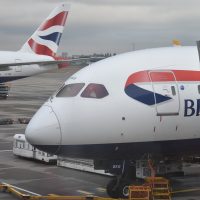 On Friday I’ll be flying to Tokyo again, so I thought it was high time that I finished writing up my previous trip, so welcome to another Brian’s Travel Spot, this time covering my return from Tokyo. On my flight out, I travelled a new route and new airline for me, flying with Finnair from Manchester via Helsinki and on to Tokyo’s Narita airport. However, for my return, I was back in more familiar territory, flying with British Airways from Narita to Heathrow, with a short hop after that to Manchester.
On Friday I’ll be flying to Tokyo again, so I thought it was high time that I finished writing up my previous trip, so welcome to another Brian’s Travel Spot, this time covering my return from Tokyo. On my flight out, I travelled a new route and new airline for me, flying with Finnair from Manchester via Helsinki and on to Tokyo’s Narita airport. However, for my return, I was back in more familiar territory, flying with British Airways from Narita to Heathrow, with a short hop after that to Manchester.
This is the fourth time I’ve flown from Tokyo with British Airways and the third time I’ve done it from Narita (my other flight, in July last year, was from Haneda, Tokyo’s second airport). It’s also the third time that I’ve flown Club World (business class to you and me), although the first time I went to Tokyo, in April 2017, I was in World Traveller (economy to you and me).
The first step, as ever, is getting to the airport, taking the Keisei Skyliner. For the first time, I’ve covered this in its own post, so we’ll start at the airport.
You can see how I got on after the gallery.
The Keisei Skyliner got me to the airport just after midday, leaving me plenty of time to catch my flight, which left at 13:55. It took me under 20 minutes from stepping off the train to arriving in the lounge, and that included five minutes popping down to the post office on the arrivals level to dispatch my last two postcards. Of course, it helps that I was flying Club World, so could use the Fast Track lanes through security, but even so, this was exceptionally quick. There’s a real danger that if I have many more experiences like this one, I’m going to get complacent at airports, turn up an hour before my flight is due to leave, and, one day, miss a flight!
The Skyliner arrives on level B1, from where International Departures is clearly sign-posted, up four sets of escalators. The British Airways check-in desks are almost opposite the entrance on level 3 and since there were hardly any queues and none at Club World, I walked straight up, checked in, and dropped off my rucksack (no taking it to a separate bag-drop area).
Similarly, I had the Fast Track security lane to myself, which was a very novel experience. A bit like the Virgin Upper Class area in Heathrow Terminal 3, this is an entirely separate facility and, being the only passenger there, I could unpack and repack my belongings at my leisure. Once through security, there was just passport control to go, which was a similar breeze, with a fully automated gate (unlike the manned “automated gate” on the way in) reading my passport and sending me on my way in seconds.
Flying with British Airways gets you access to JAL lounges. The last time I flew from Narita, I visited the JAL main lounge, but since then I’ve achieved Gold Status (a reward you get for flying far too much in any given year) and am slowly getting used to the idea that this means I can use the first class lounge instead. If I read the signs correctly, the regular JAL first class lounge was being refurbished, replaced by a temporary lounge the floor above which was, in all honesty, gorgeous.
Shaped like a lower-case ‘b’, the bottom part was mostly given over to dining areas, with lounge seating in the top stroke of the ‘b’. Like many places in Japan, mobile phone use is discouraged (an excellent policy if you ask me), with individual booths available if you want to make a call, all very civilised. There’s also free Wifi and plentiful power outlets.
The lounge has a sushi bar on one side and a more conventional counter service on the other side. However, rather than having food out under heaters, everything is made to order, including ramen. My only complaint is that there were very few vegetarian options. There’s also a drinks area to the left of the main counter, where you can get snacks, including cheese and biscuits, plus pastries.
I really wanted to try the sushi bar, but it closed at 12:30 (re-opening at 15:30) and I missed it by one minute! And, this being Japan, that made all the difference. Since I’d had breakfast at 08:30 and wouldn’t be fed for another few hours on the plane, I had a salad, then broke out my trusty travelling coffee kit. By the time I’d finished, I needed to be on my way.
You can see how I got on after the gallery.
The flight was shown as on time, with boarding scheduled for 13:15, so at 13:25 I wandered over to the departure board to check and discovered it was showing as boarding. Packing up my things, I went down to the gate, which was less than a five-minute walk. On the way, the last call for the flight came over the airport tannoy and, by the time I got to the gate, which seemed fairly spacious, it was completely empty, part from about six staff, so I walked straight on. There were two airbridges attached to the plane, although the one at the front wasn’t in use (I’m guessing it had already been detached by the time I boarded). Instead I was directed to the one at the back, where there was a small queue.
I was flying on a Boeing 787-900, an aircraft which I’m starting to get very used to, particularly those in the British Airways fleet. There’s a small first-class section in the front, just behind the galley and cockpit, followed by an equally small Club World section, with just two rows of seats. Then comes the main galley, where I boarded, followed by another, slightly larger, Club World section. After that it’s Premium Economy and Economy.
I was in Seat 7A, on the left in the second (ie last) row in the first Club World section, which, I have to say, is my favourite seat on British Airway’s Boeing 787-900s. I was at my seat by 13:35 and, by 13:40, the remaining airbridge was detached (turned out, I was the second-to-last person to board). We the usual pre-flight announcements, including the all-important one, the estimated flight duration (at 11 hours and 20 minutes, it’s one of the longest flights that I regularly take). Taking time differences into account, that would have us landing at Heathrow at 17:50.
We pushed back at 13:55, bang on time, spent the usual five minutes on the tarmac while we had the safety video and then, at 14:00, we began to taxi. This took us along the full length of a runway, with planes landing as we went past. There was a detour around some construction, which gave me a look at the long queue of other aircraft taxiing behind us. Then, at the end of the runway, we kept on going, reaching a large apron area at the far end of the airport. At this point (14:10), the pilot made the seats for take-off announcement, but we kept taxiing, made a 90° turn and finally coming to rest by a Japan Airlines’ hangar near the end of our runway. I think that must have been the longest taxi ride (in a plane) that I’ve experienced! We were going for just under 20 minutes with no stops along the way.
We sat by the hanger for about five minutes, before setting off again, making a final, short taxi onto our runway and then we were off!
You can see how the flight went after the gallery.
We took off at 14:25, going straight into the low-hanging cloud, which we cleared within a minute, flying above one layer and below another. Although we’d taken off heading north, we immediately turned right in what was a massive 360° loop which I can only assume was to allow us to gain height (perhaps to avoid turbulence) before heading north.
I’m now very used to the routine of British Airways long-haul flights, with service that is much more relaxed than the short-haul hops, where everything is rushed. The seat belt signs came off at 14:35, just 10 minutes into the flight, and the cabin crew came around with drinks and nuts 15 minutes after that. They were back after another 15 minutes (at 15:15) to take the food orders, which made me really glad that I’d eaten lunch in the lounge, particularly since I was sitting right next to the main galley, so could smell everything being cooked!
Although I had a vegetarian meal pre-ordered, the cabin crew were happy to let me order off the main menu, with the understandable proviso that if they ran out of my choice then I’d have to have my pre-ordered (vegan) meal, which was very reasonable of them. As it was, there wasn’t a problem, and I got my order, along with my original starter (cous-cous and mozzarella balls), which arrived just as we crossed over the Russian coast at 15:40, the start of around seven hours spend flying over Russia!
My starter, mushroom soup, was excellent, with a bread roll and side salad, while the main course, which arrived half an hour later, was pretty good too, a pasta bake with broccoli. The best part, however, was the pudding, where I was again given whatever I wanted from the menu. I selected an excellent, warm fruit tart with a gorgeous, shortcrust pastry case and topped with crème anglaise.
The meal was rounded off with port and cheese, which arrived at 17:15, making the whole meal a relaxed, 1½ hour affair. I was impressed with the port (which up to British Airways’ usual high standards), its sweetness going well with the cheese. I also had coffee, a very drinkable cup from Union hand-roasted.
You can see what I made of the cabin after the gallery.
The Club World cabin on British Airways’ Boeing 787-900 fleet is pretty standard, although rather than having a 2-4-2 seat configuration, the slightly narrower fuselage means that the seats are arranged 2-3-2 in each row. Also, Club World is split into two separate cabins, with a small section of just two rows of seats in front of the galley and a slightly larger section, with four rows in the second section behind the galley. If possible, I fly in the first section, just because it’s smaller, but I don’t mind flying in the rear section since both are pretty small. My favourite Club World cabin is still upstairs on the Boeing 747, by the way, where there are just four seats per row, two either side of the aisle, but I don’t get to fly on 747s very often (and, sadly, since they’ve since been withdrawn from service, I probably never will again).
Of all the business class layouts I’ve flown on, British Airways is my least favourite, although it’s still far better than flying in any of the economy classes. One of my issues is the lack of accessible storage space. In particular, there are no shelves to put things on, such as my phone or, when I’m sleeping, my glasses. Another is the seat layout, which means that if you want a window seat, you have to climb over the feet of the person in the row behind you in order to get in and out of your seat.
This is where the seats at the back of each section come in handy. Since there’s no next row, all you have to do is squeeze around behind the back of the seat next to you. Although not ideal, it’s far better than climbing over someone! In the usual cabin configuration, there are only two such seats (at the back of the cabin on the left and right) and they are in high demand (I’ve just booked a flight to China for five months from now and both the seats have already been taken).
However, in the 787s, because the cabin is split into two sections, there are four such seats, two at the back of each section, doubling my chances of getting one. As it was, I’d also booked this flight well in advance and was able to secure 7A, the window seat on the left at the rear of the first section.
I’ve written a lot about British Airways’ Club World cabins in previous posts, so I won’t say too much about this one (one day, I hope to collect them all together in a handy cabin guide). For now, I’ll just talk about the window blinds, something I’ve not really touched on before. Whereas older aircraft have simple blinds that slide down, the modern Boeings have electronically controlled windows, with five settings. This allows you have various degrees of tint, from completely transparent to blackout.
These, naturally, have their pros and cons, which you can read about after the gallery.
The big advantage of the electronic blinds is the degree of control they offer. With simple blinds, they’re really only up or down. Pulling the blind halfway down rarely offers much benefit. A good example of where this is helpful was when I was trying to work on my laptop as we flew over the Sea of Japan. We were above the cloud and it was beautifully sunny outside, with the sun on my side of the plane. With an old-fashioned blind, I’d have had to pull it completely down to stand any chance of seeing my laptop screen, but with the electronic blind, I set it to 50% and it was perfect, cutting out the glare.
The windows, by the way, have a blue tint on them when they are partially shaded, which explains why some of my photos have a strange blue hue to them. My one (minor) complaint is that the windows are slow to react, which can be frustrating. Often, all I want is the ability to briefly pull the blind down so I can get a decent picture of the map on the screen without any glare, then pull it up again. With the electronic blind this simple procedure takes ages, although I do appreciate that I’m probably the only person on the plane with that particular need!
The big disadvantage of electronically-controlled windows is, perversely, a lack of control. The crew, you see, can override the at-seat controls, locking the windows in whatever position they choose. I’ve written before about daytime and night-time flights. When I’m flying during the day, I like to stay awake and work on the laptop, which is hard to do when the cabin is plunged into darkness. I really don’t understand this desire to be in complete darkness when its’s full daylight outside.
On this occasion, the crew dimmed the cabin lights at 17:45, not long after the dinner service was over and started dimming the windows too. This was frustrating, since I was trying to work, and I find that the low light levels, combined with the harsh nature of the individual reading light for the seat, gives me eye strain. I struggled on for a few hours, getting up for regular walks, when at around 21:00, the main cabin lights were turned off completely and the windows went to full blackout, plunging the cabin into darkness. This was now doubly frustrating since it robbed me of my view as well!
I struggled along for half an hour, trying to work, by the increasing eye strain got the better of me, so I talked to the cabin crew who took pity on me and put the windows back to 75%, which made all the difference. It’s so much nicer having a little bit of daylight rather than sitting in the dark. Unfortunately, as the sun slowly dipped in the western horizon, the cabin gradually got darker again. I gave up again at 22:15 and took another walk to the back of the plane, which was in compete darkness. Paradoxically this cheered me up since I realised I wasn’t so badly off in my semi-darkness.
As the light levels fell further, the cabin crew set the windows to 50% to compensate, but this led to complaints from other passengers, who wanted their blinds fully closed, so in the end, the cabin crew decided to unlock the windows (by far the most sensible decision under the circumstances) so I was able to control my own blinds as the light levels dropped outside without flooding the cabin with light, while those who wanted their blinds fully closed could do so.
To me, however, the perfect solution, since there are two Club World cabins, would be to have one as a daylight cabin, where the windows are left open, with the other as a night-time cabin, where the windows are closed. Then people could choose which one to be in when they booked their flights.
You can read more about the flight after the gallery.
Other than the issues with the cabin lighting, the flight back was relatively uneventful one. Since it was a daytime flight (despite the cabin blackout) the crew come around on a regular basis, offering drinks, snacks, etc, to keep us going. I had another Union hand-roasted coffee, which was okay, but felt a little thinner and wasn’t quite as good as the first. I took several wanders around the plane (which was very full, with almost every seat taken), plus I had a little nap, but most of the time I was either looking out of the window (when able to!) or working on the laptop.
We had one short bit of turbulence (typically, it was halfway through the flight, just as I was about to get up for a walk!) but other than that, it was very smooth, perhaps because we spent a large part of the flight cruising at 40,000 ft (12,192 m). Perhaps I’ve not been paying attention, but I don’t remember cruising this high before!
We finally left Russian airspace around 22:45, with just three hours to go. It also means that my estimate of a seven-hour flight time over Russia was spot on. We crossed the coast of Finland and flew out over the Baltic at 23:20, with 2½ hours of the flight left. I did note that I’d flown back with Finnair, I’d have already landed at Helsinki. I think, given the chance, I might do that route one day if I’m flying back to Manchester.
Perversely, it started to get brighter outside as flew across Finland and then Sweden. Not sure why that should be, but it was nice not to be sitting in the dark again. Although it was still very cloudy down below, I had occasional glimpses of Sweden, and, through bigger breaks in the cloud, plenty of lakes and woods as we got close to Norway.
By this time, it had really cleared up outside and I could see a long way, as far as Karlstad on the north coast of Lake Vänern. We flew just south of Oslo and along the southern coast of Norway. I imagine that the views from the other side of the plane were pretty good. In contrast, I had a good view across to the north coast of Denmark off in the distance.
You can see how we got on as we approached Heathrow after the gallery.
Supper arrived just after midnight (Tokyo time), as we crossed the Swedish coast. At this point I decided that I should switch the UK time, where it was 16:15, a much more civilised time to be awake and eating a meal! My starter (mozzarella balls and spinach) was excellent, followed by a main course of salmon, which was very good, and came with a generous helping of vegetables. Finally, I had one last cup of coffee, the meal being over by 16:50.
We crossed the North Sea at an altitude of around 10,000m, with the cloud thickening below and another layer above us. With about 50 minutes to go, we slowly started to descend, while making slight turns to the left, lining us up to come in parallel to the Suffolk Coast, before turning over the tip of Essex to make our final approach along the Thames.
At 17:15, with 30 minutes to go, we flew over a large bank of thick cloud, which pretty much wiped out any views as we flew over London. The pilot came on to say that since we were early (arrival time scheduled for 18:20) we were going into a short holding pattern, and should be landing just before 18:00, which, he believed, would still get us on stand ahead of schedule.
We did a large S-curve as we descended, but suddenly the pilot came on at 17:35 to say that our hold had been cancelled and we’d be landing in 12 minutes, which led to some rather fevered activity from the aircrew! The cabin crew were asked to take their seats for landing at 17:40, which is always a sign that landing is imminent, and we landed on the south runway at 17:45. There was a short taxi to Terminal 5 but since we were early, we were held just outside the terminal for ten minutes before reaching the gate at 18:07.
We got off the plane quickly enough and then, since I was fly on to Manchester to see my Dad, I followed the familiar route to the Terminal 5 transfer area, went straight through the automated passport control, then up to security, where Club World has its own fast track lane. Within 20 minutes, I was back in Terminal 5 departures and heading for the lounge.
You can see how I got on after the gallery.
Although I’d been through Terminal 5 many times before, this was the first time I’d done it with my new Gold Status, so I headed for the first class lounge, at the south end of the terminal, although I was only there for about 20 minutes, which wasn’t really long enough to get much of an impression. Indeed, the only thing that I came away with was the idea that there was a lot more alcohol available than in the other Terminal 5 lounges!
Of more interested is the attached spa, where you can get a free beauty treatment or massage (although I hadn’t realised that the spa is also available when flying long haul on Club World, so I could have been making use of it all this time). I had been hoping for a back or neck and shoulder massage, but these were all booked out. However, there was a free slot in the automated massage chair, so I took that. Although it only lasted 15 minutes, I found it really worked.
By then, it was almost time for my flight to board (19:45) so I went down to the gate, where I found a long queue in the Group 1 lane, far more than there were seats in the small Club Europe cabin on our Airbus A319! I waited until we started boarding, then joined the end of the queue.
We boarded quickly enough and I got to my seat 3C (aisle seat, third row back) without any delays. Fortunately it’s only a short flight to Manchester (35 minutes in the air with no delays) because even in Club Europe, there’s precious little leg room unless you’re in the first row (it’s the same at the back, where I always try to get an exit row seat).
The advantage I had when landing (a short taxi from the end of the runway to Terminal 5) turned into a disadvantage when taking off, since we had to taxi all the way to the far end of the runway for take-off, a process which took 20 minutes, including plenty of waiting in queues. Although I’ve flown this route a lot in the last two years, but I’m still impressed that the cabin crew manage to squeeze in a meal service for Club Europe in the short time allowed.
Much of the prep is done before take-off (you can smell the bread being warmed up as we taxi; the actual meal is always cold). Then, within five minutes of take-off, the cabin crew start the service. This one was particularly challenging, with 23 of the 24 Club World seats taken and by the time that the pilot had announced 10 minutes to landing, they were still handing out the last of the drinks. My meal, by the way, roasted peppers with couscous and a selection of cheeses, was really good.
We landed at 21:20 and were at the gate at 21:25 but then we had a 55-minute wait at the baggage carousel due to a fault with the hold doors on the plane, which meant they couldn’t get the bags out! At this point, I’d been up for almost 23 hours and was desperate to get to my Dad’s (another hour away) and get to sleep. In the grand scheme of things, it wasn’t much of a delay, but at the time, it was extremely frustrating!
Bags collected, I was finally on my way, getting to my bed just after midnight!
If you liked this post, please let me know by clicking the “Like” button. If you have a WordPress account and you don’t mind everyone knowing that you liked this post, you can use the “Like this” button right at the bottom instead. [bawlu_buttons]
Don’t forget that you can share this post with your friends using buttons below.

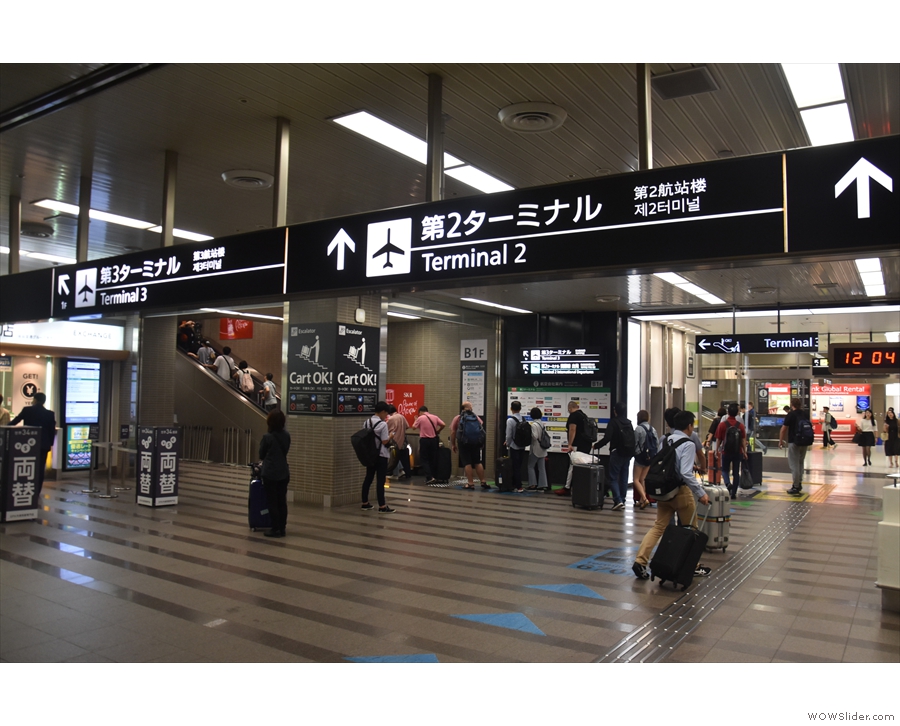
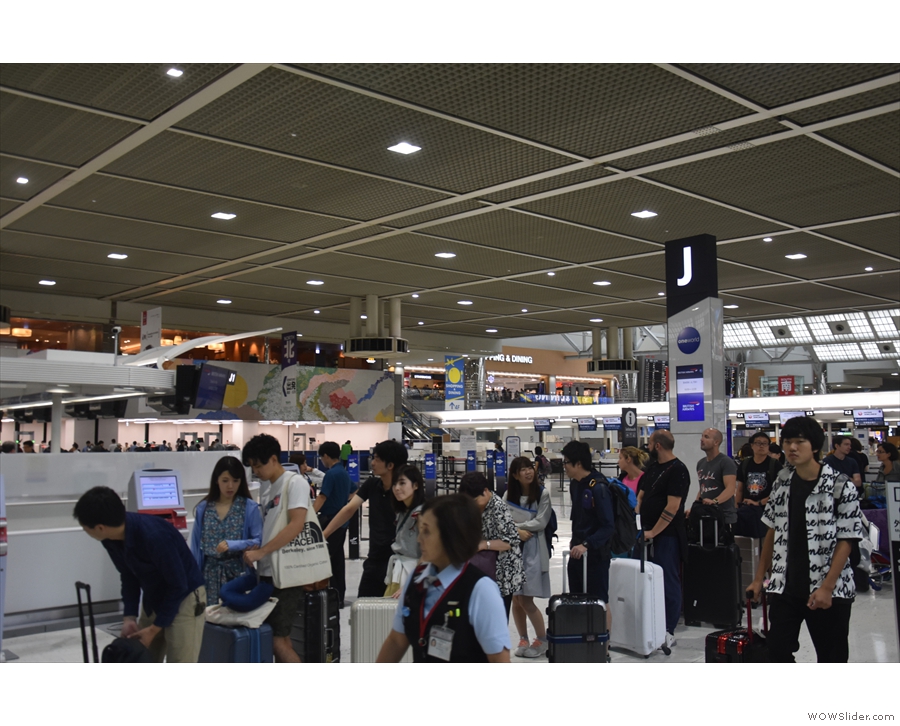
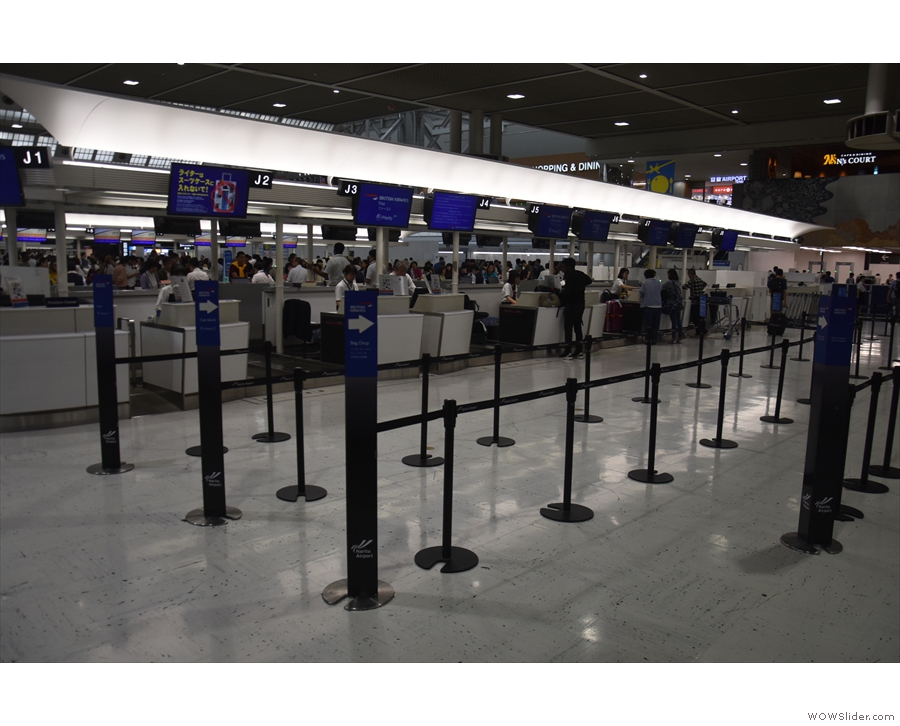
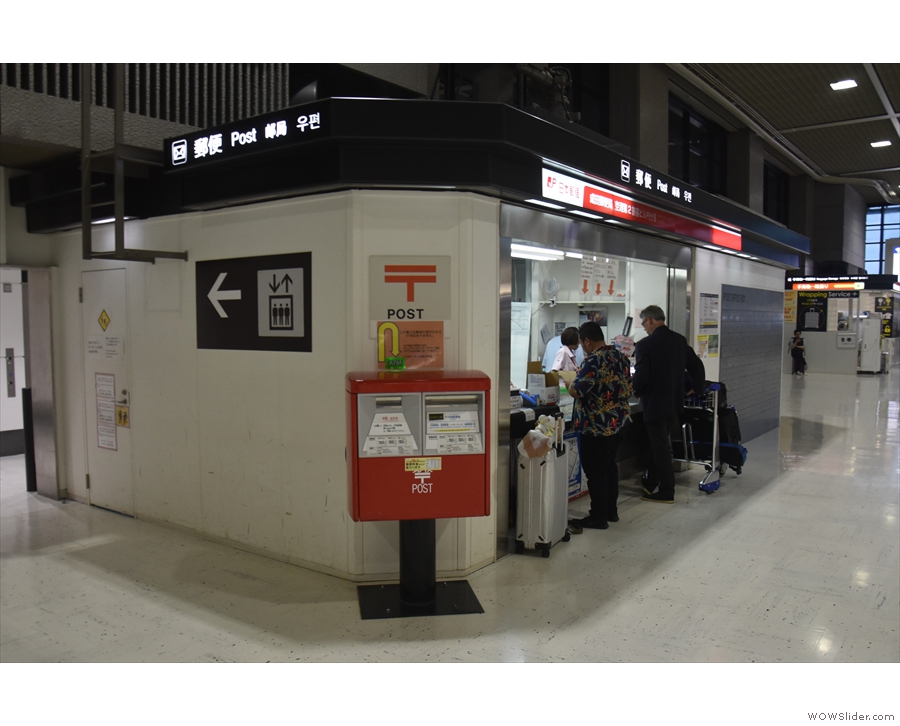
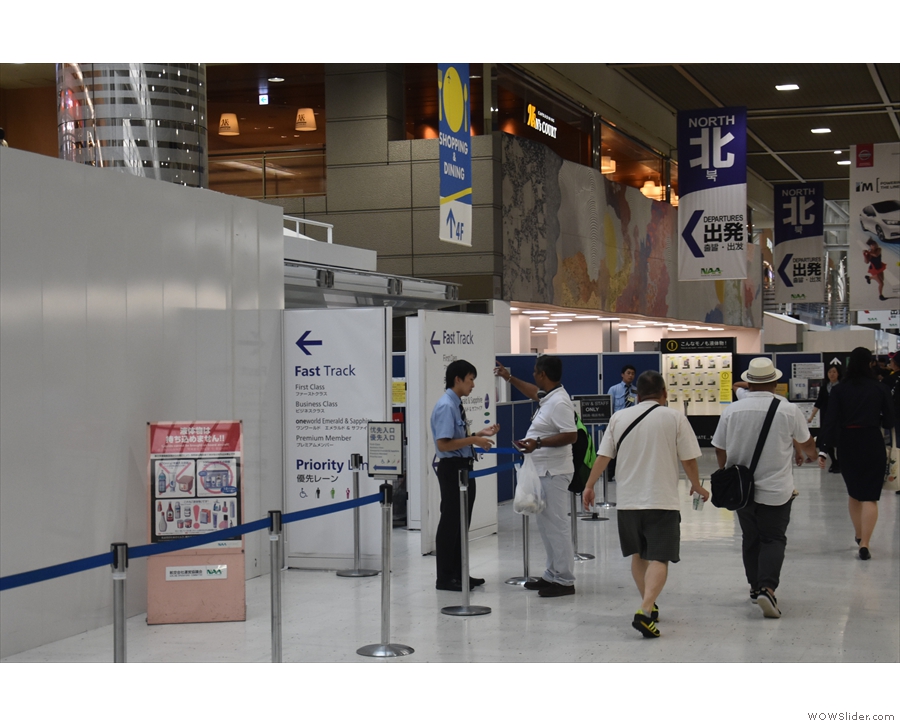
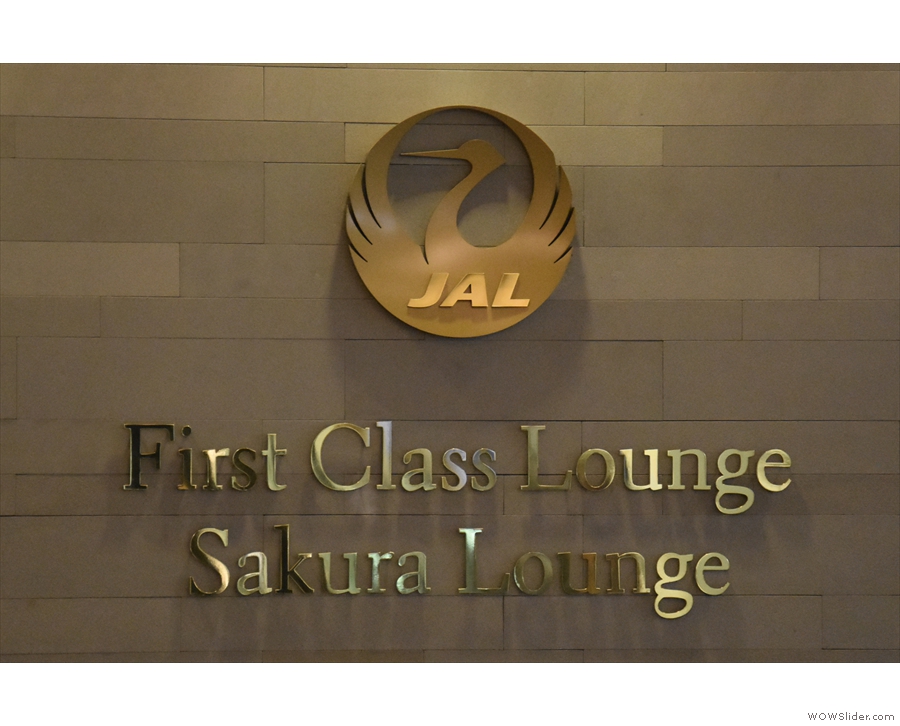
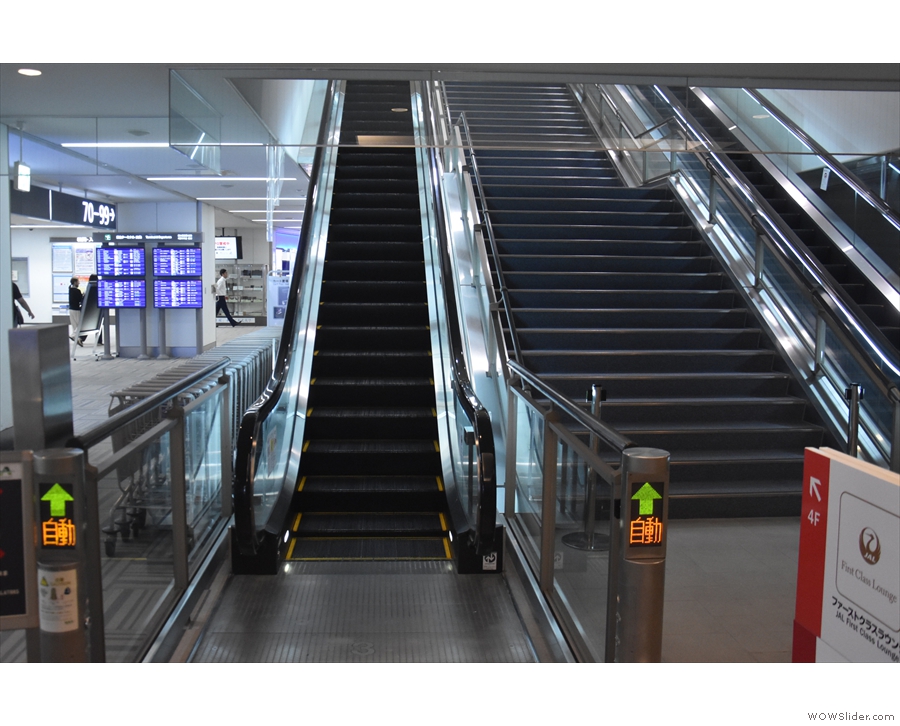
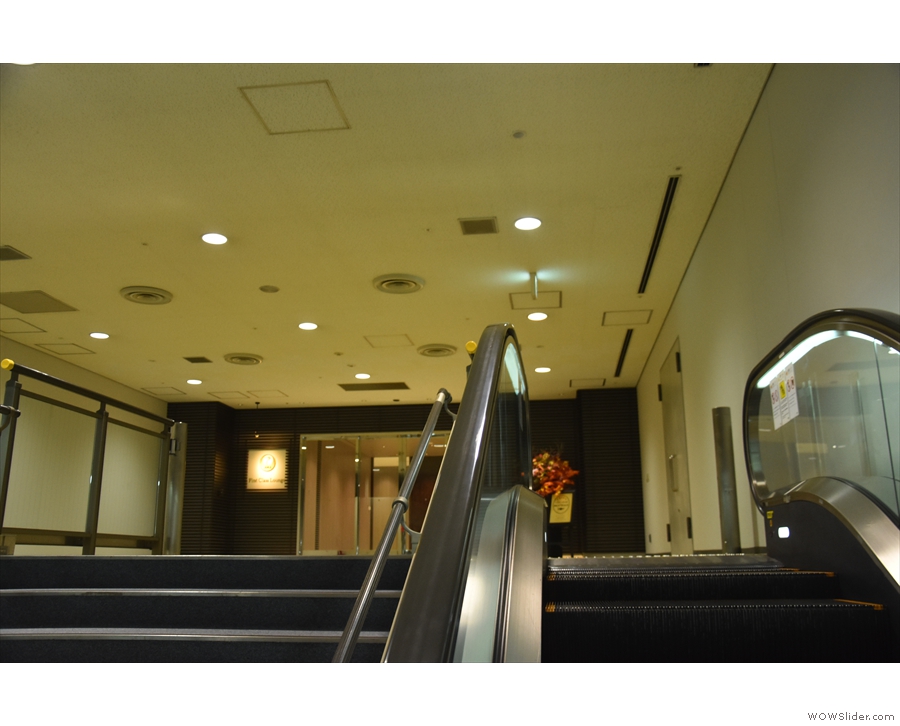
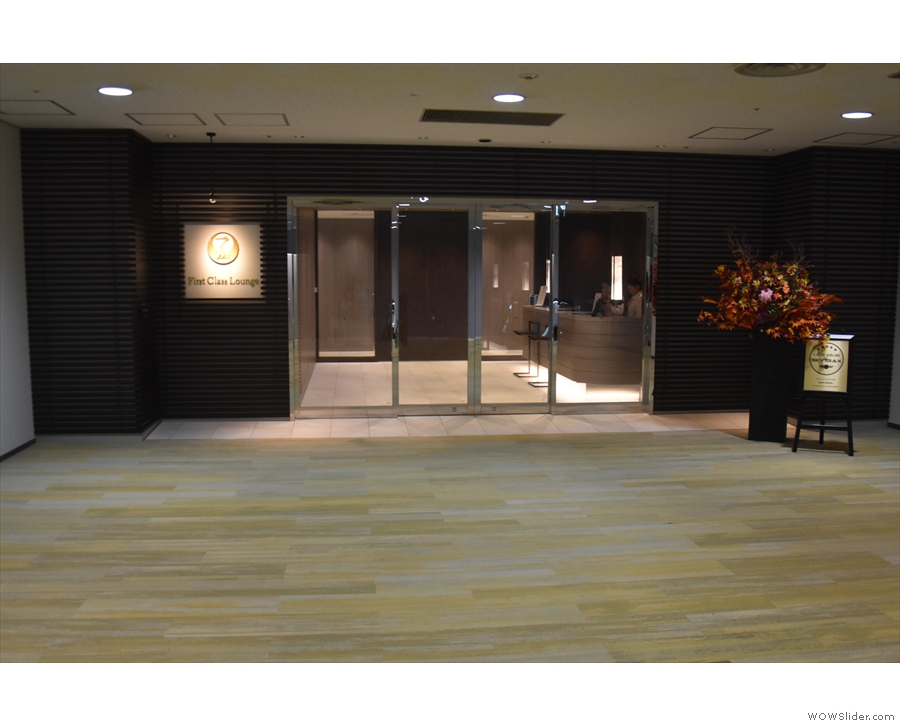
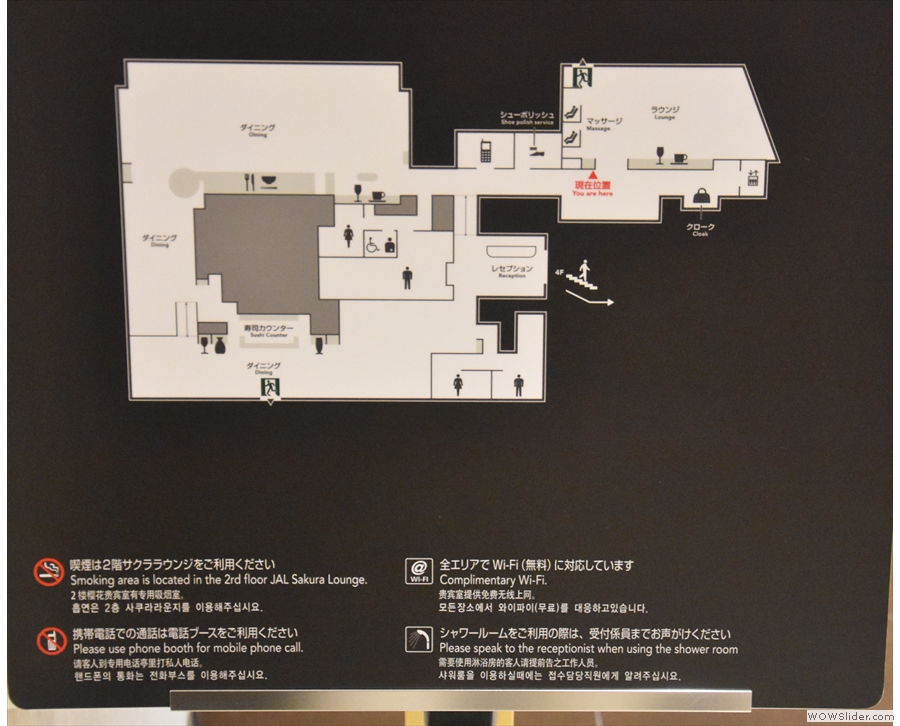
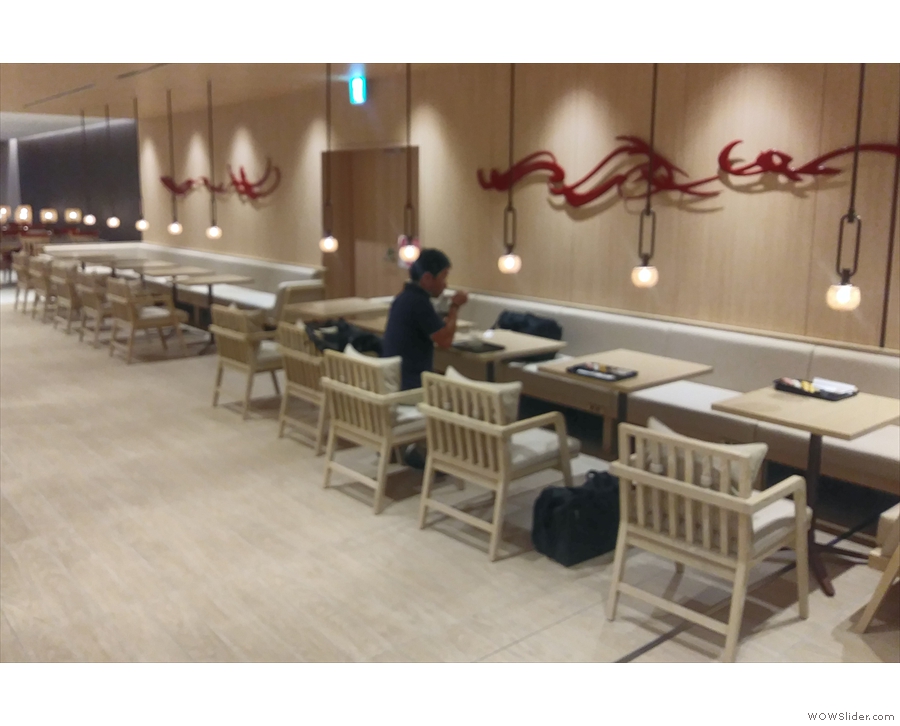
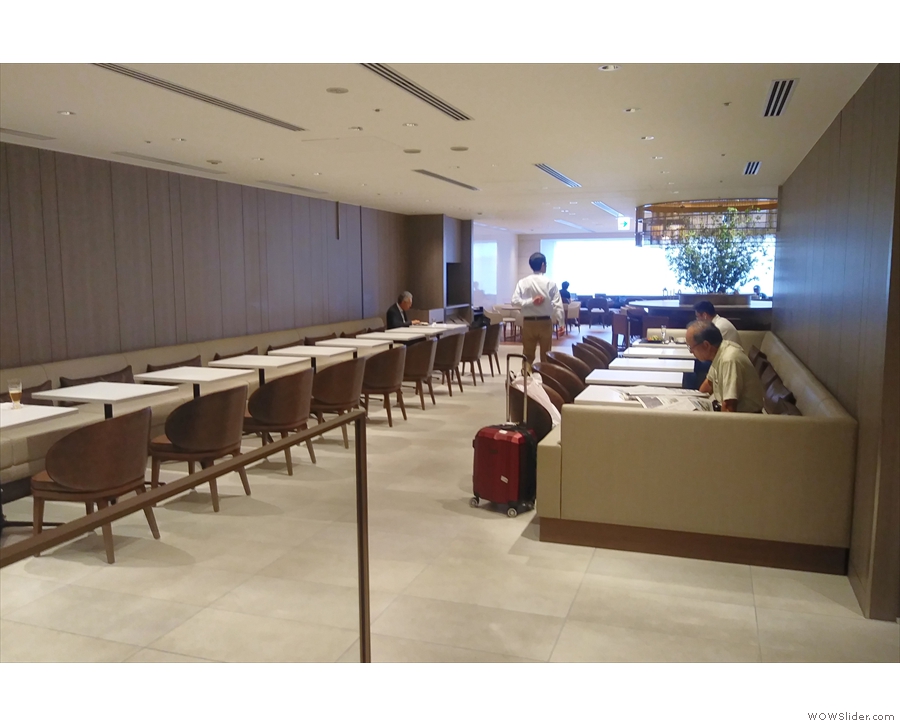
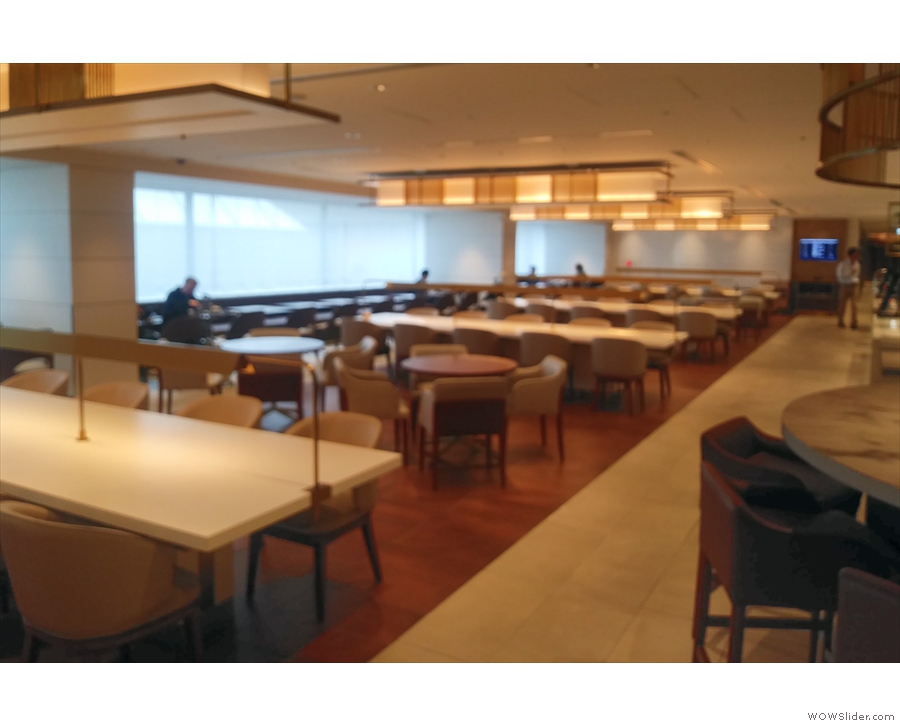
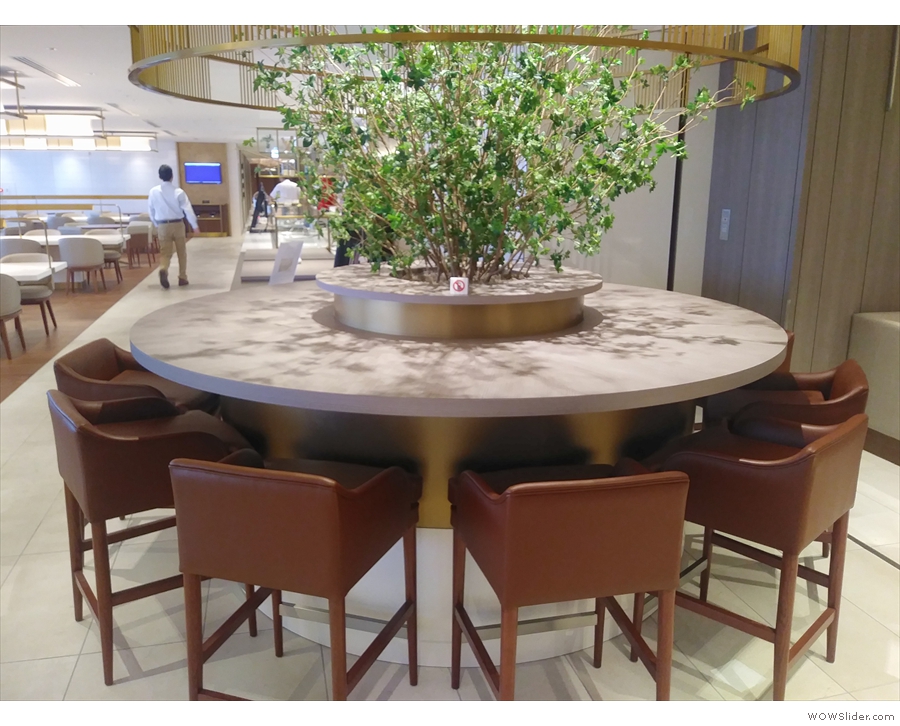
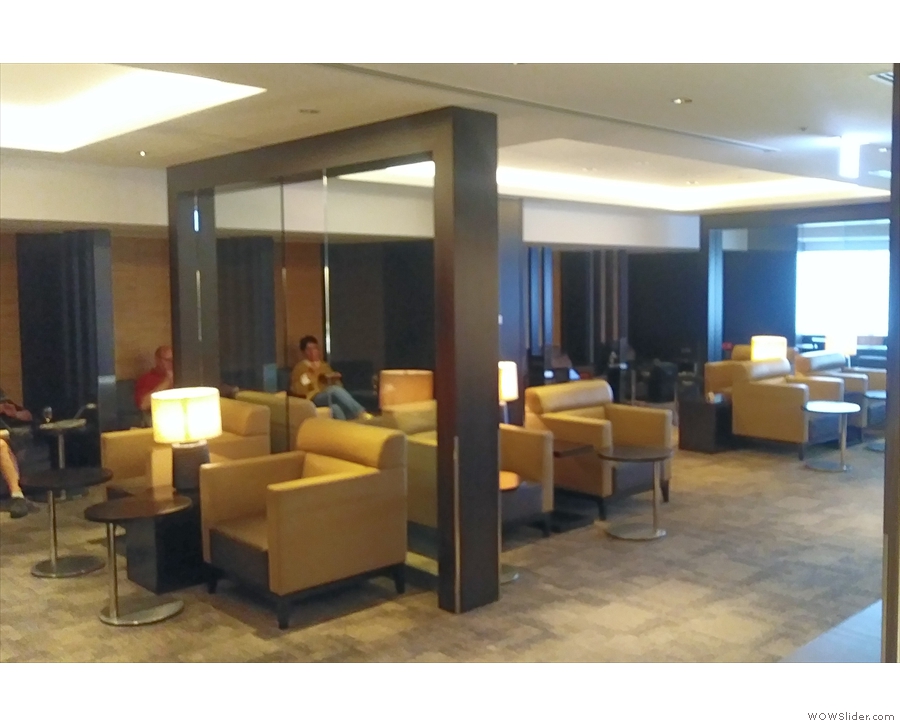
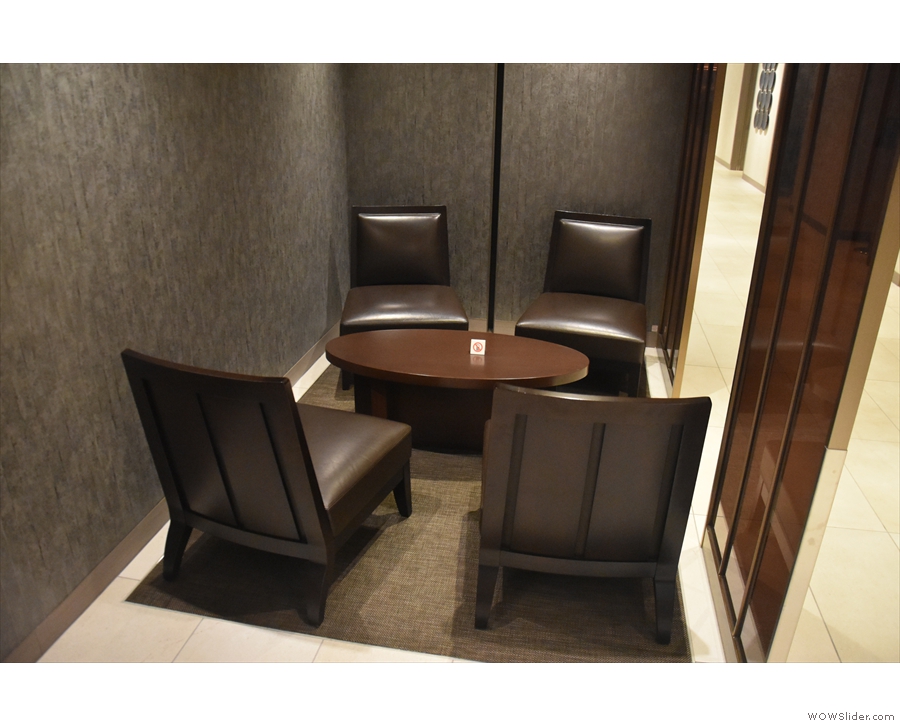
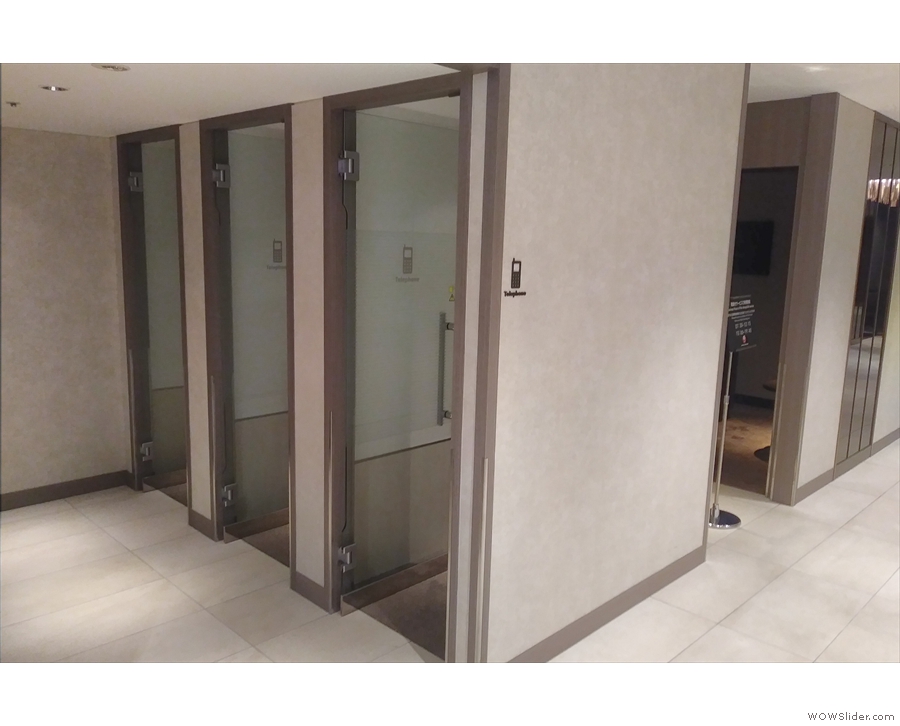
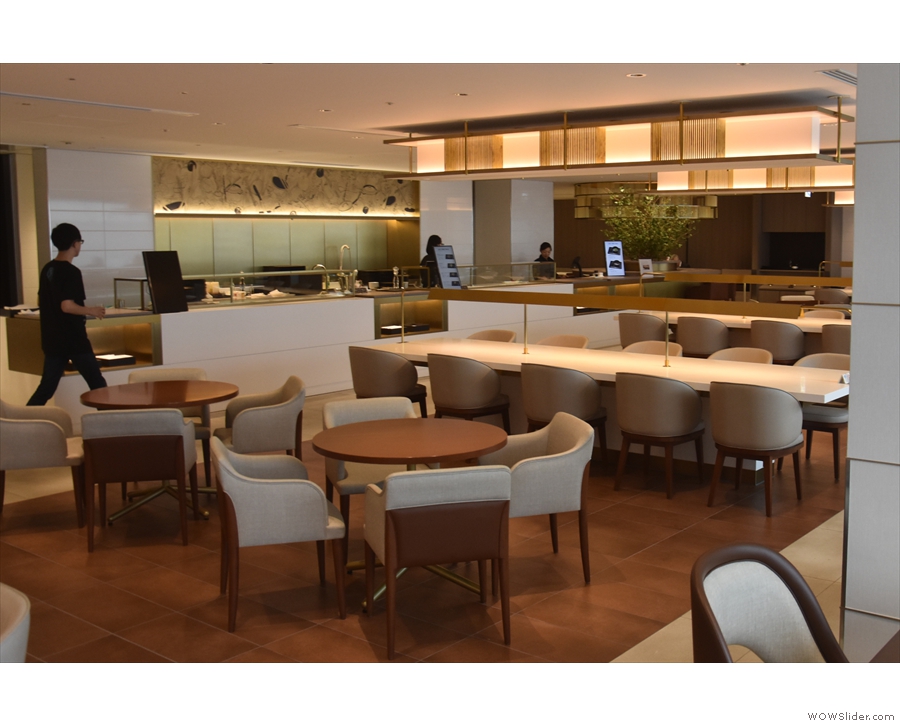
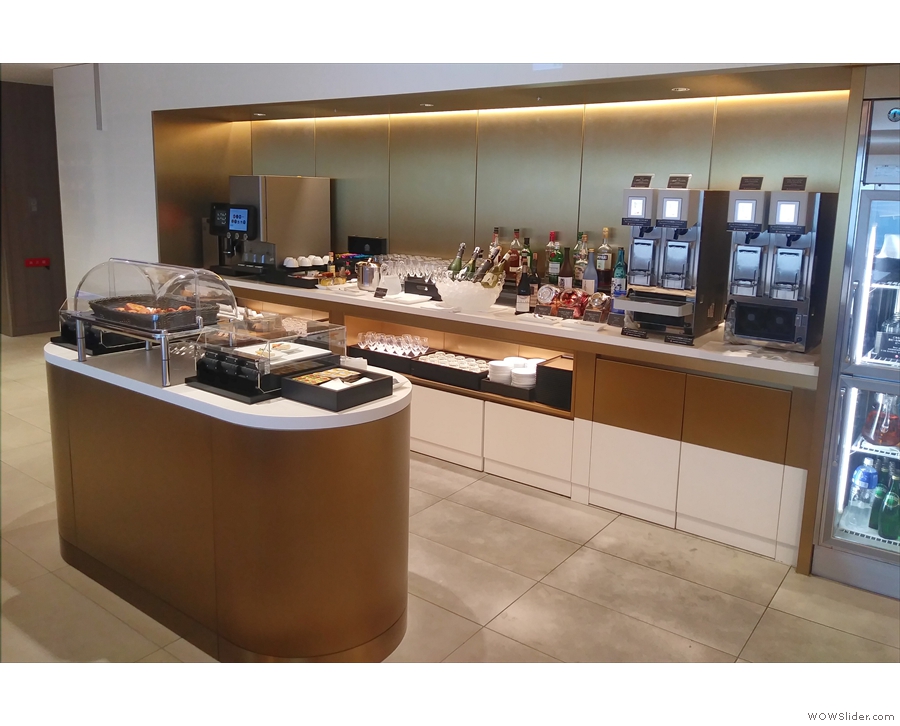
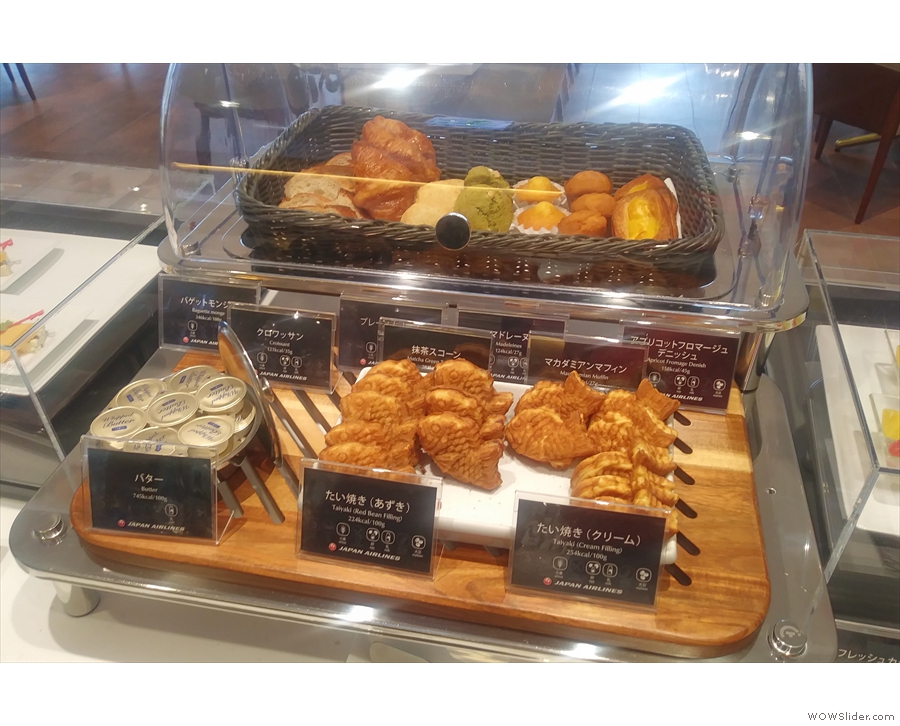
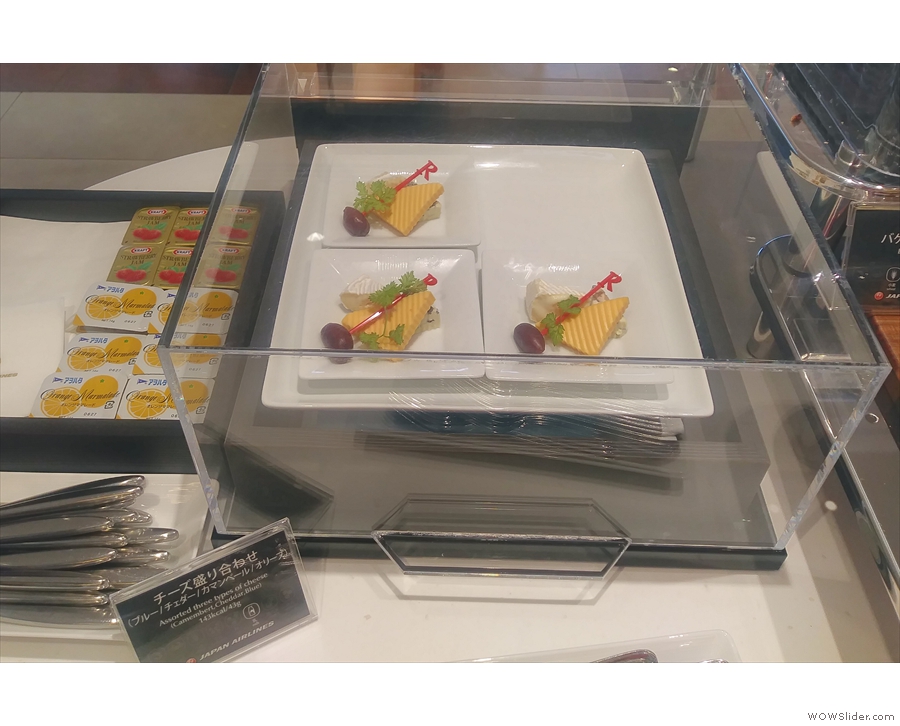
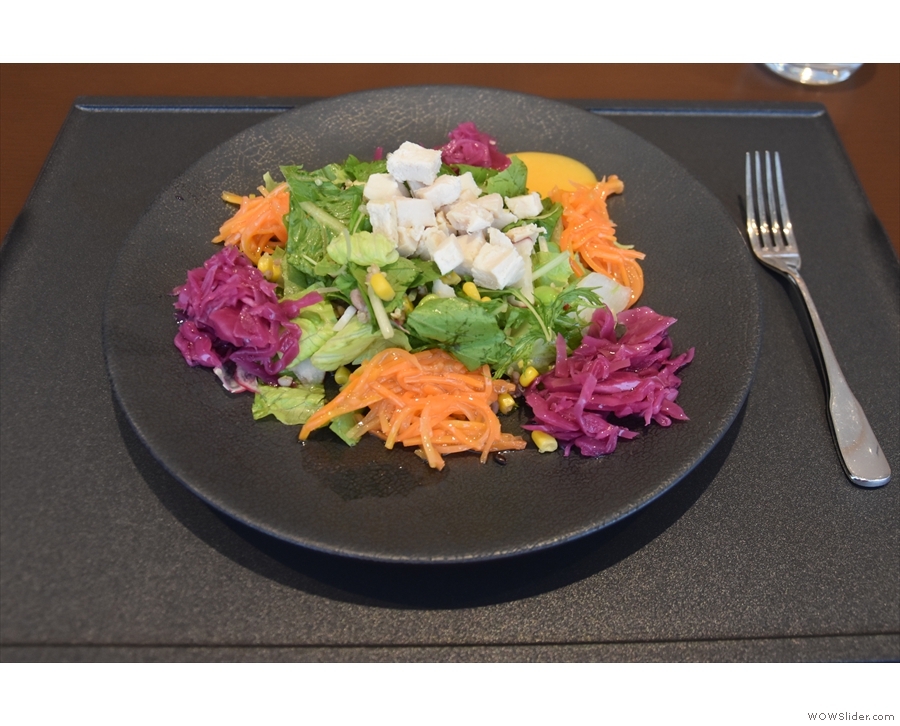
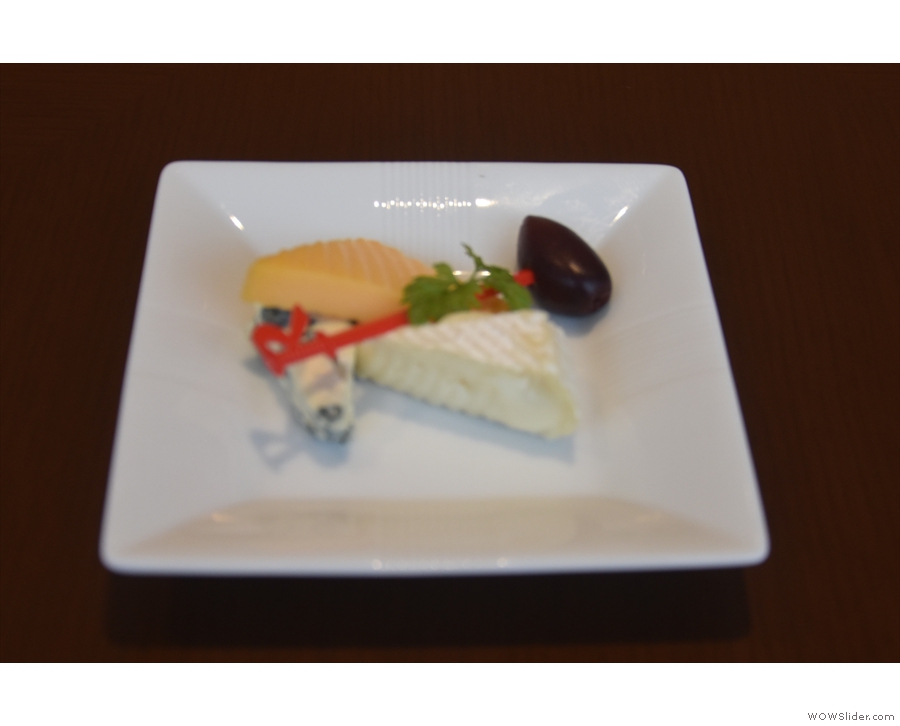
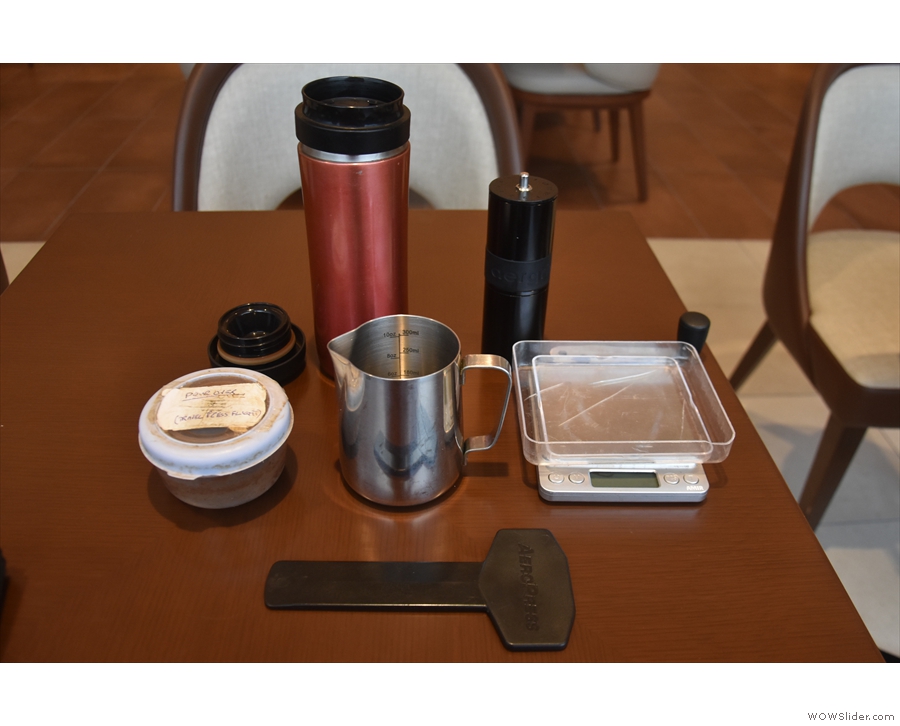
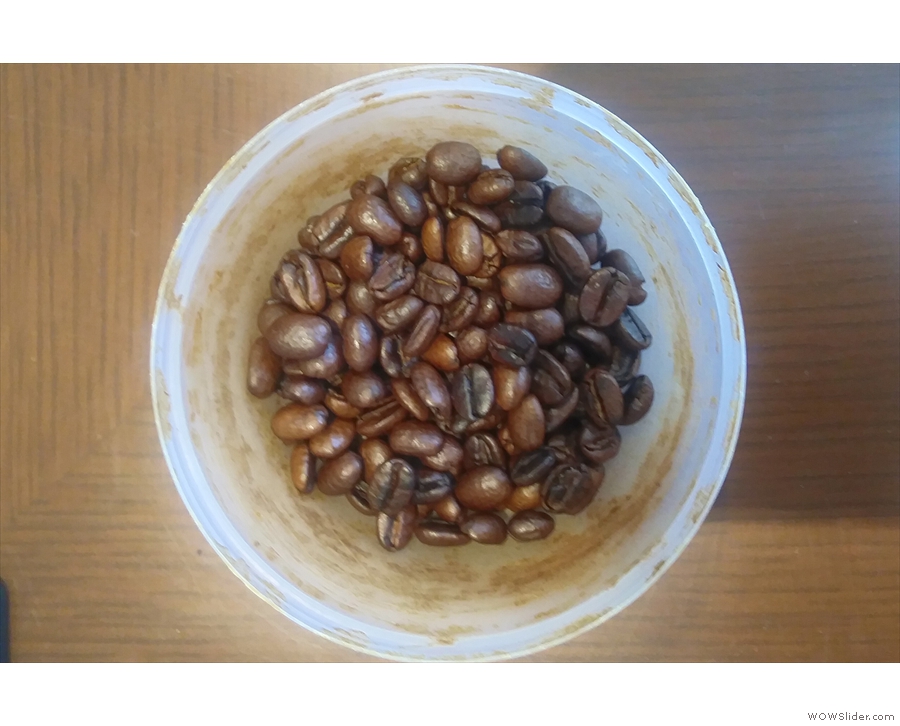
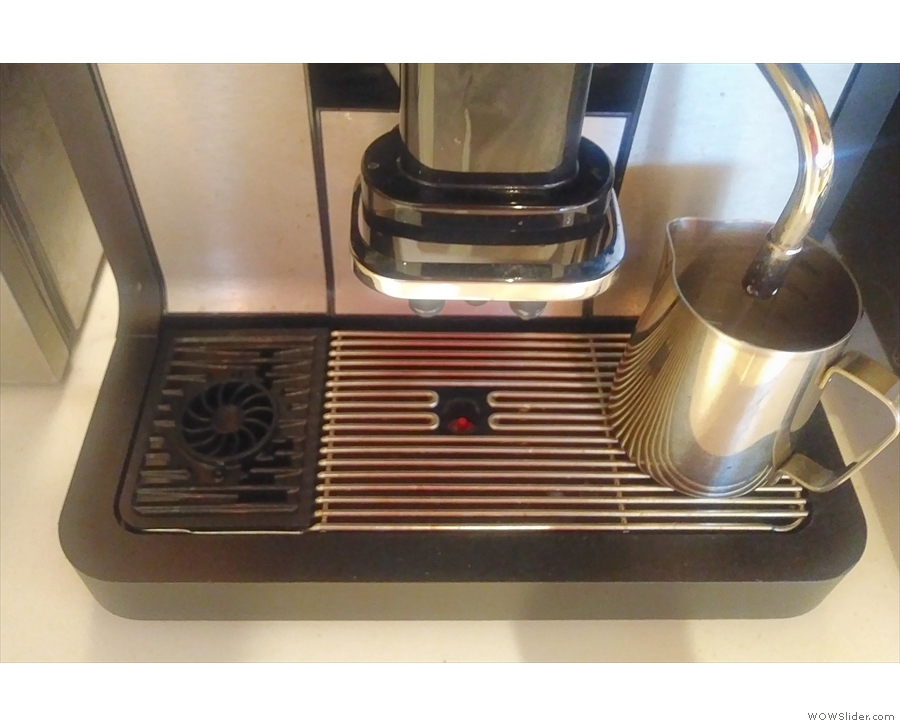
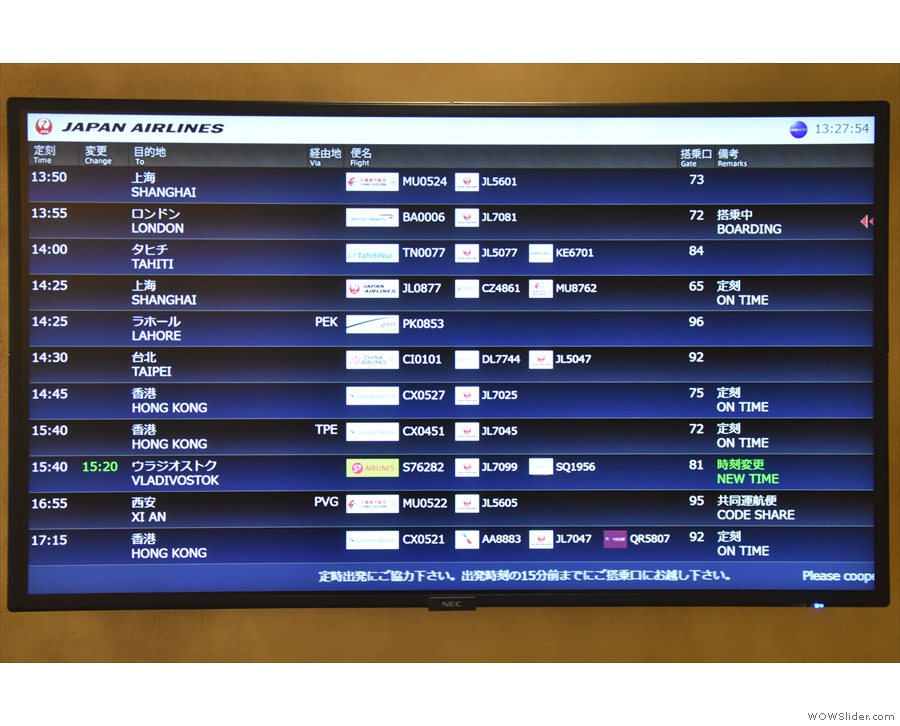
 1
1 2
2 3
3 4
4 5
5 6
6 7
7 8
8 9
9 10
10 11
11 12
12 13
13 14
14 15
15 16
16 17
17 18
18 19
19 20
20 21
21 22
22 23
23 24
24 25
25 26
26 27
27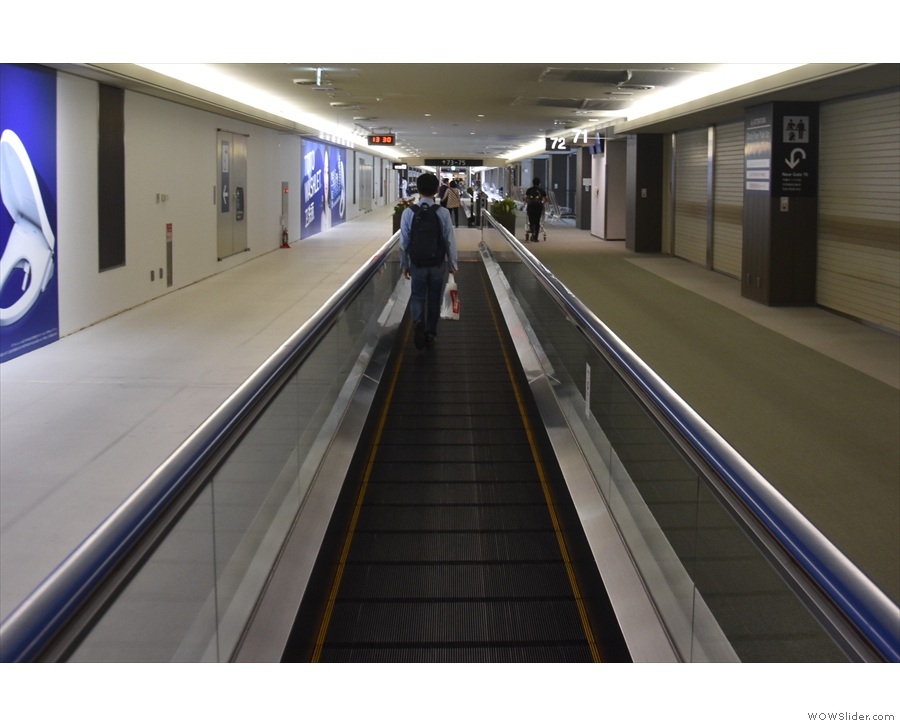
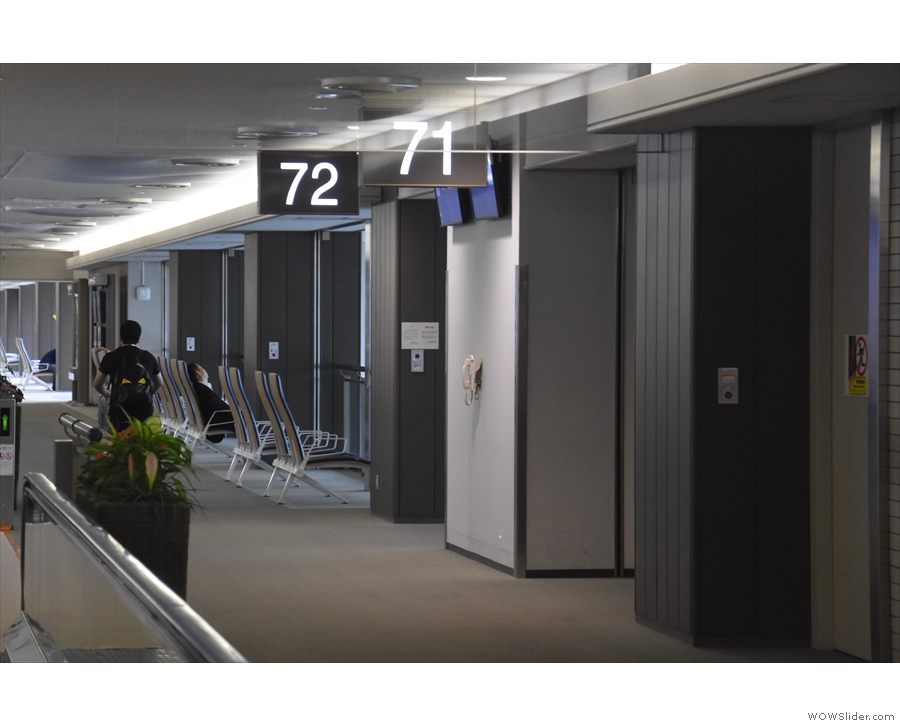
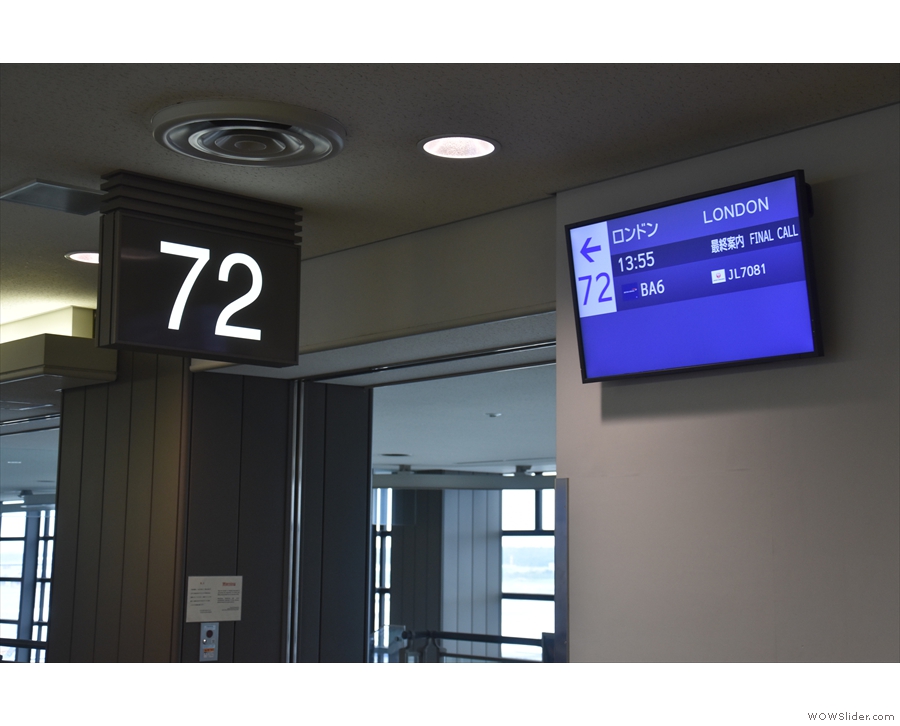
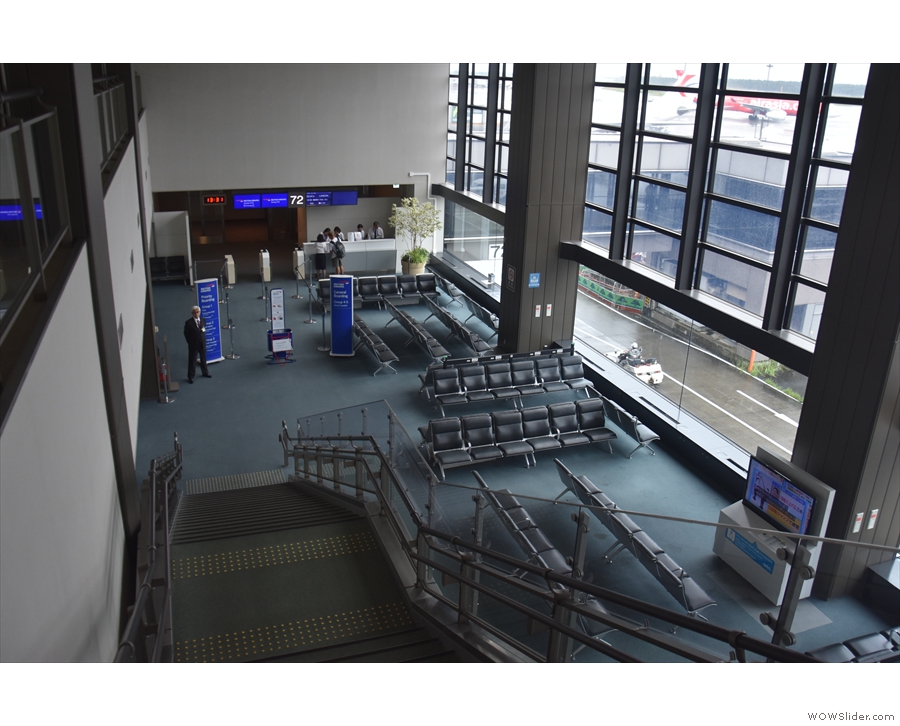
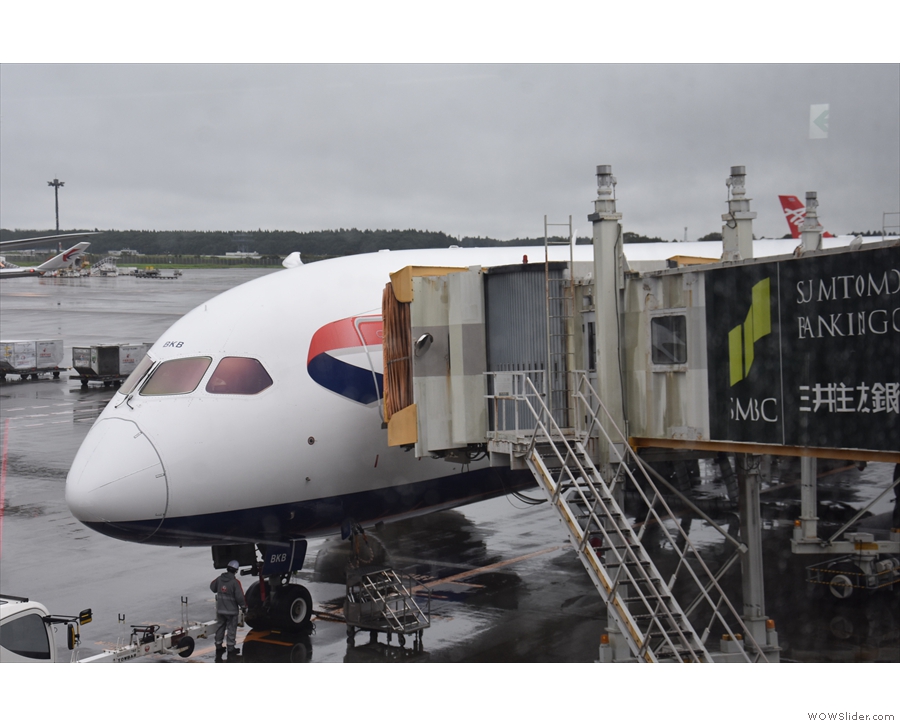
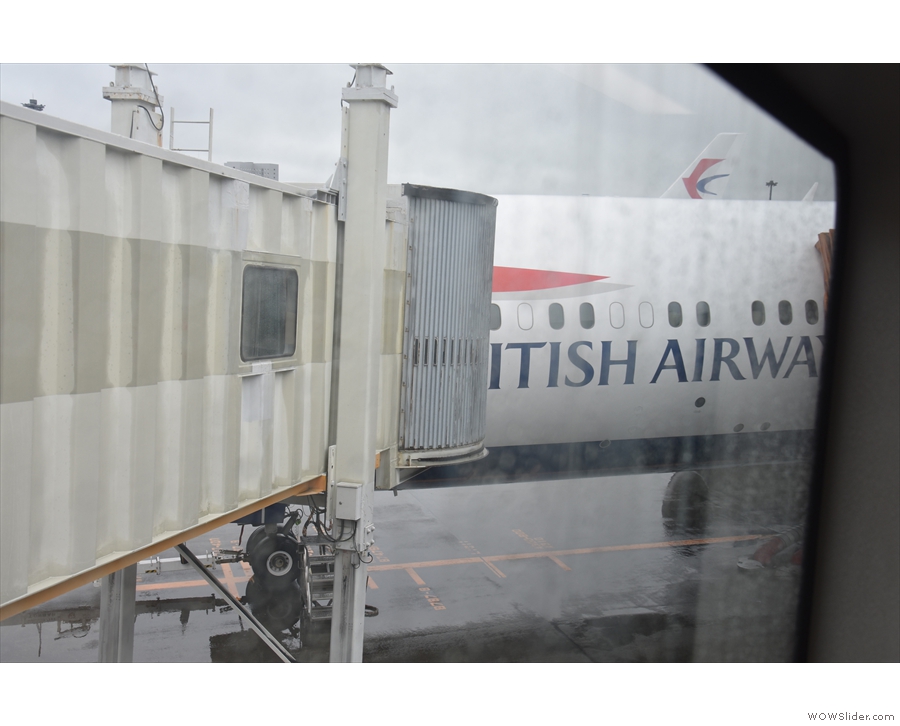
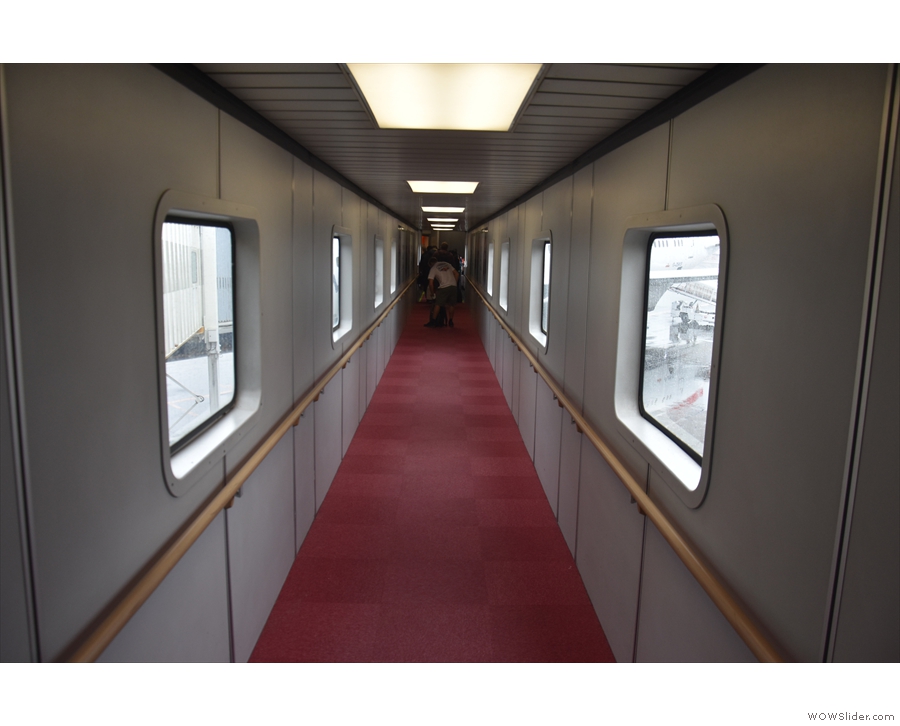
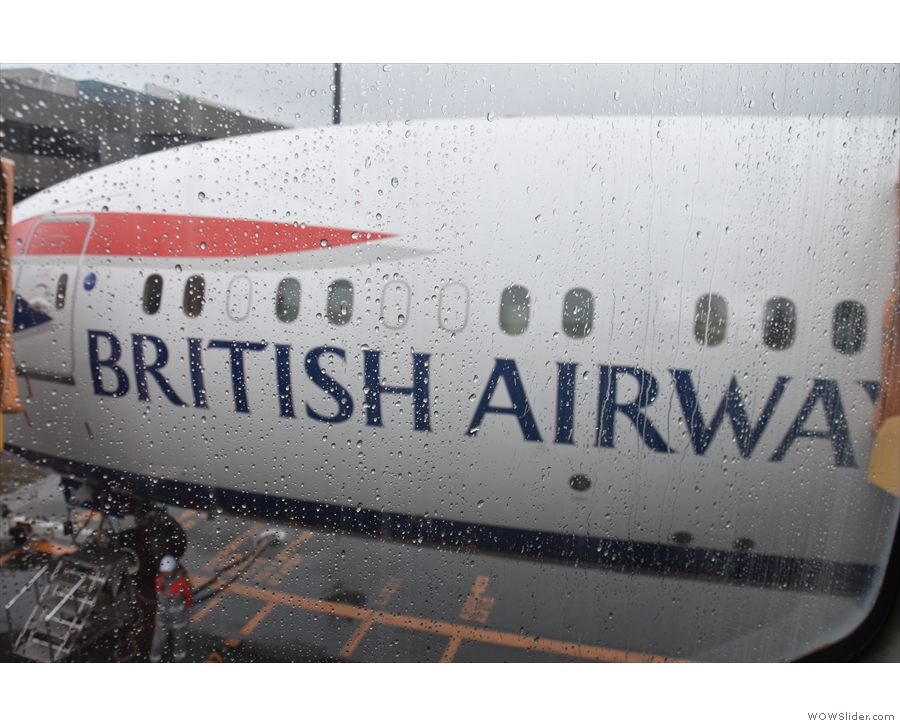
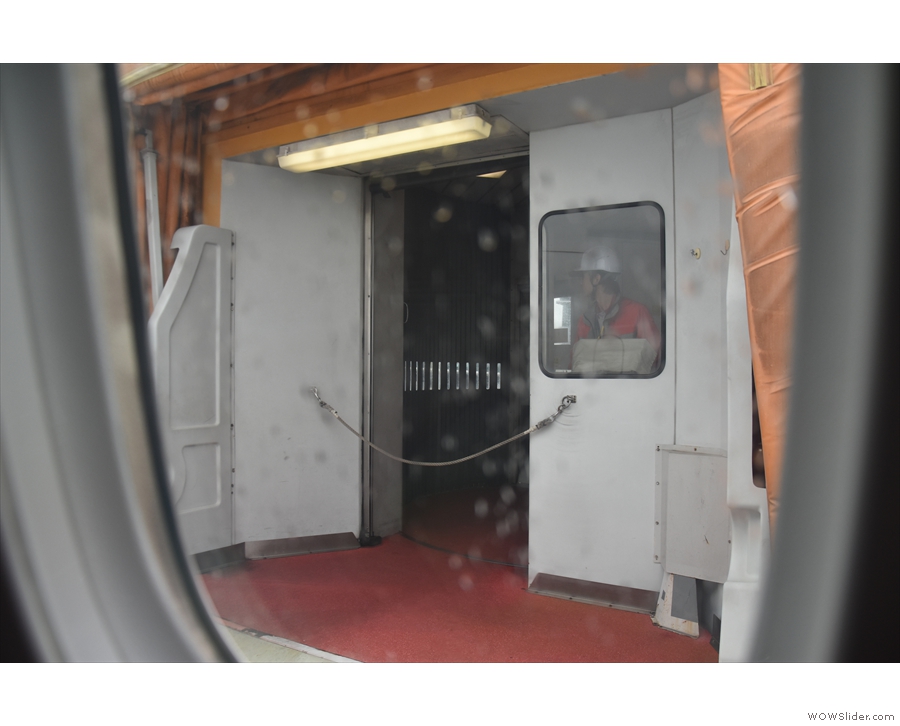
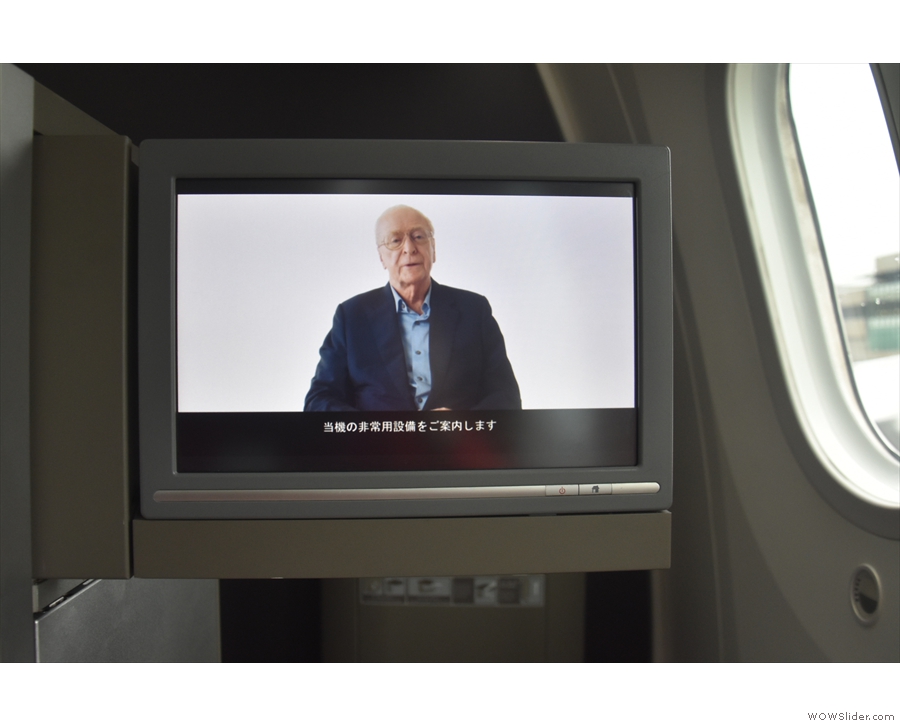
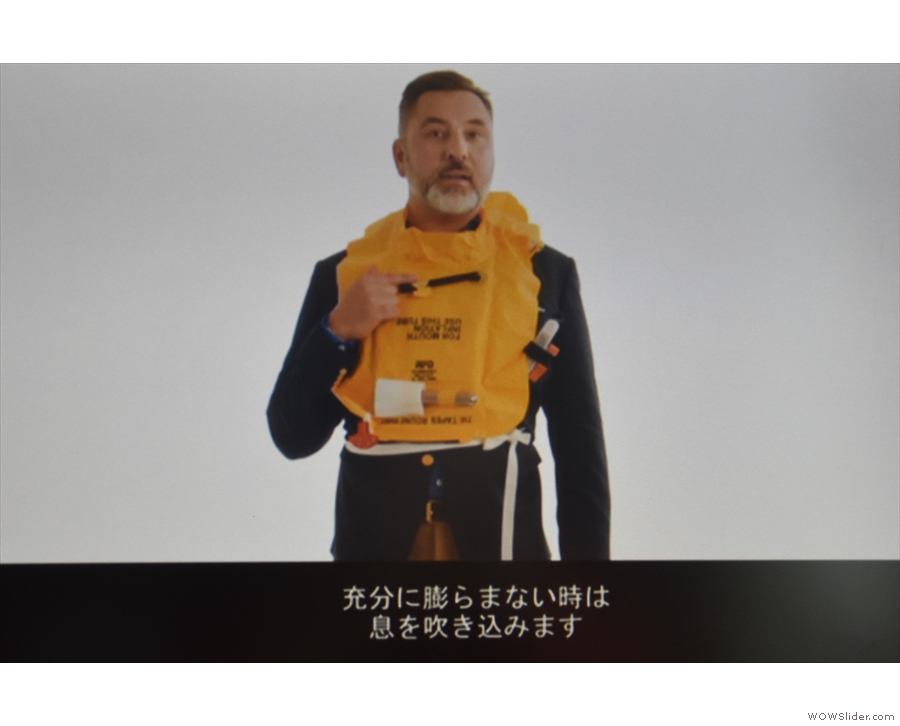
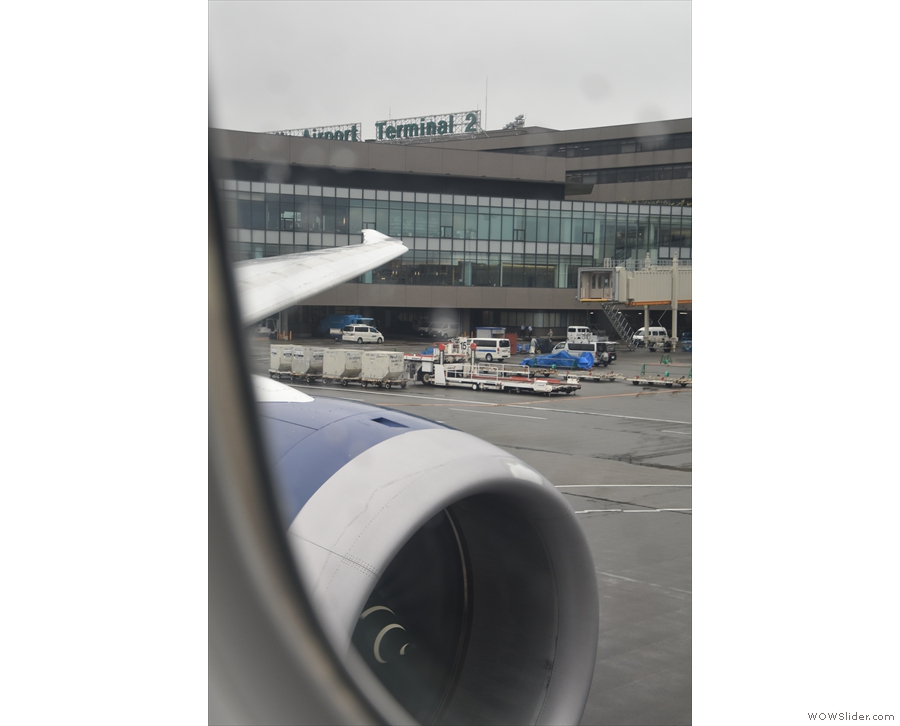
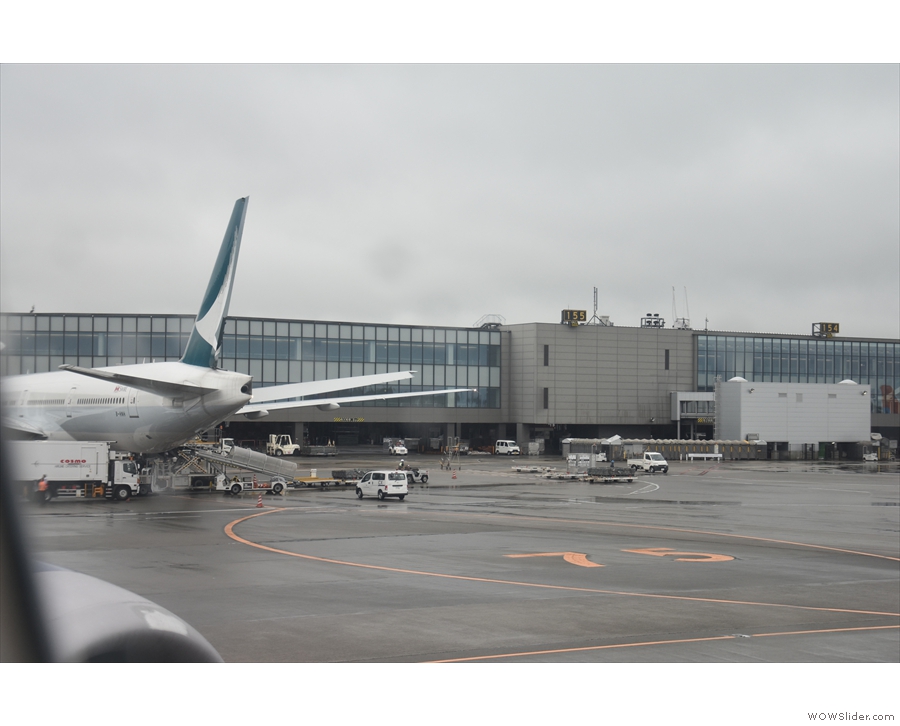
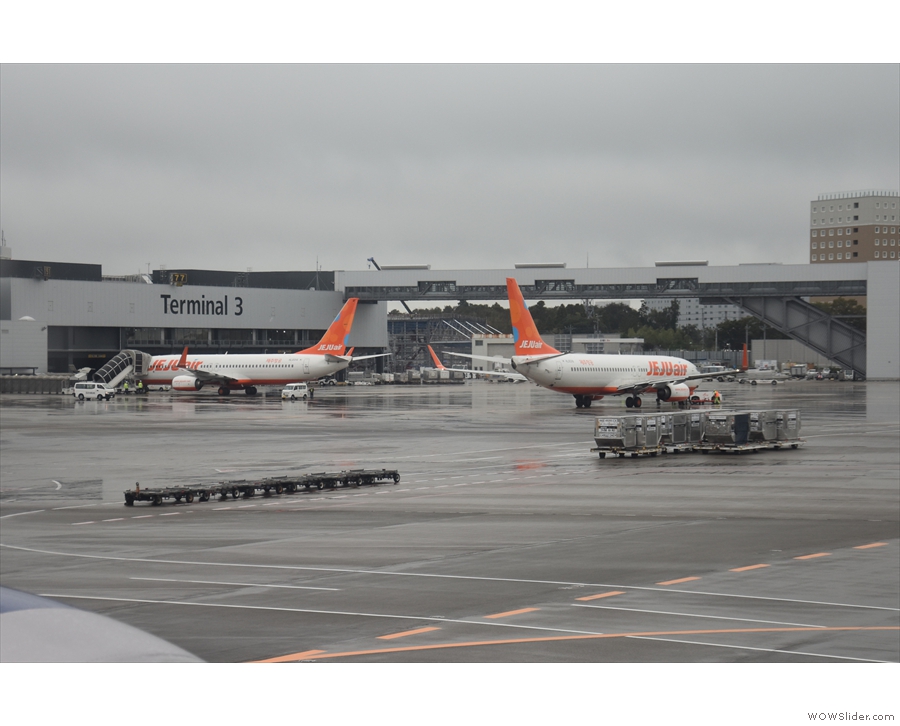
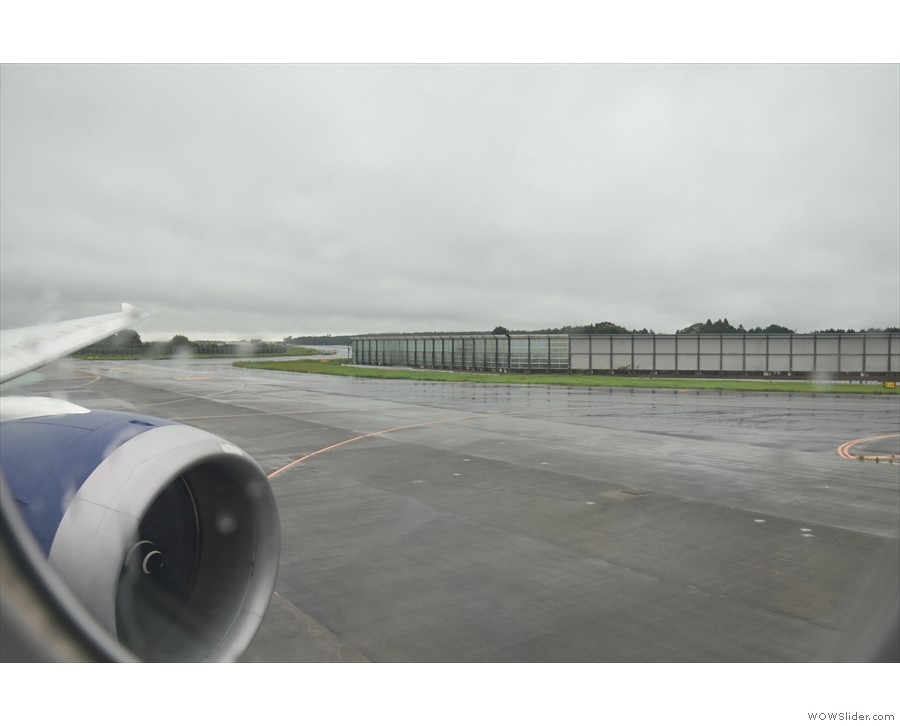
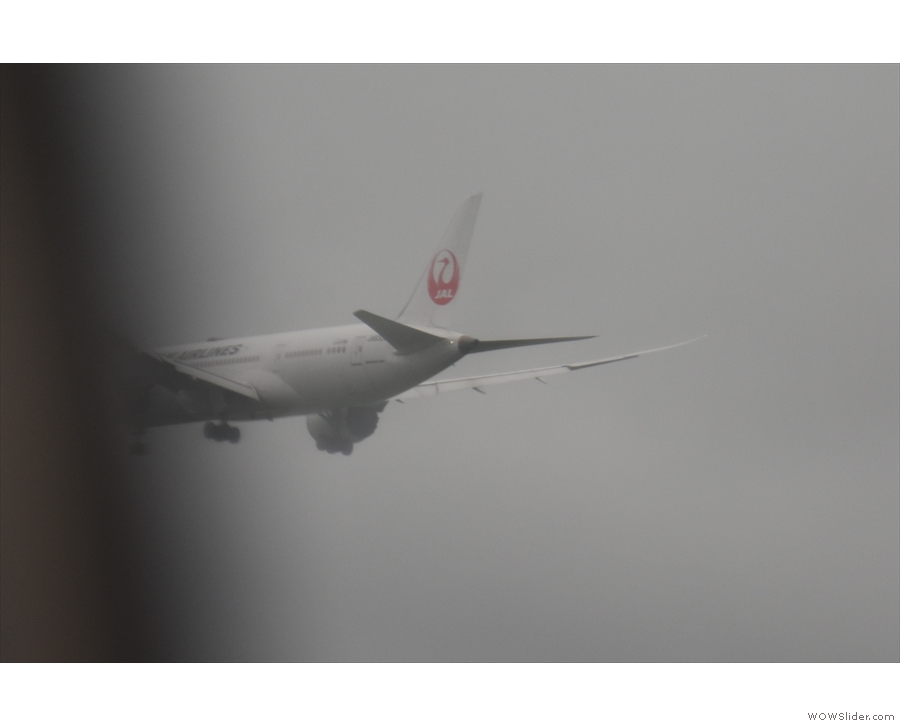
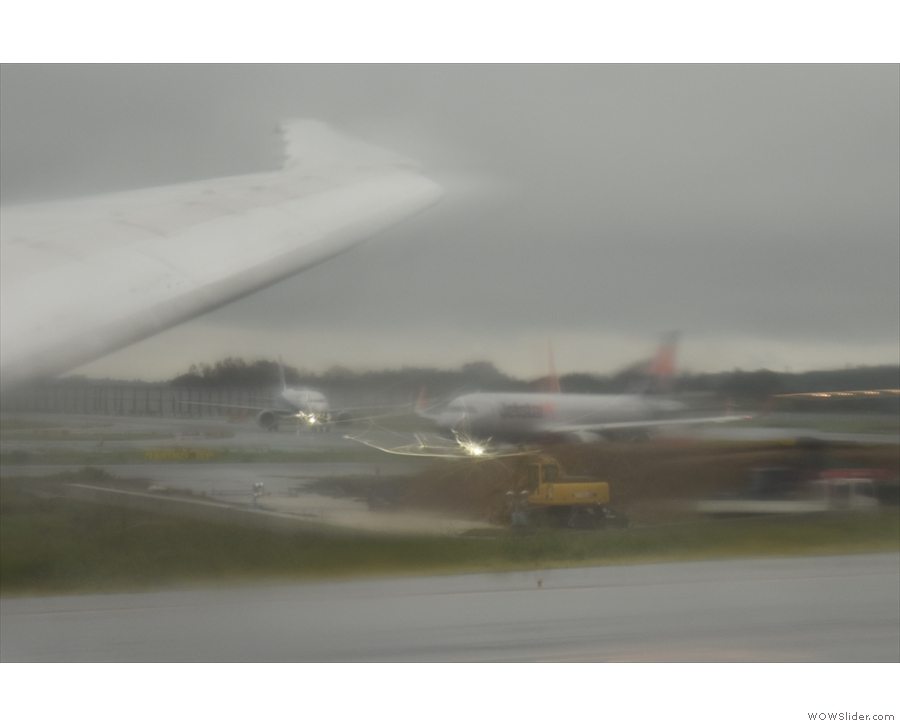
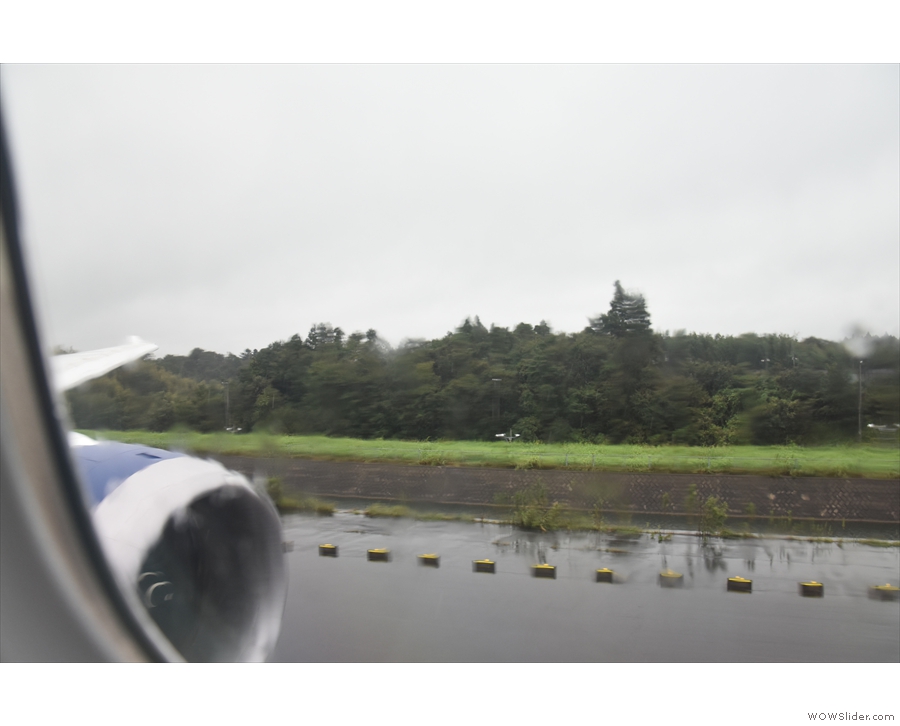
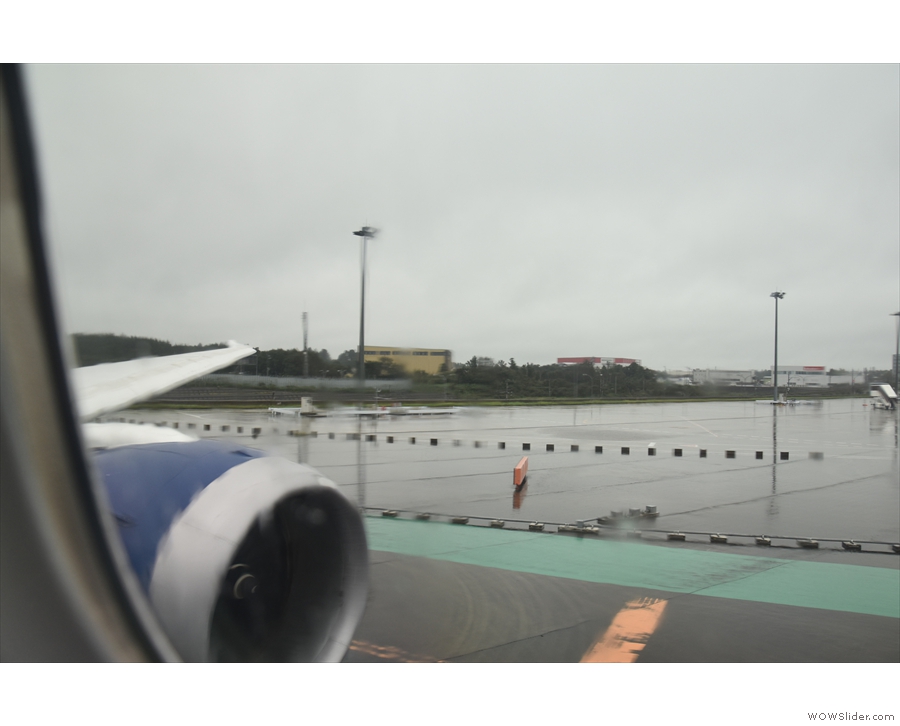
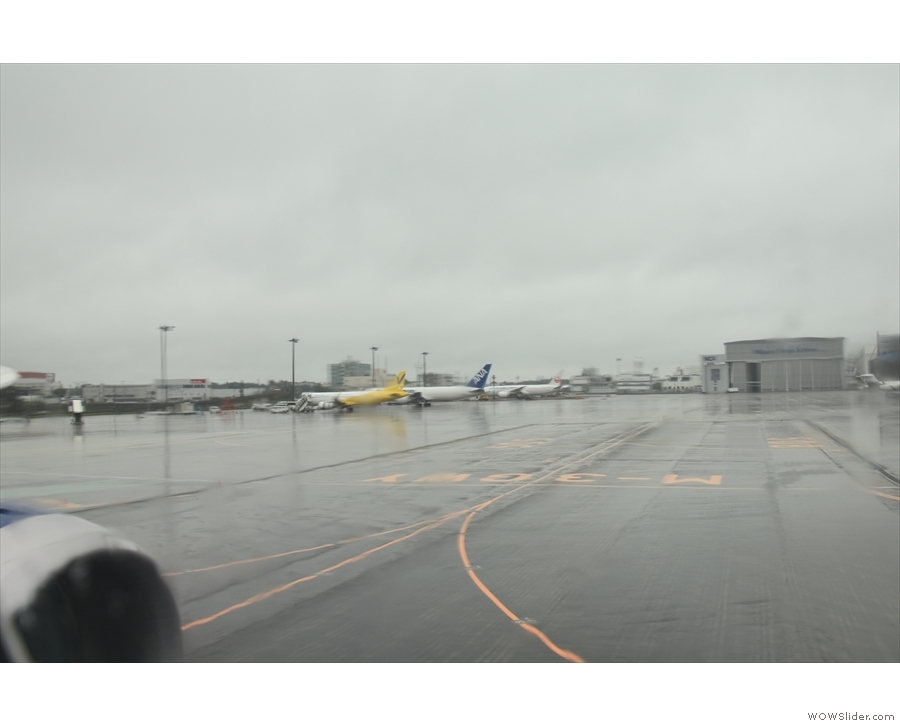
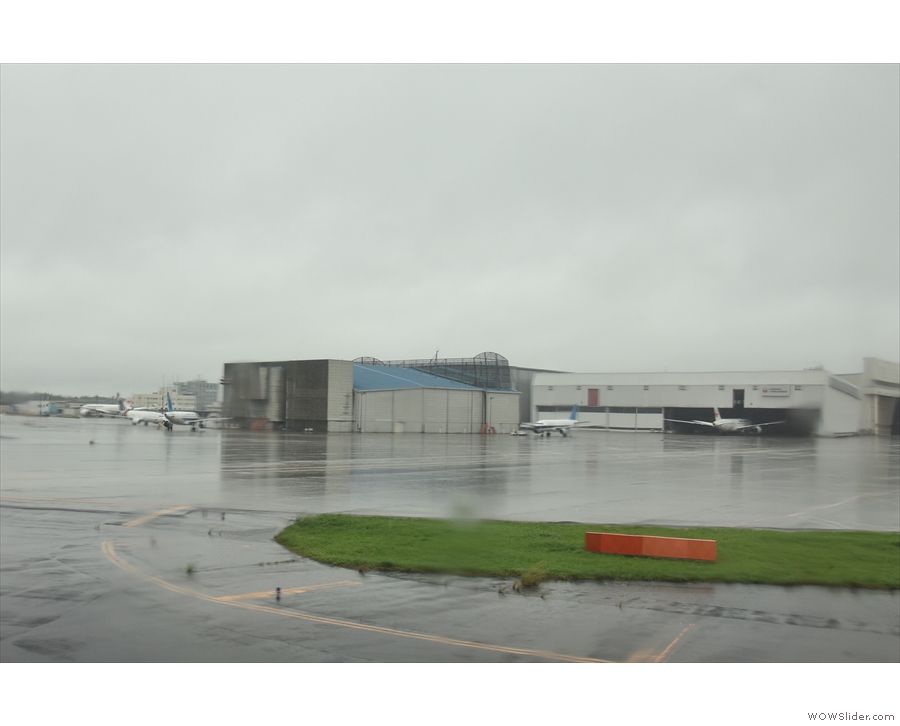
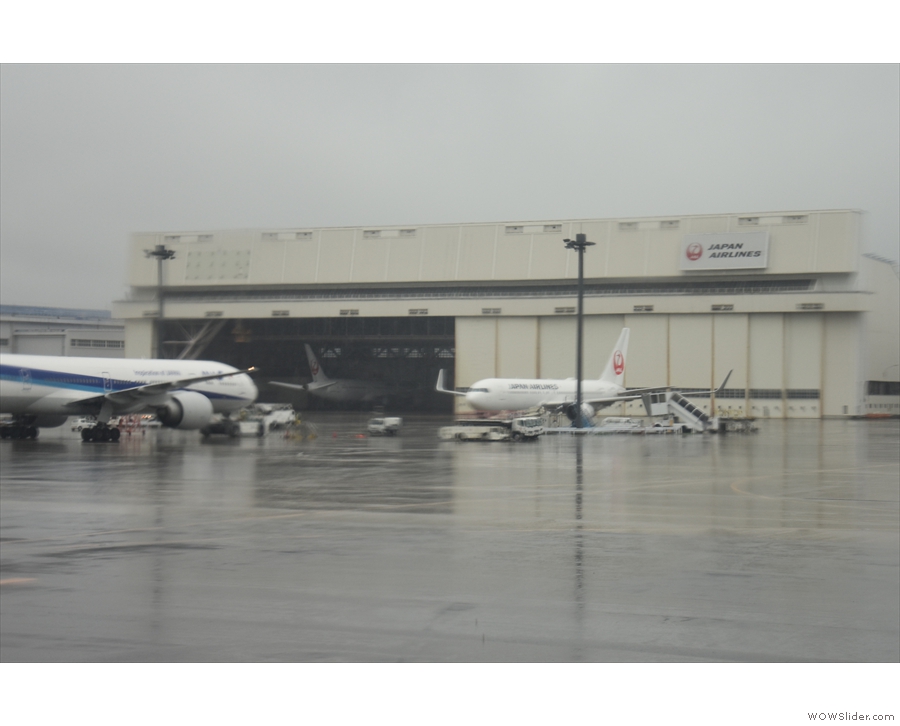
 1
1 2
2 3
3 4
4 5
5 6
6 7
7 8
8 9
9 10
10 11
11 12
12 13
13 14
14 15
15 16
16 17
17 18
18 19
19 20
20 21
21 22
22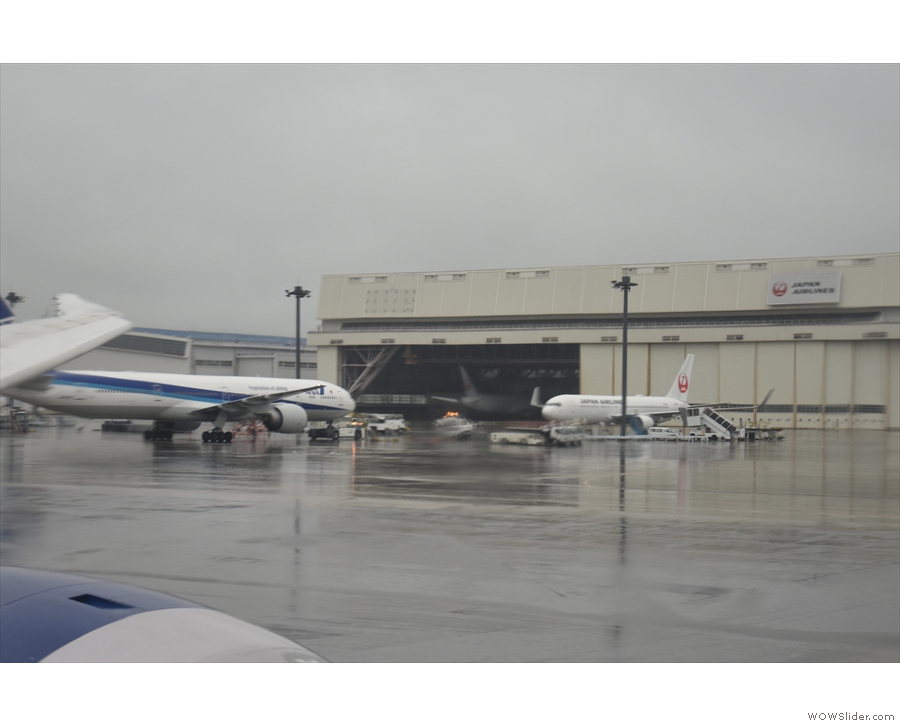
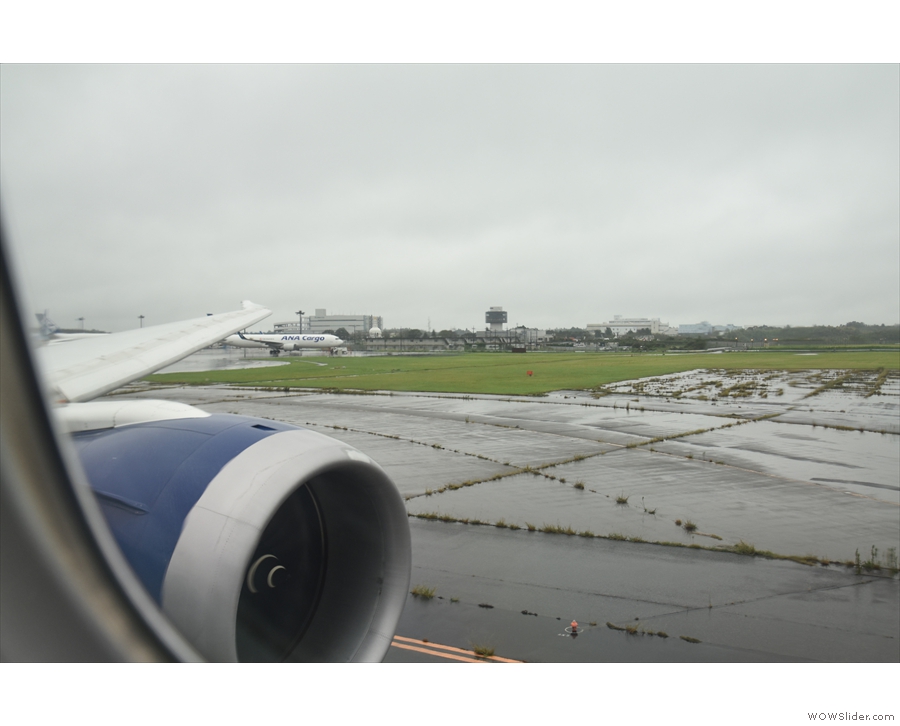
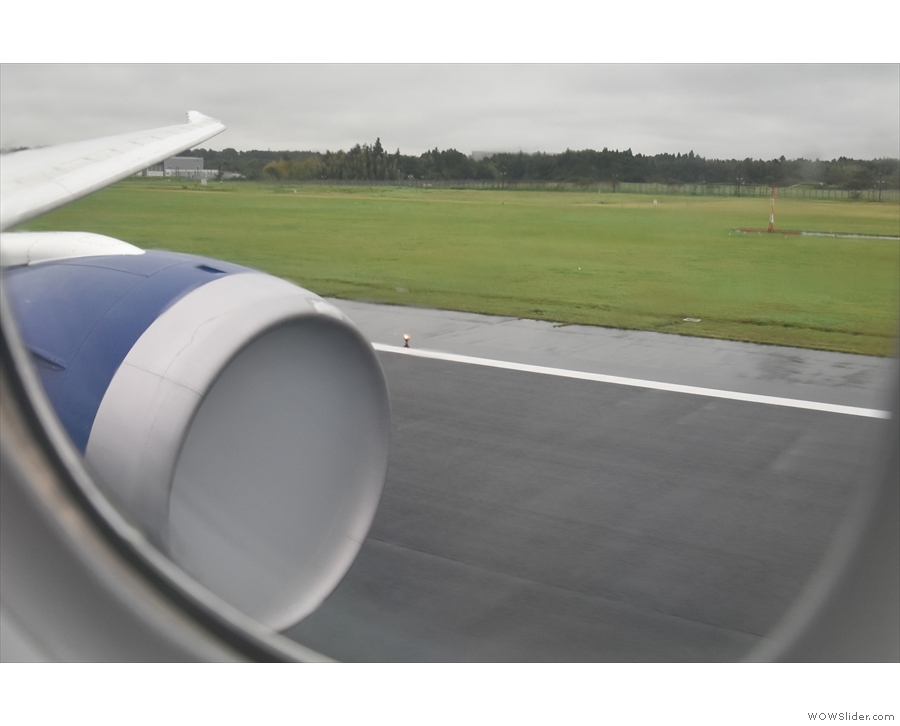
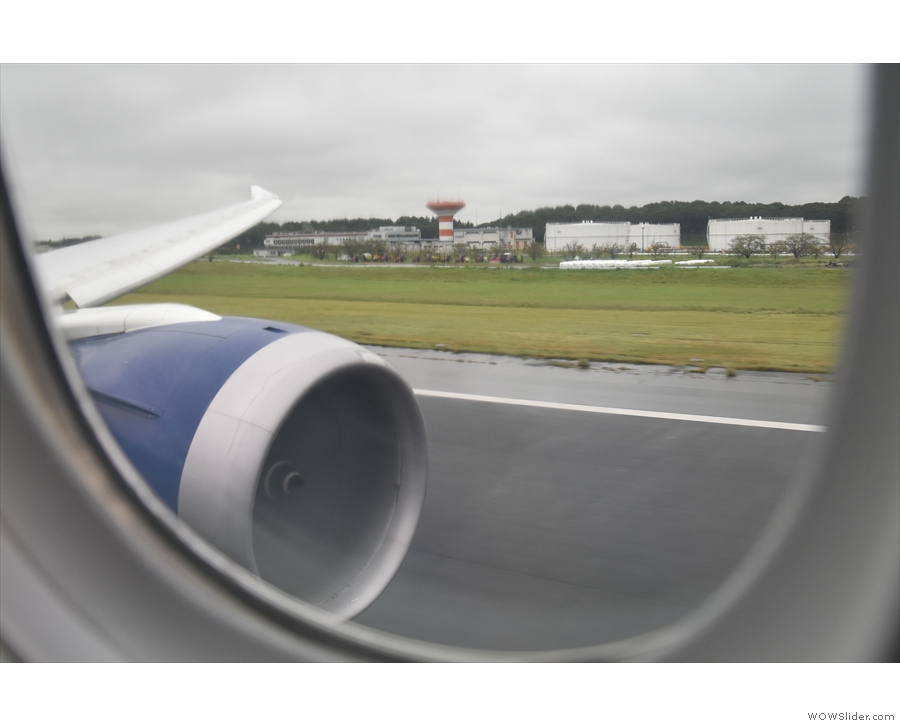
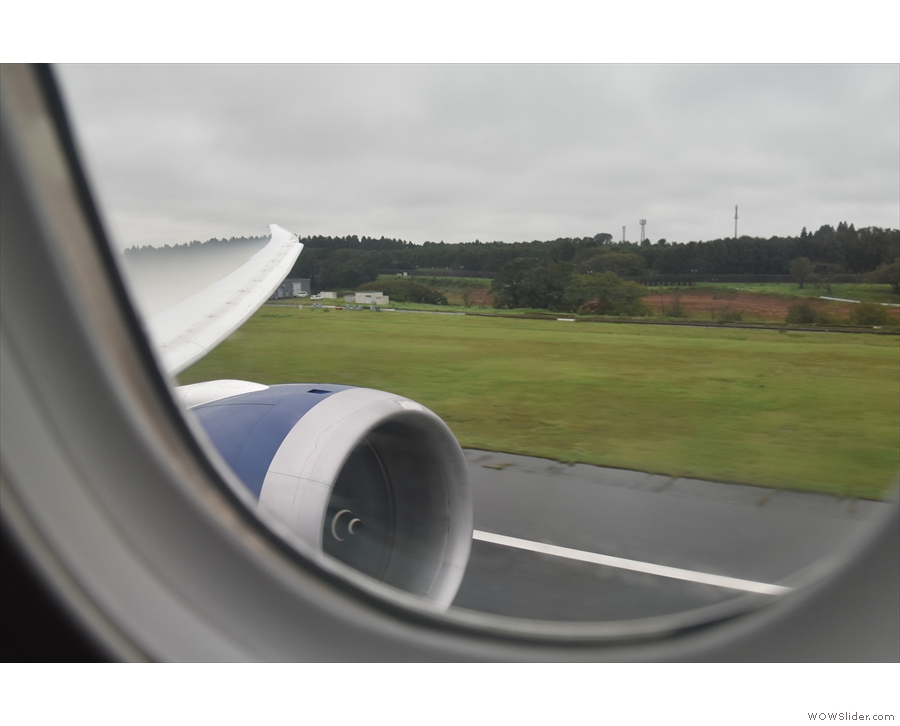
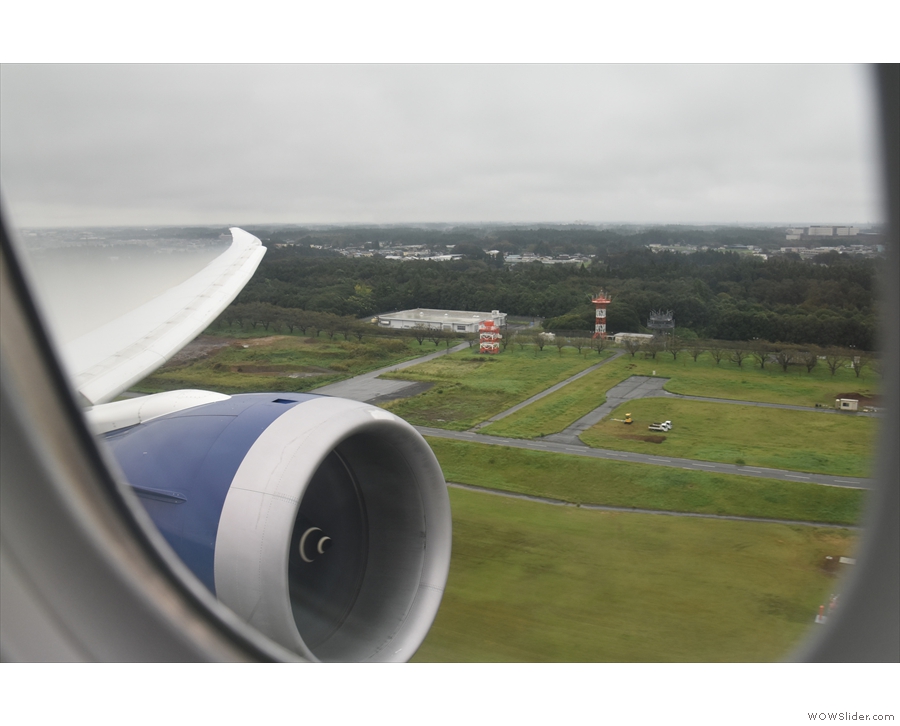
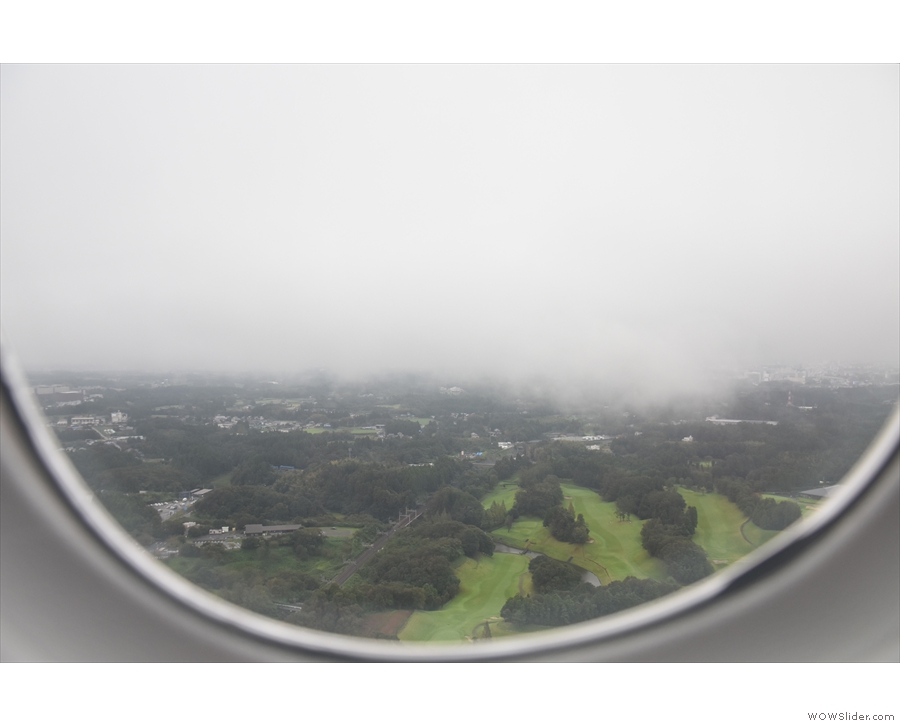
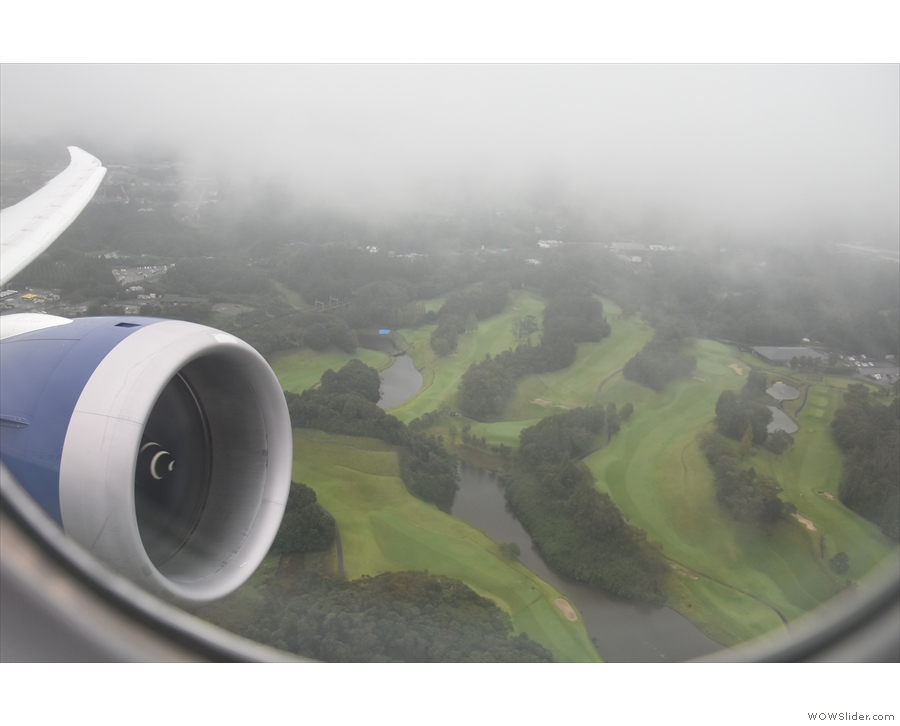
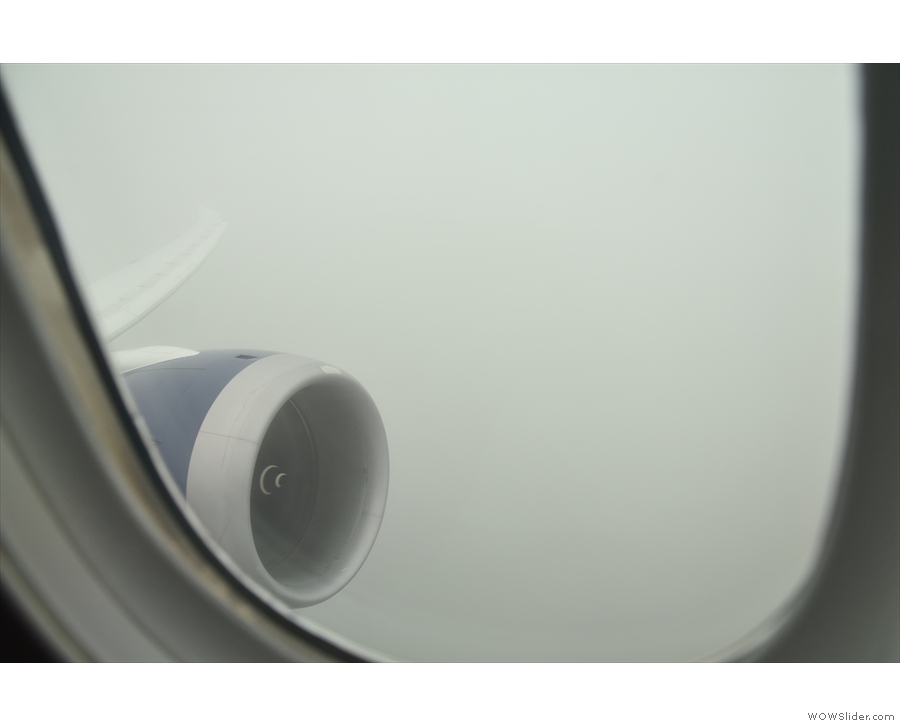
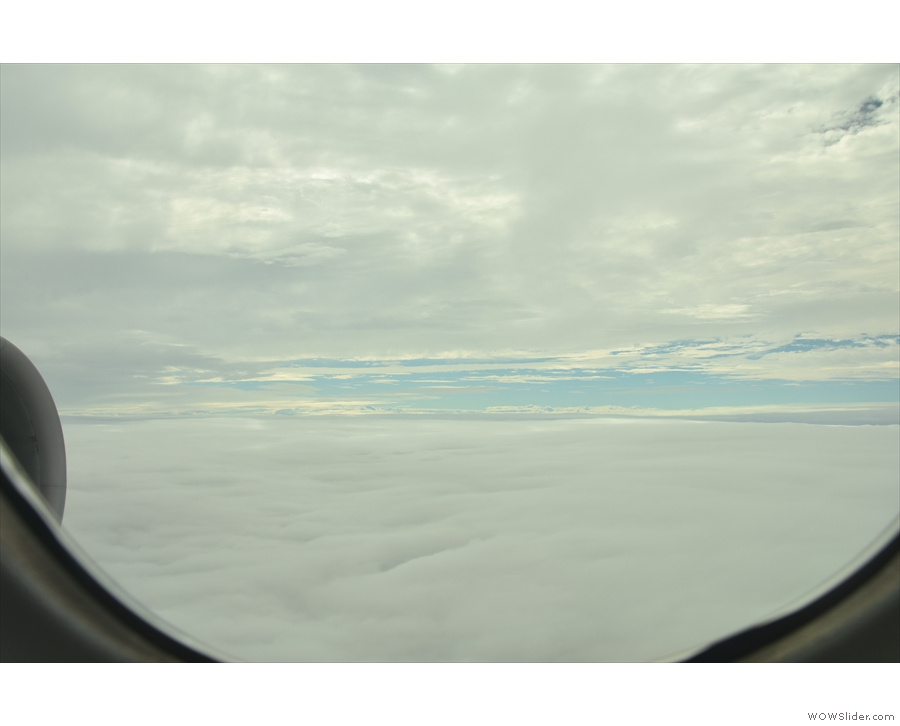
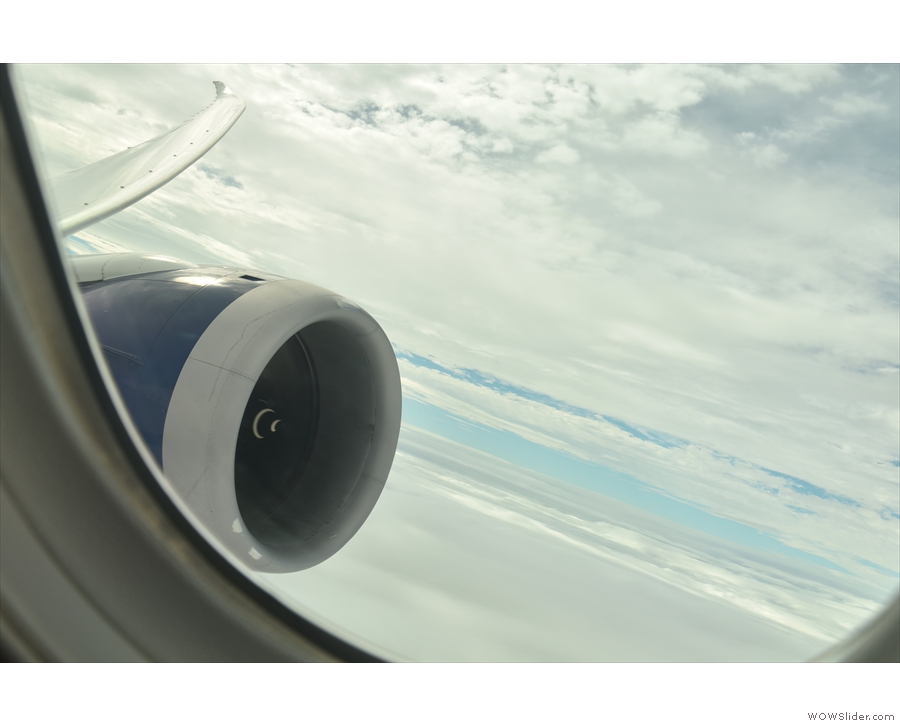
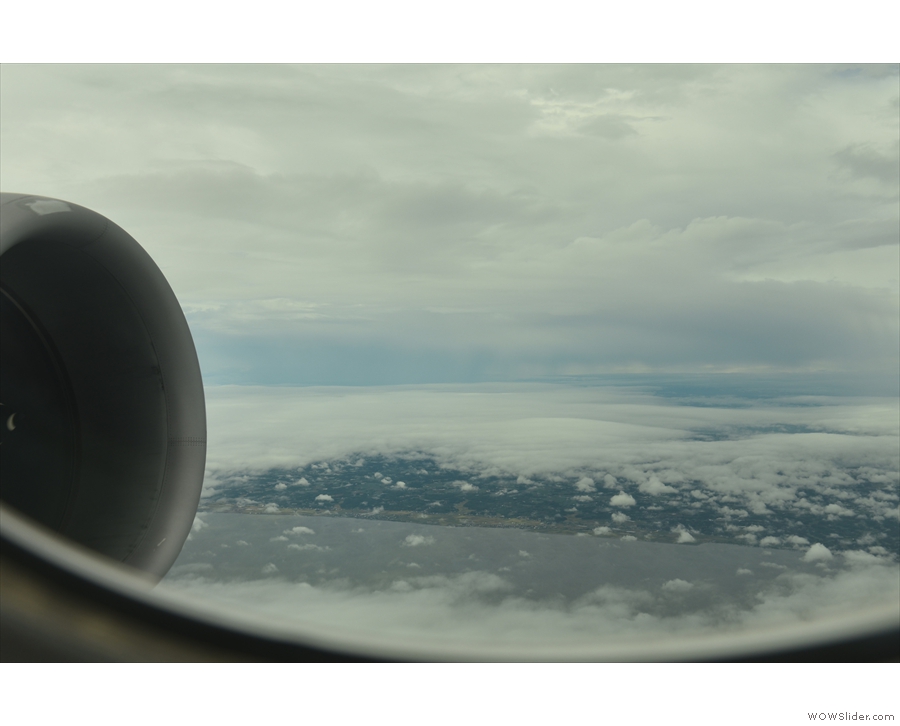
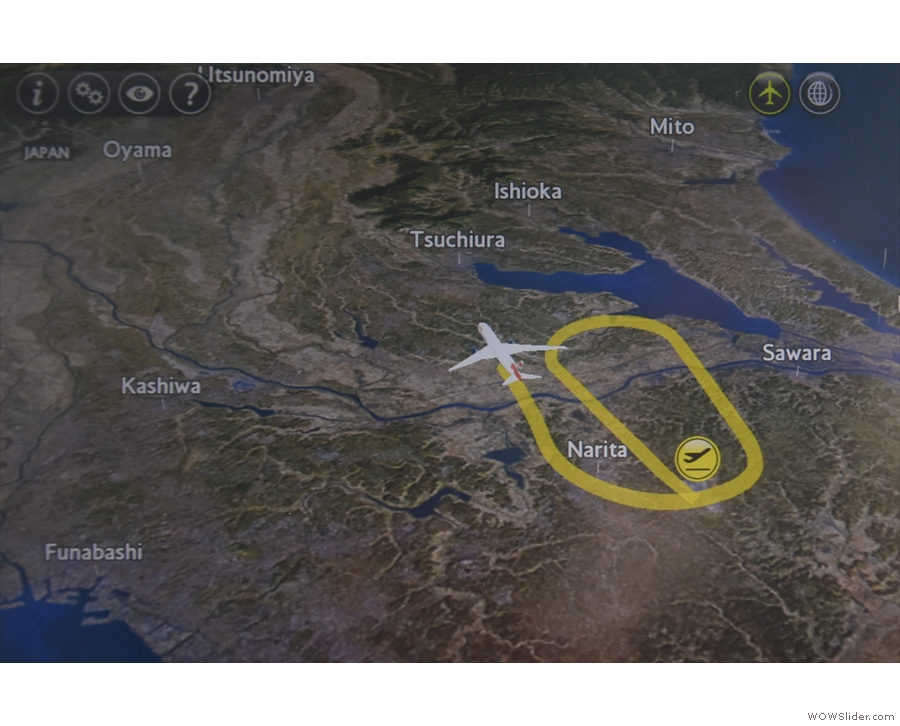
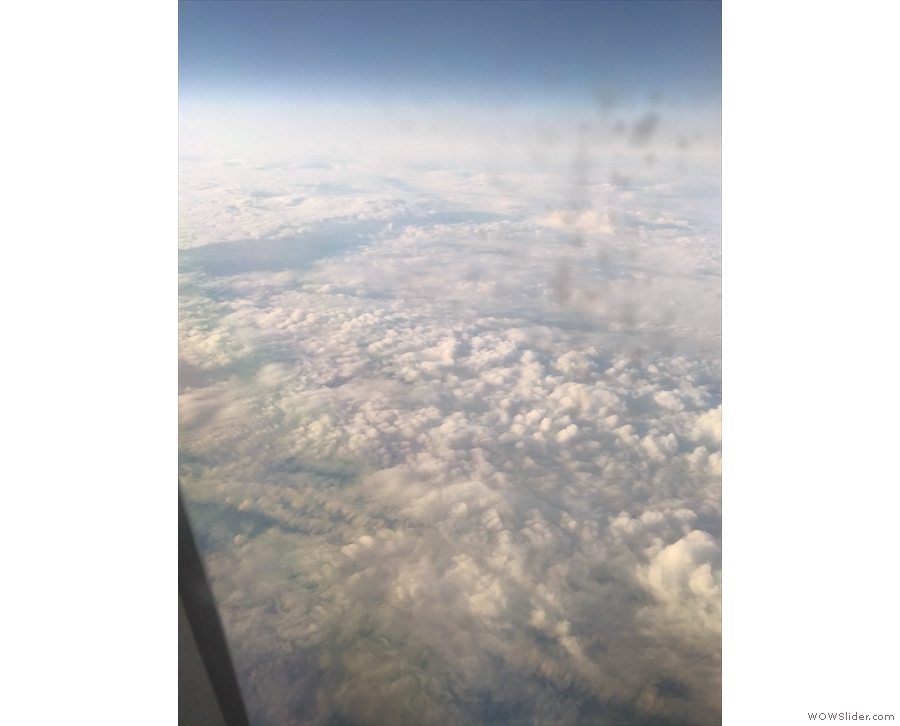
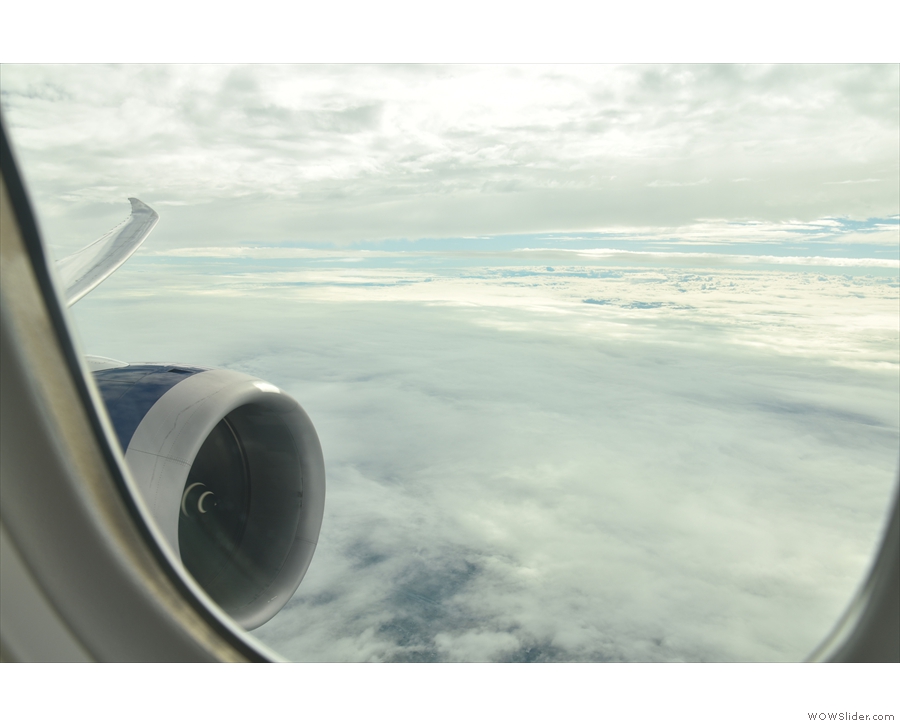
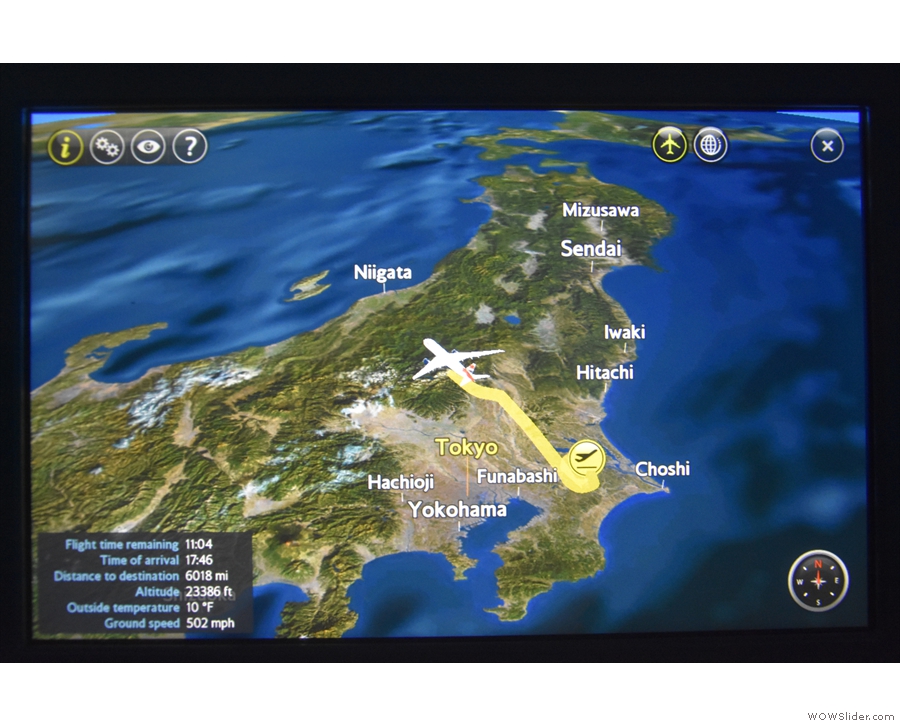
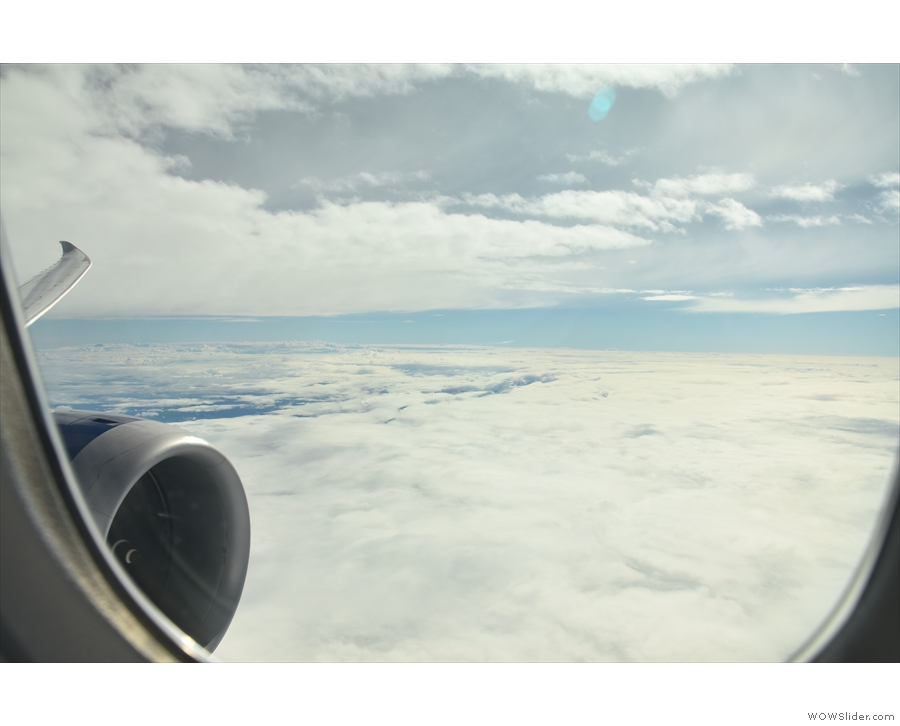
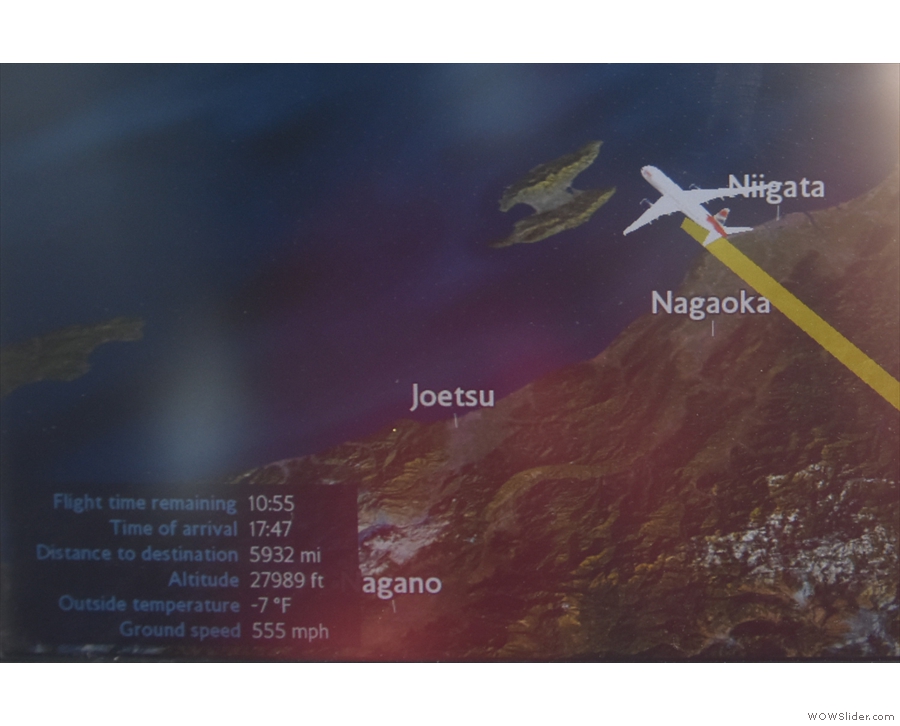
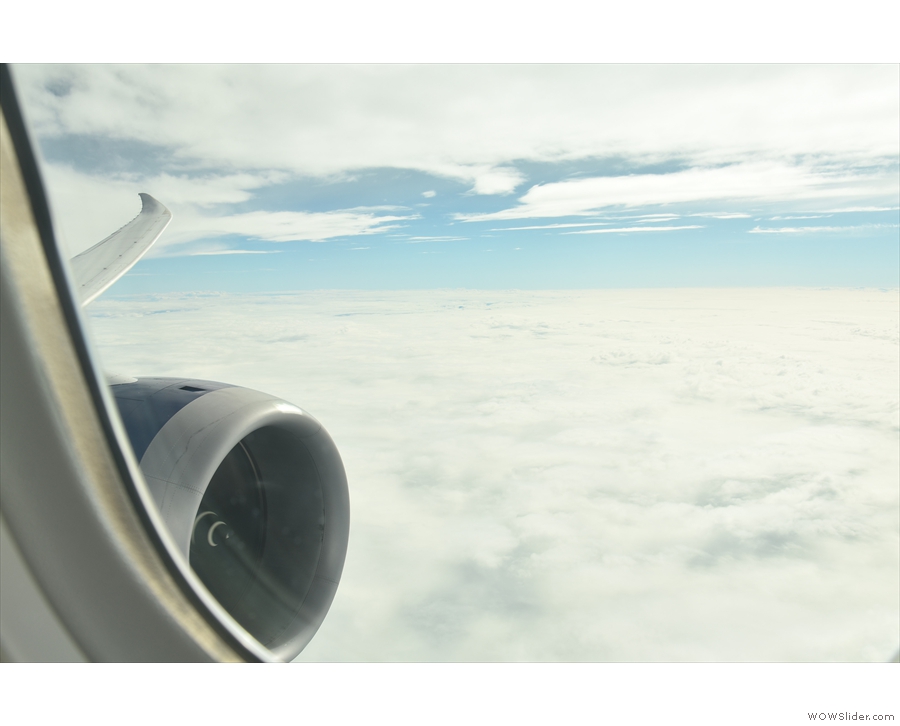
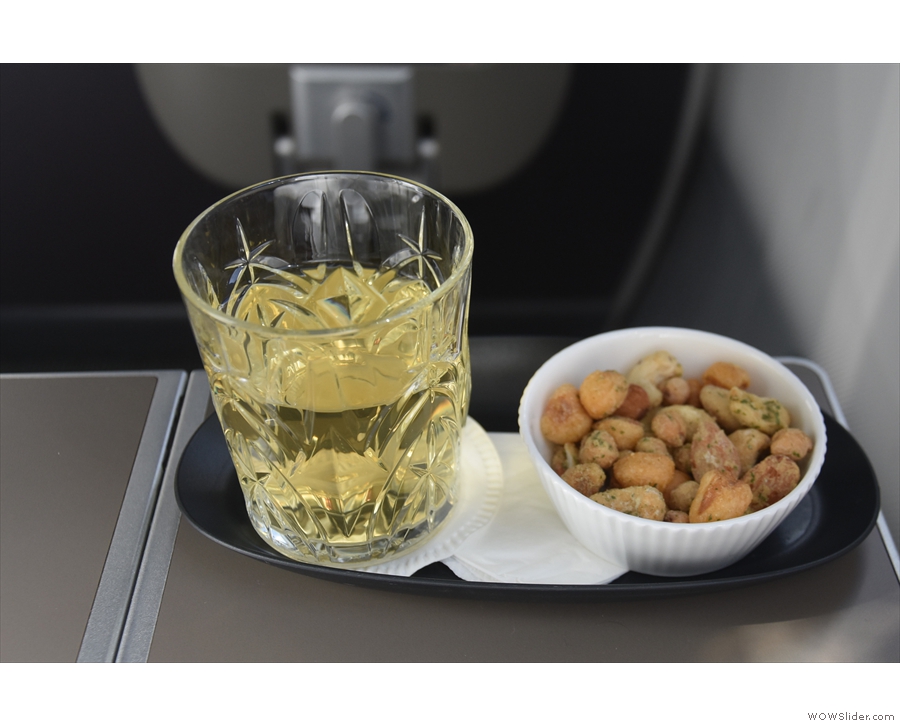
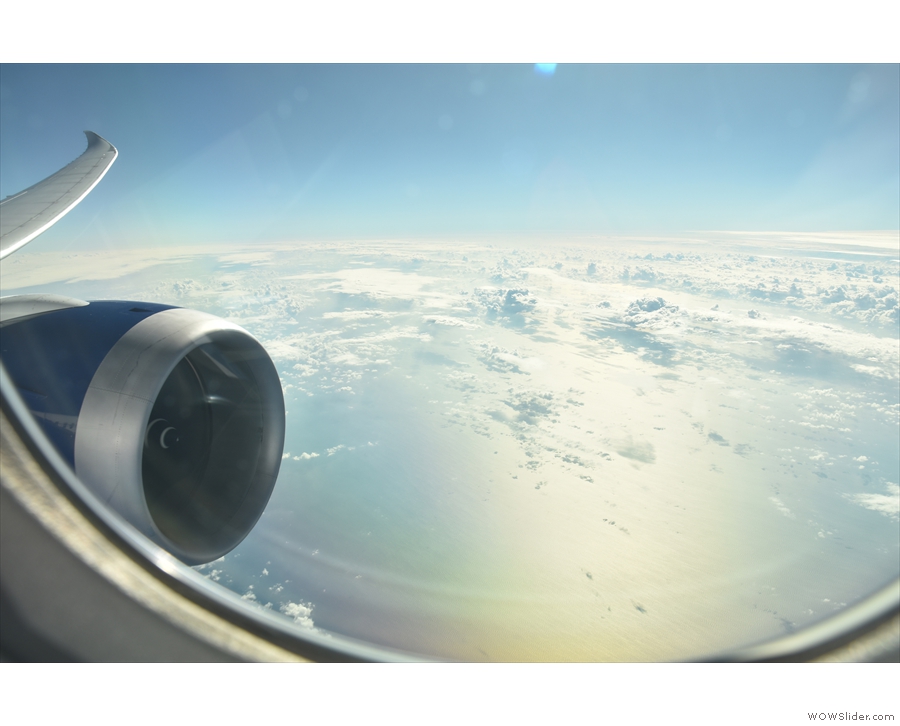
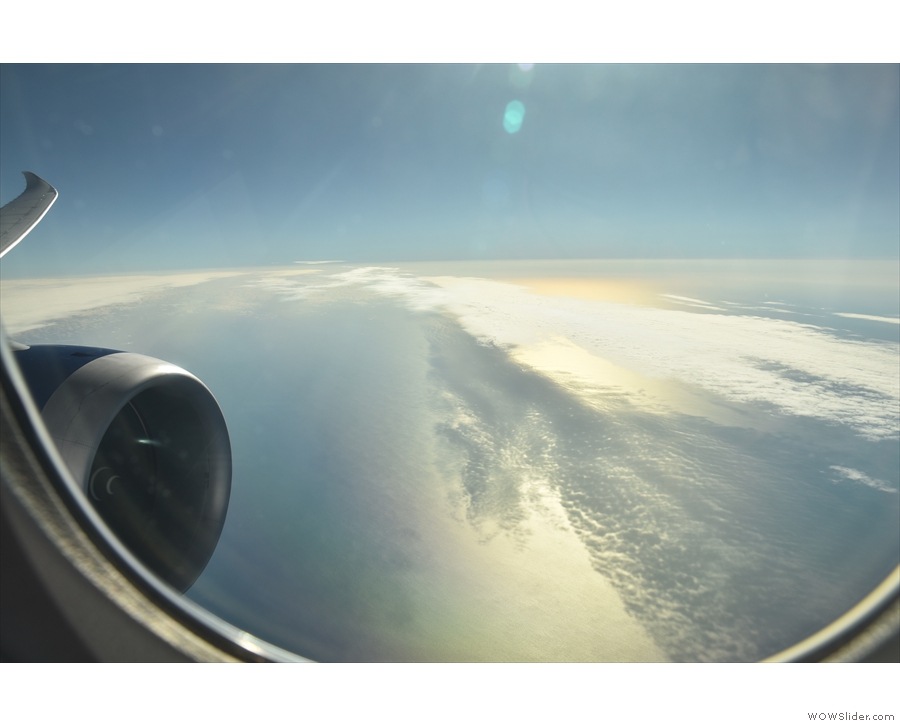
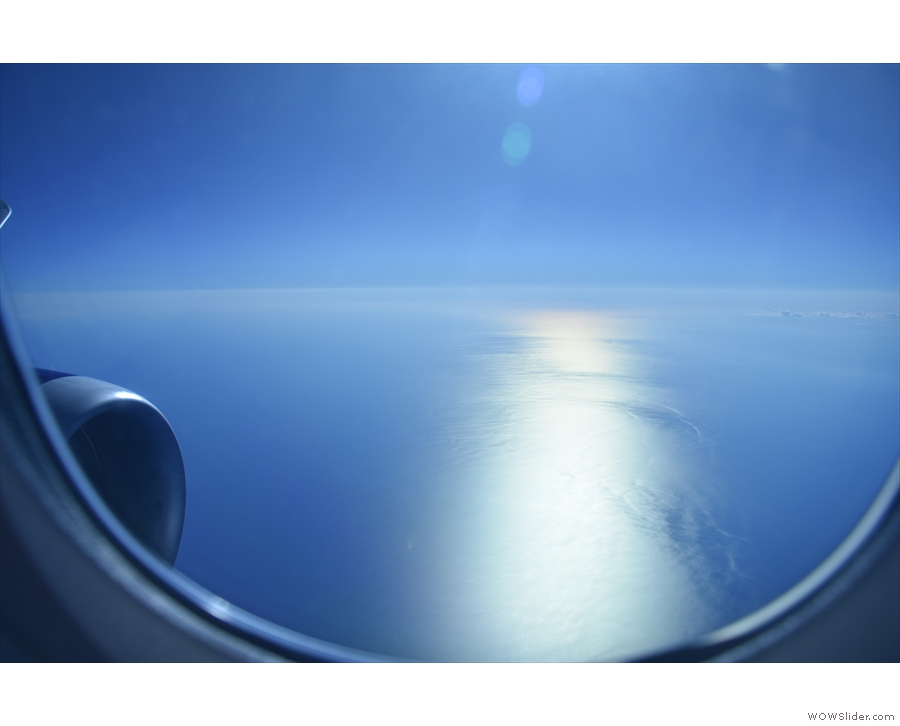
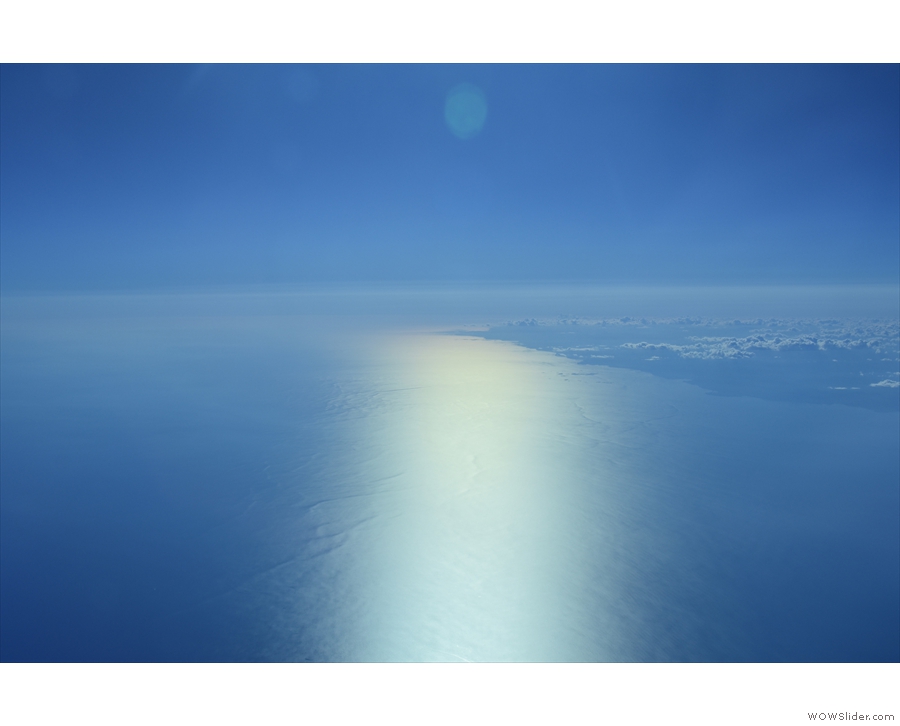
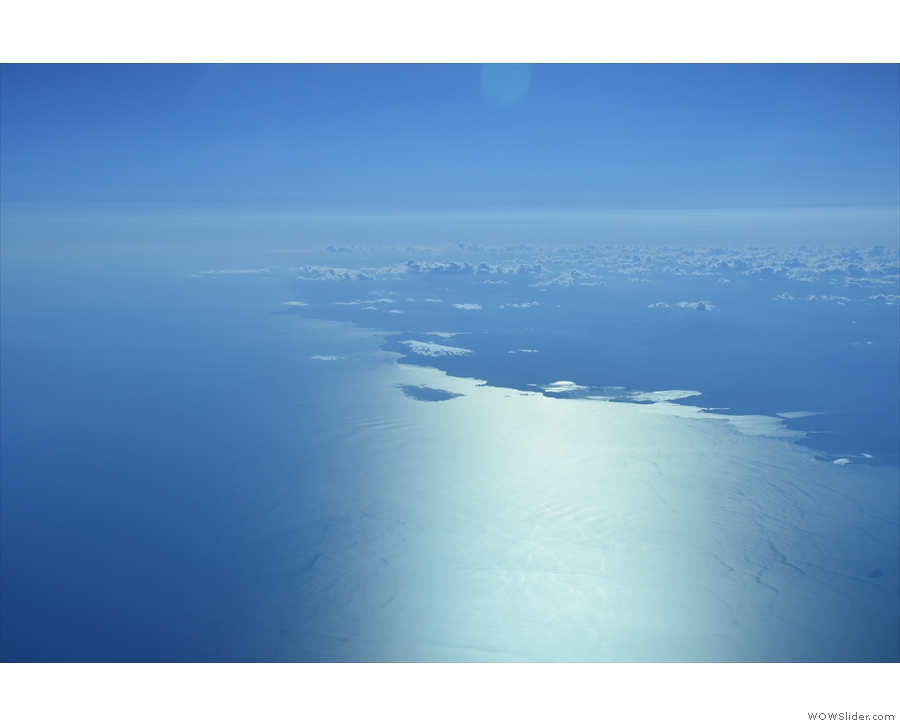
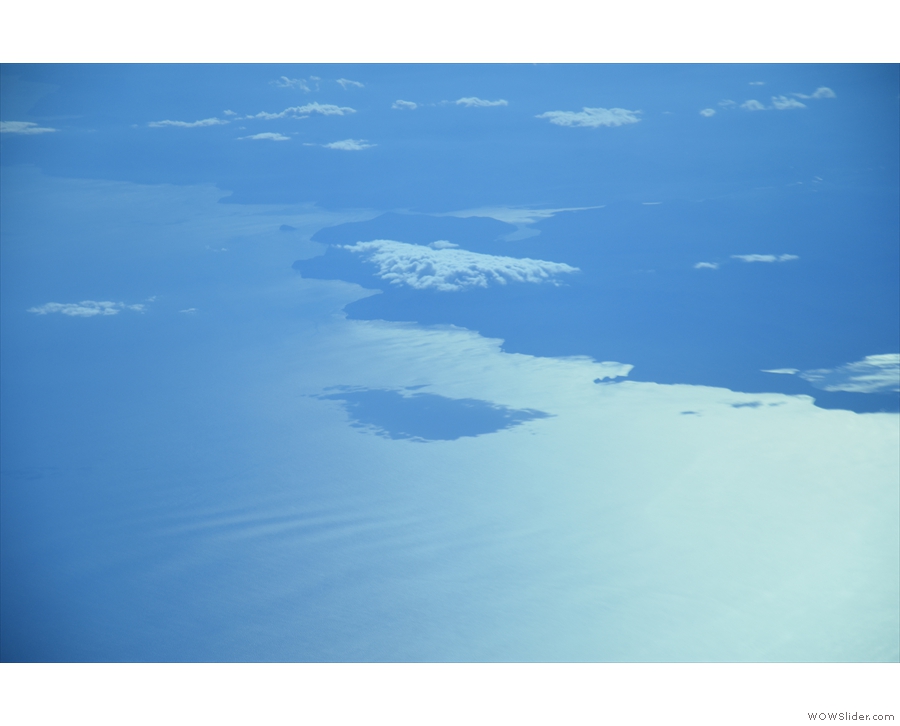
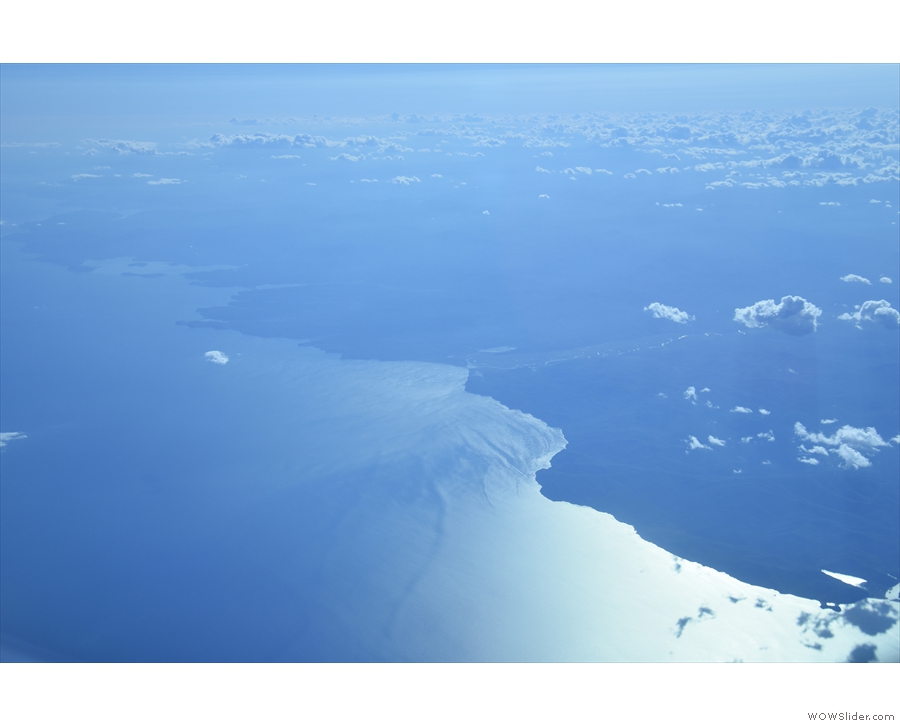
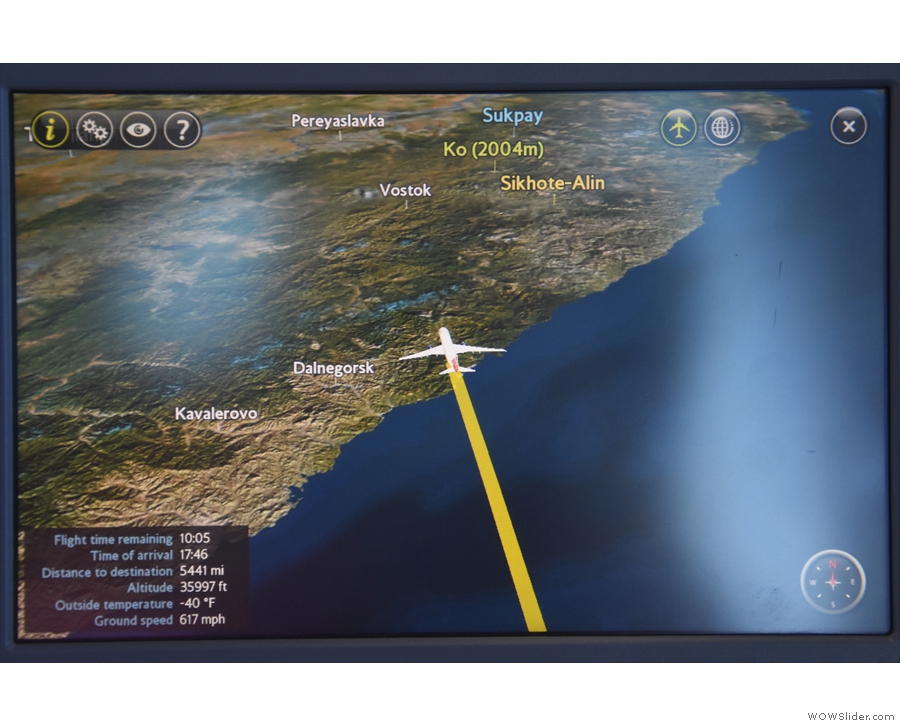
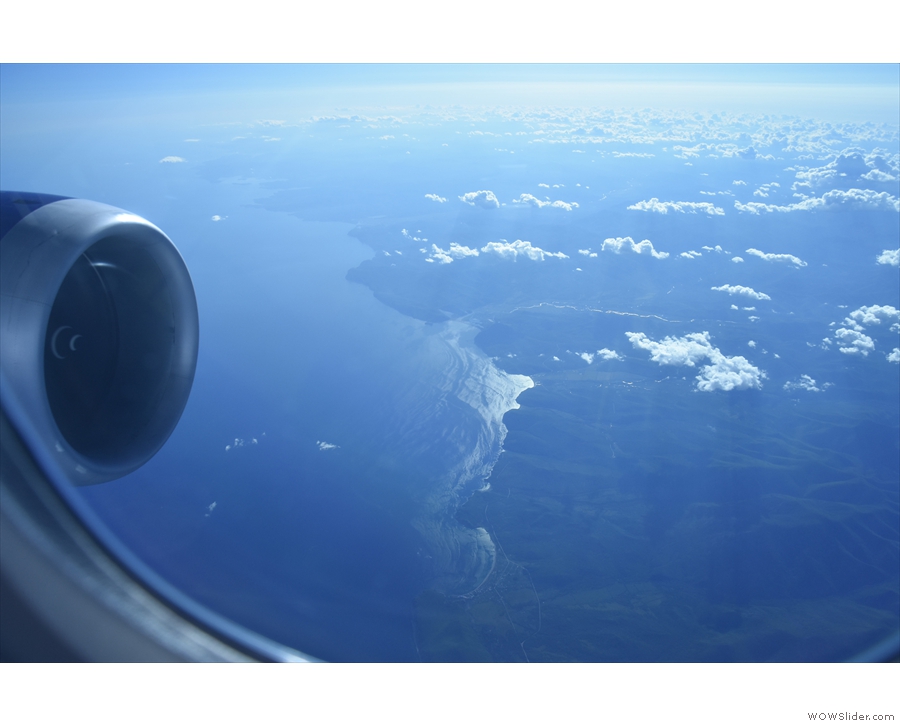
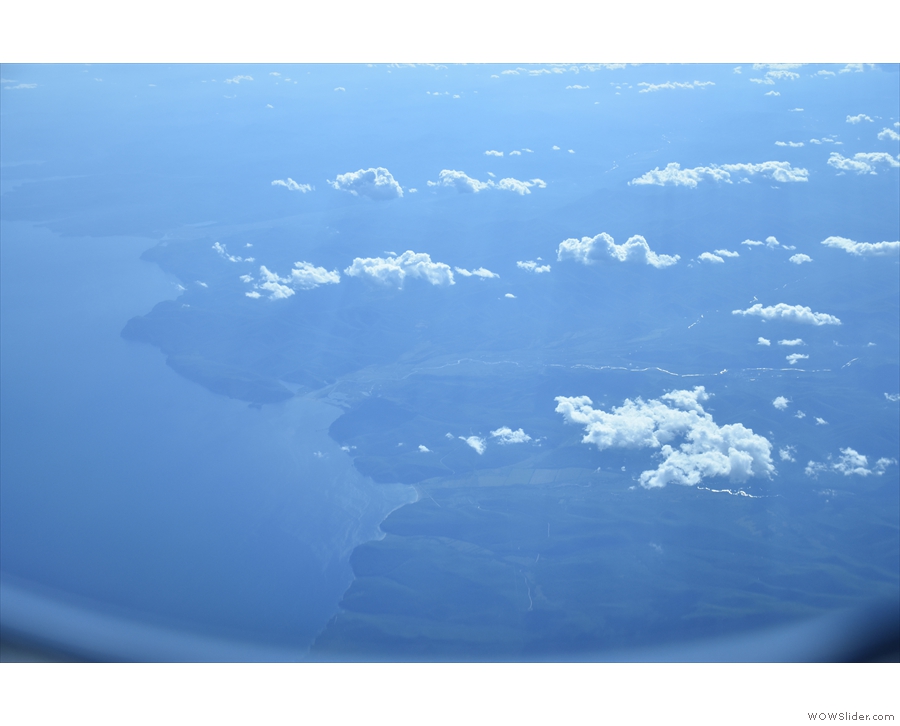
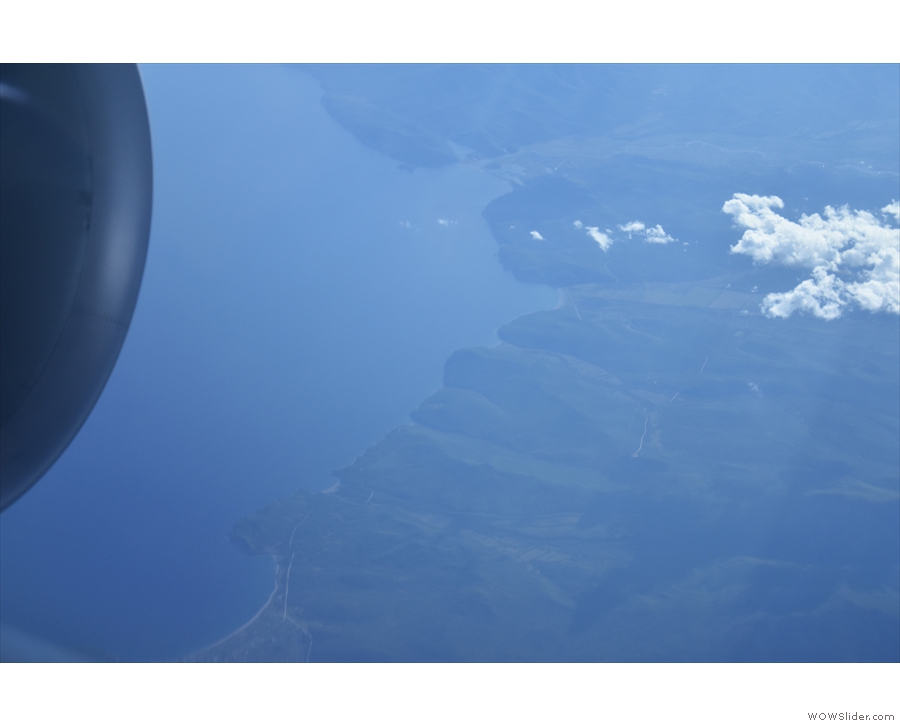
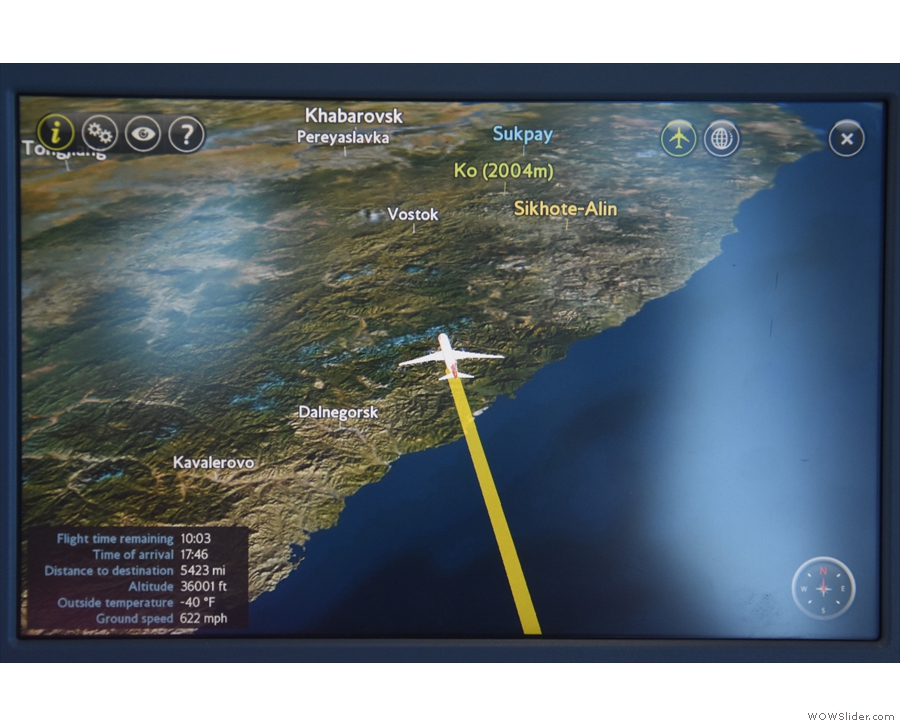
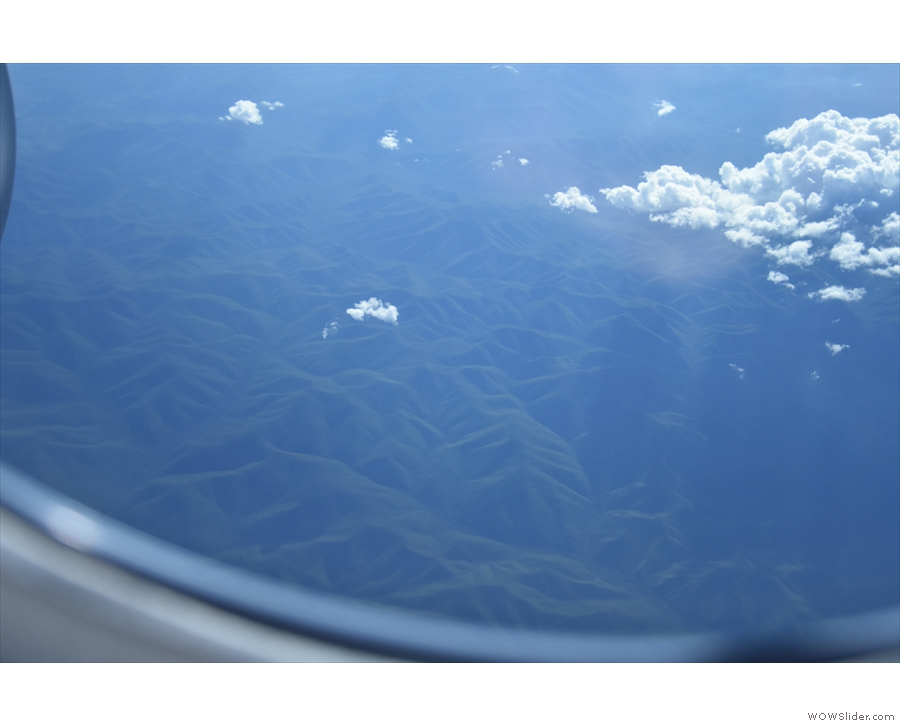
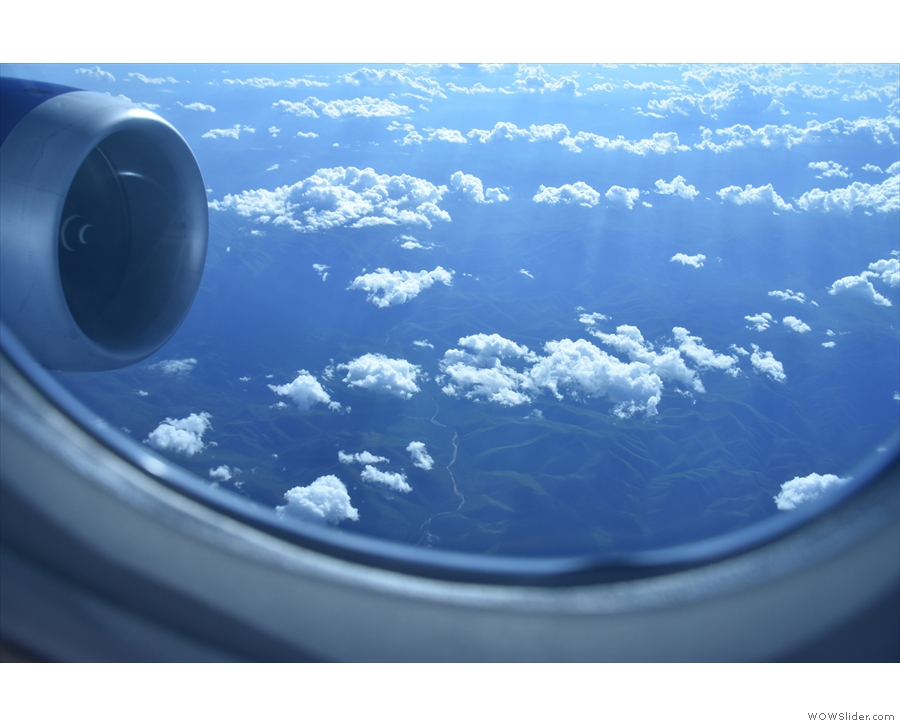
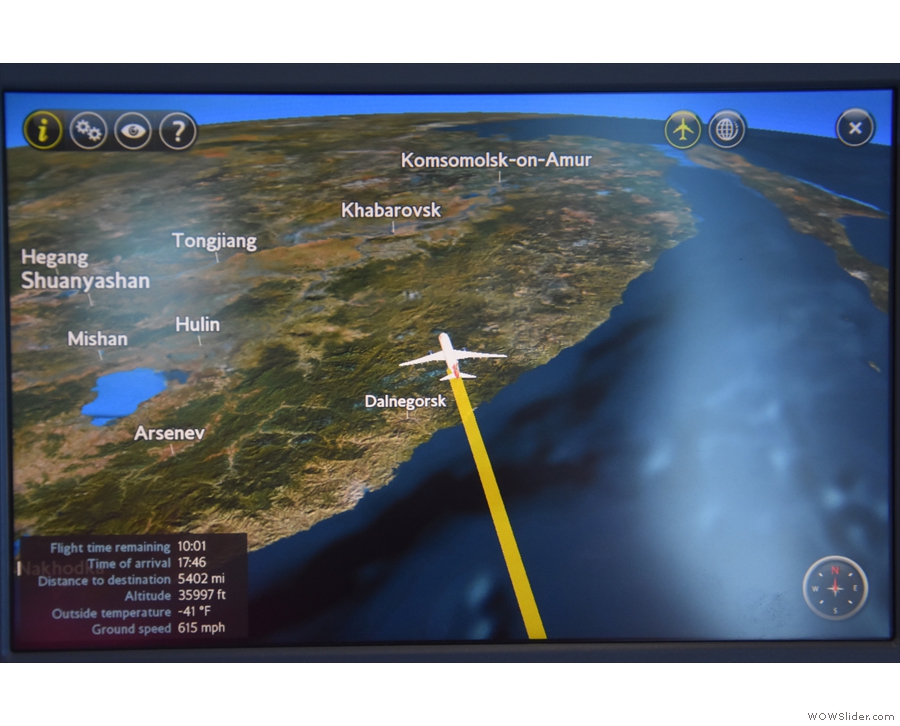
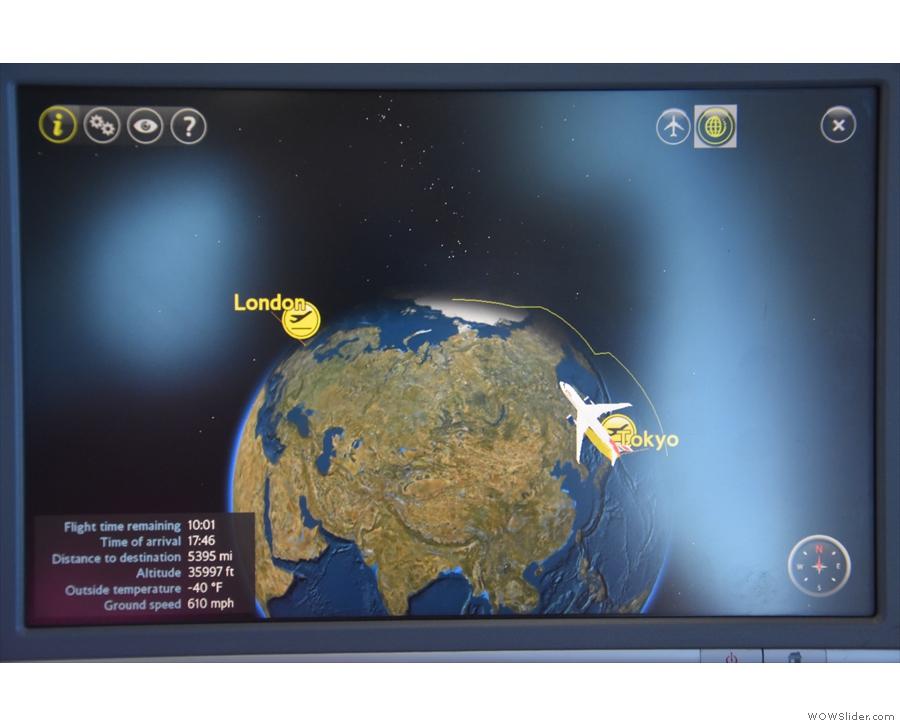
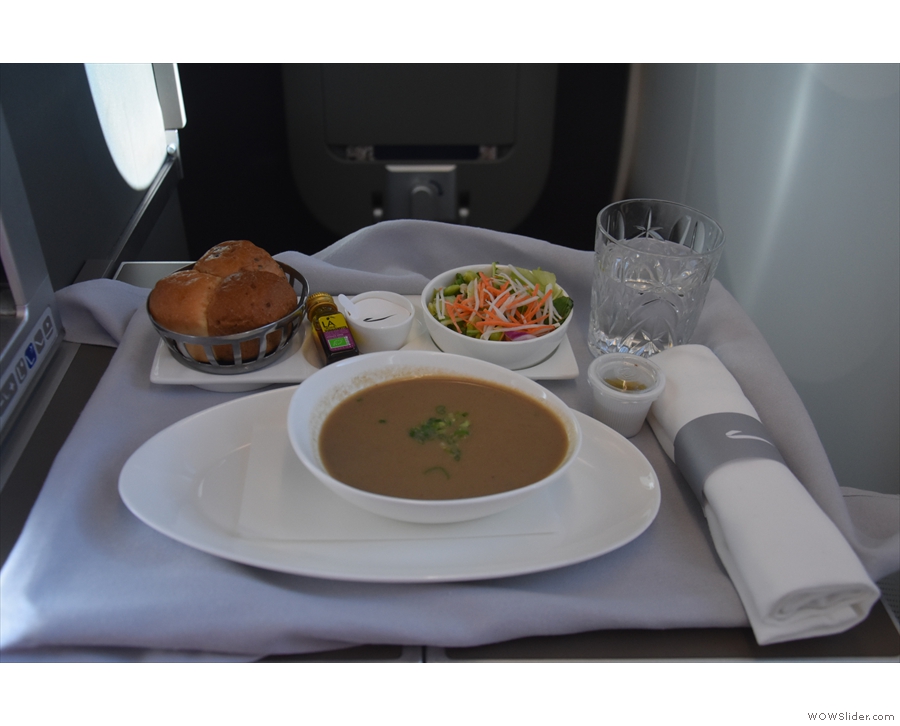
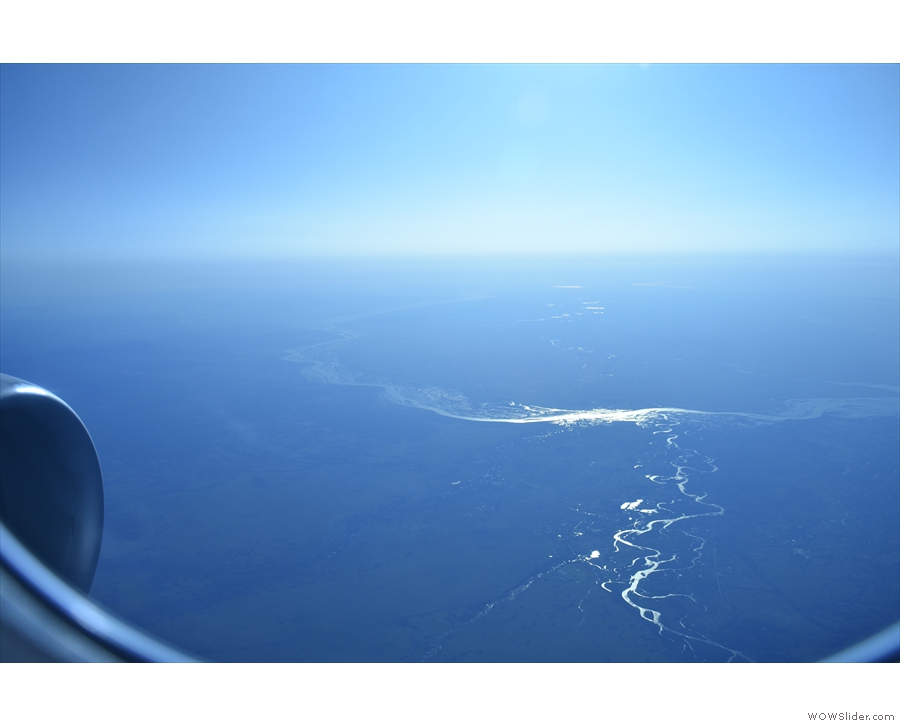
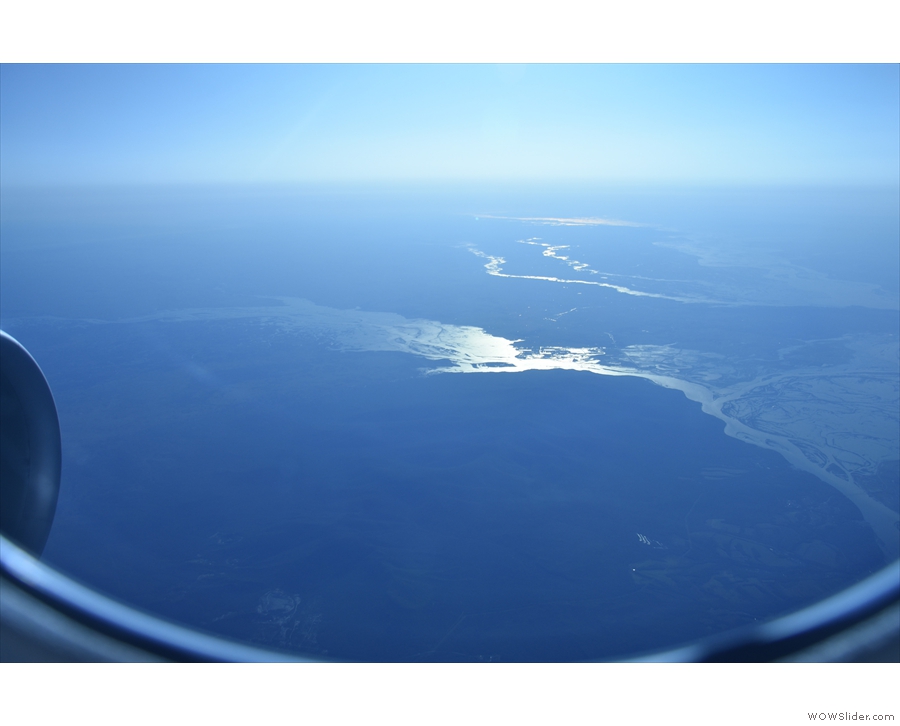
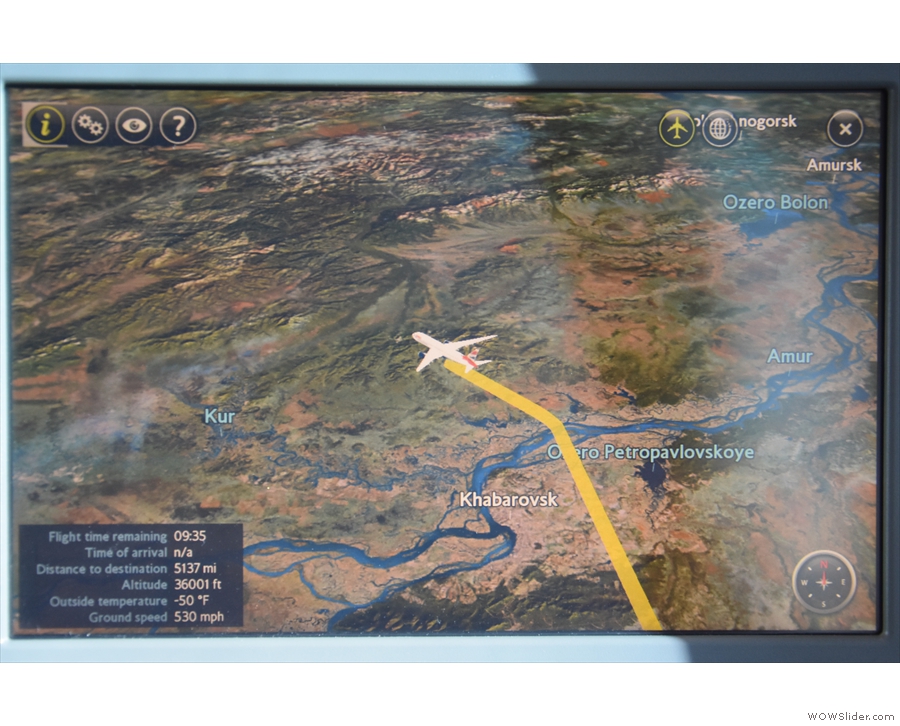
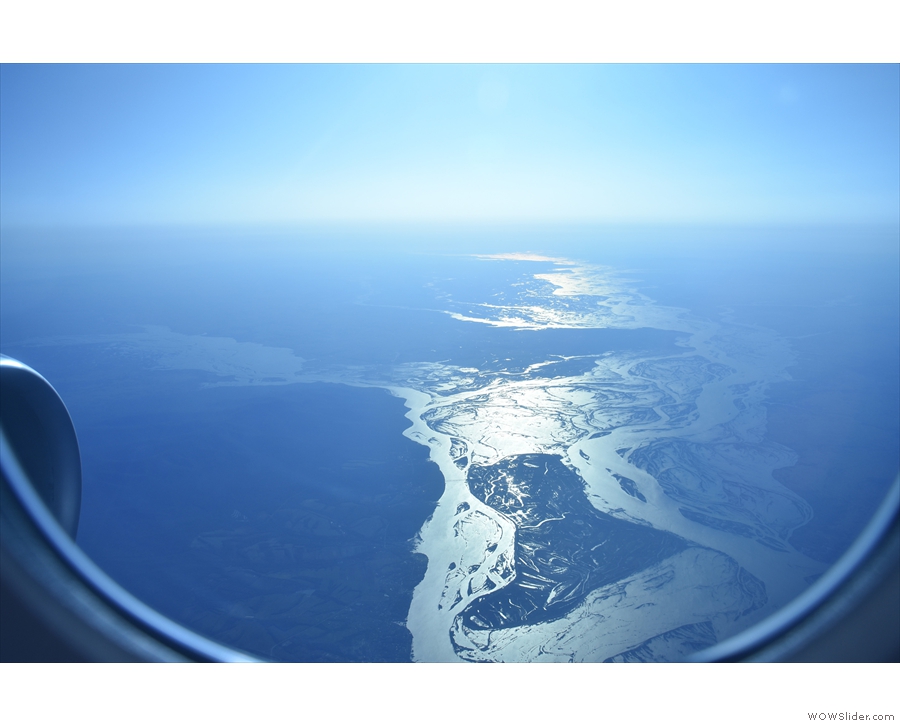
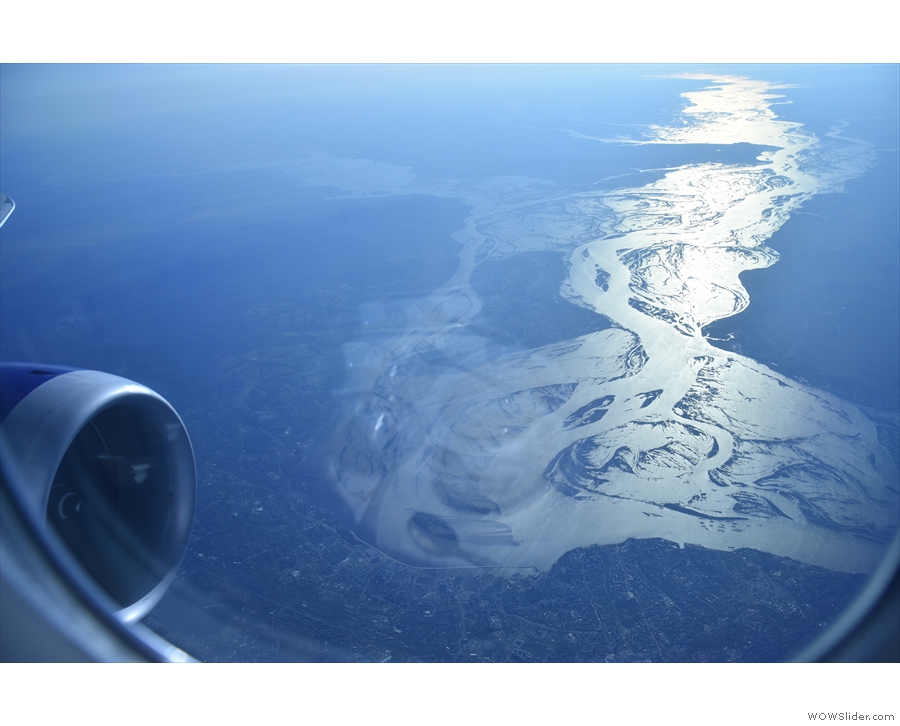
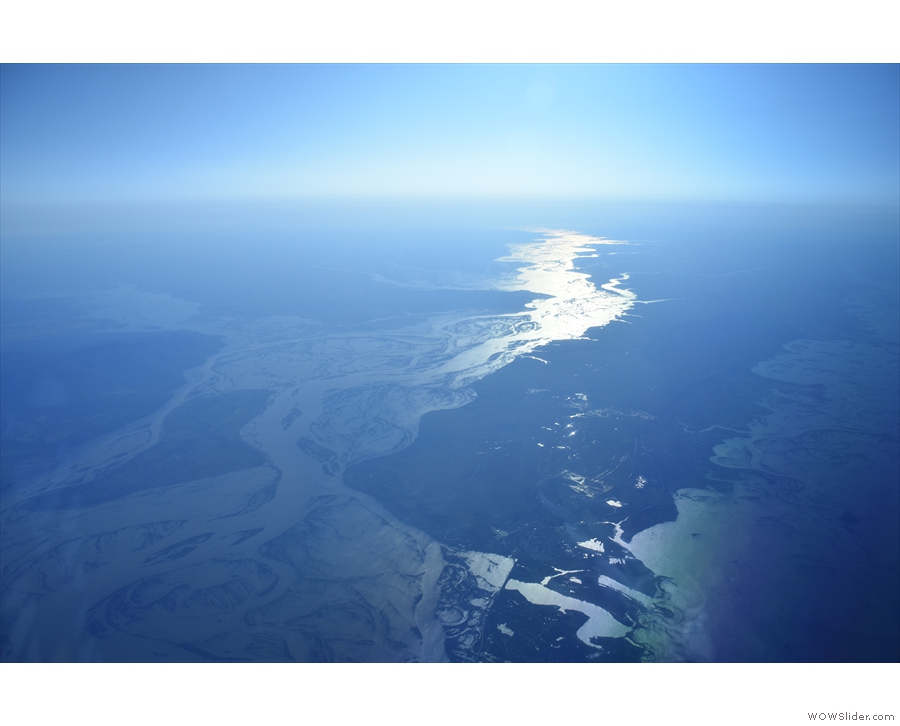
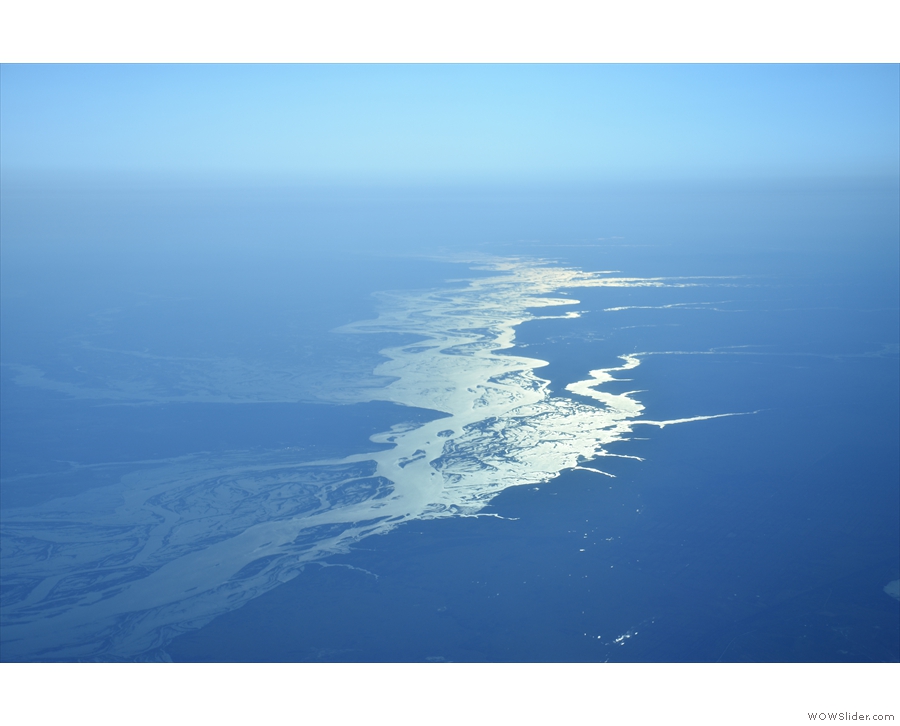
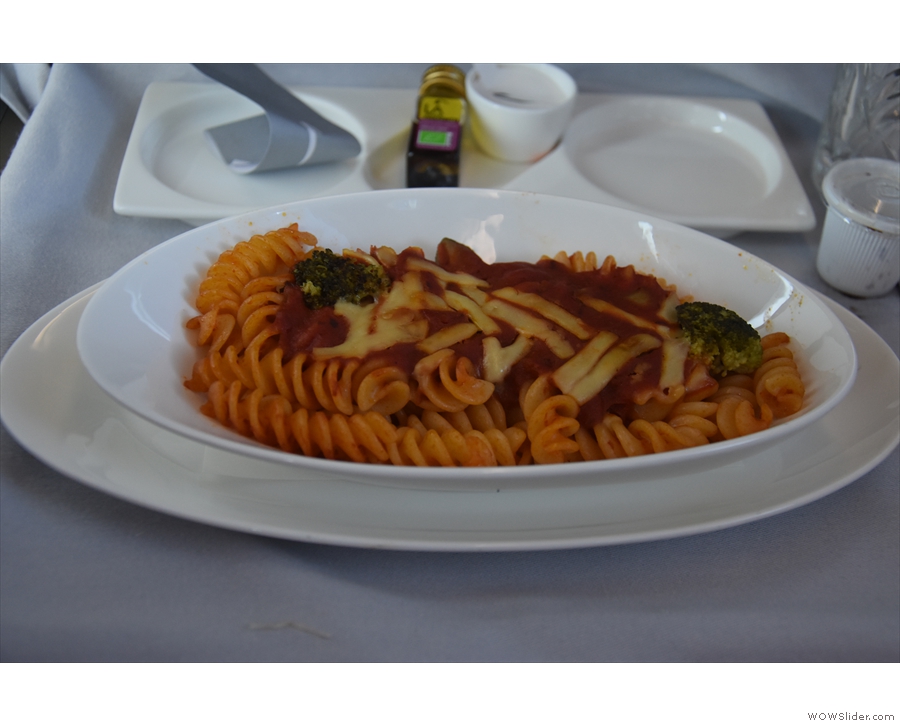
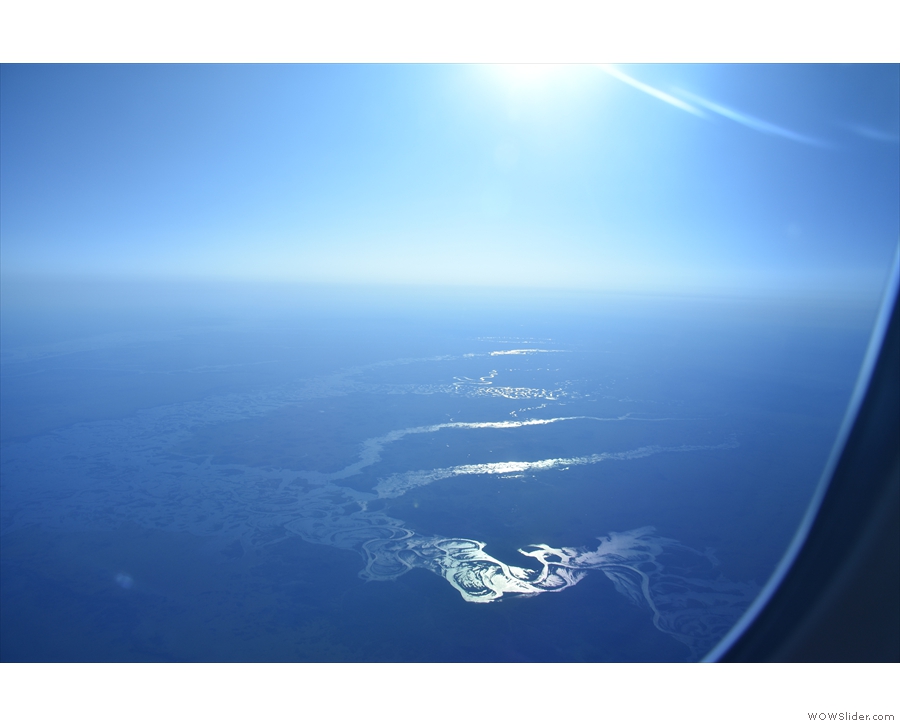
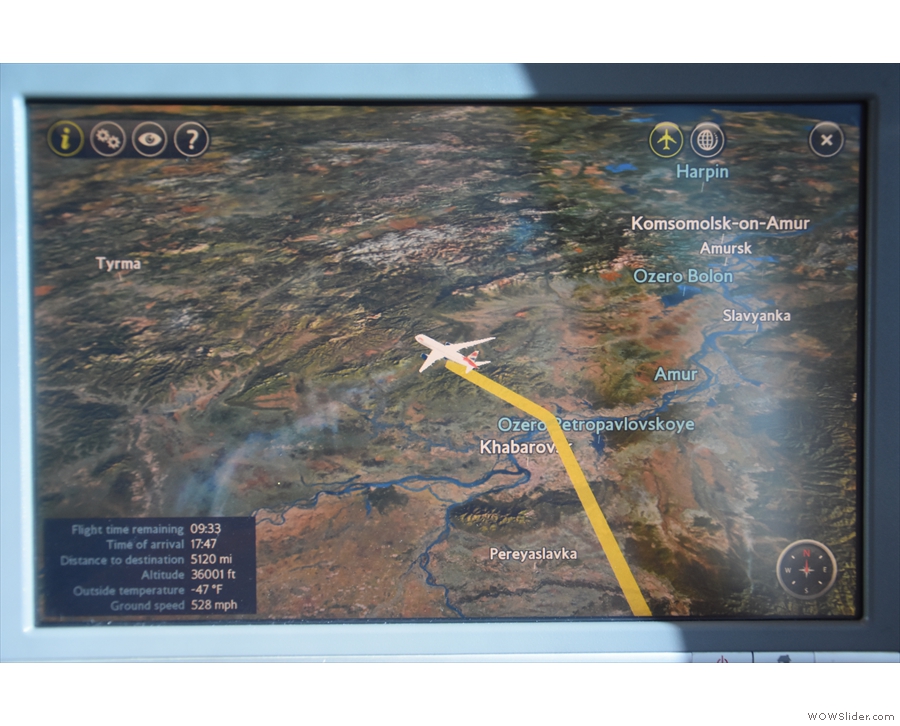
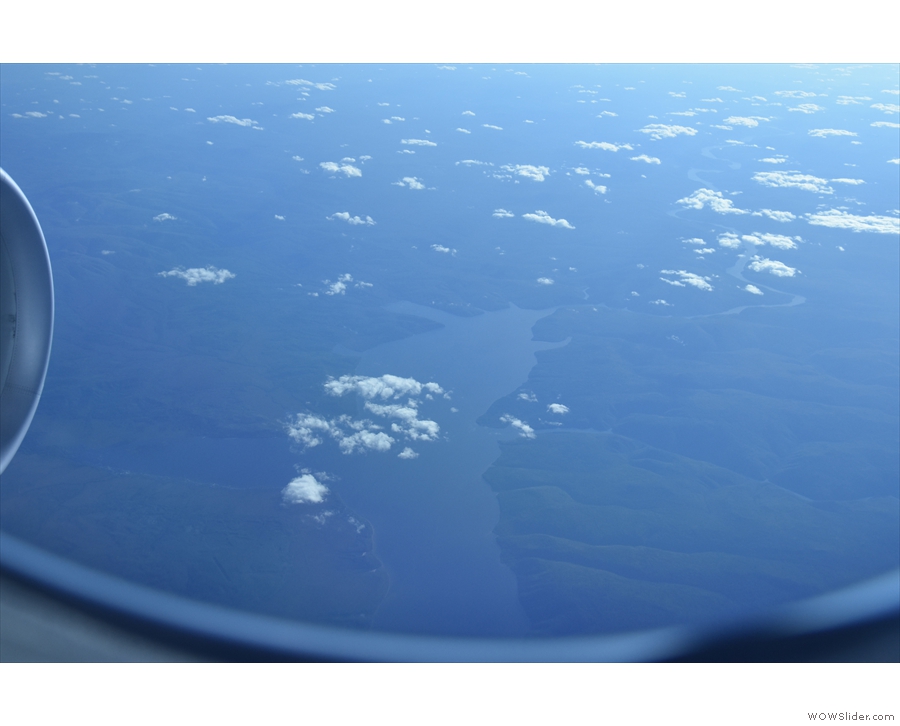
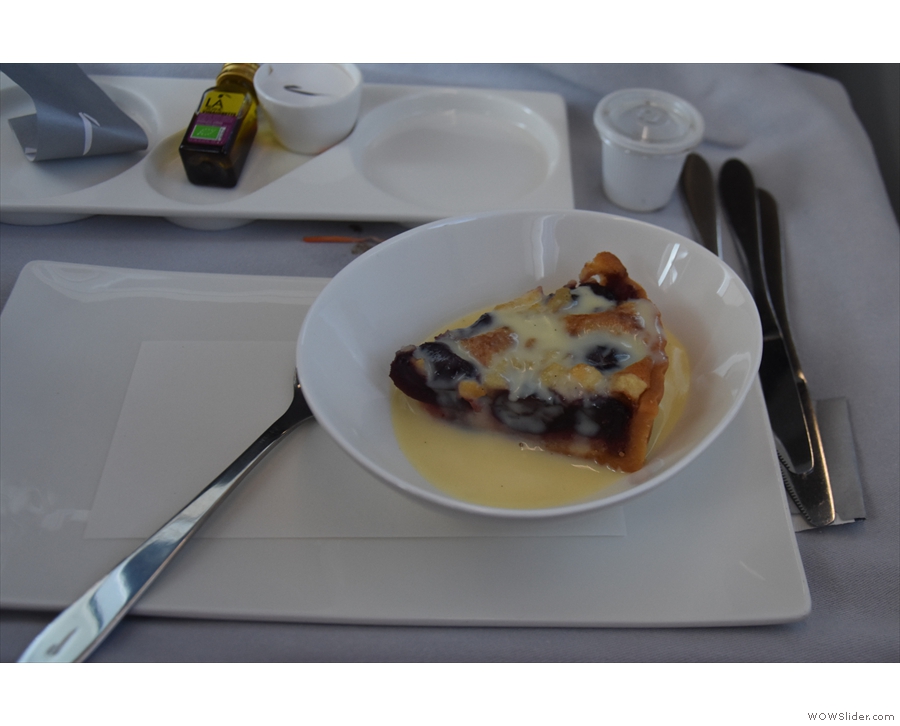
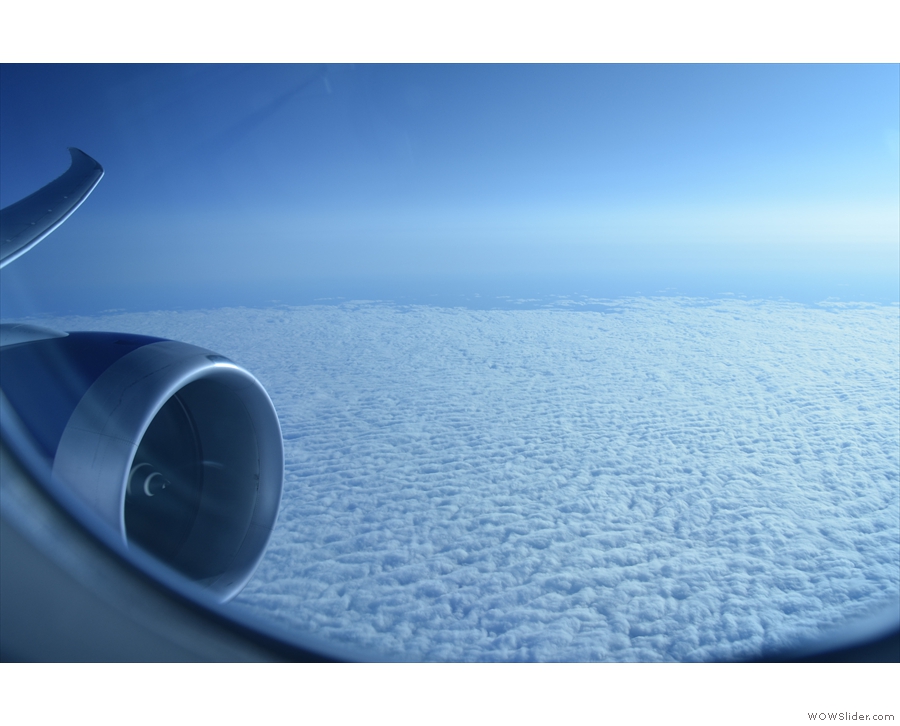
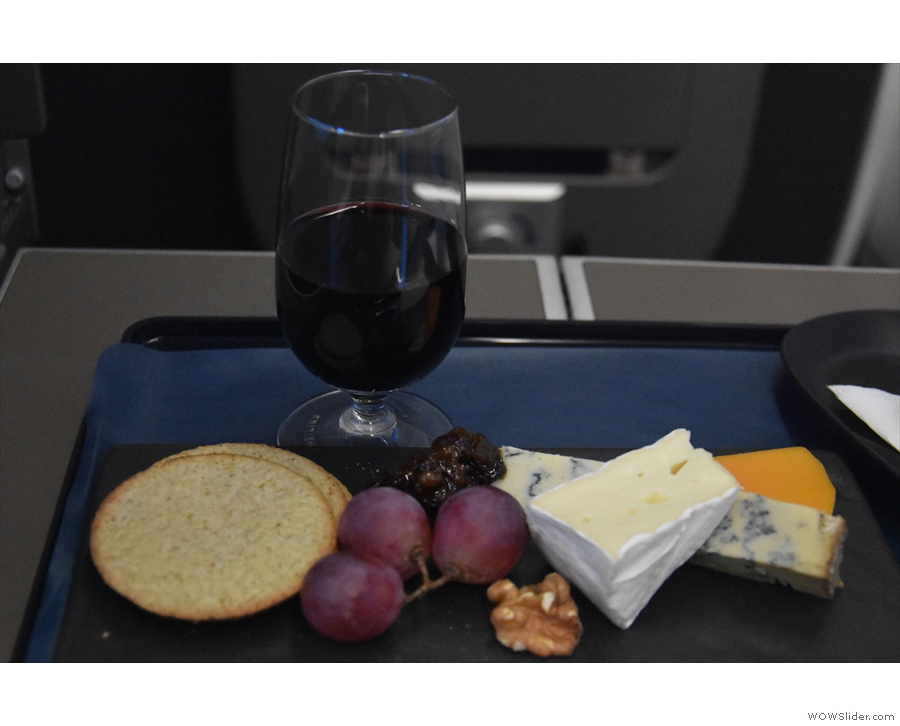
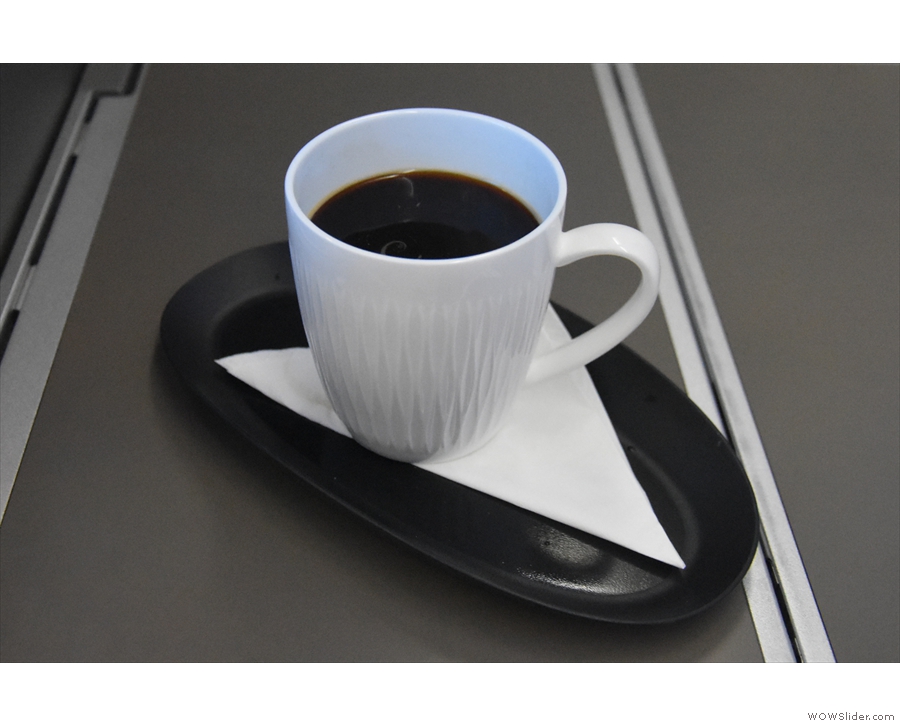
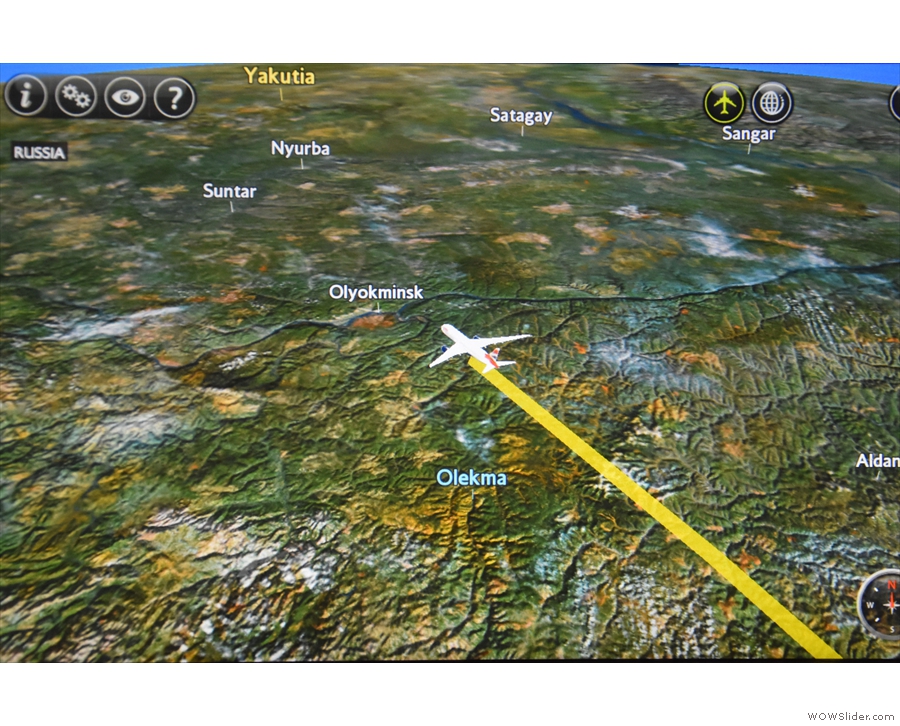
 1
1 2
2 3
3 4
4 5
5 6
6 7
7 8
8 9
9 10
10 11
11 12
12 13
13 14
14 15
15 16
16 17
17 18
18 19
19 20
20 21
21 22
22 23
23 24
24 25
25 26
26 27
27 28
28 29
29 30
30 31
31 32
32 33
33 34
34 35
35 36
36 37
37 38
38 39
39 40
40 41
41 42
42 43
43 44
44 45
45 46
46 47
47 48
48 49
49 50
50 51
51 52
52 53
53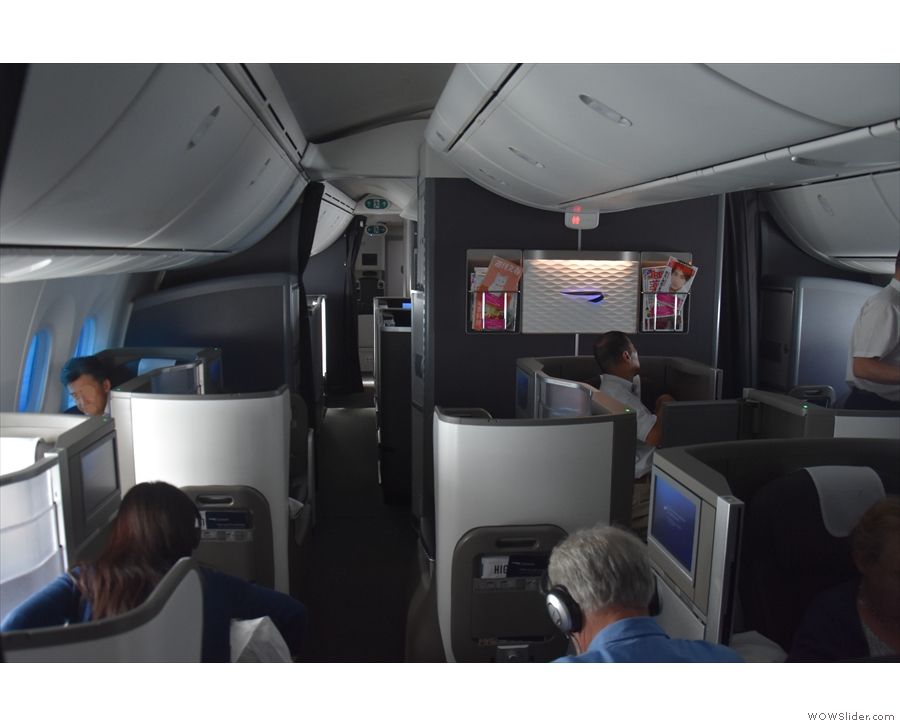
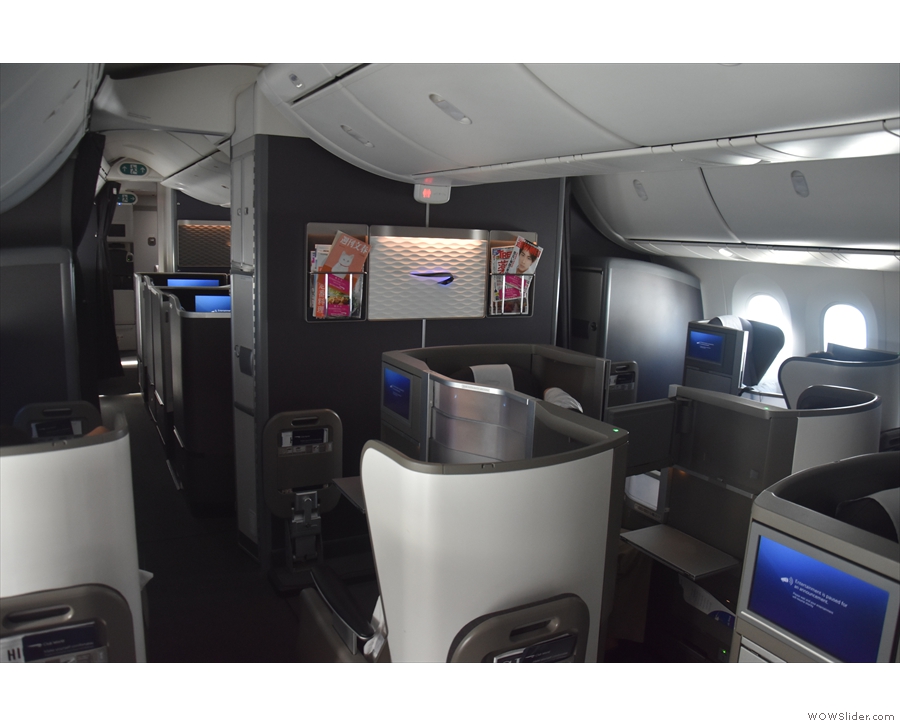
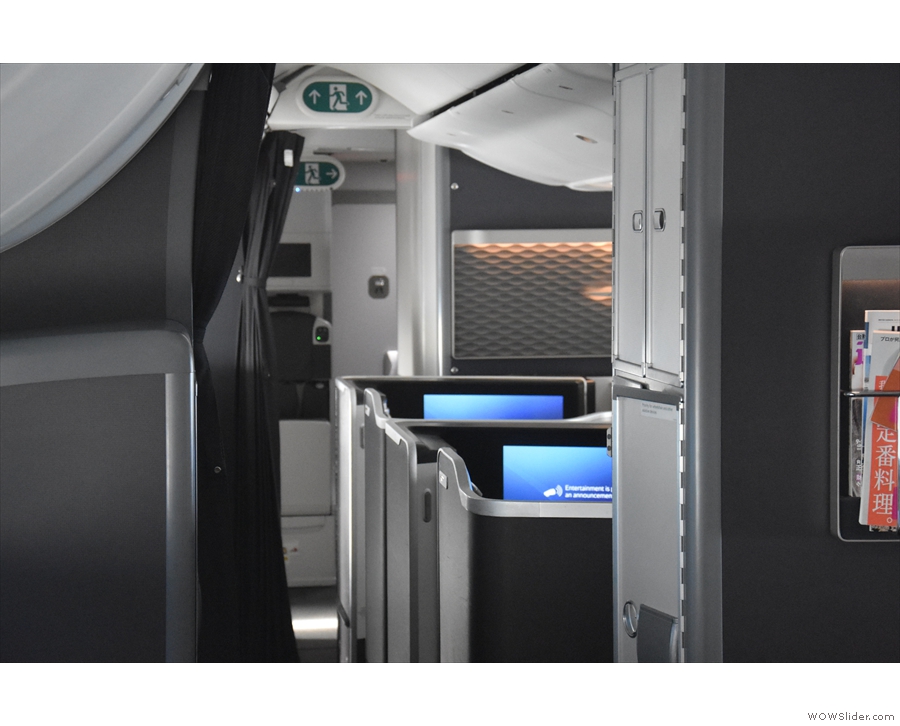
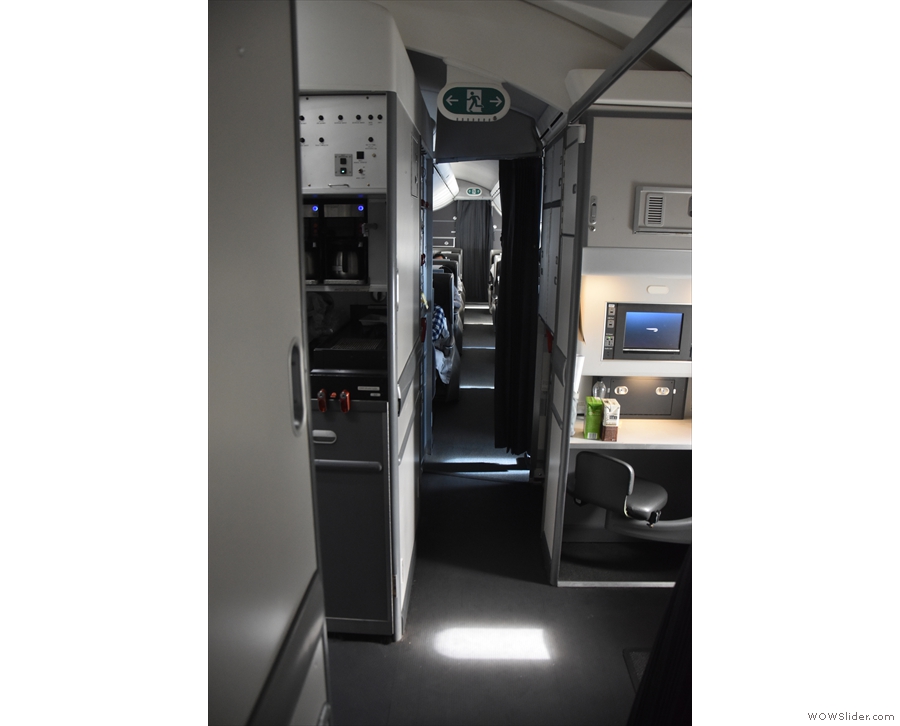
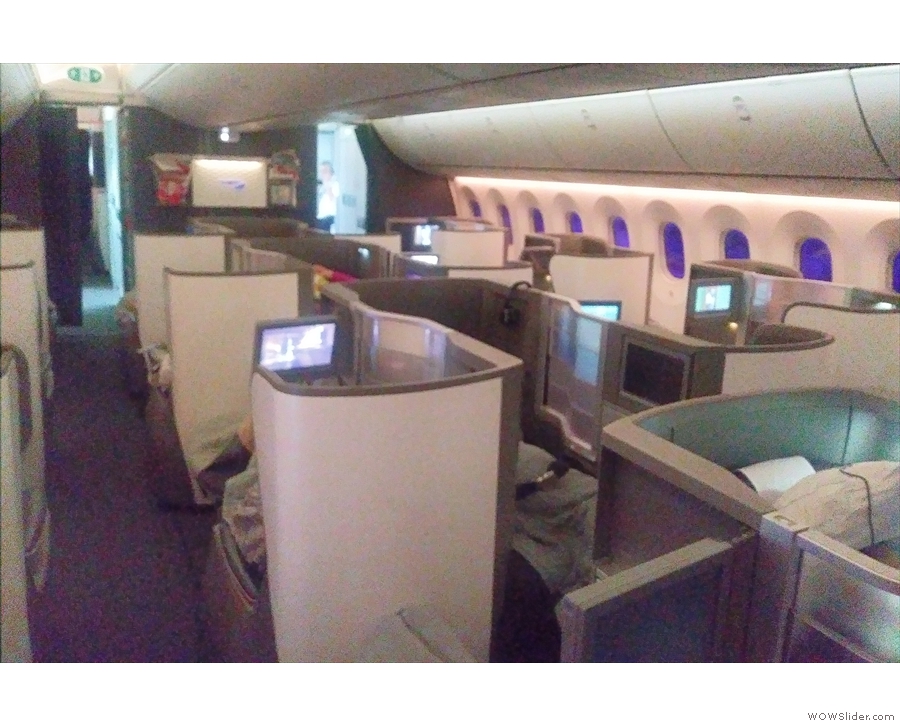
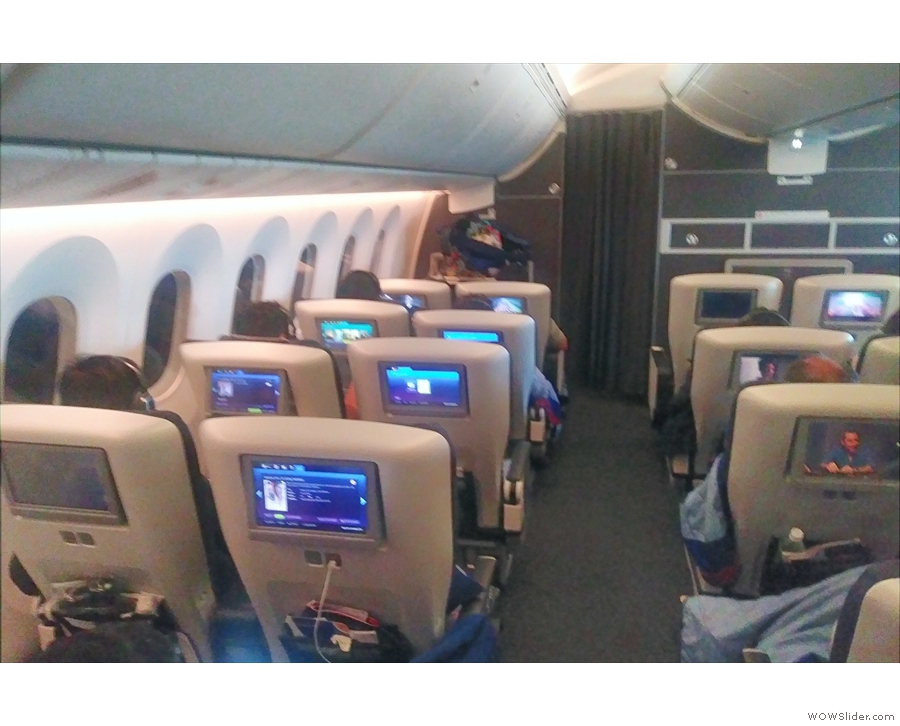
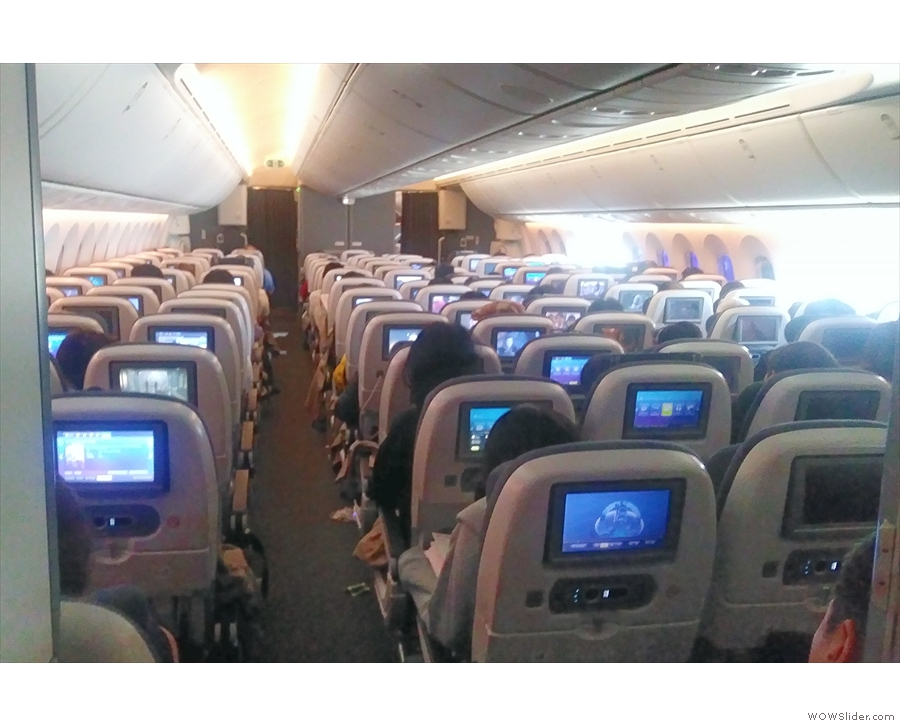
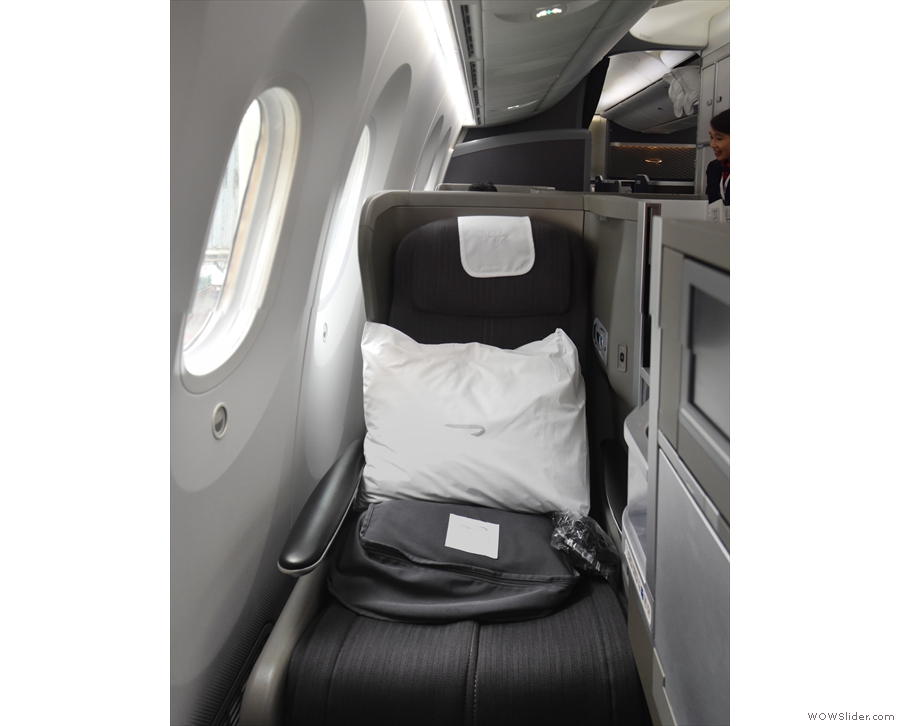
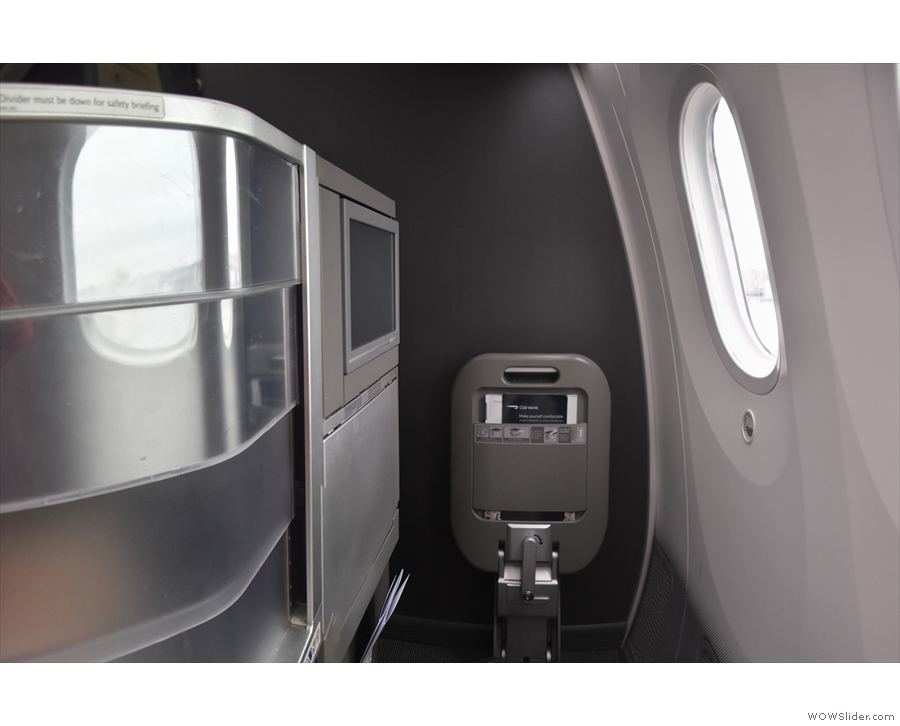
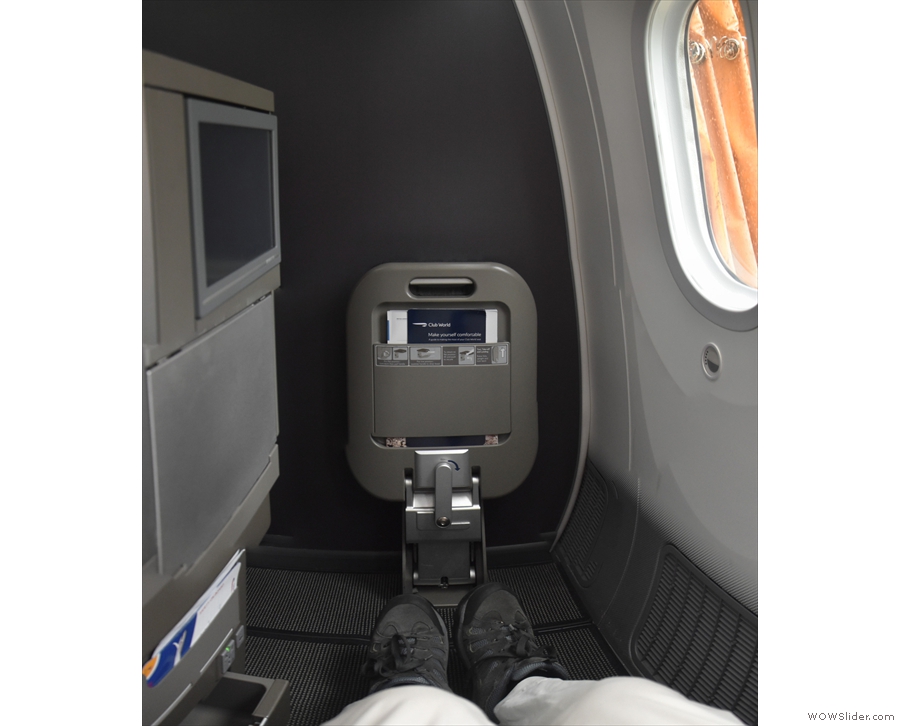
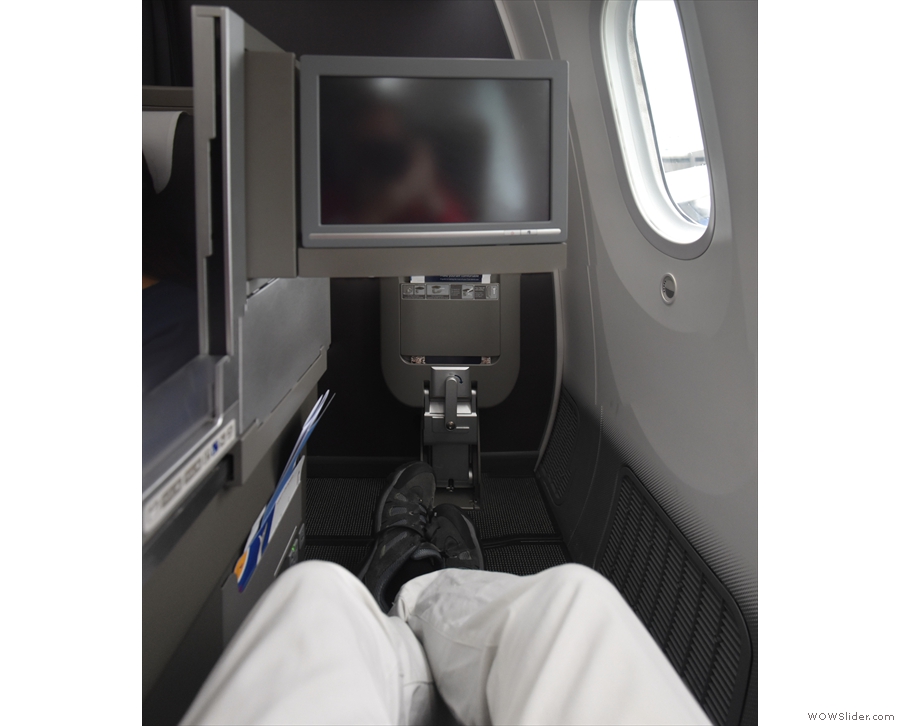
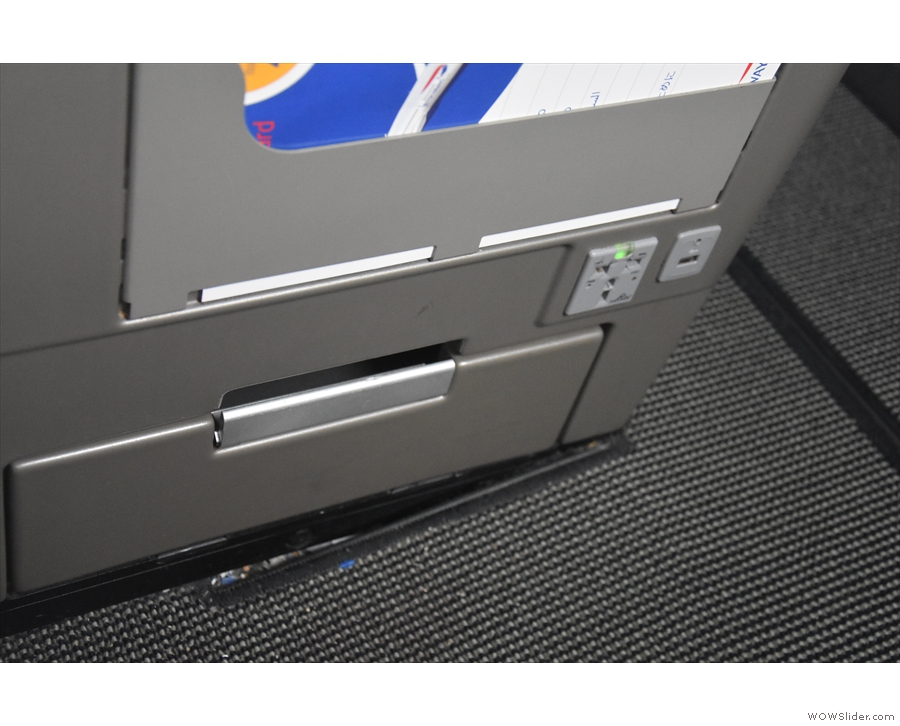
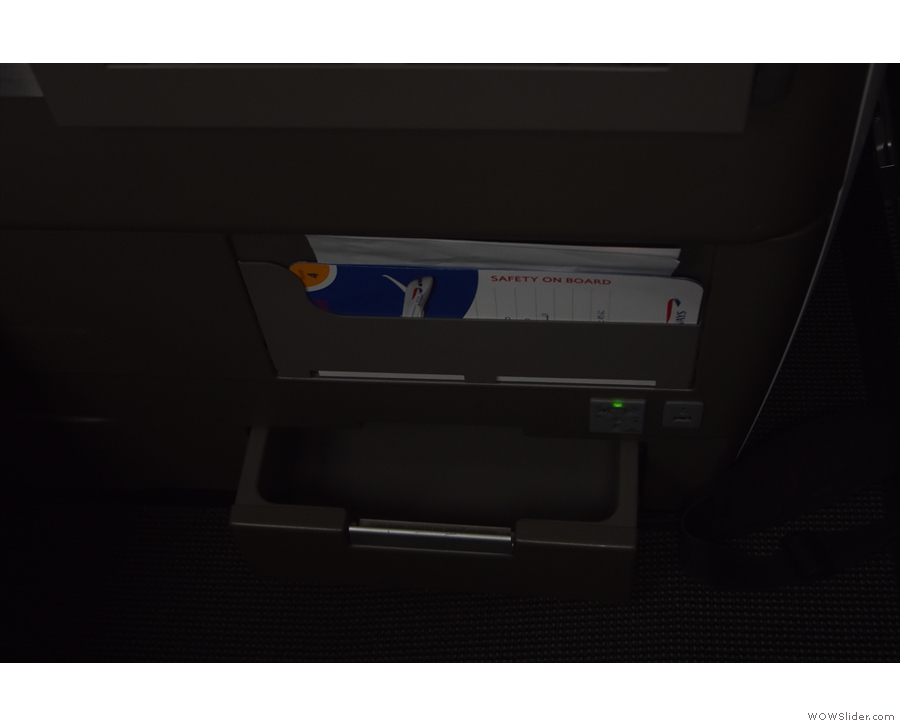
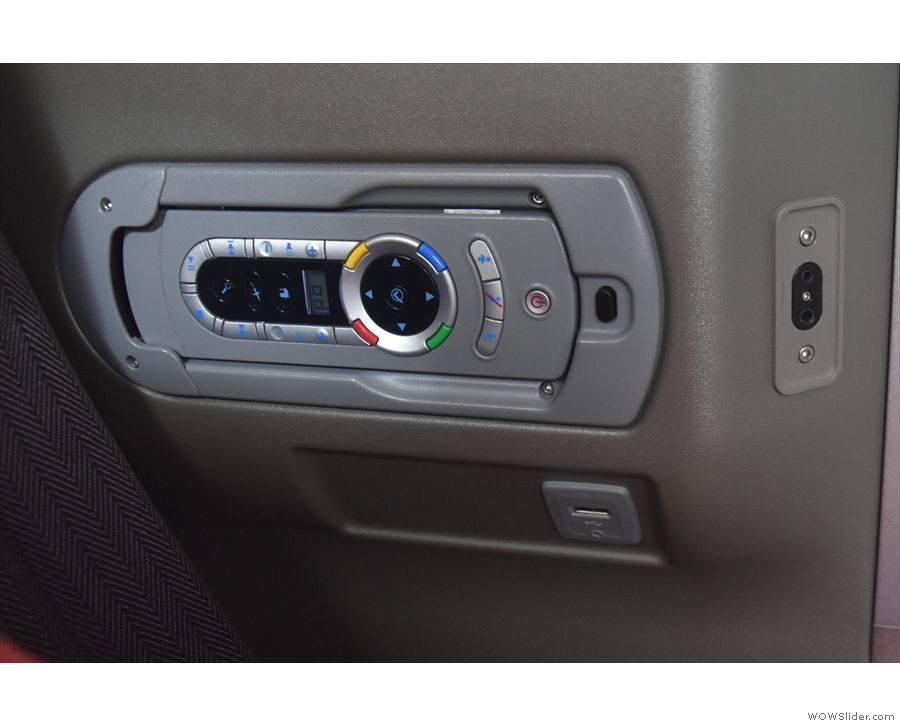
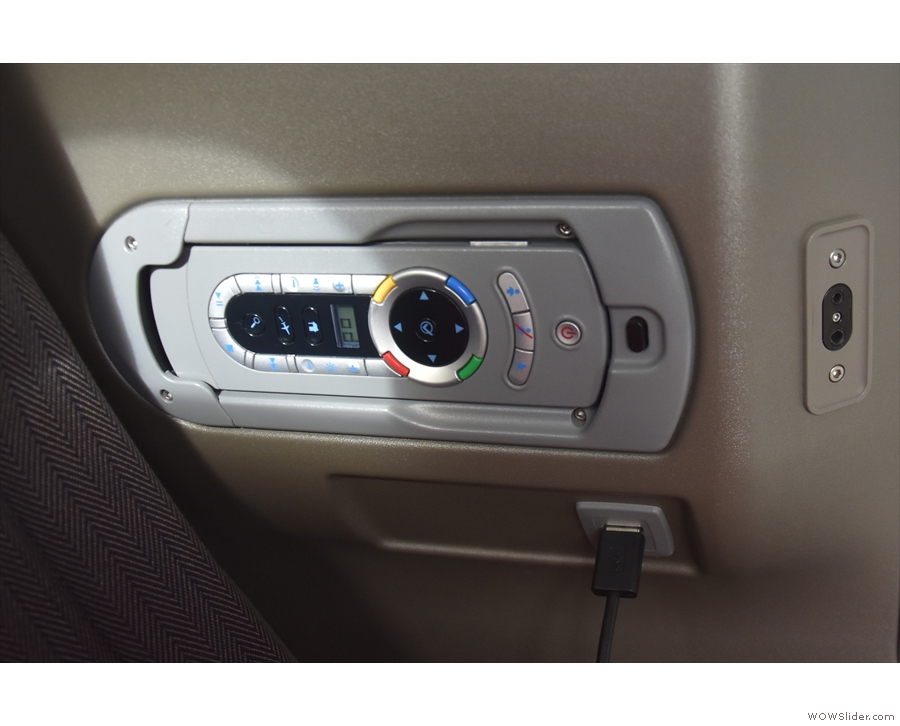
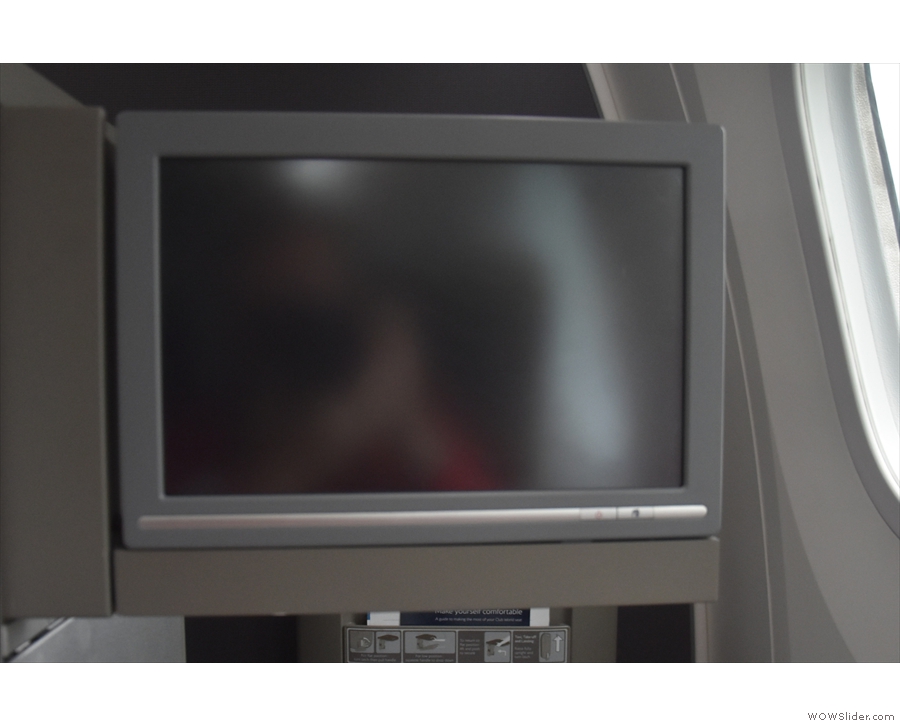
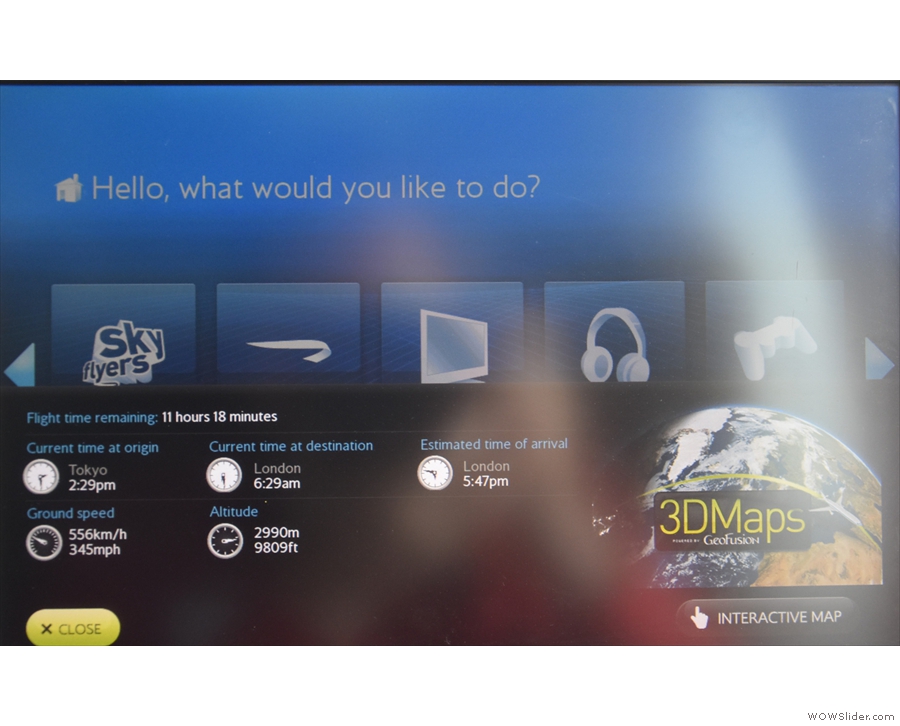
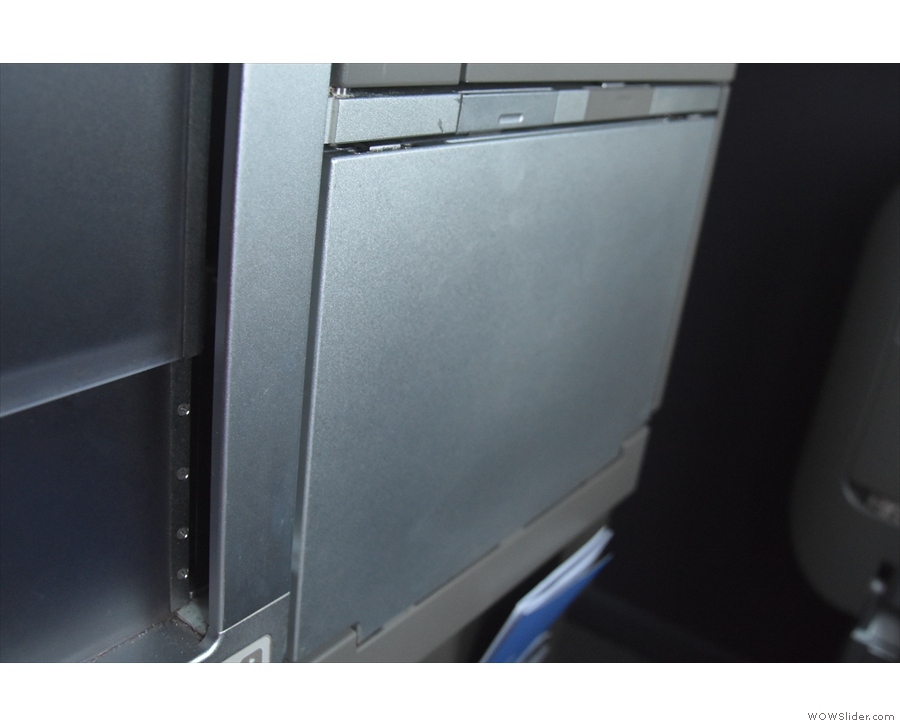
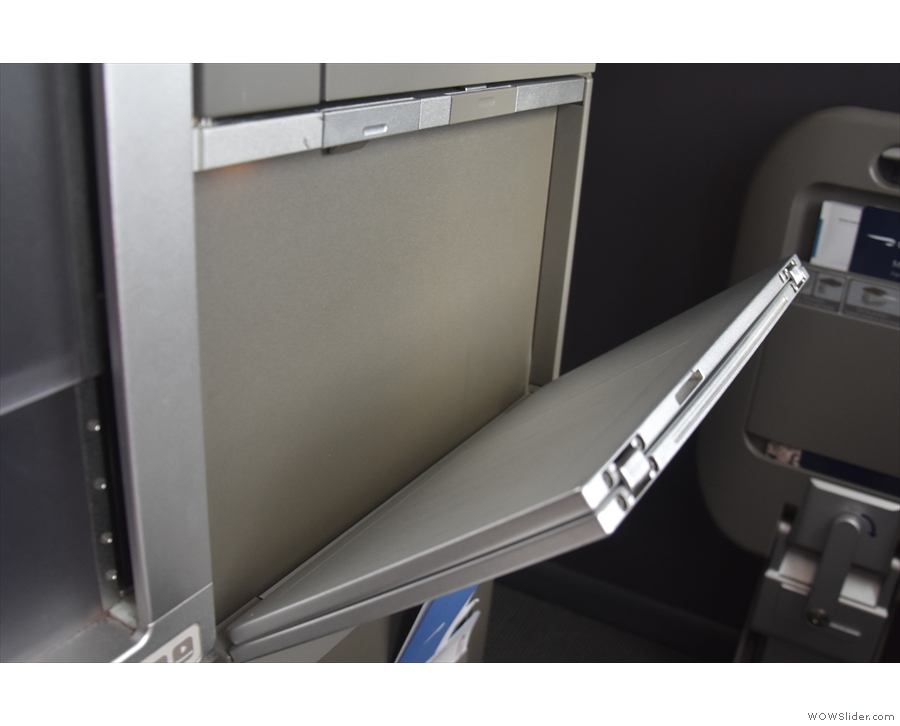
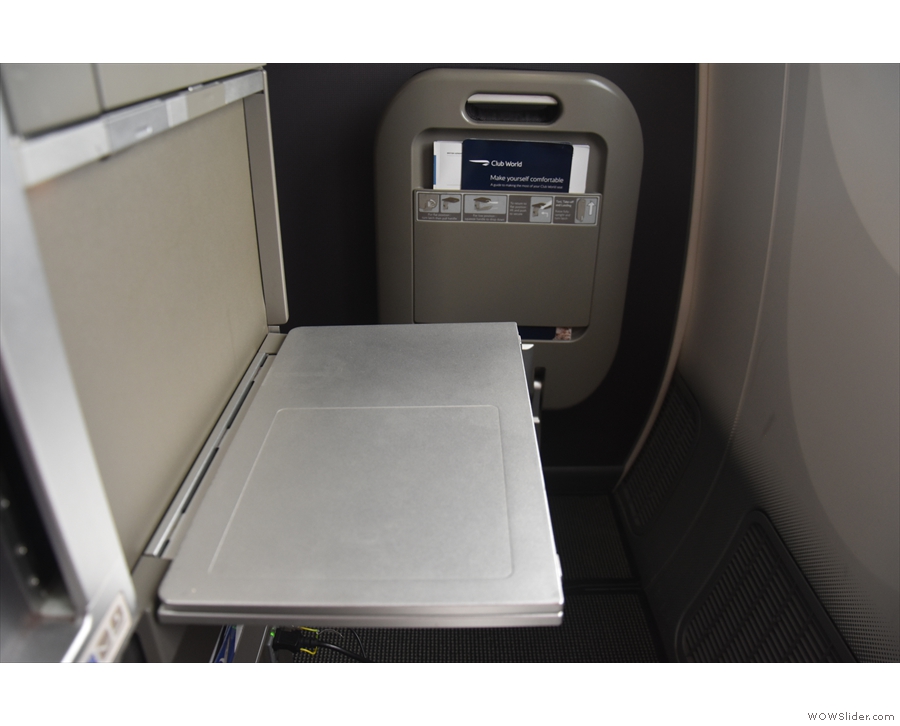
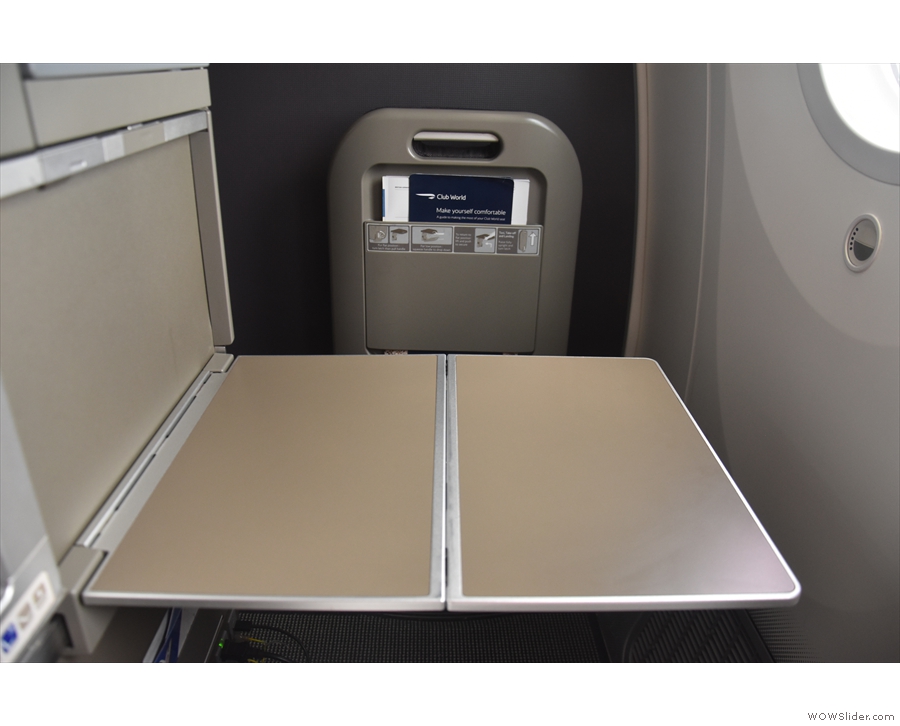
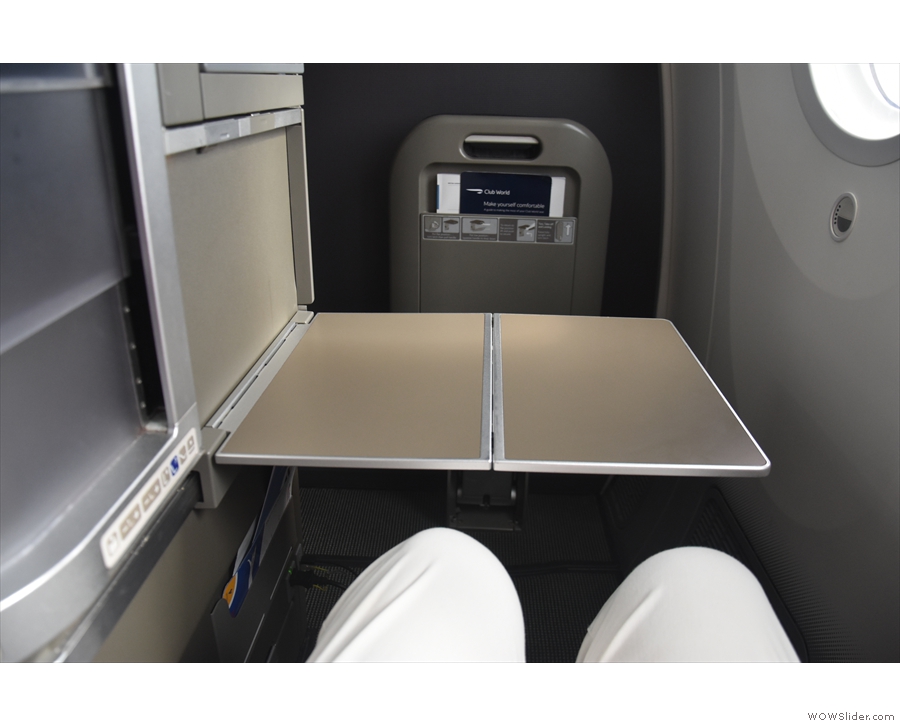
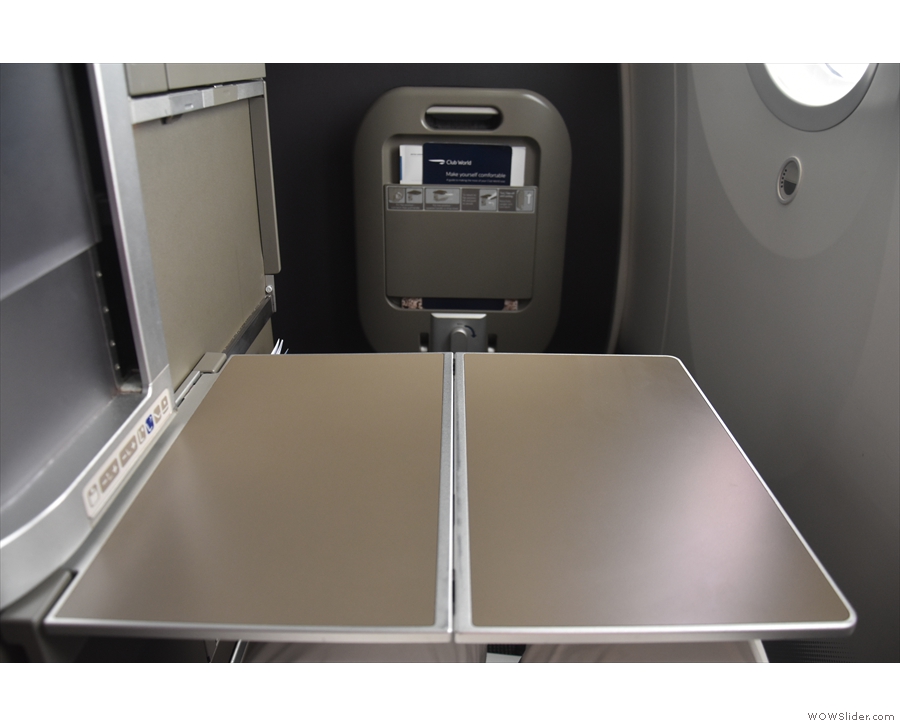
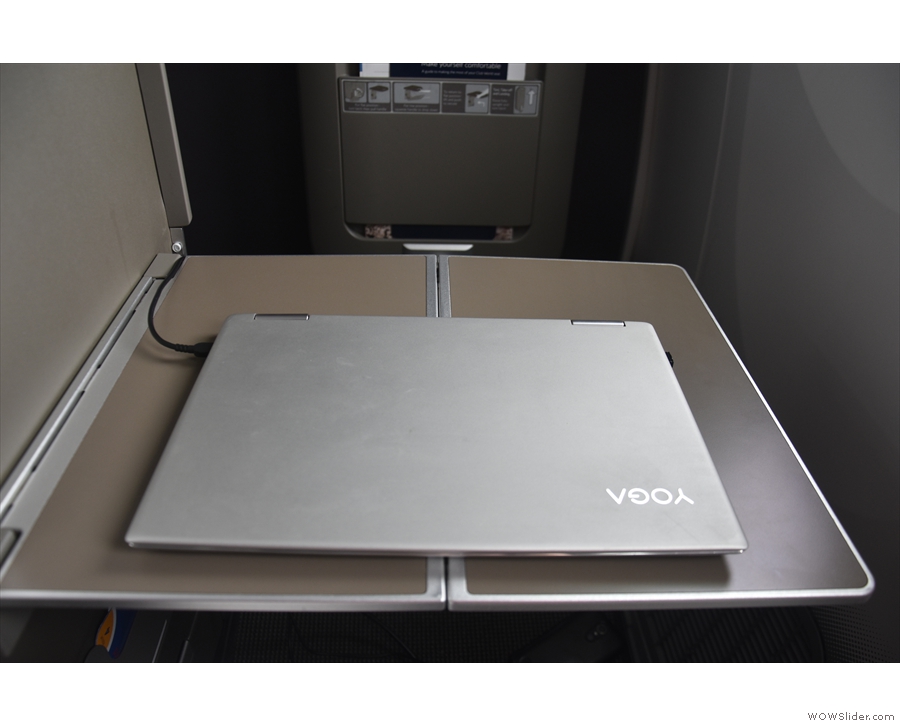
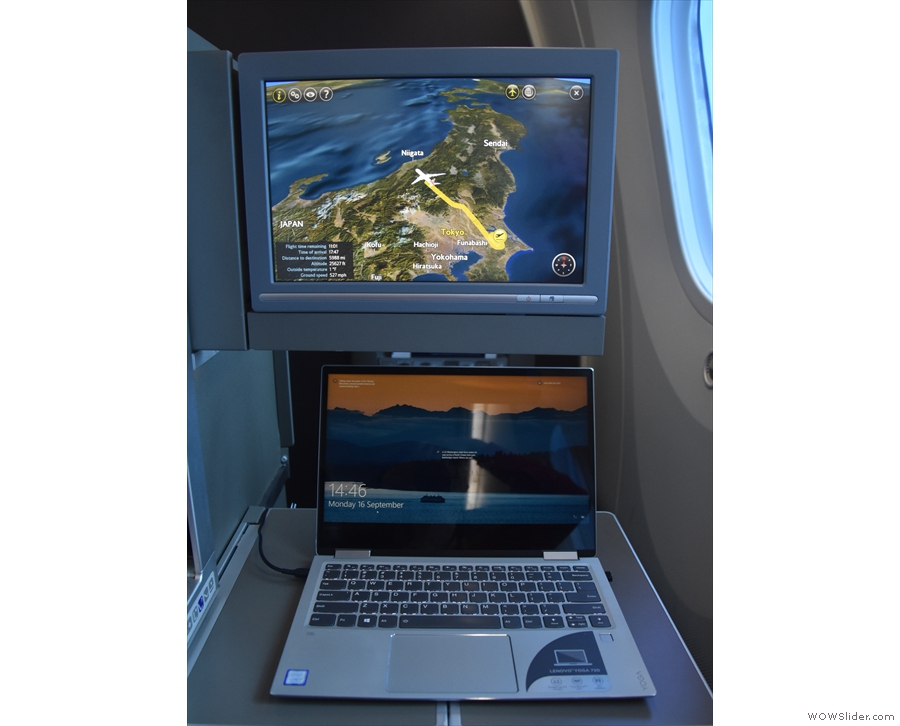
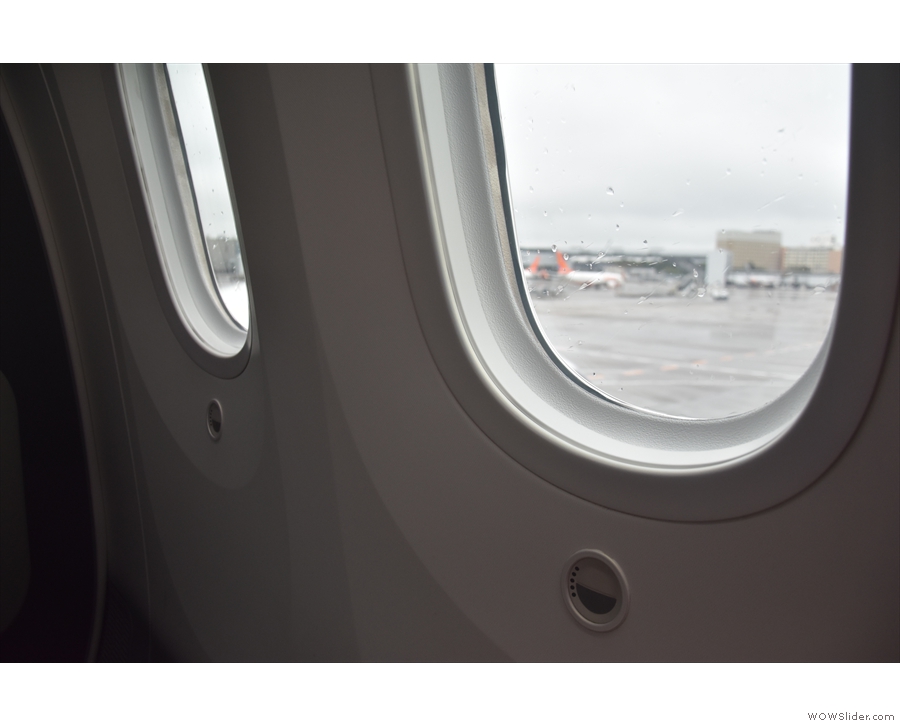
 1
1 2
2 3
3 4
4 5
5 6
6 7
7 8
8 9
9 10
10 11
11 12
12 13
13 14
14 15
15 16
16 17
17 18
18 19
19 20
20 21
21 22
22 23
23 24
24 25
25 26
26
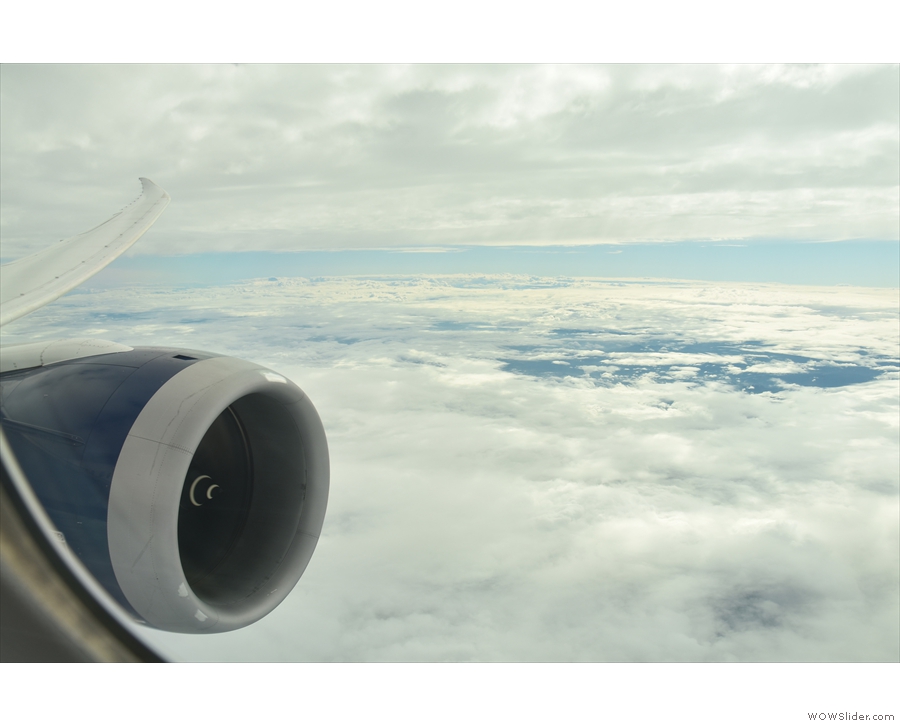
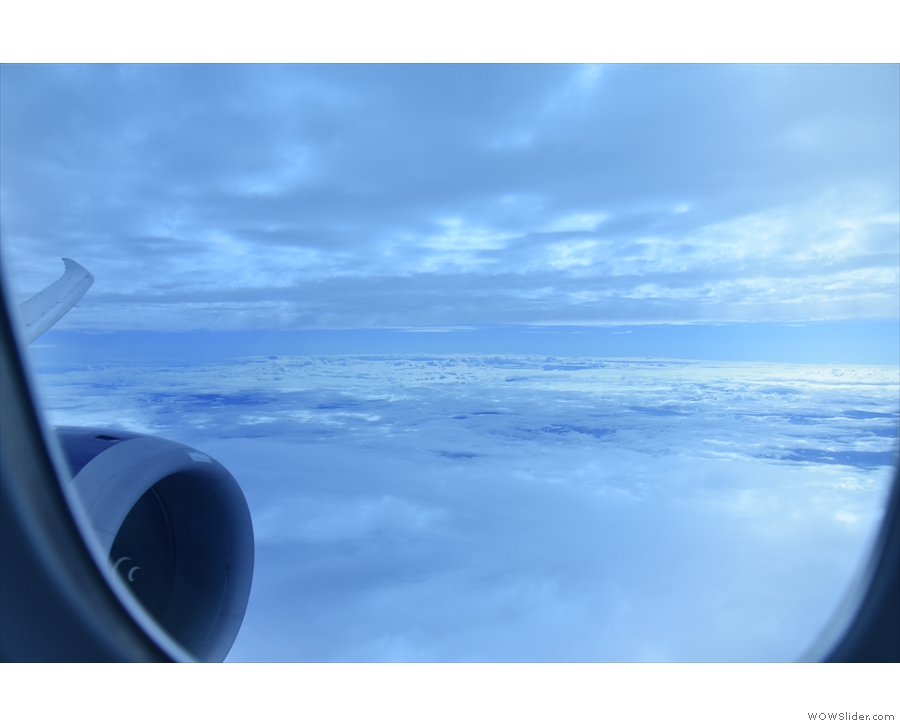
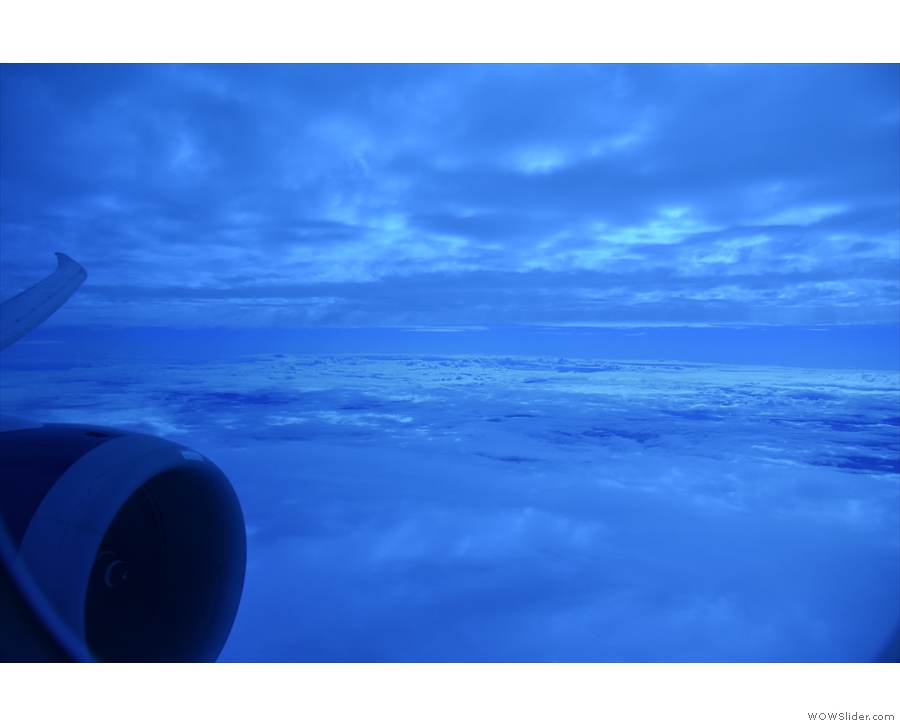


 1
1 2
2 3
3 4
4 5
5 6
6
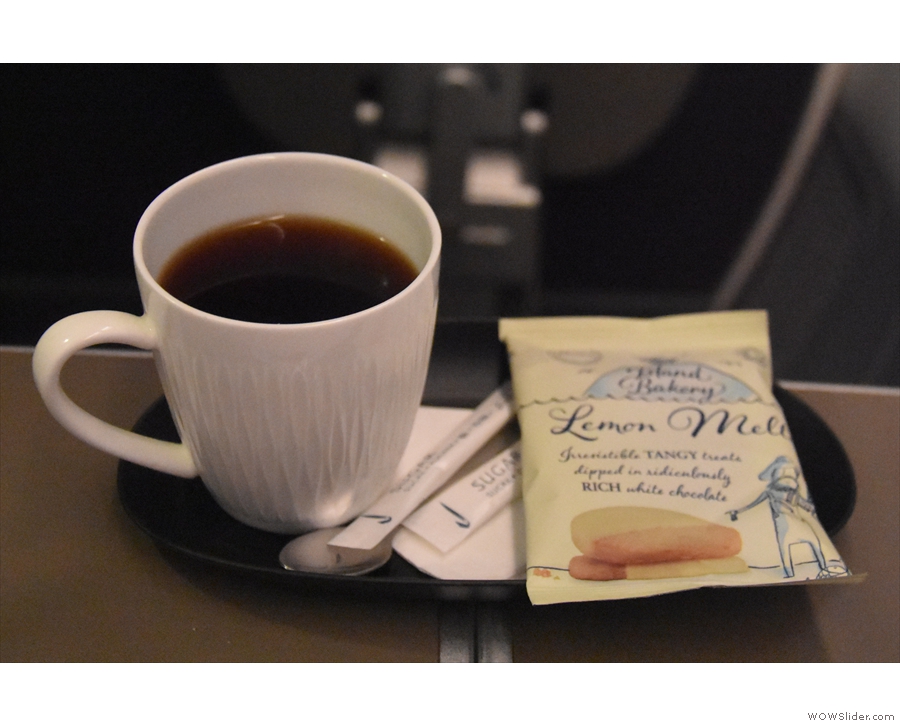
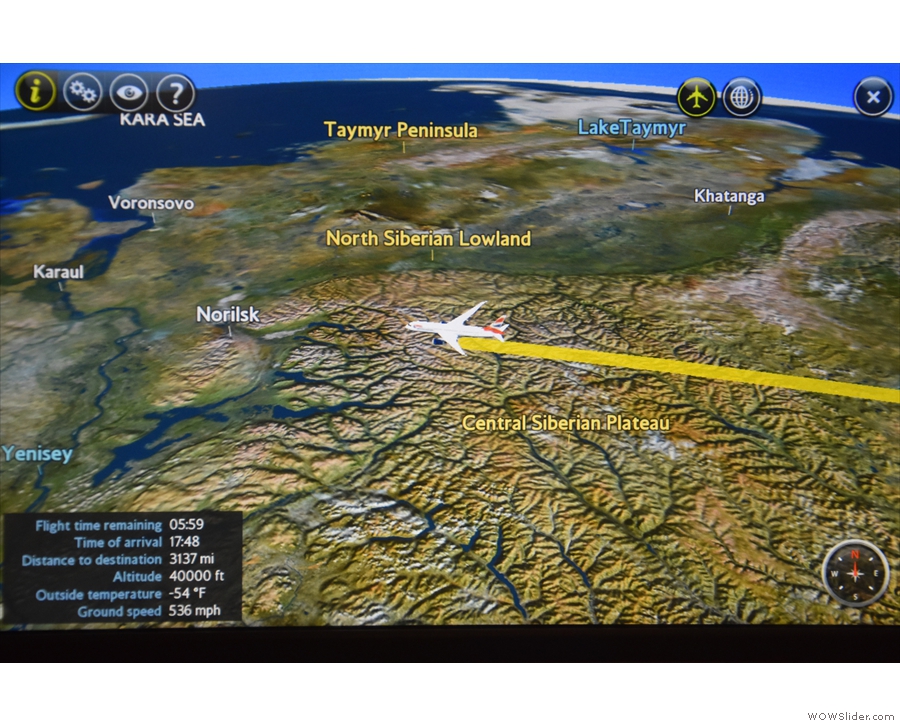
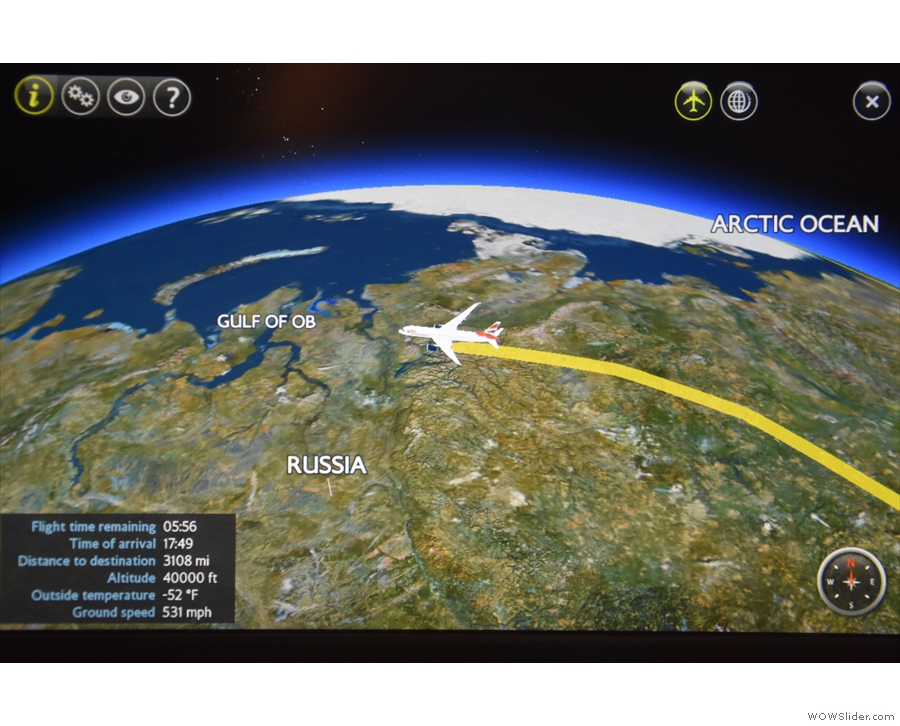
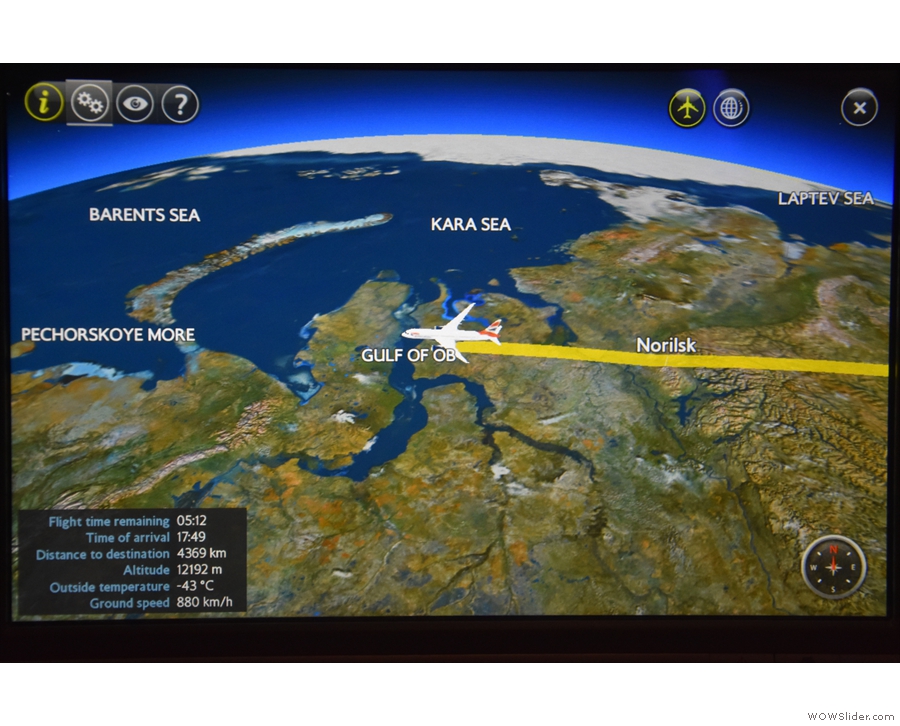
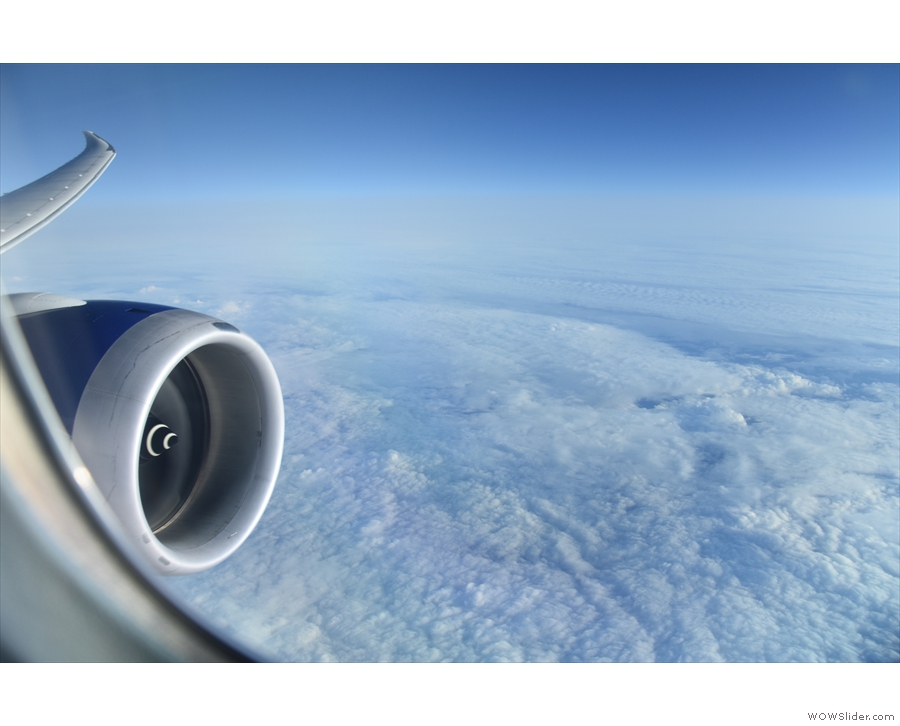
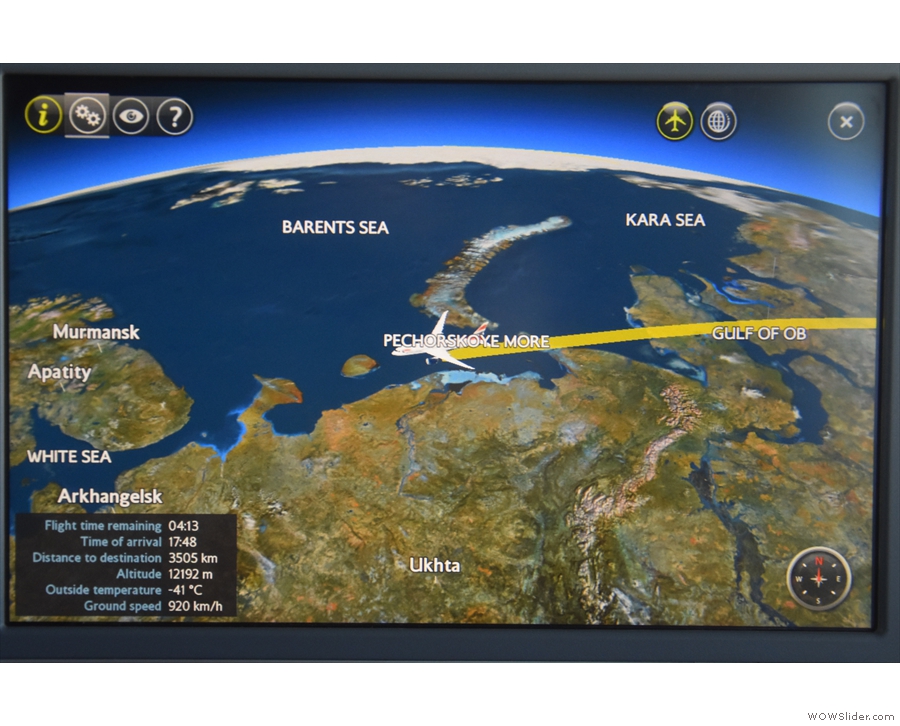
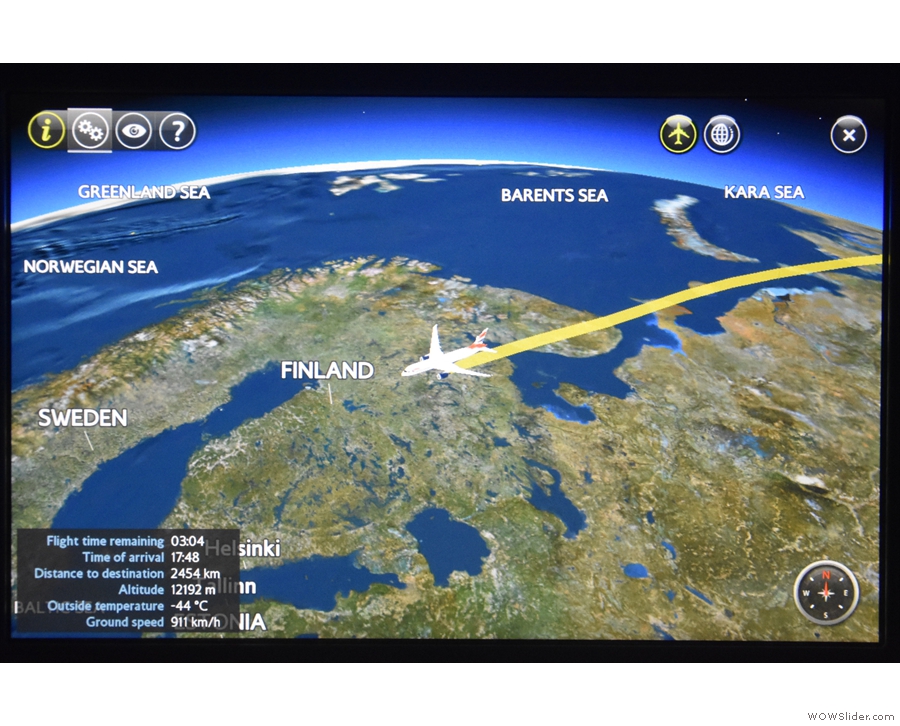
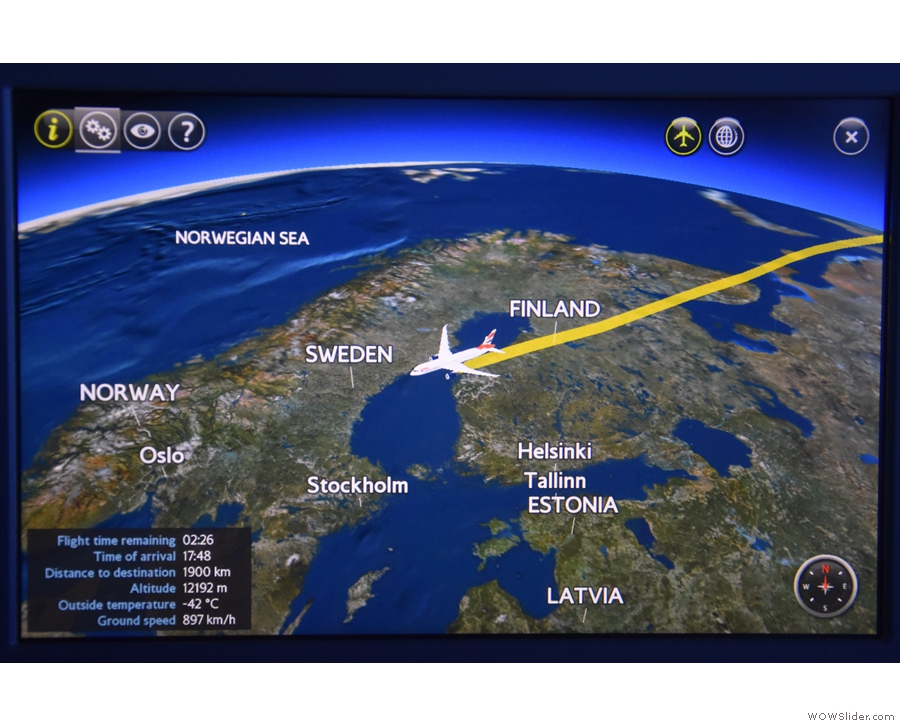
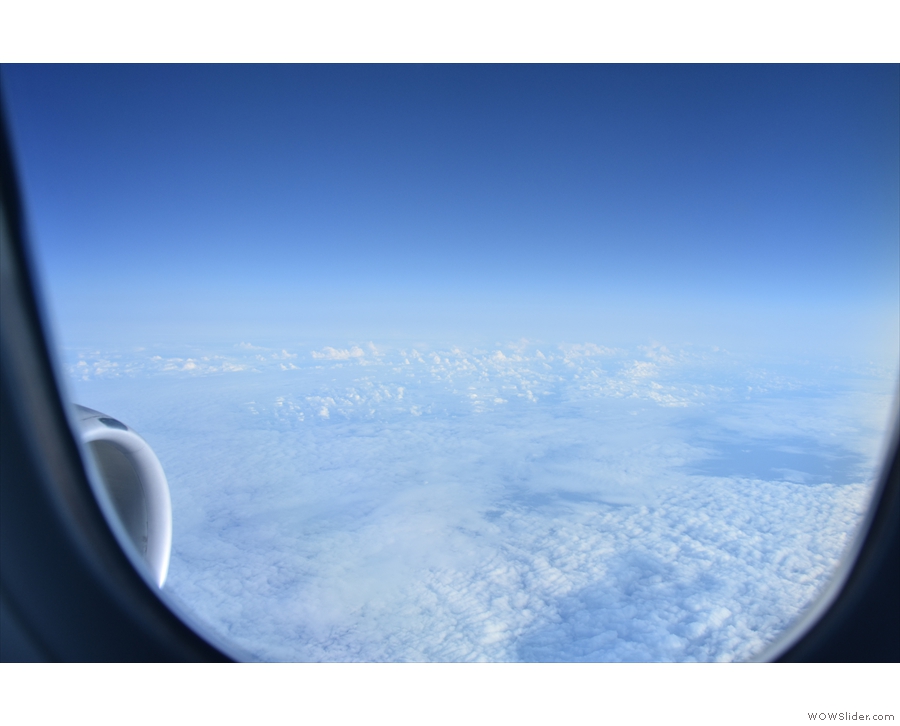
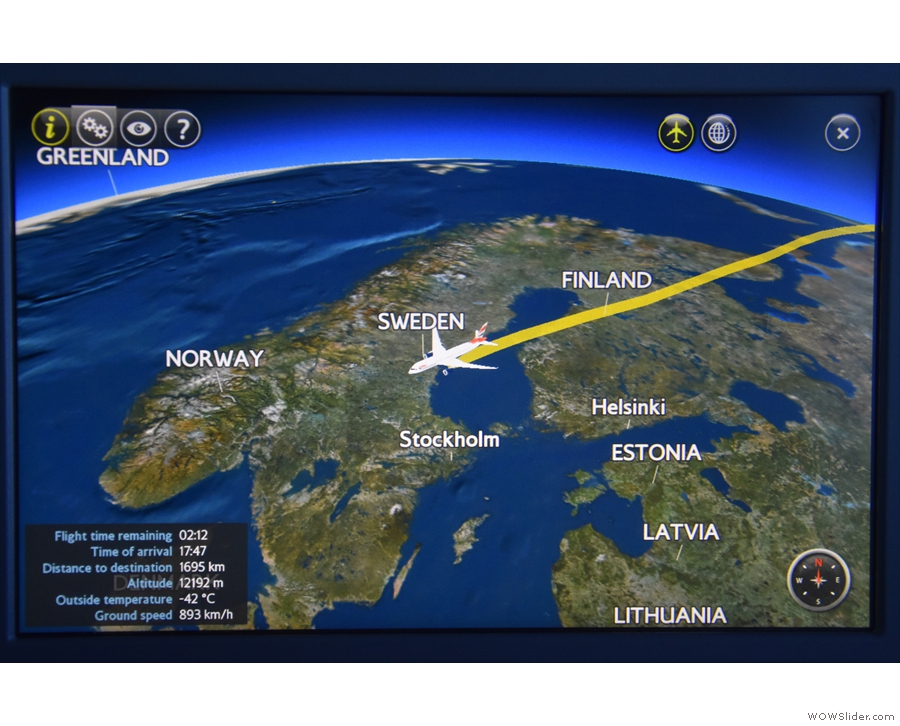
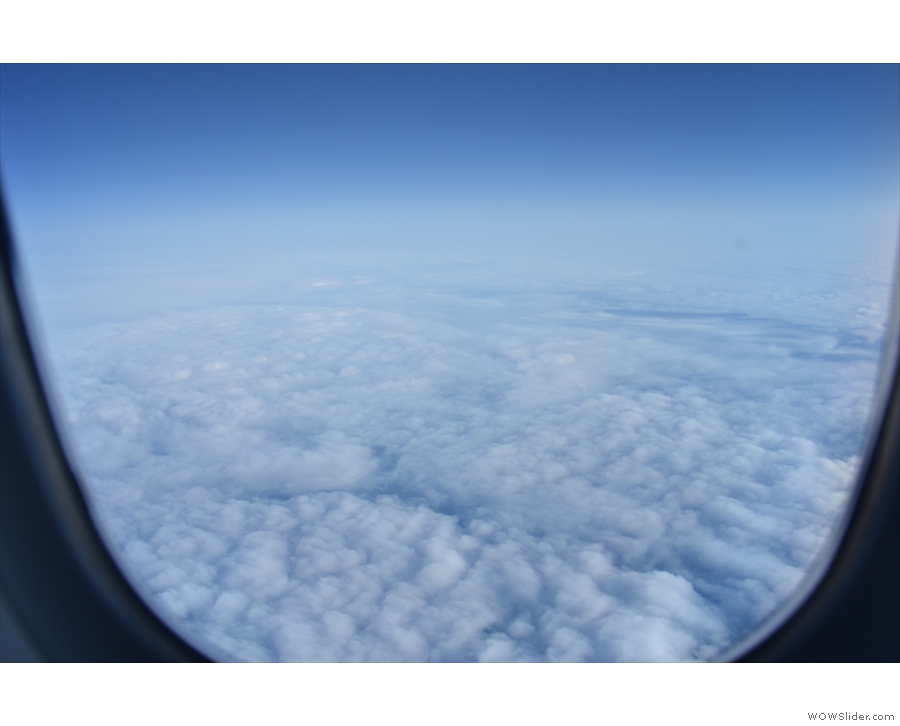
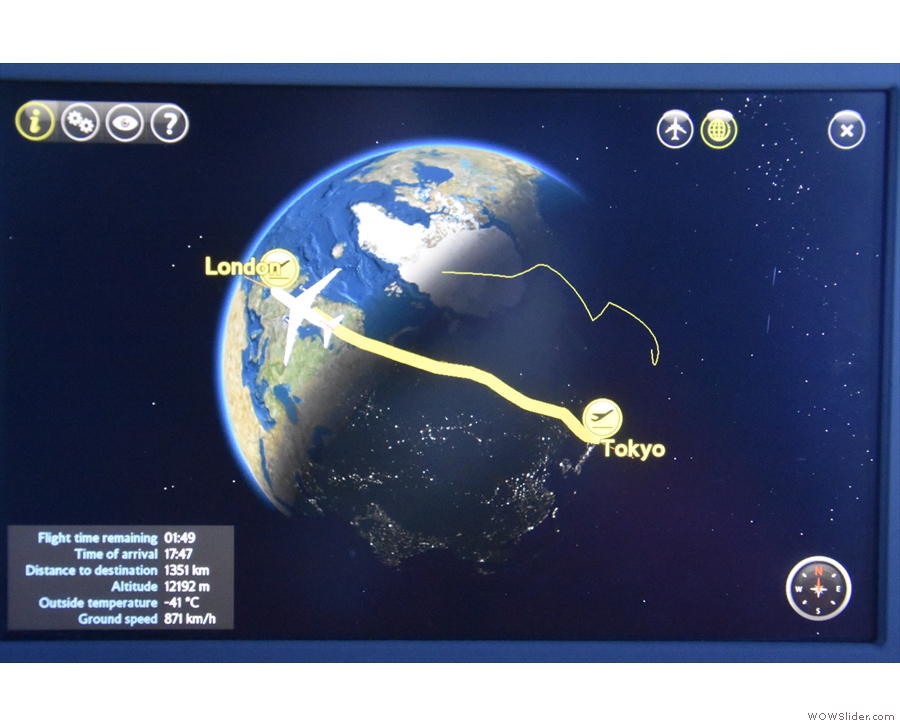
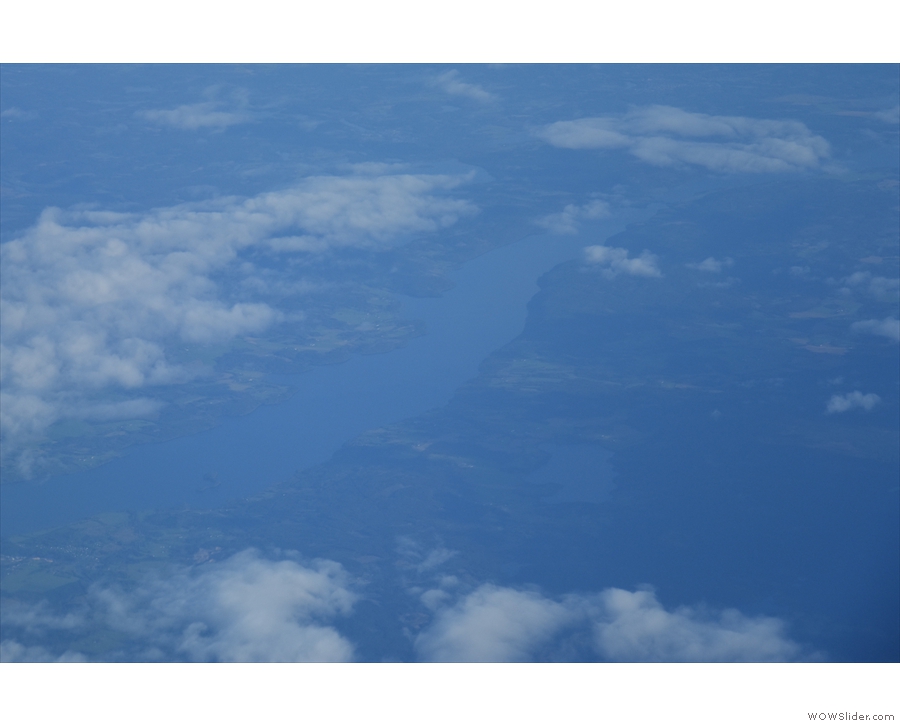
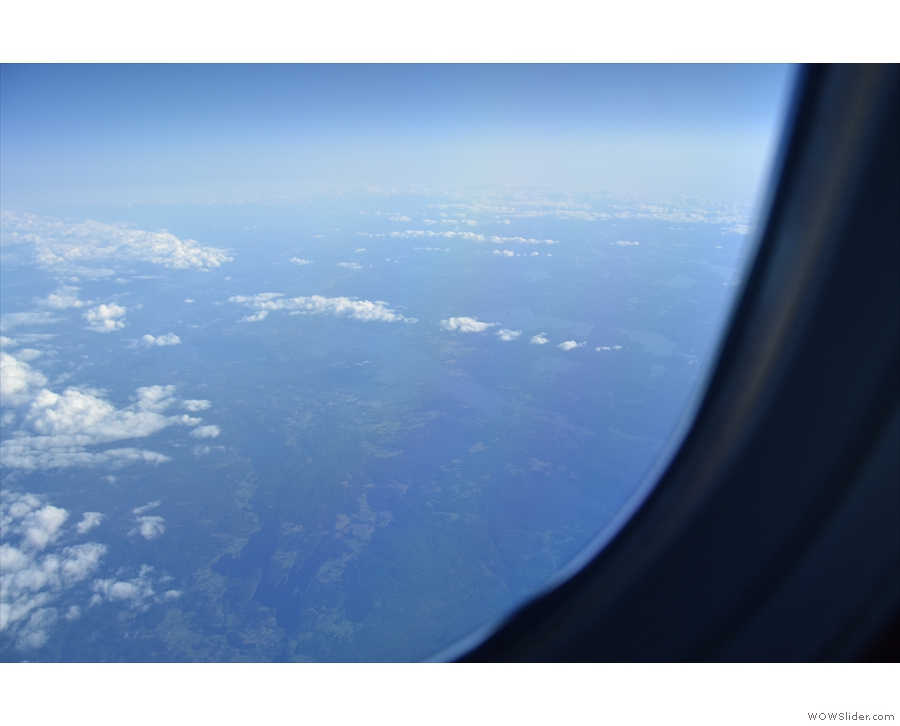
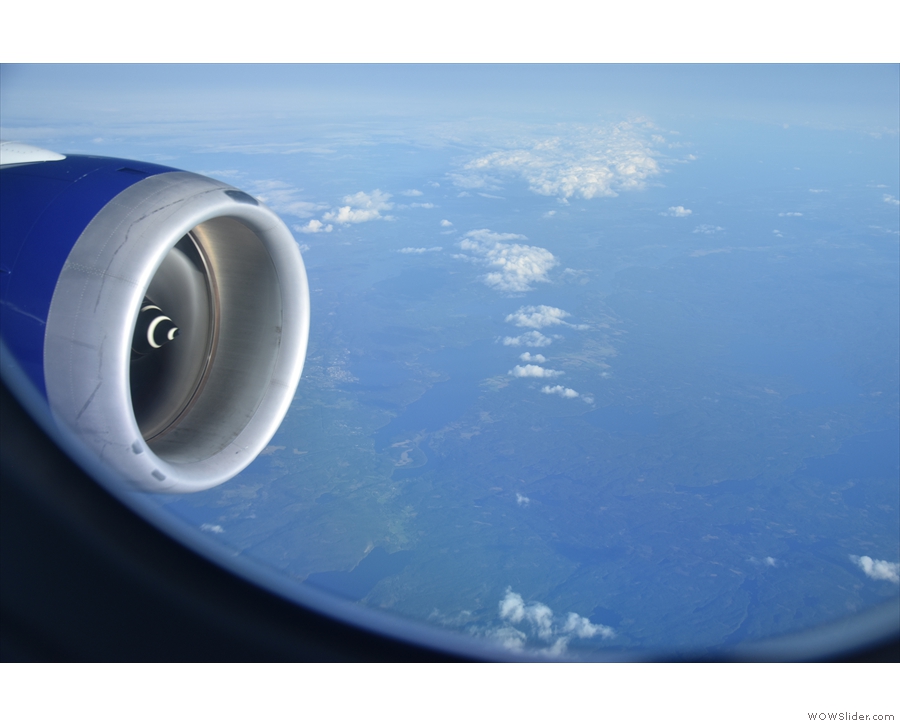
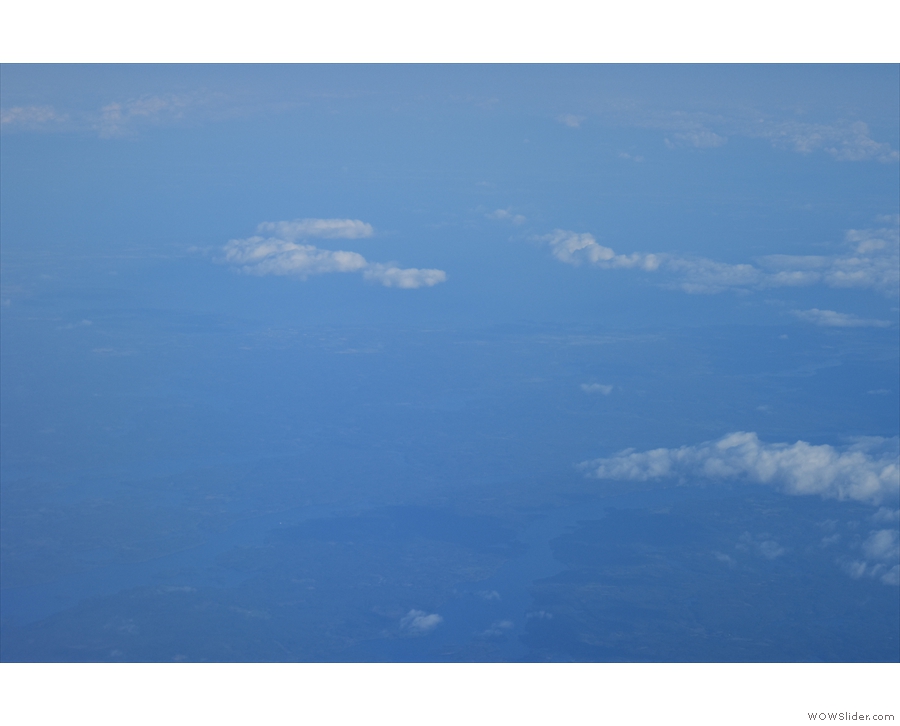
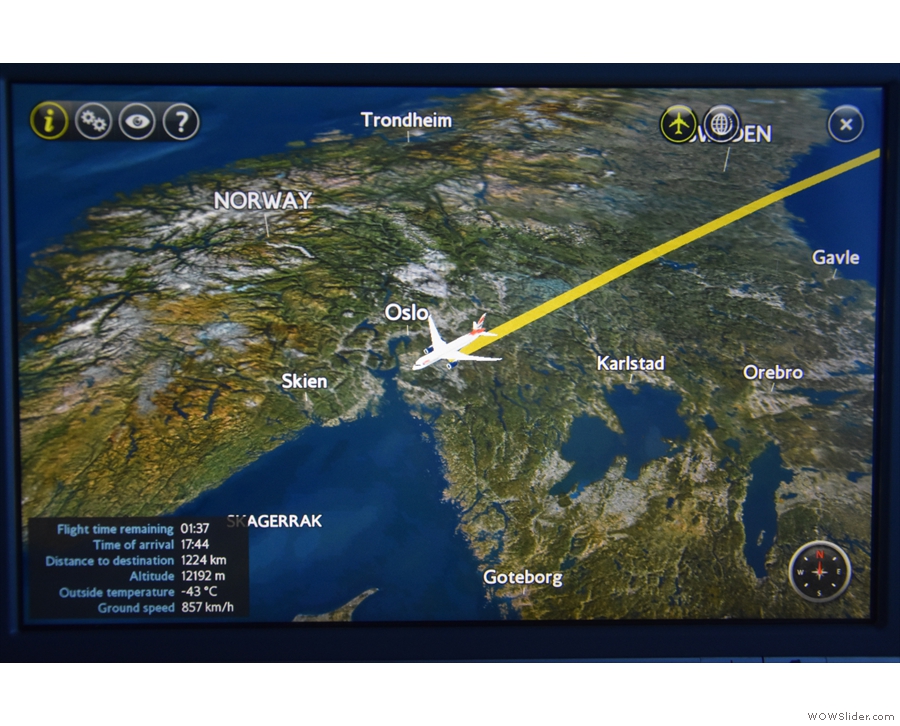
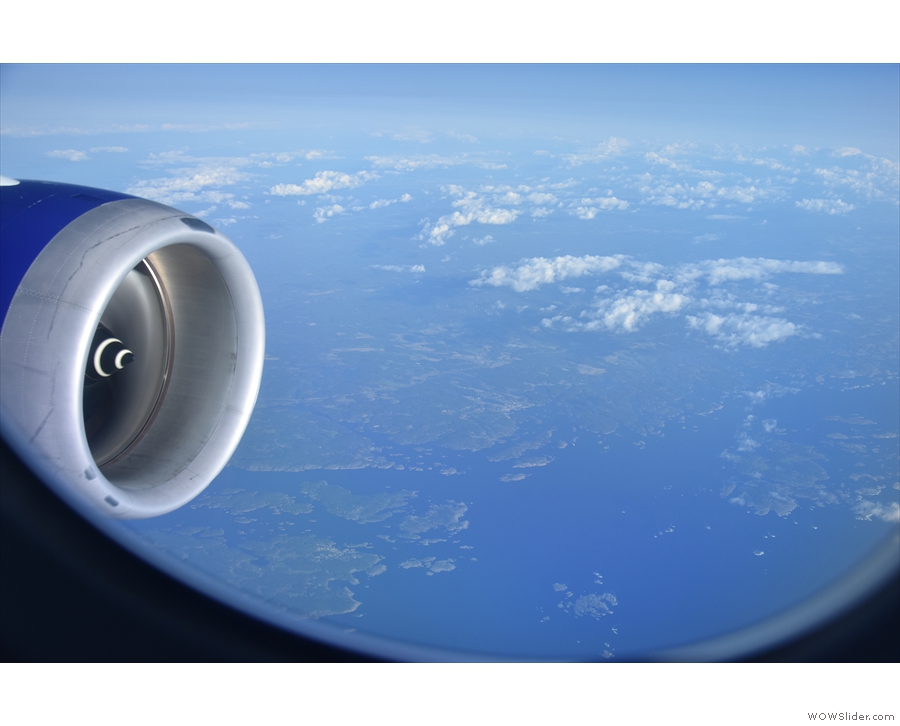
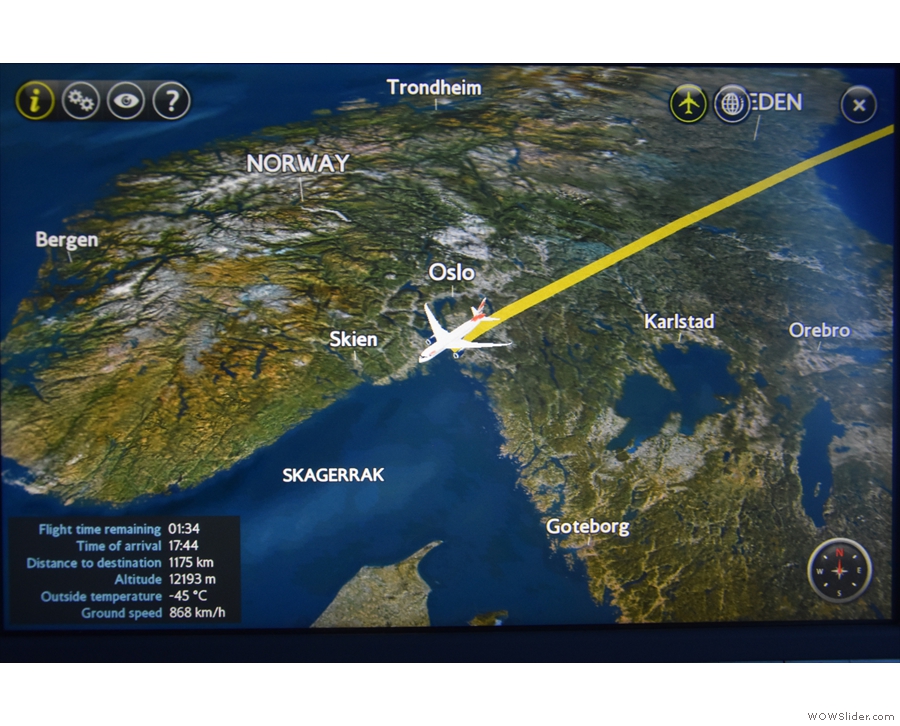
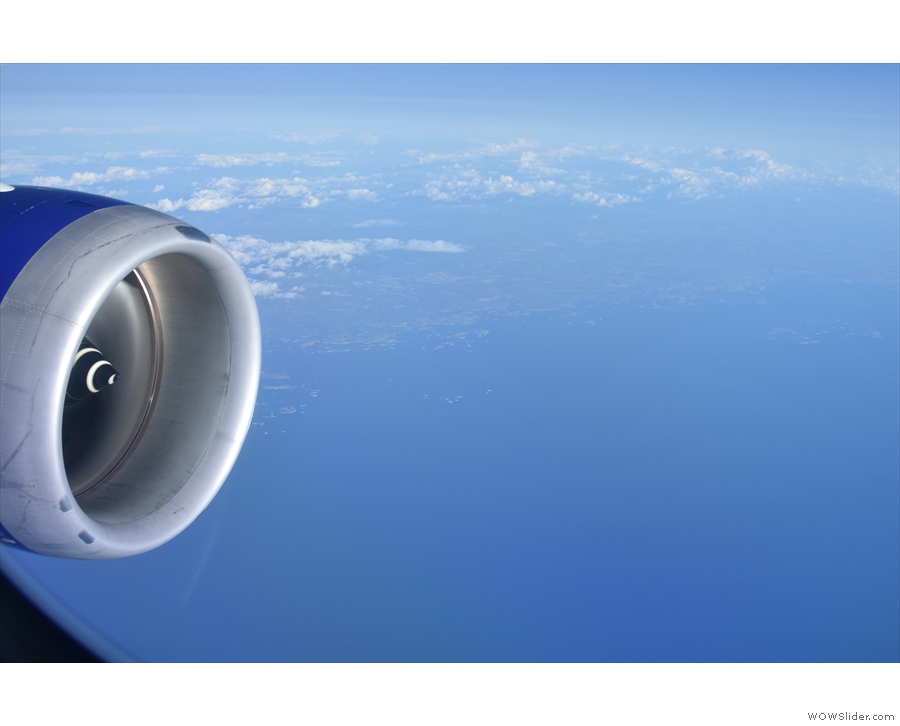
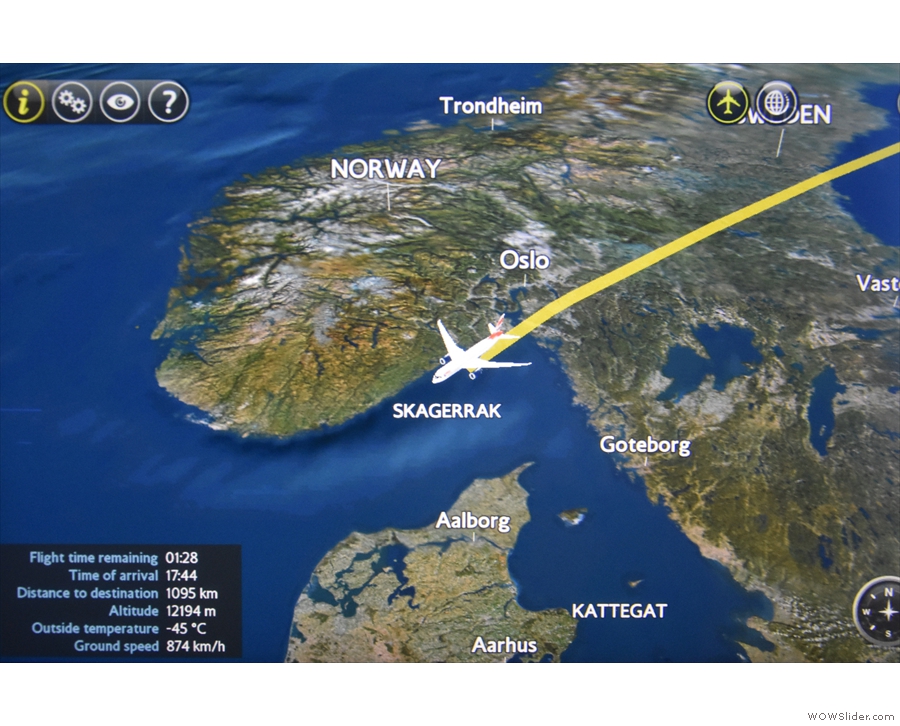
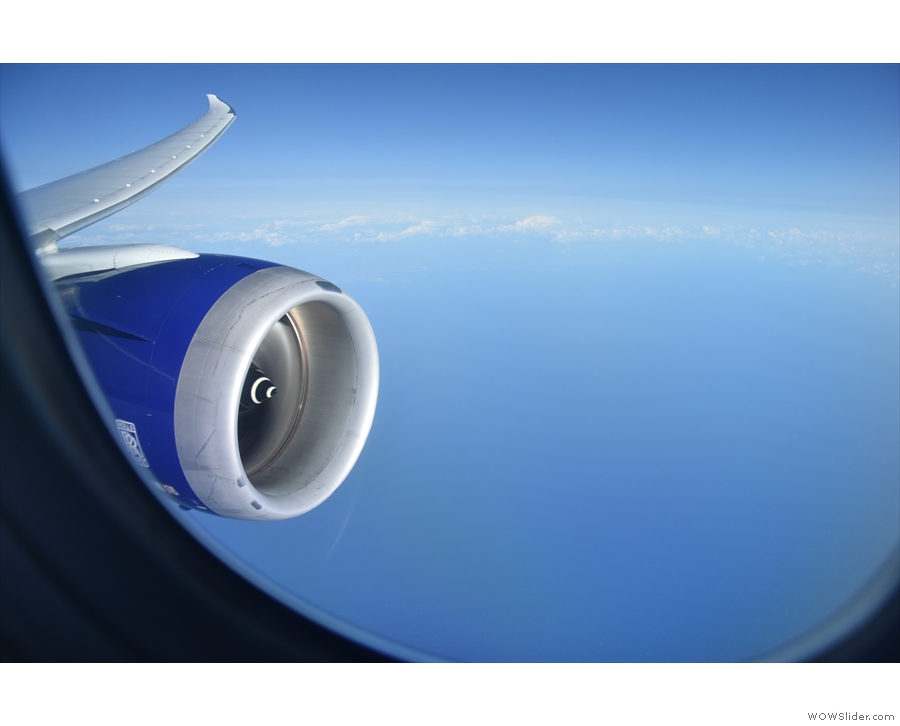
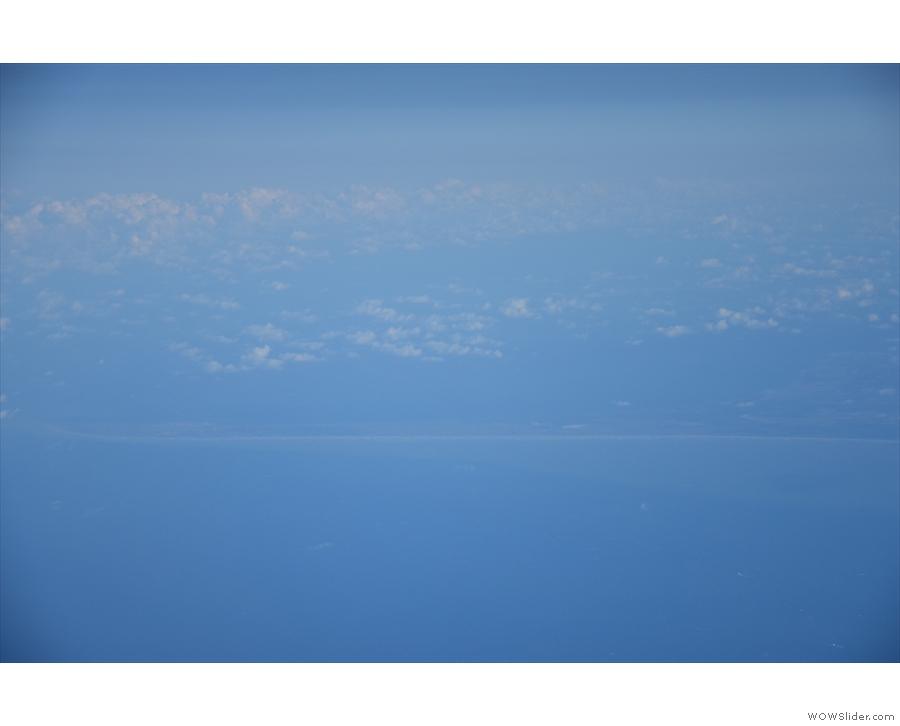
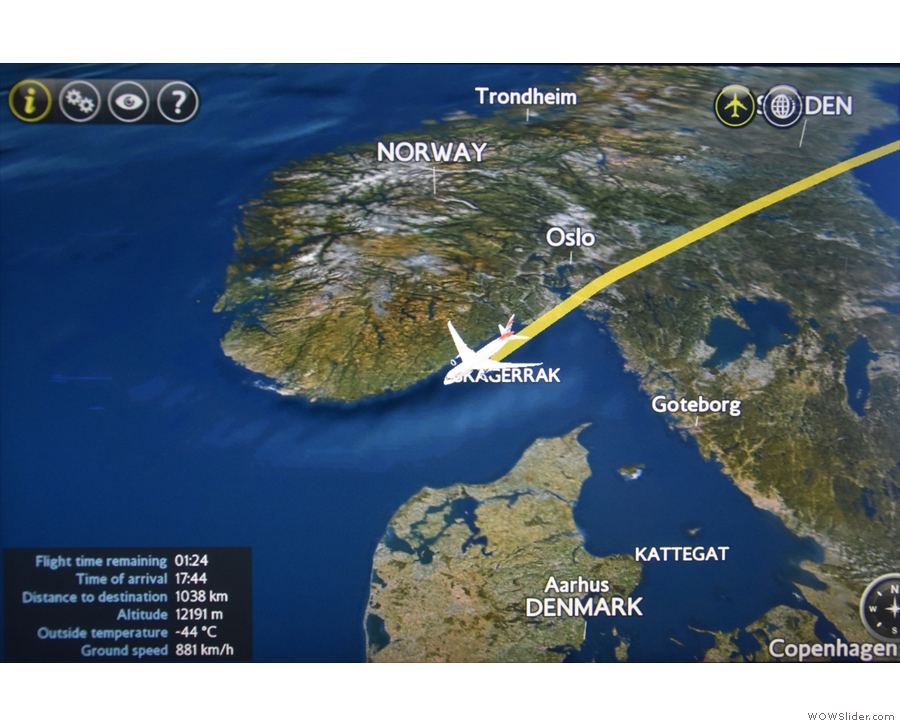
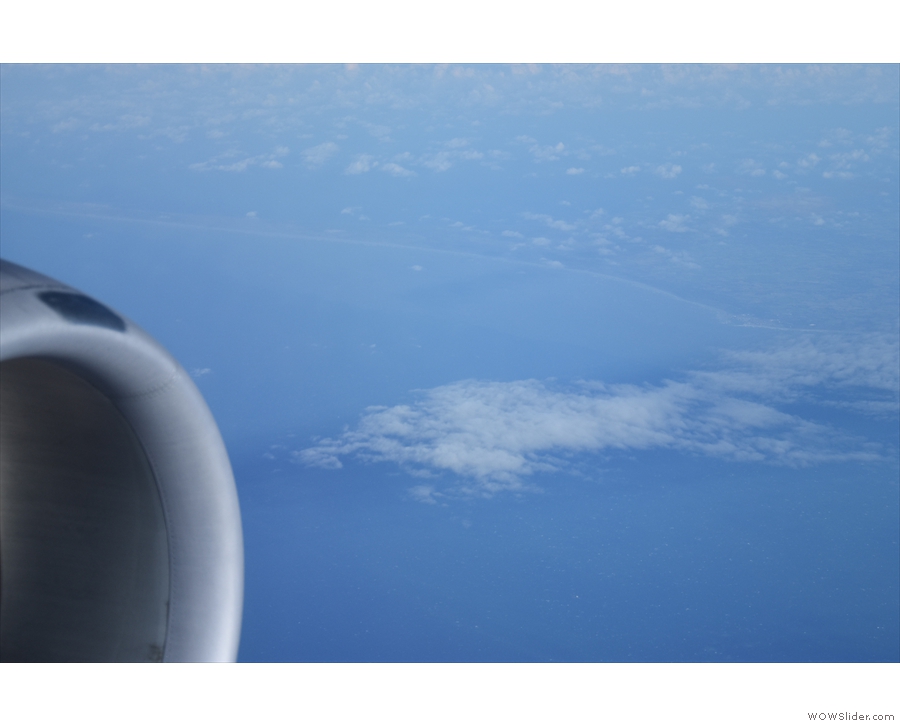
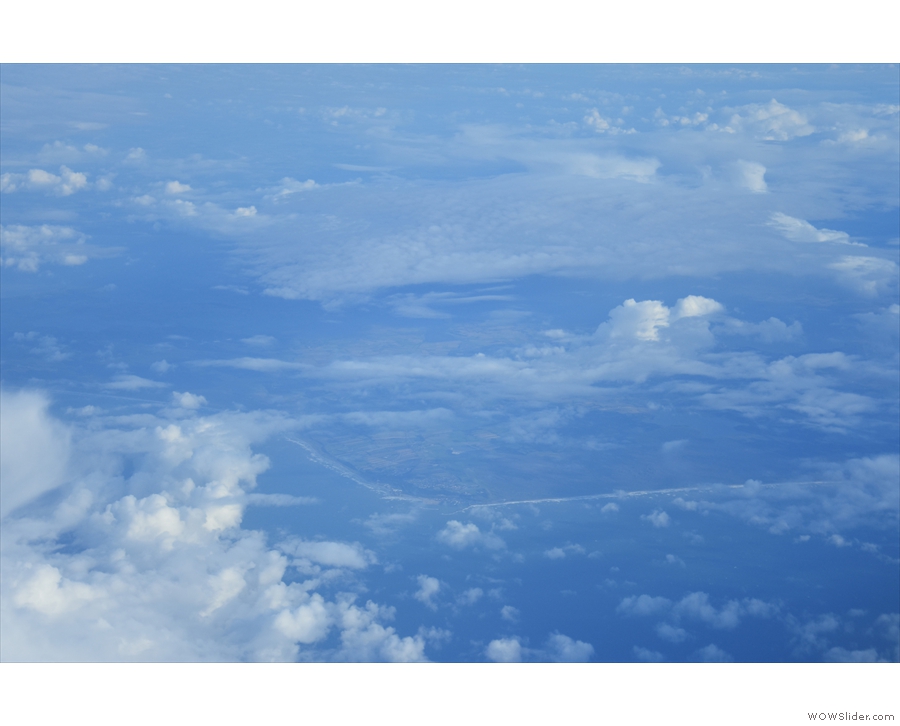
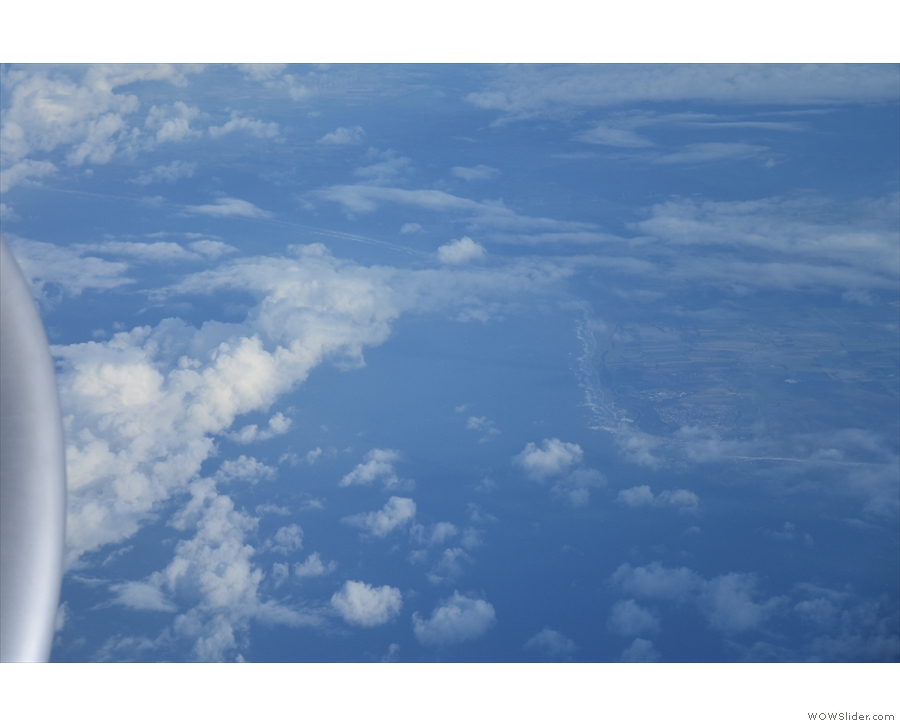
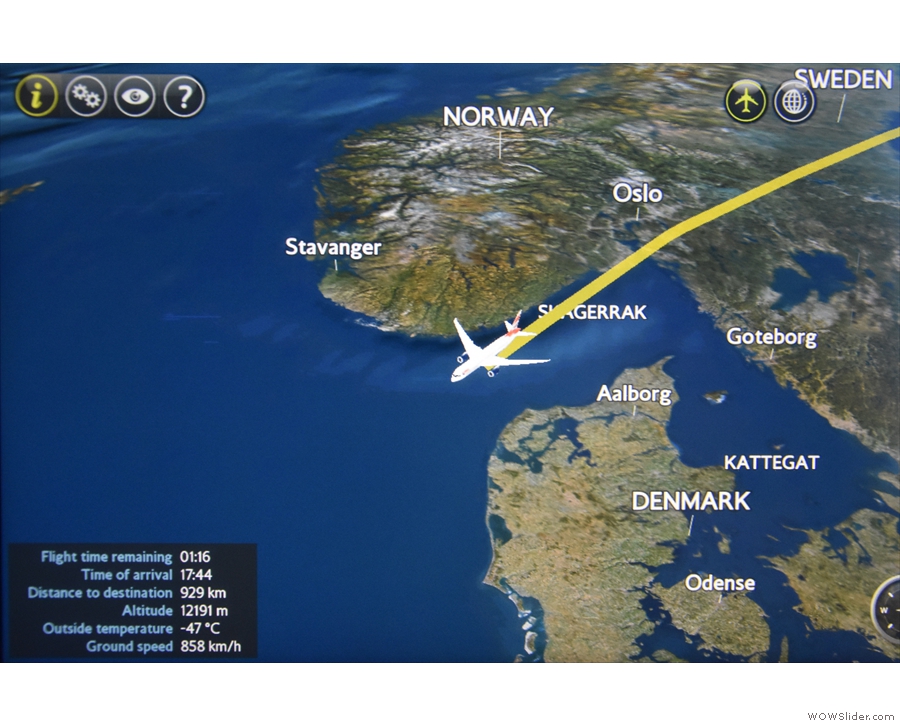
 1
1 2
2 3
3 4
4 5
5 6
6 7
7 8
8 9
9 10
10 11
11 12
12 13
13 14
14 15
15 16
16 17
17 18
18 19
19 20
20 21
21 22
22 23
23 24
24 25
25 26
26 27
27 28
28 29
29
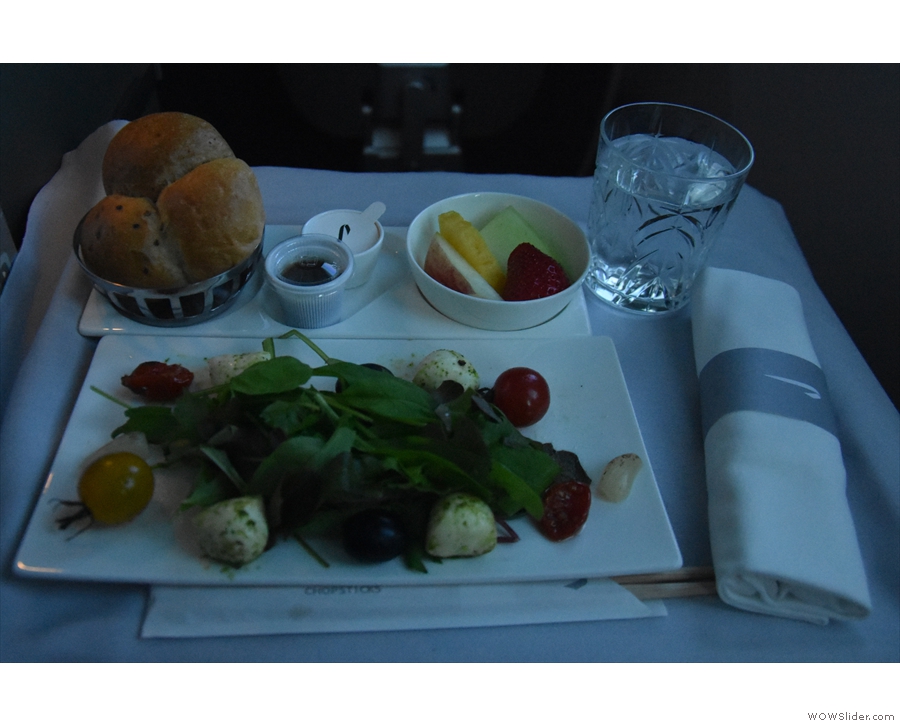
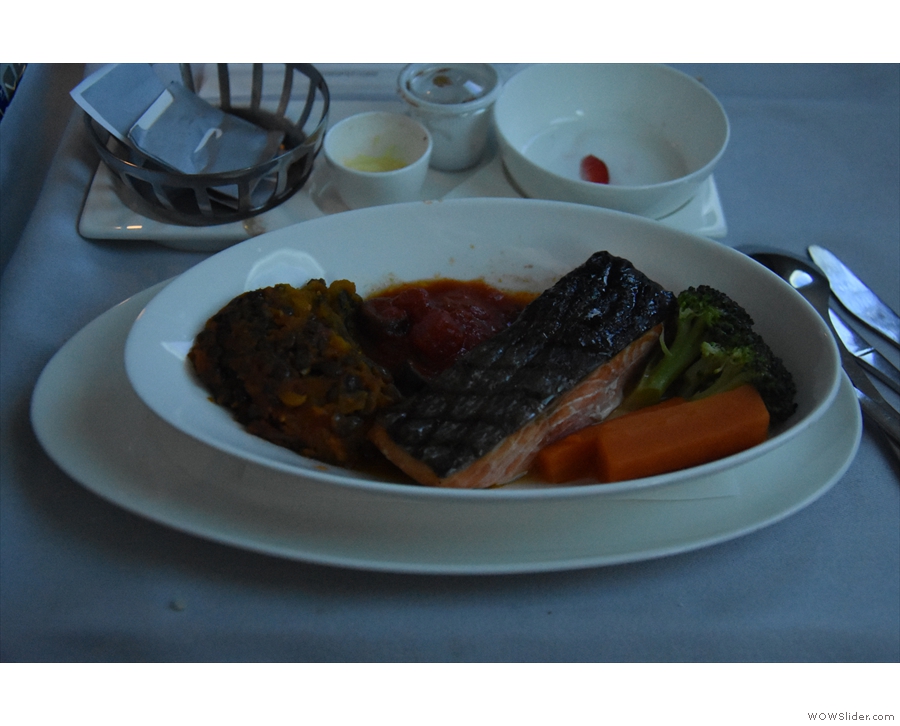
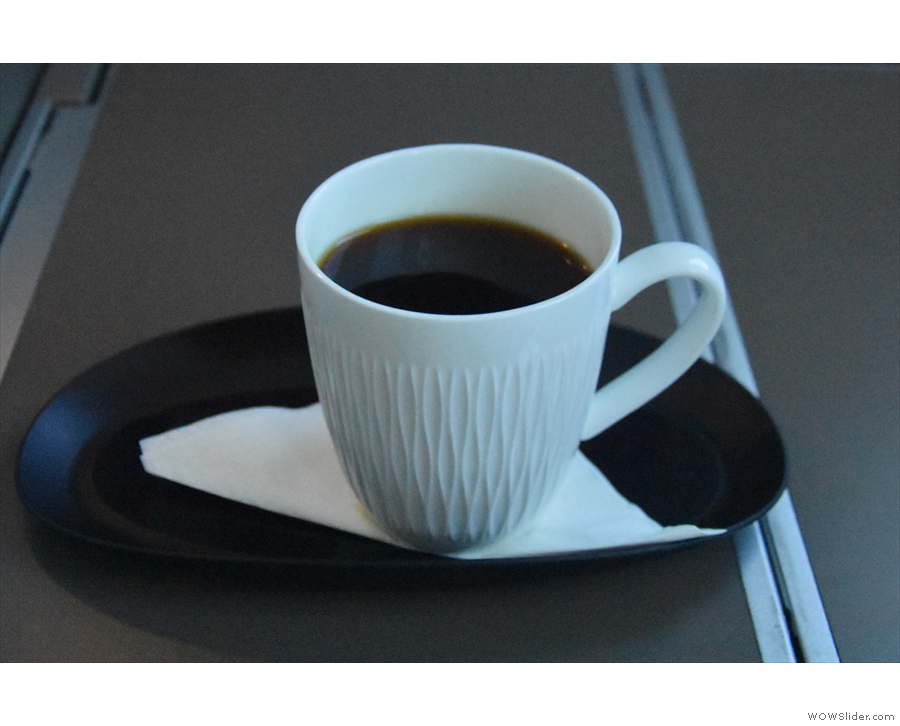
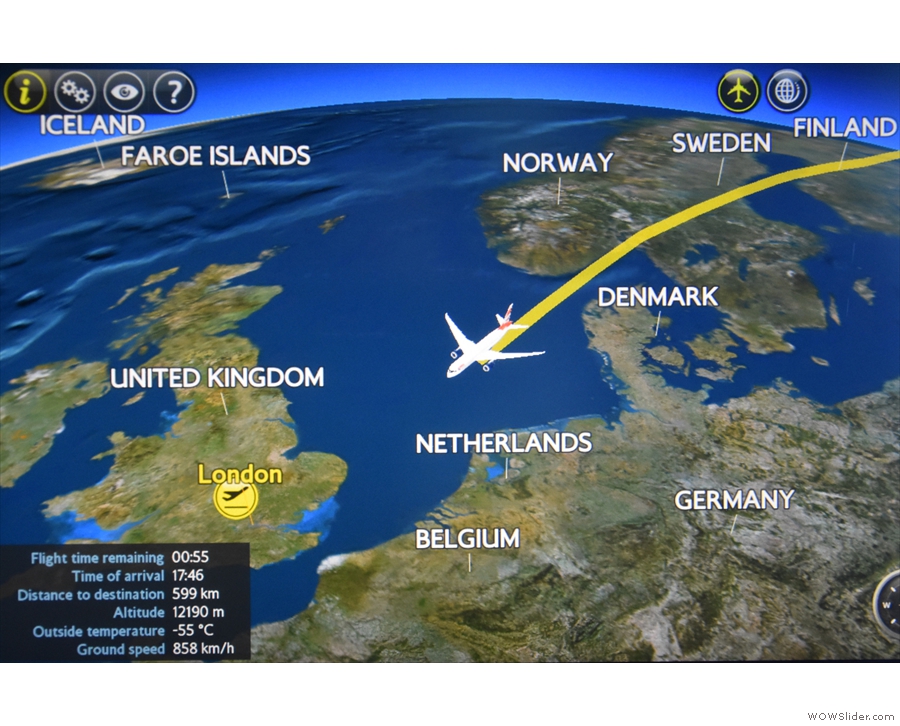
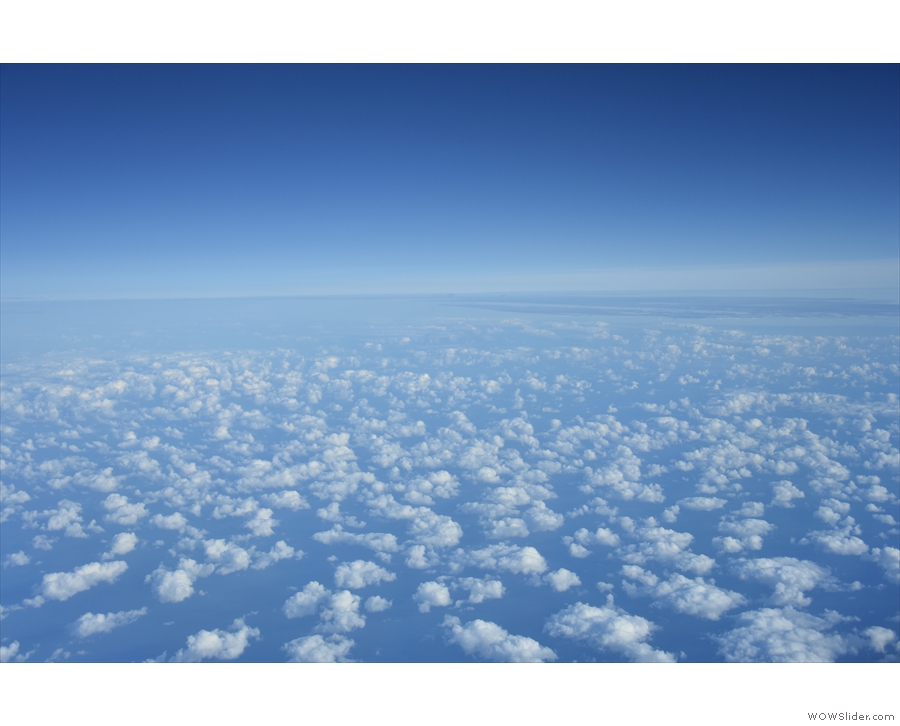
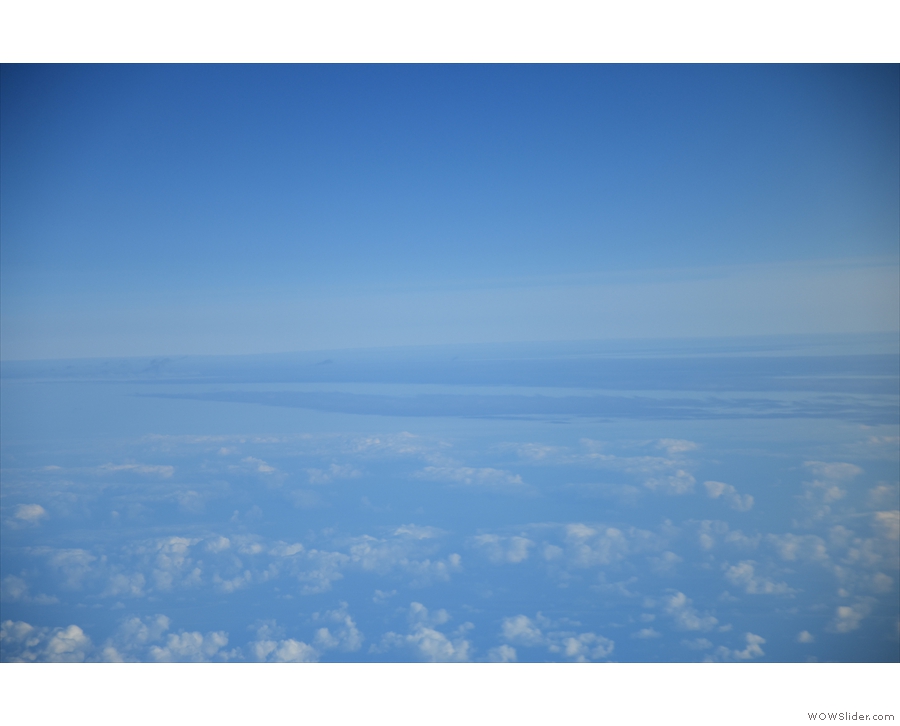
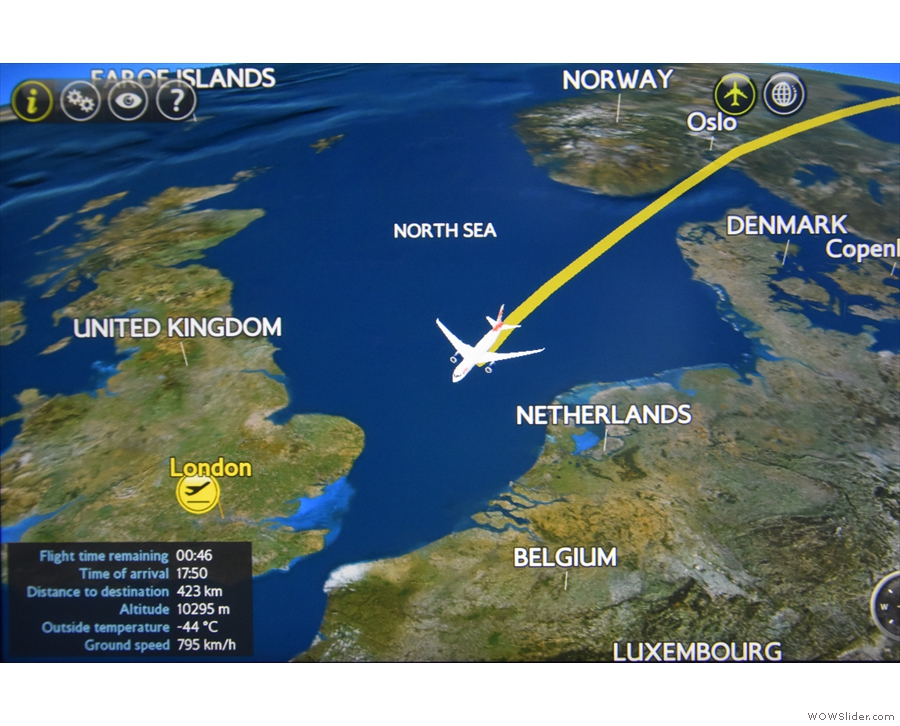
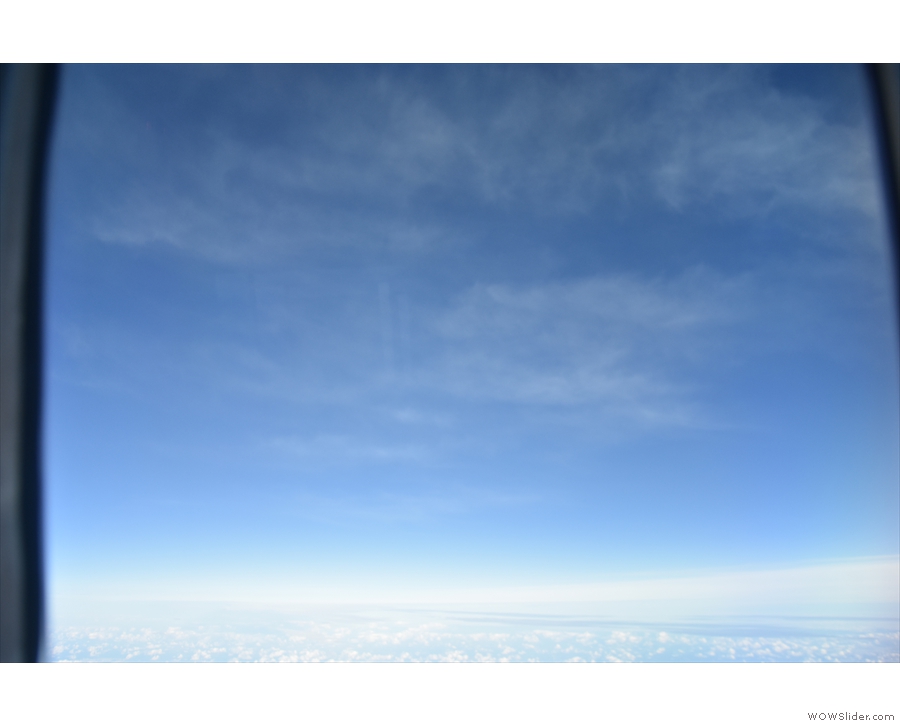
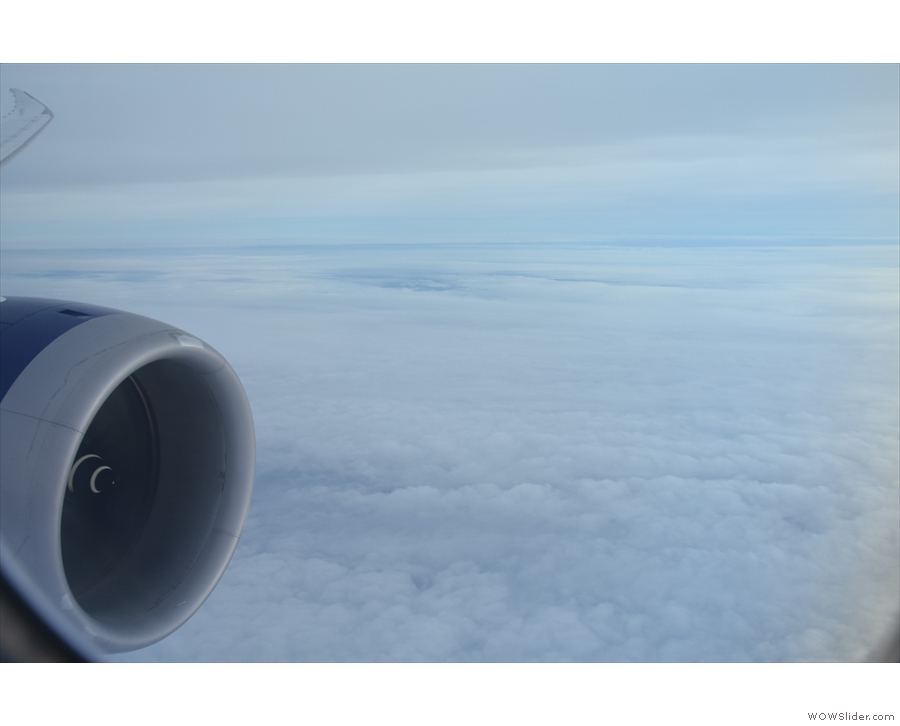
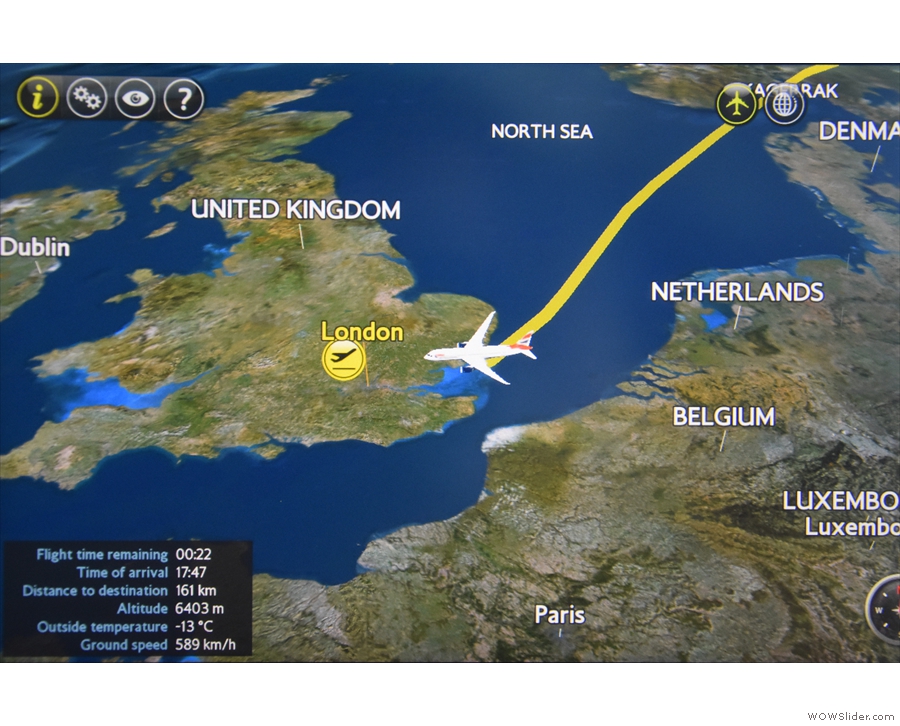
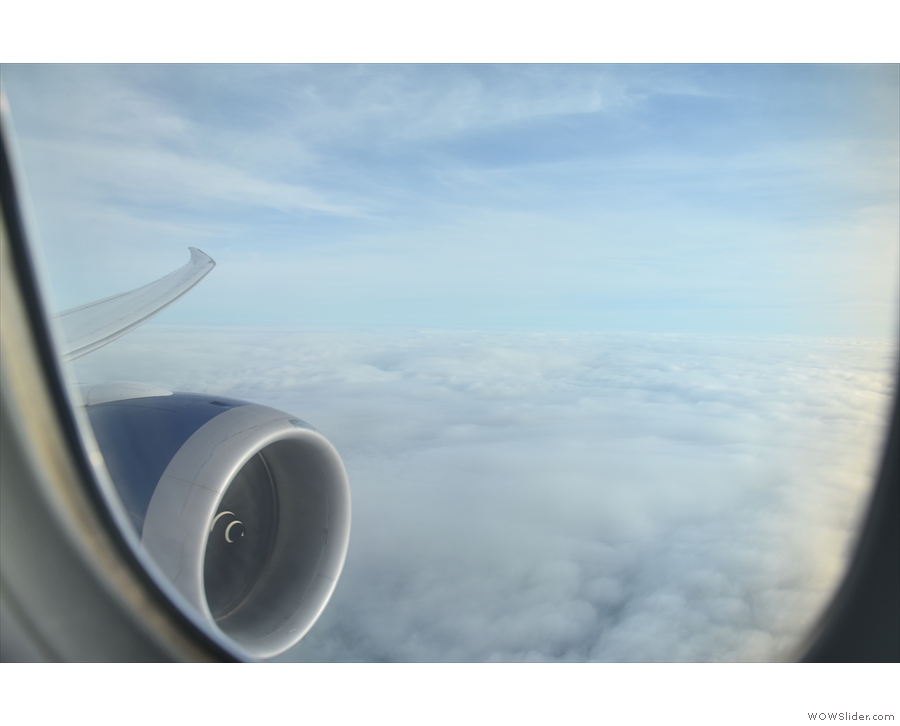
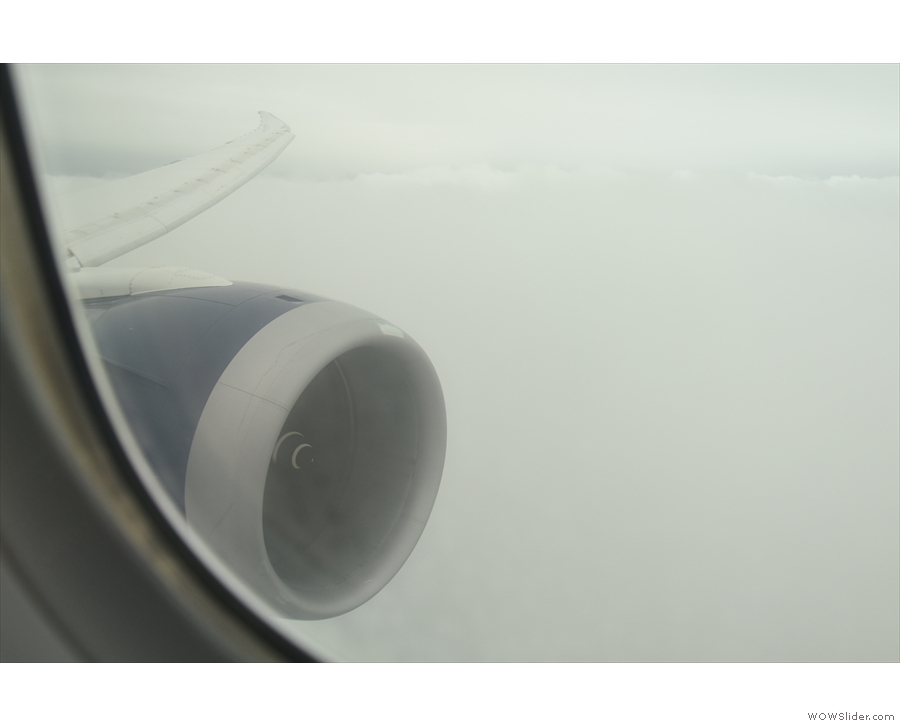
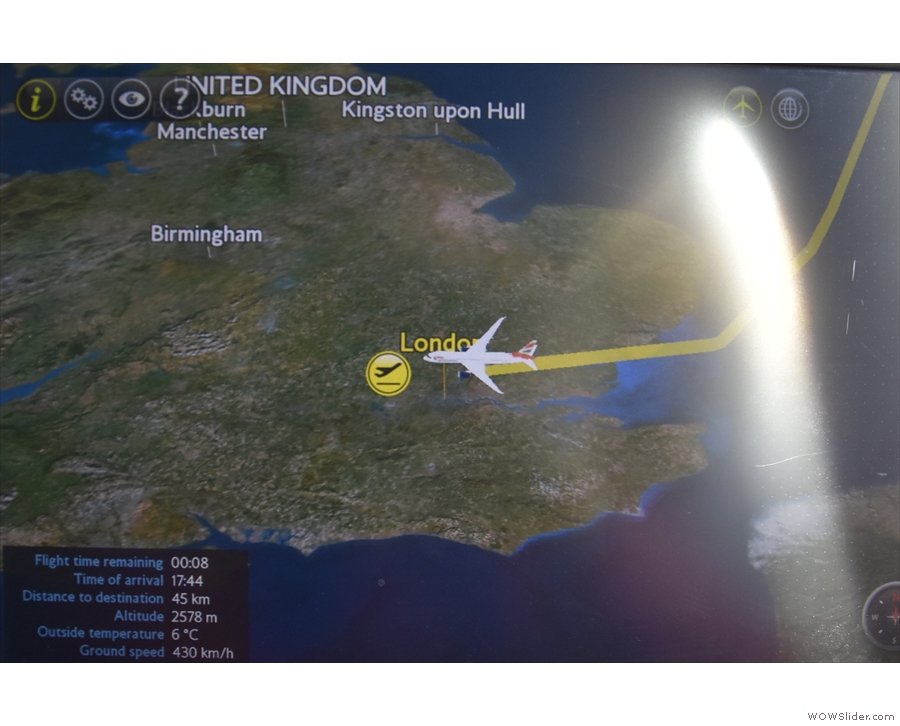
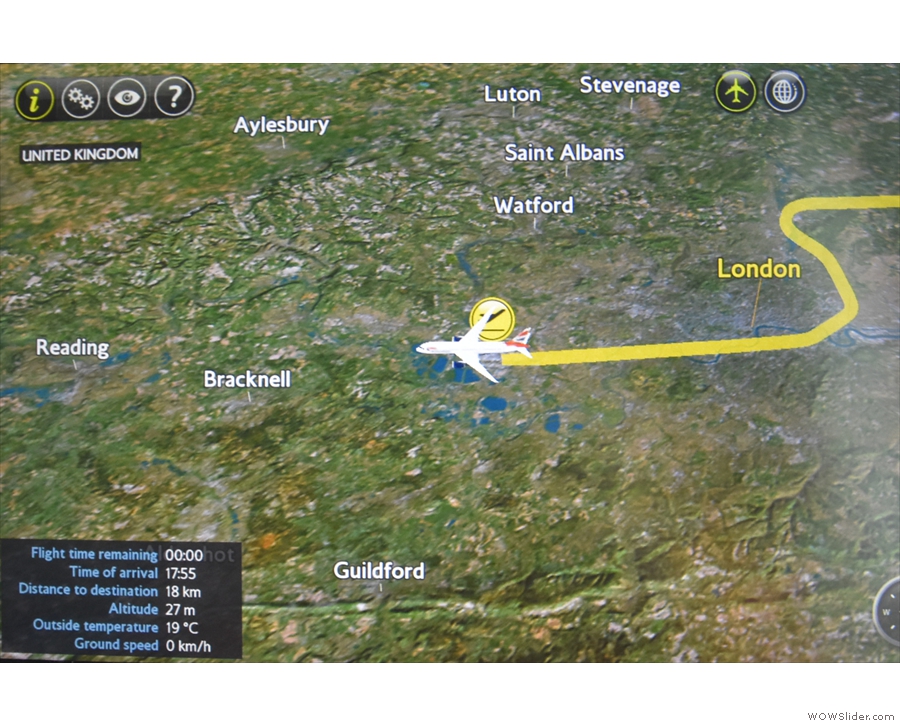
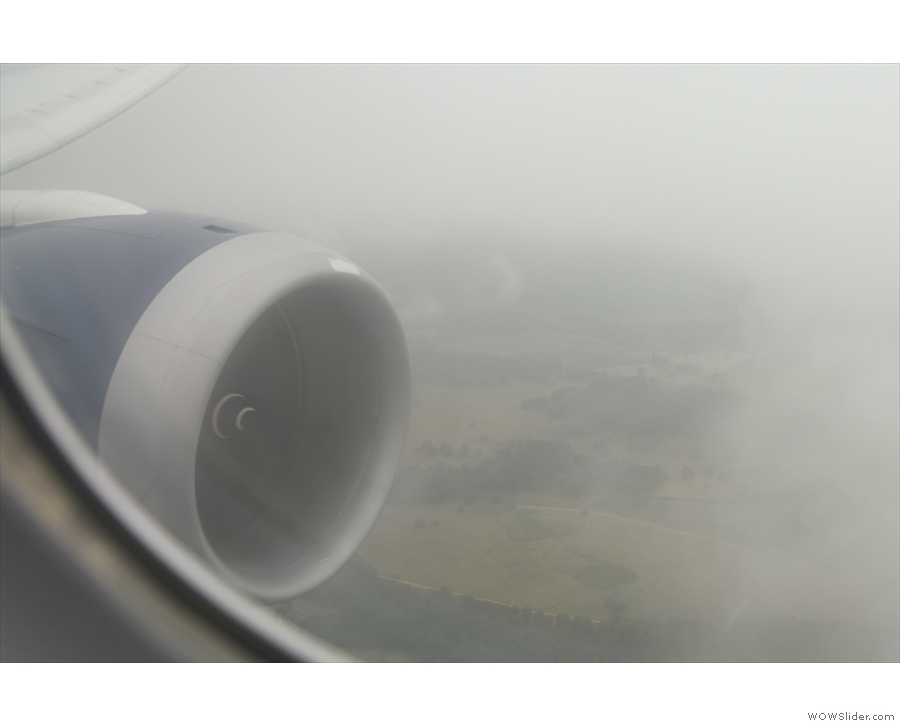
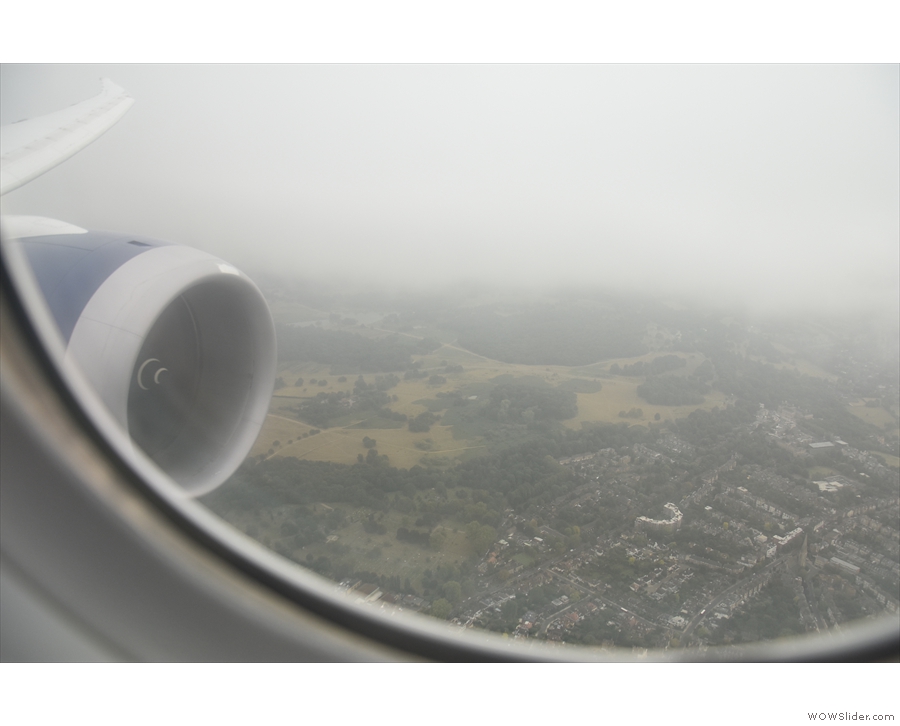
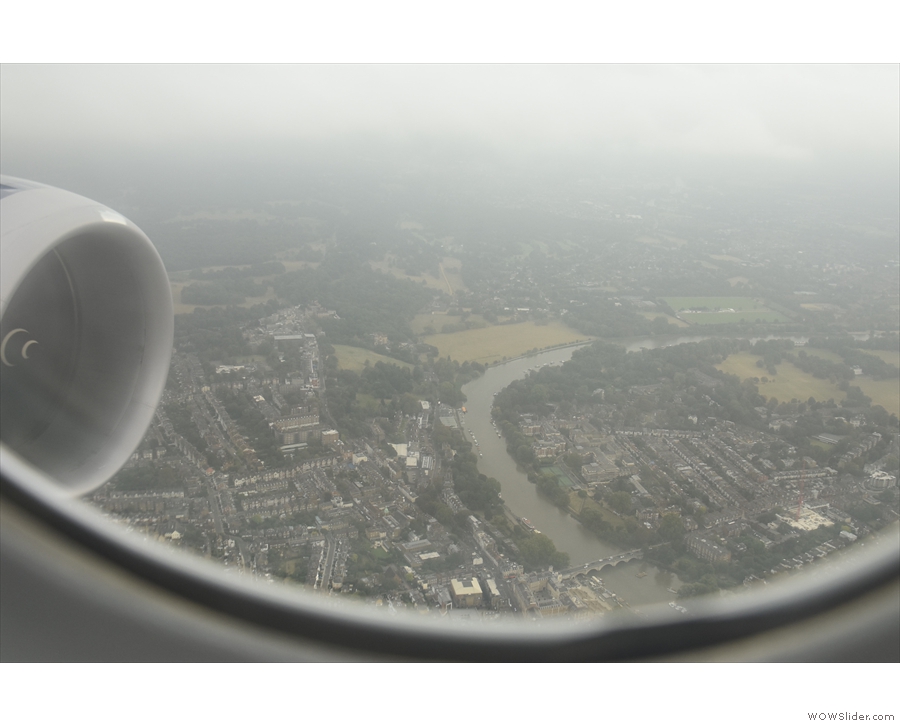
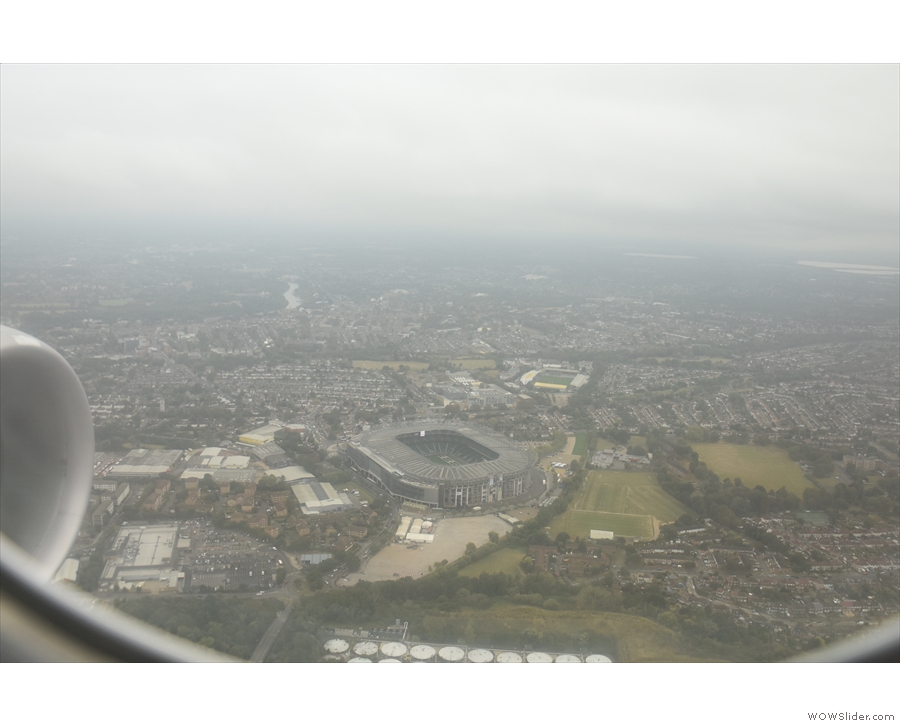
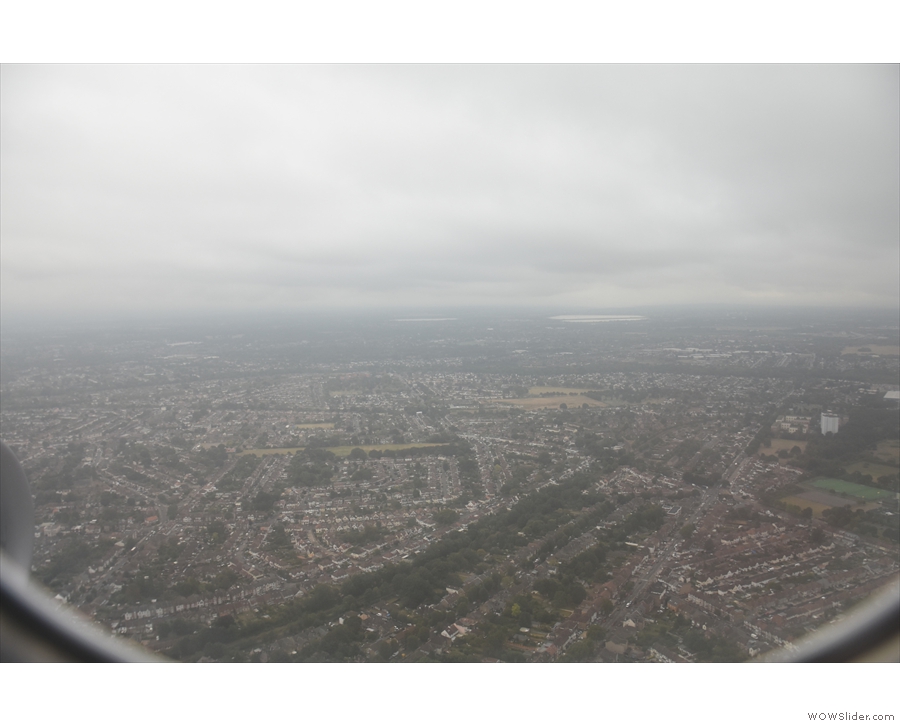
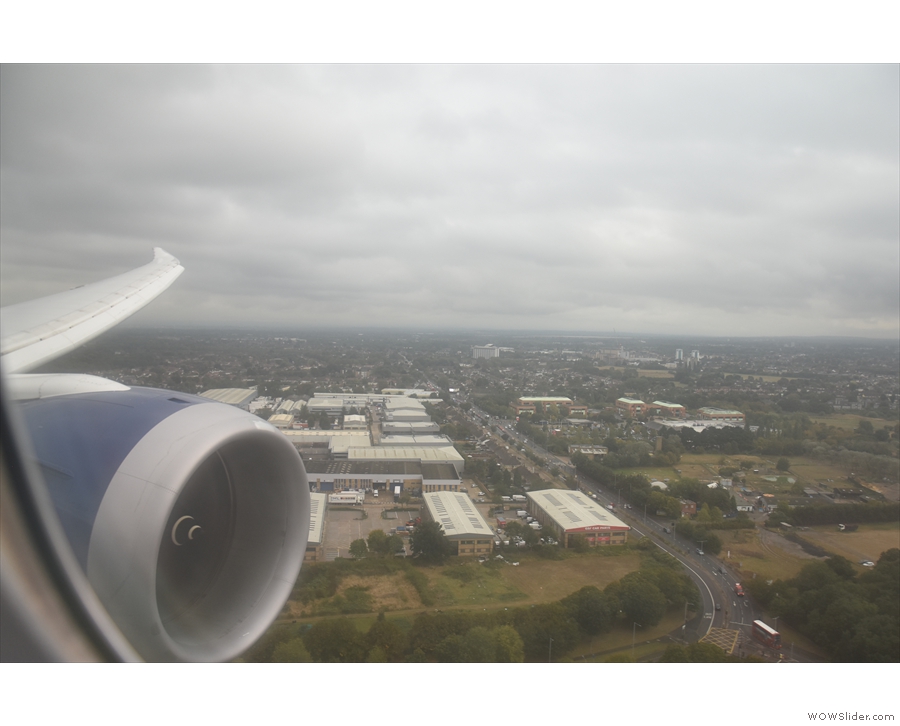
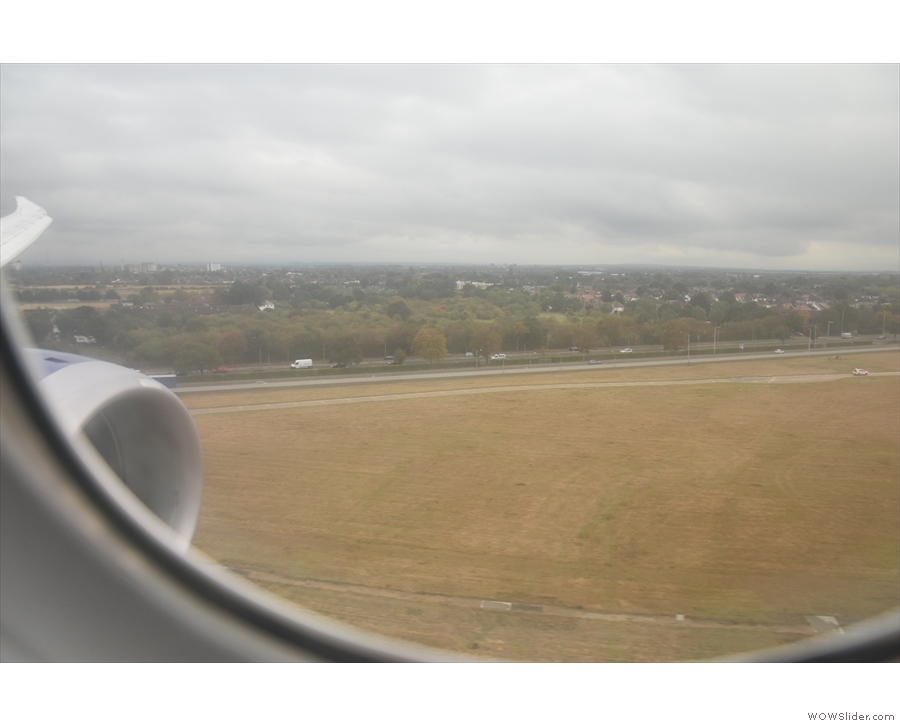
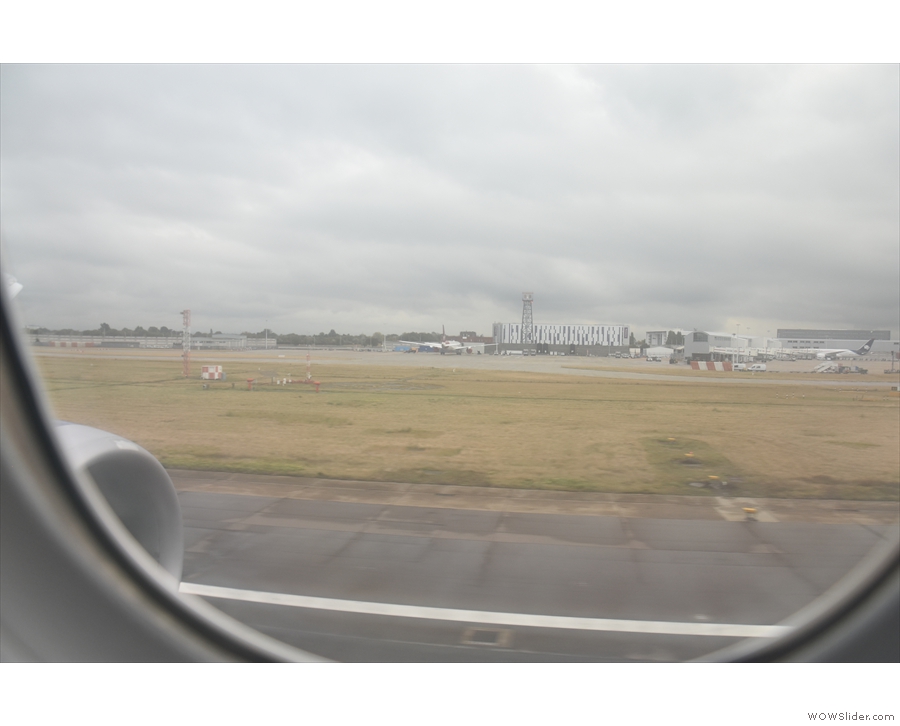
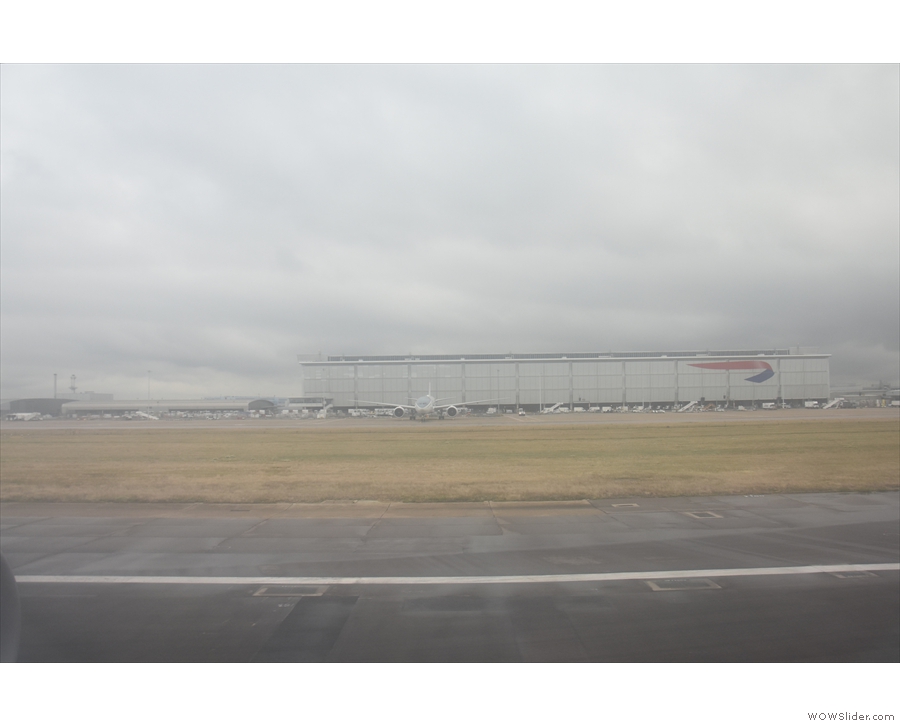
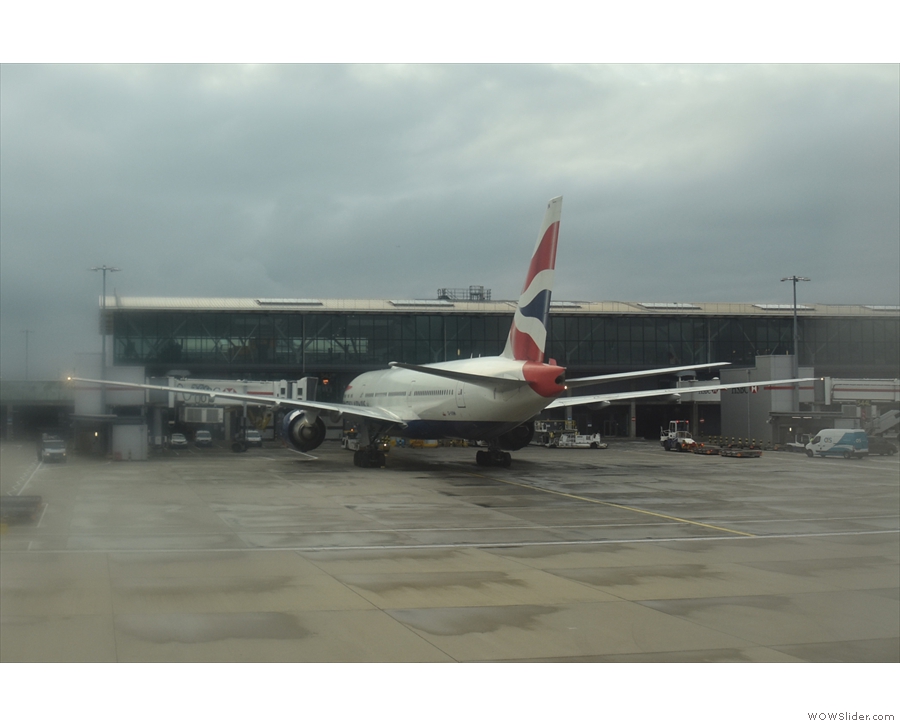
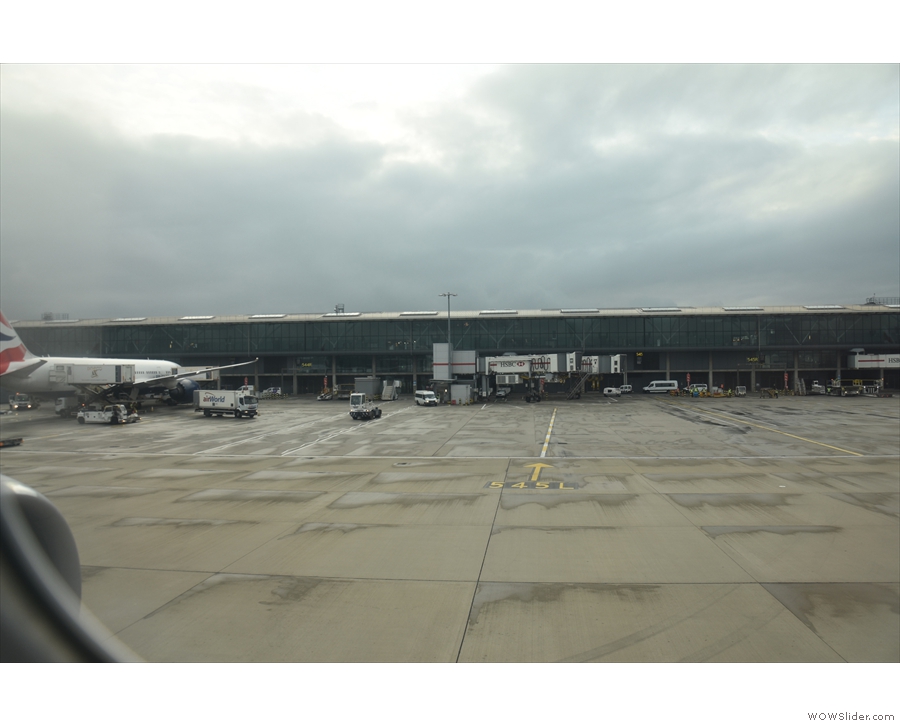
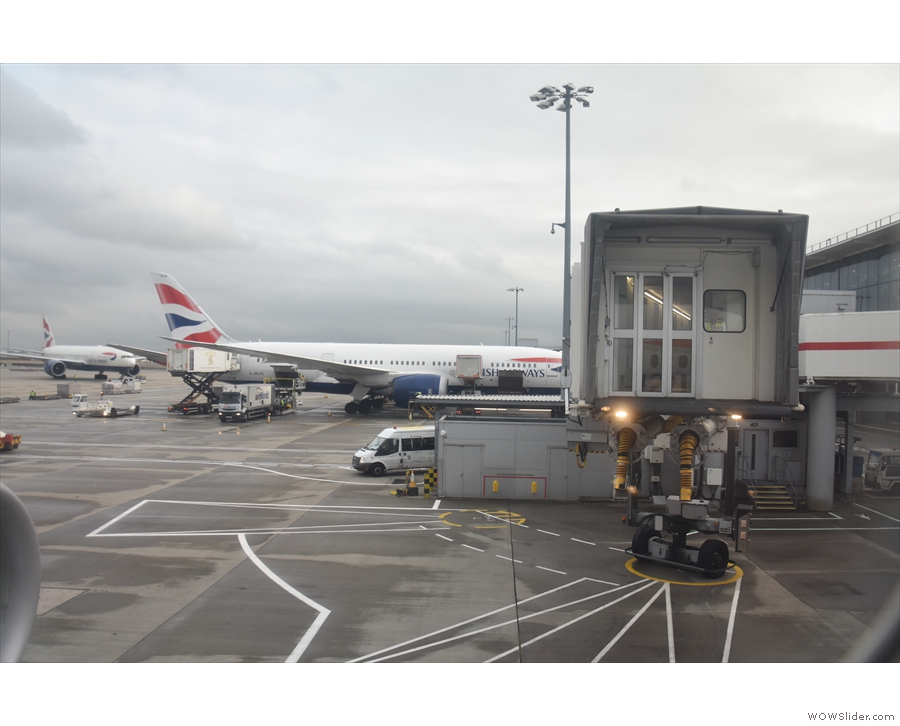
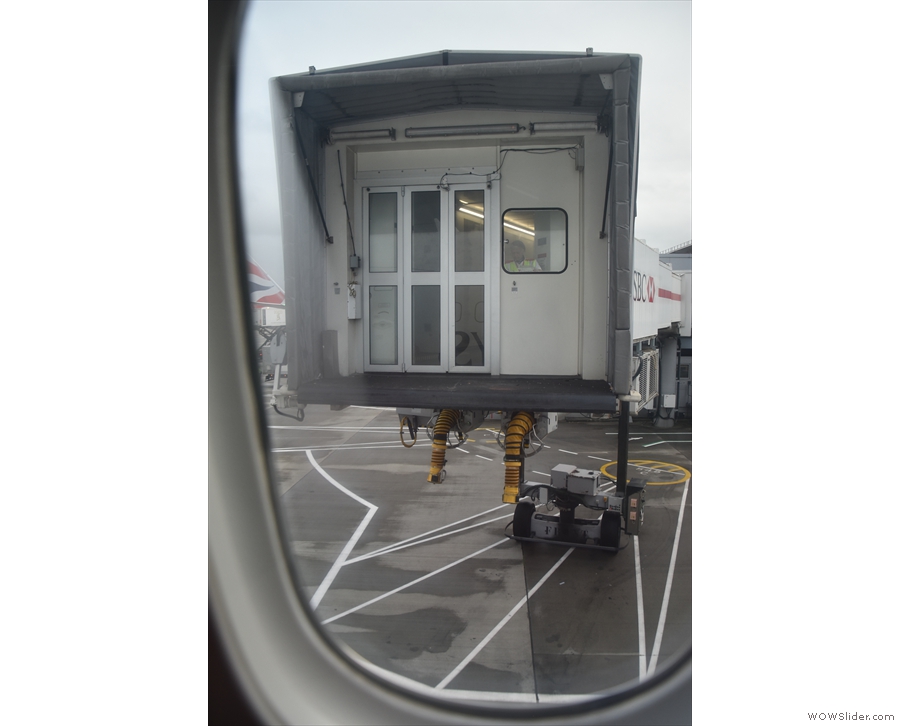
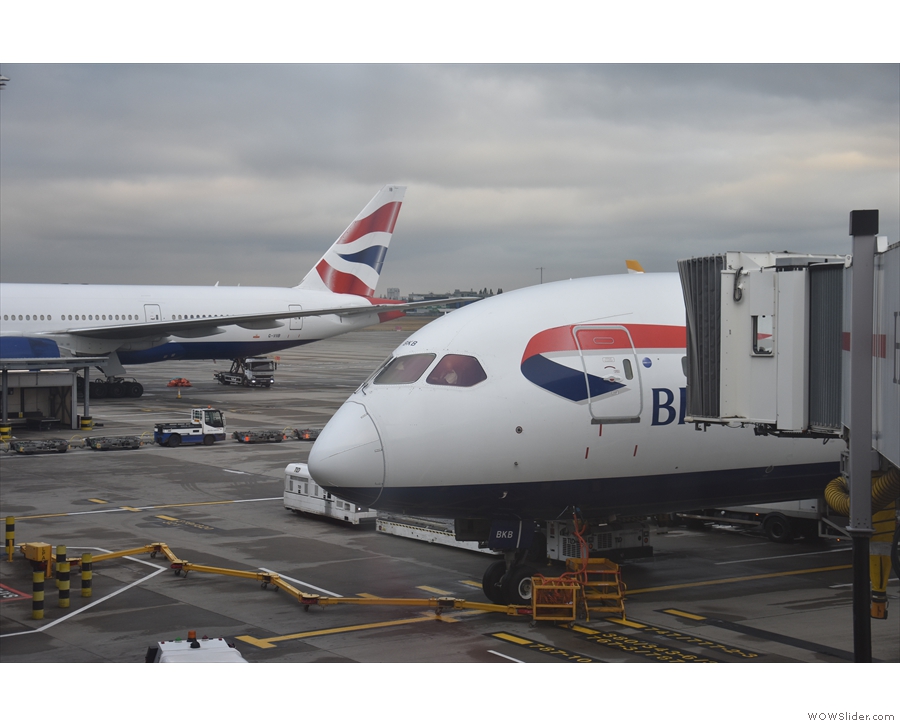
 1
1 2
2 3
3 4
4 5
5 6
6 7
7 8
8 9
9 10
10 11
11 12
12 13
13 14
14 15
15 16
16 17
17 18
18 19
19 20
20 21
21 22
22 23
23 24
24 25
25 26
26 27
27 28
28 29
29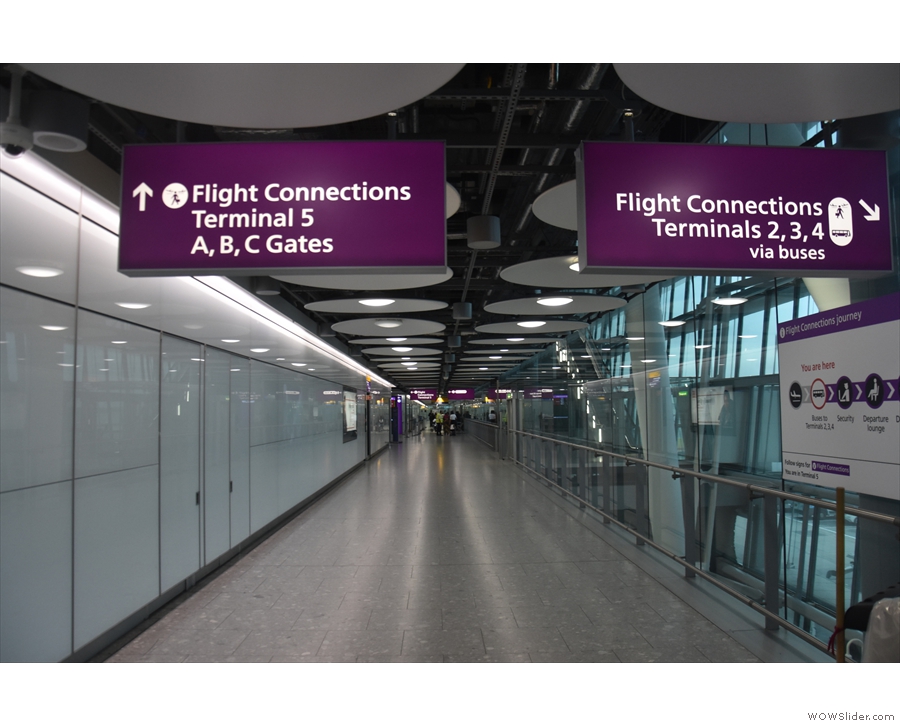
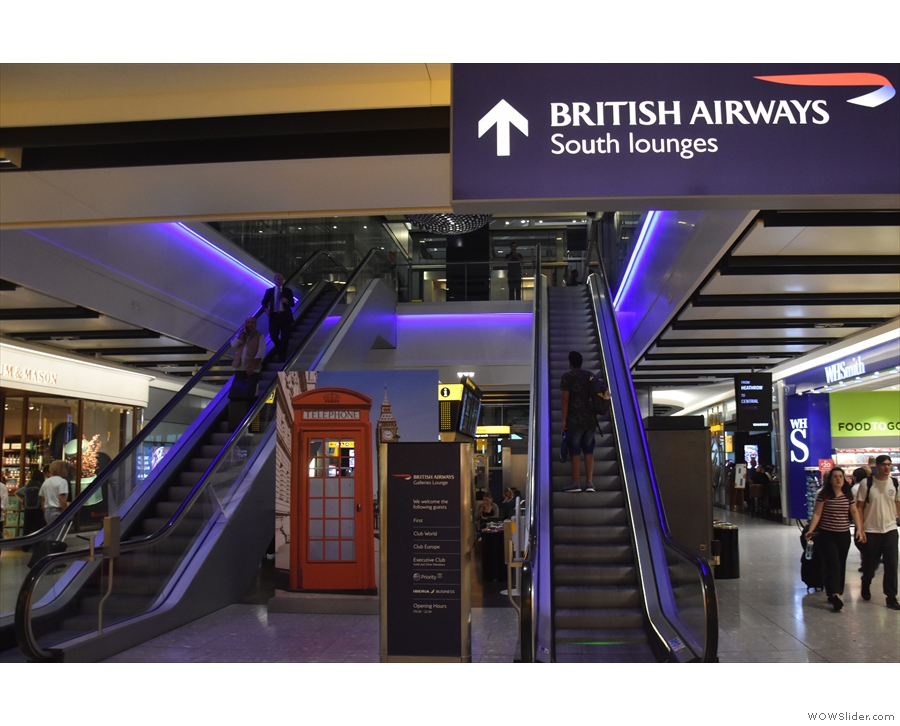
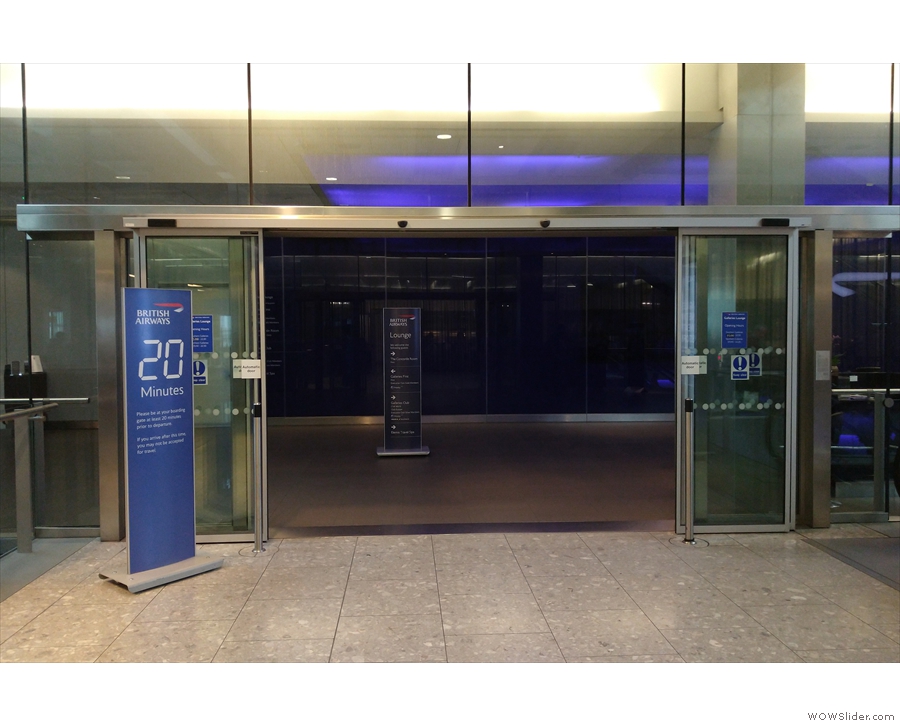
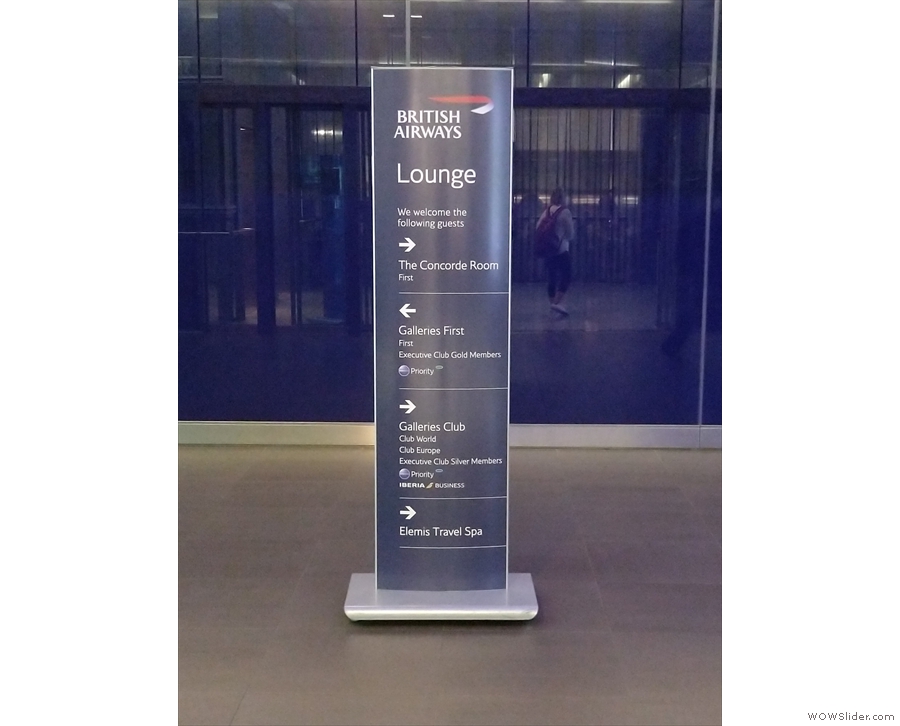
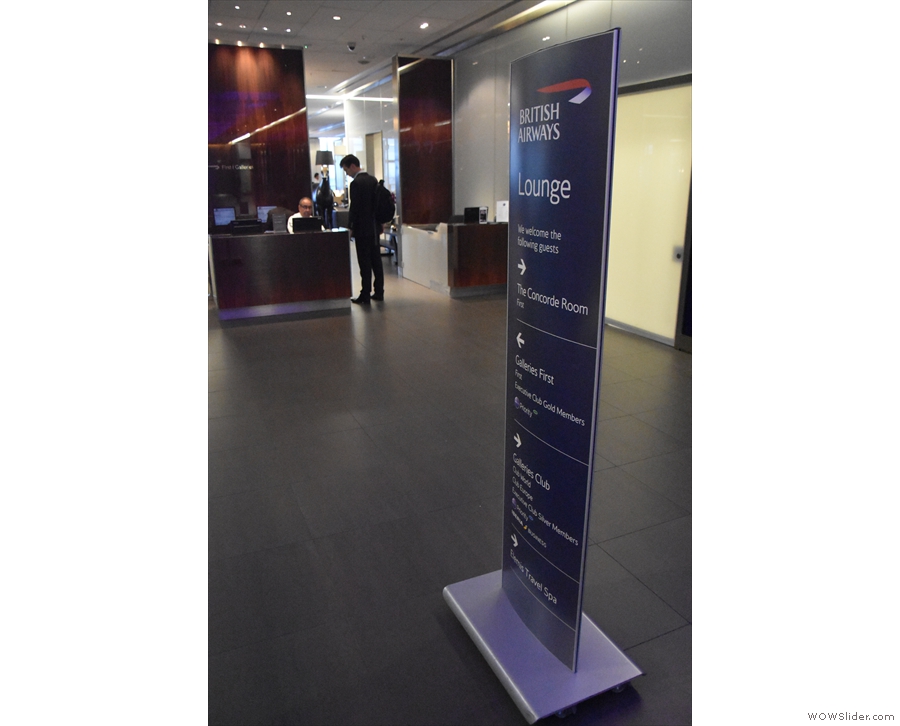
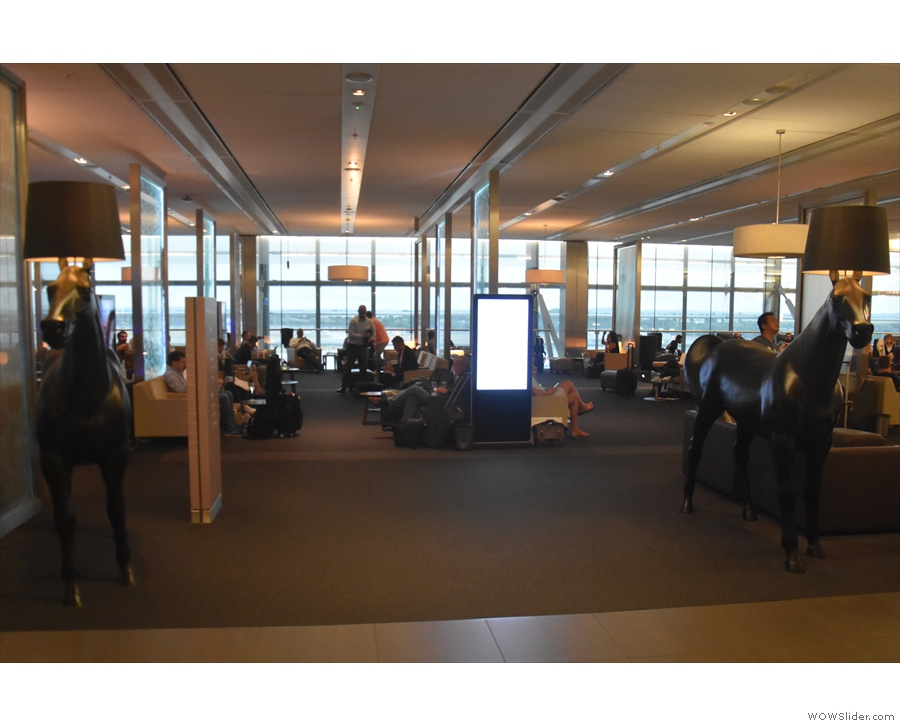
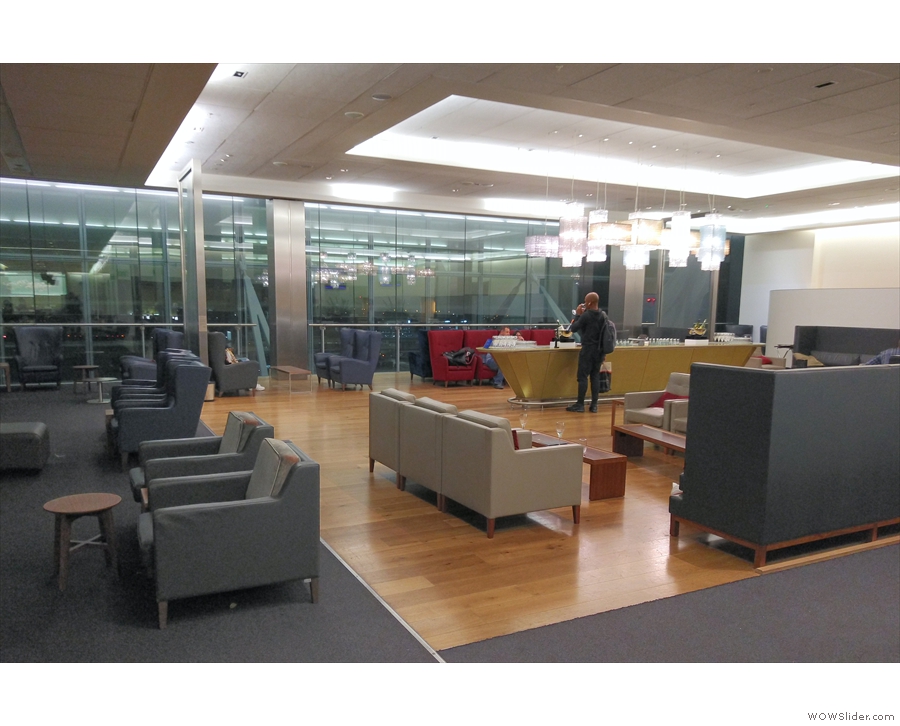
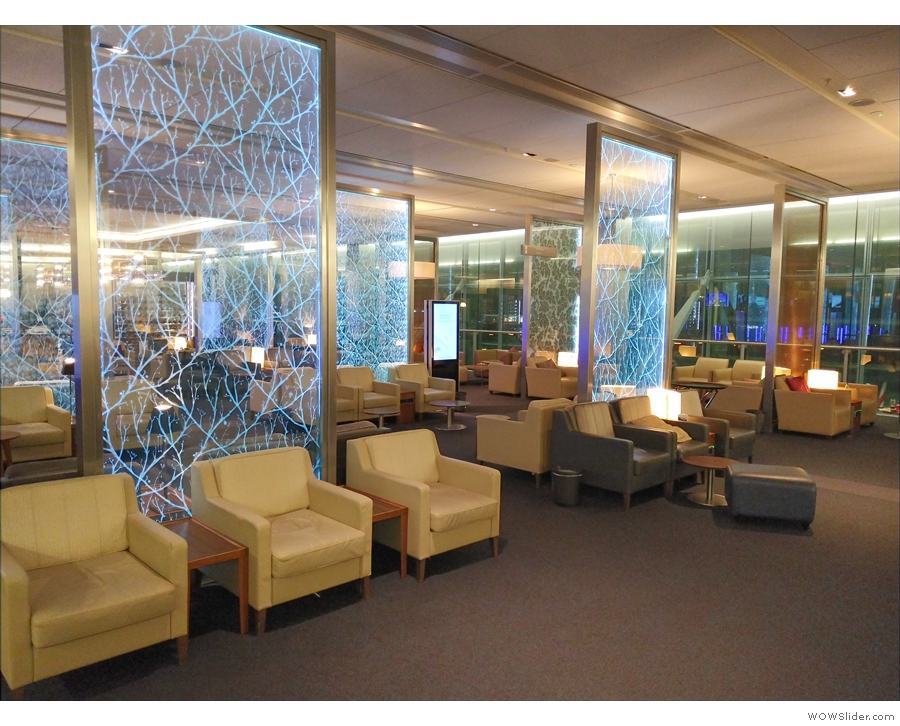
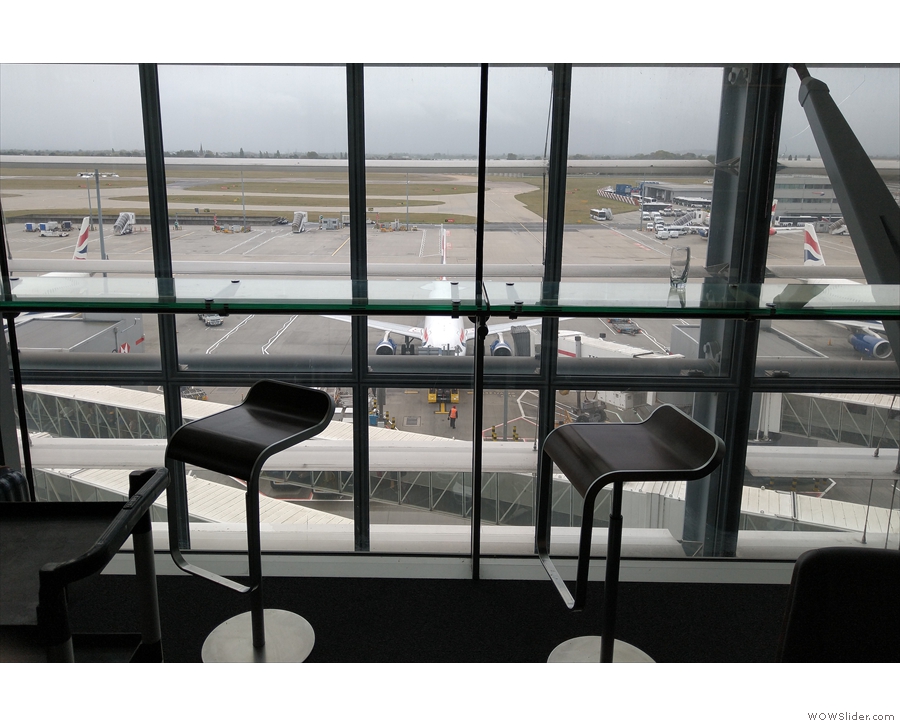
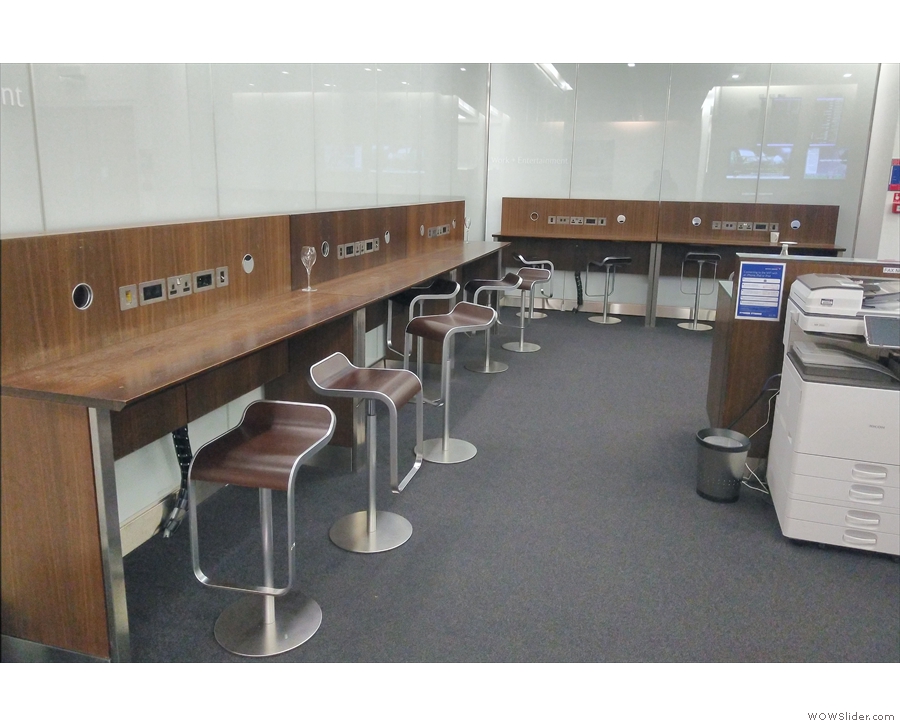
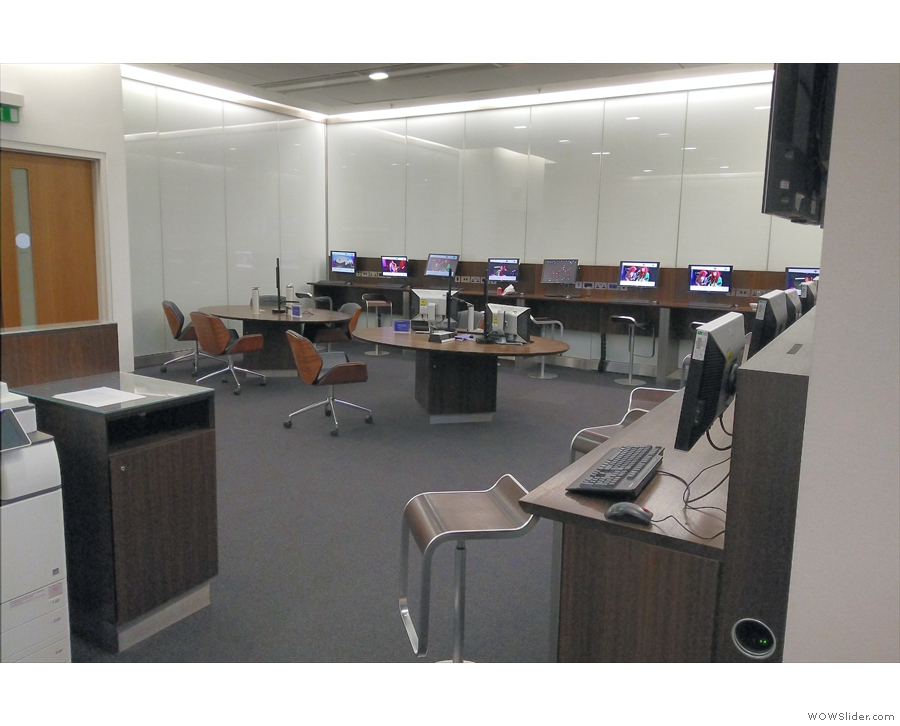
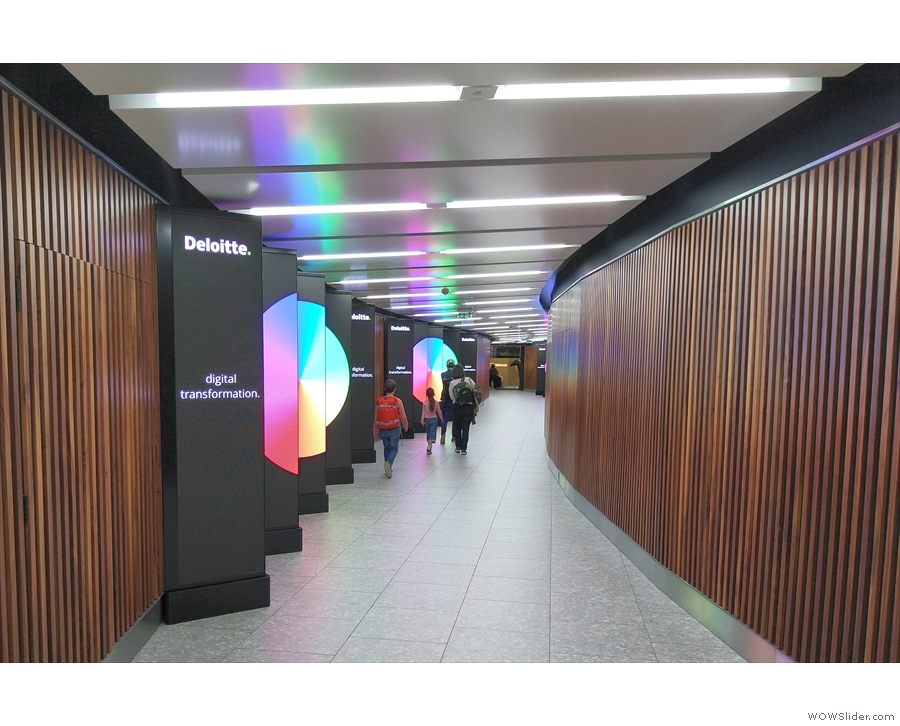
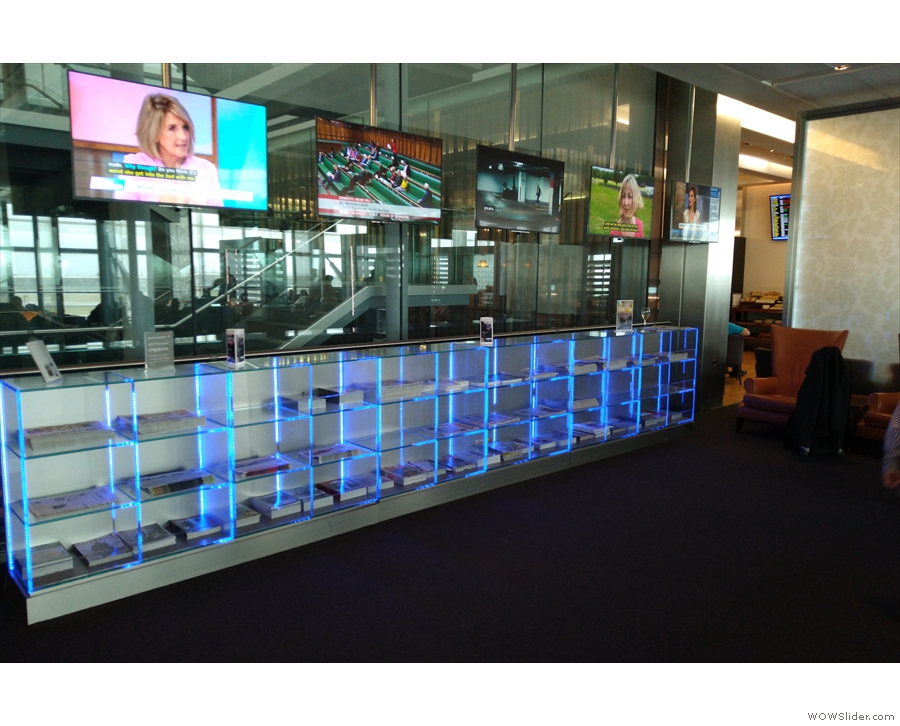
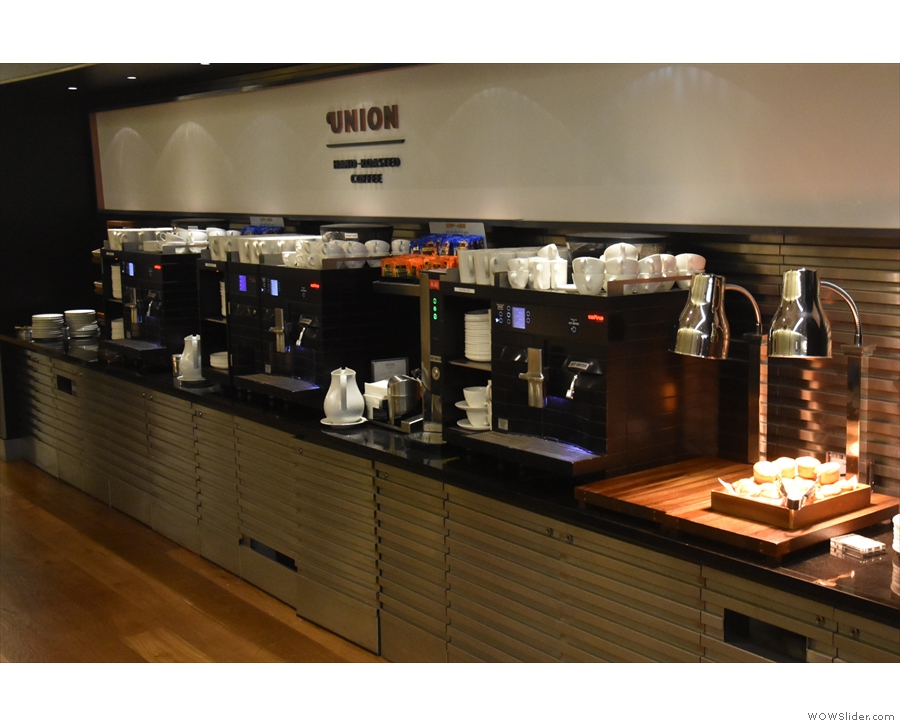
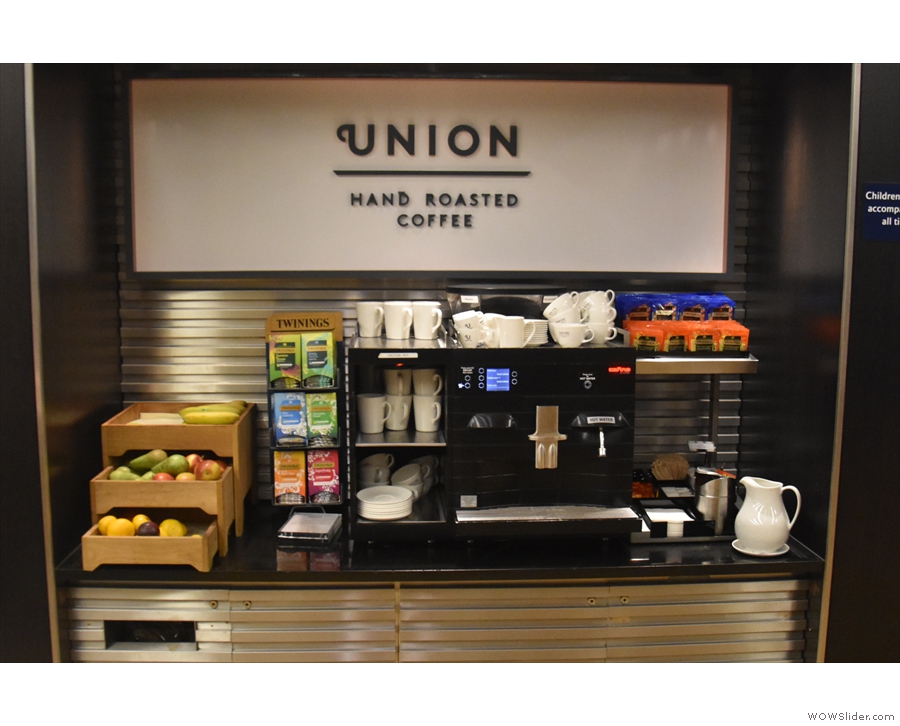
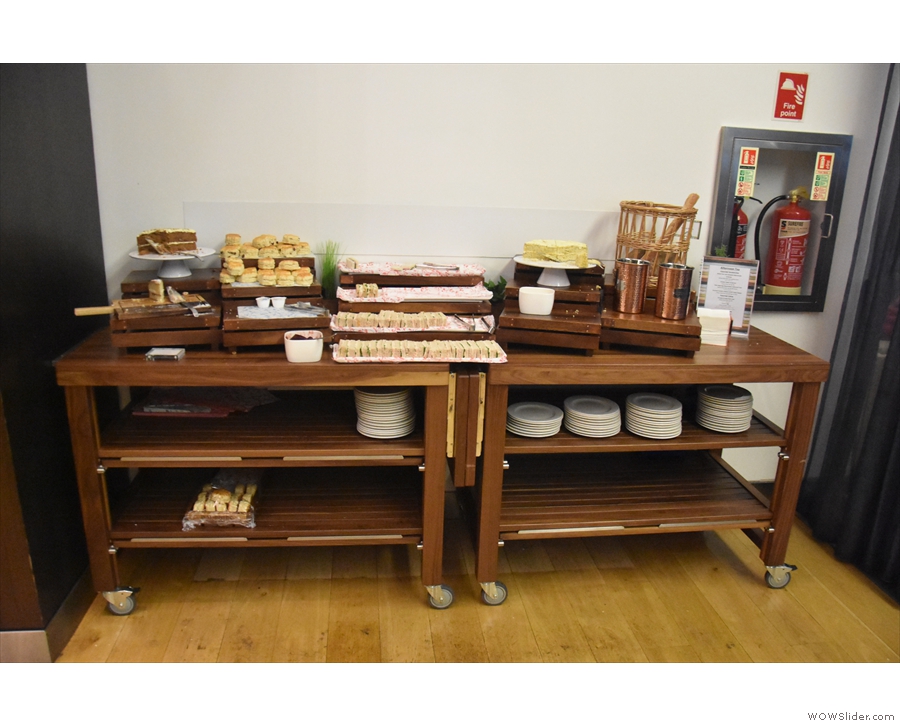
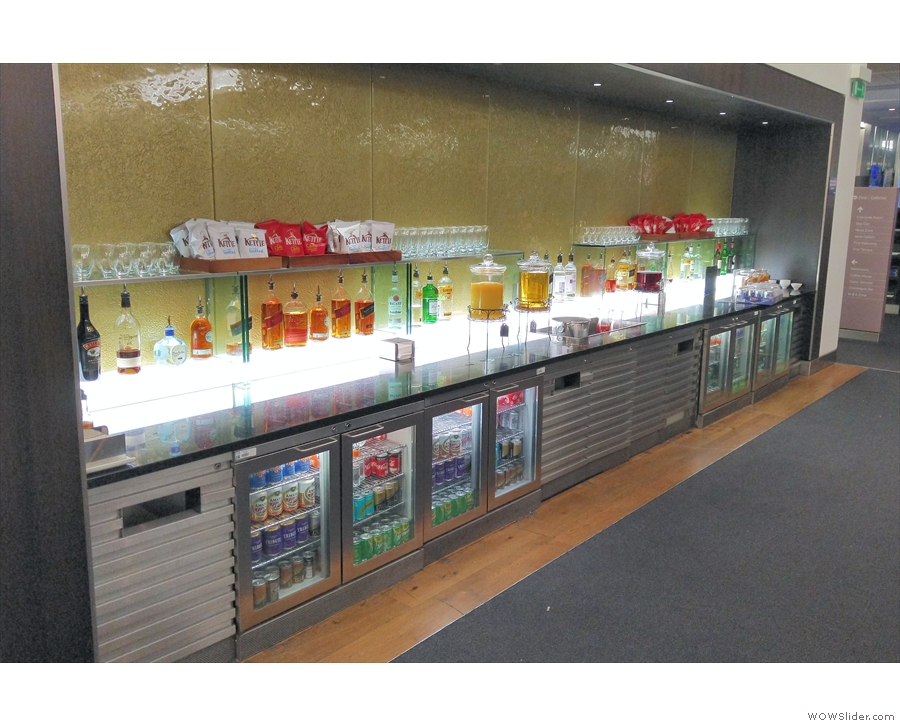
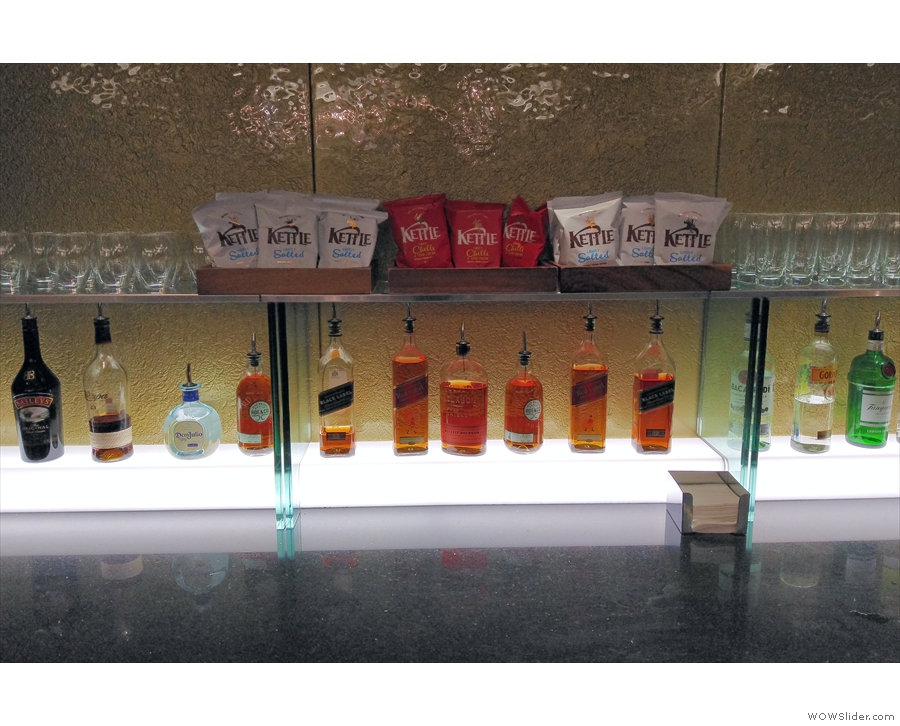
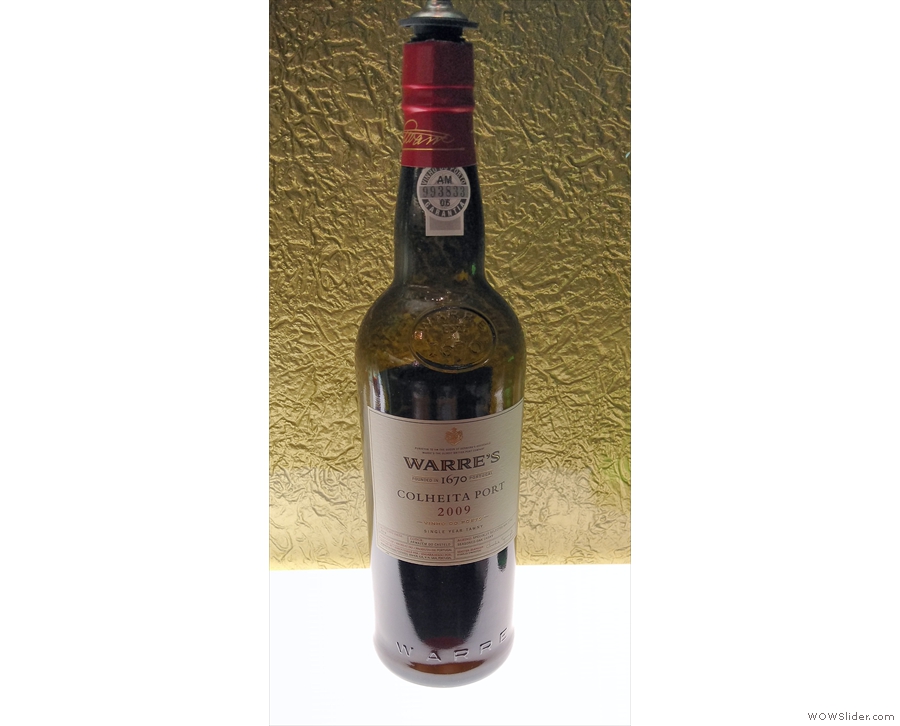
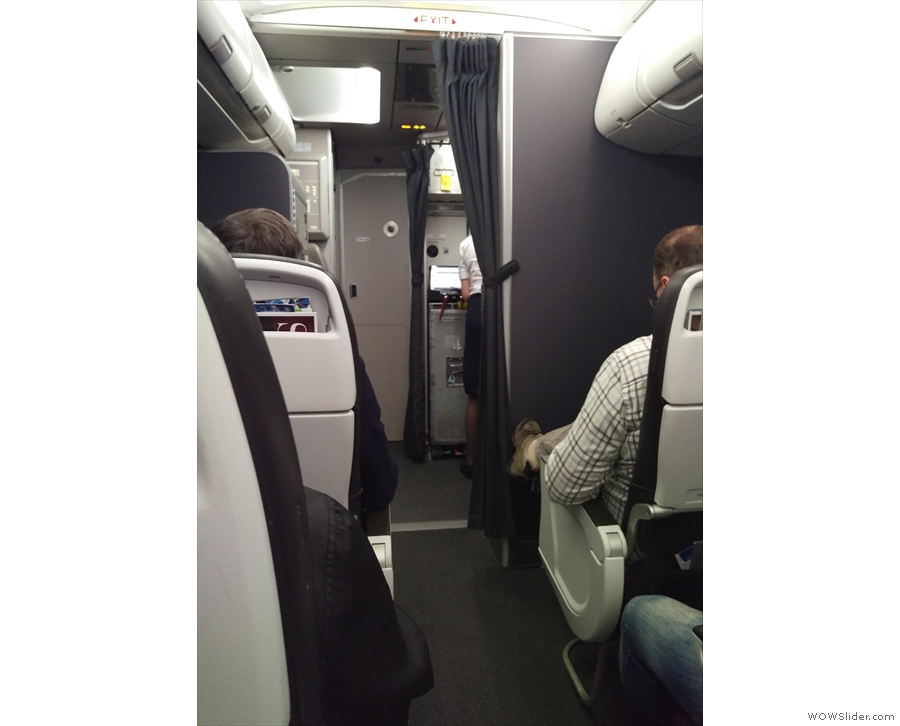
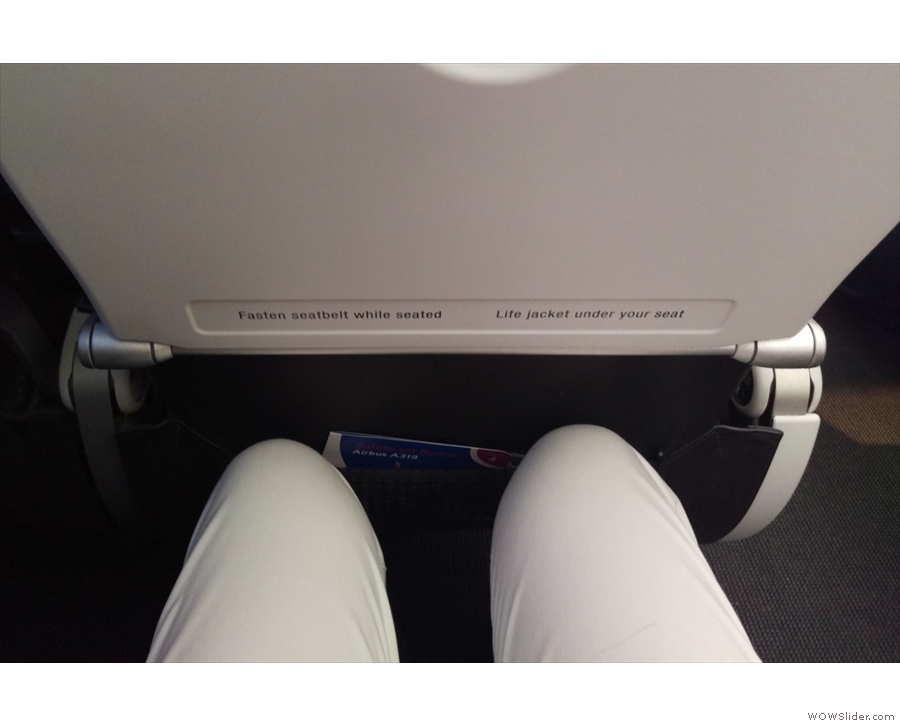
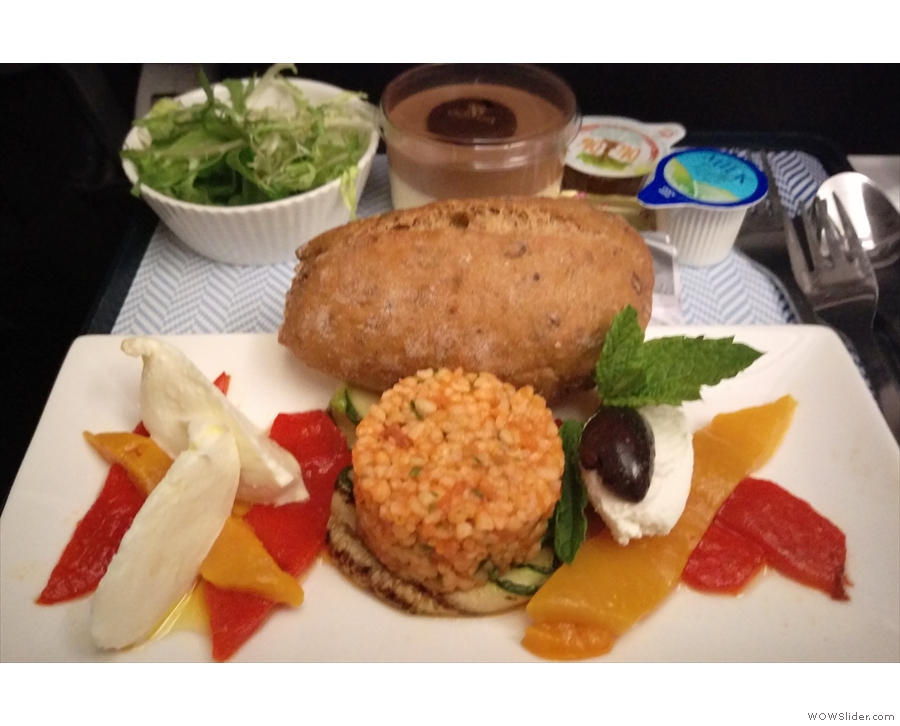
 1
1 2
2 3
3 4
4 5
5 6
6 7
7 8
8 9
9 10
10 11
11 12
12 13
13 14
14 15
15 16
16 17
17 18
18 19
19 20
20 21
21 22
22
Pingback: Brian’s Travel Spot: Narita Airport and the Keisei Skyliner | Brian's Coffee Spot
Pingback: Brian’s Travel Spot: Flying to San Jose | Brian's Coffee Spot
Pingback: Brian’s Travel Spot: Back to Boston in Economy | Brian's Coffee Spot
Pingback: Brian’s Travel Spot: Flying to Dublin | Brian's Coffee Spot
Pingback: Brian’s Travel Spot: Flying Finnair, Part I – Manchester to Helsinki | Brian's Coffee Spot
Pingback: Brian’s Travel Spot: Return from Dublin | Brian's Coffee Spot